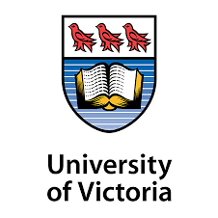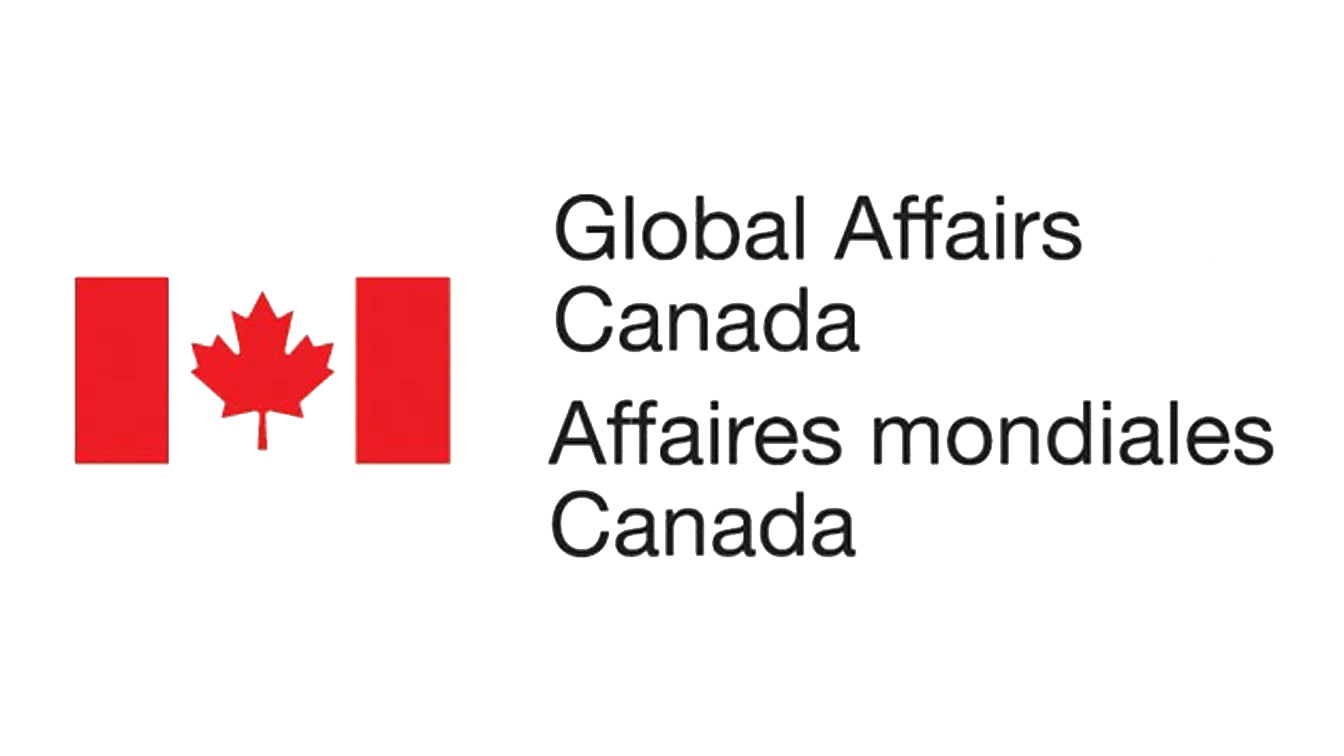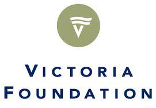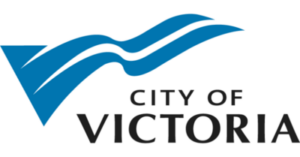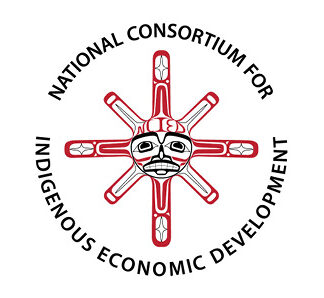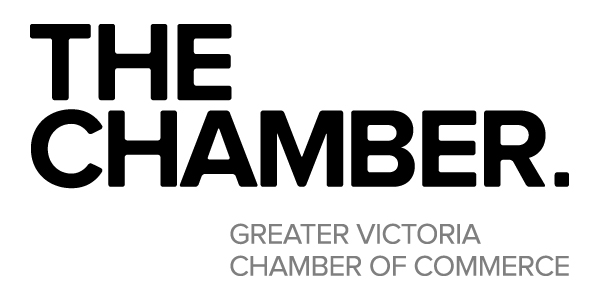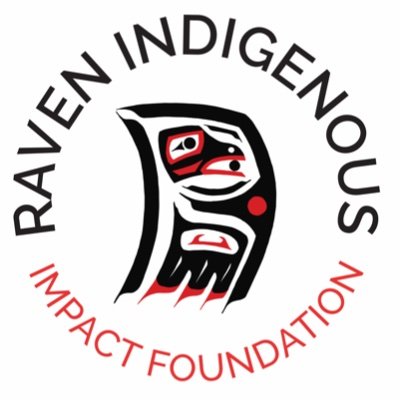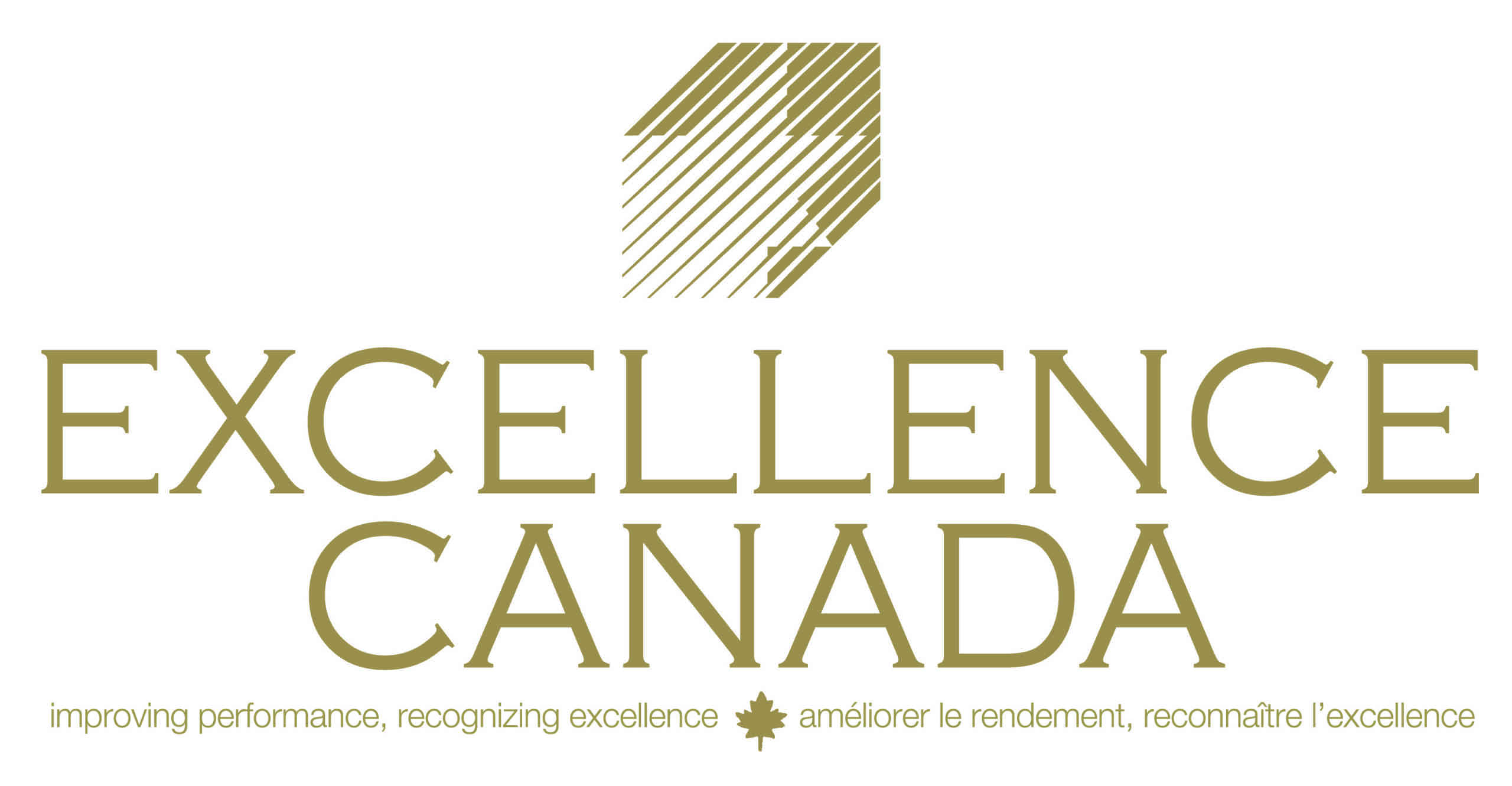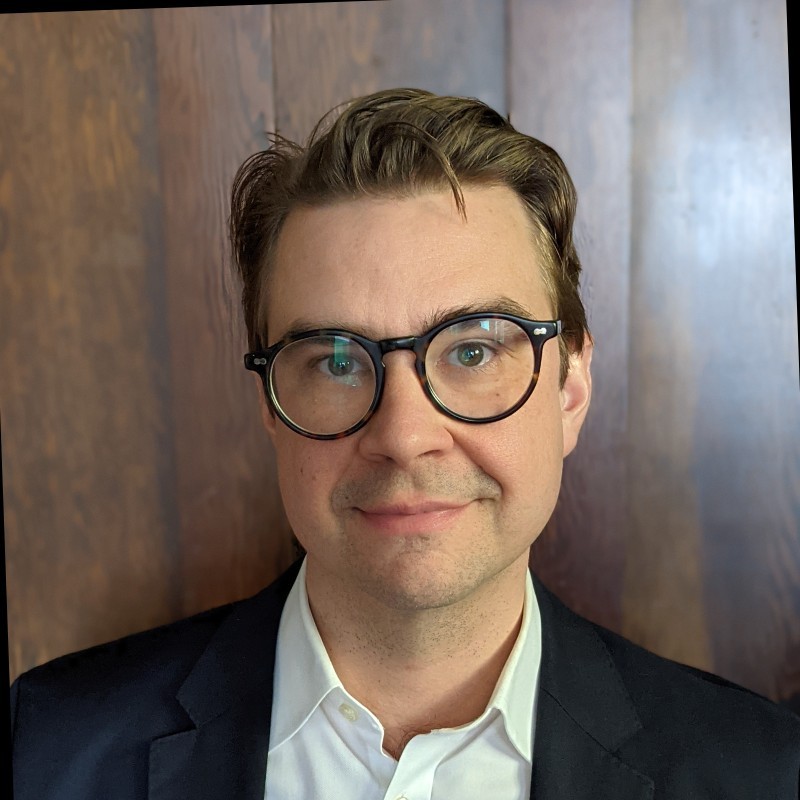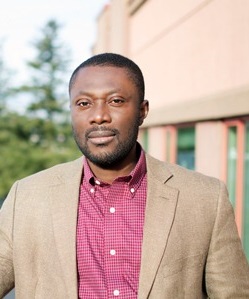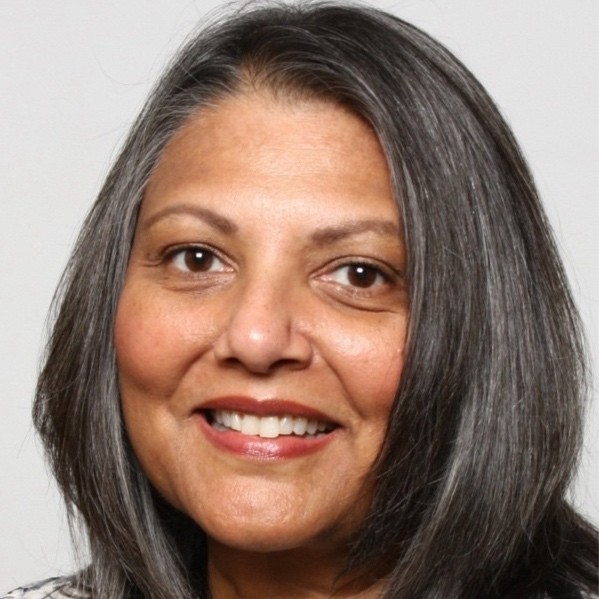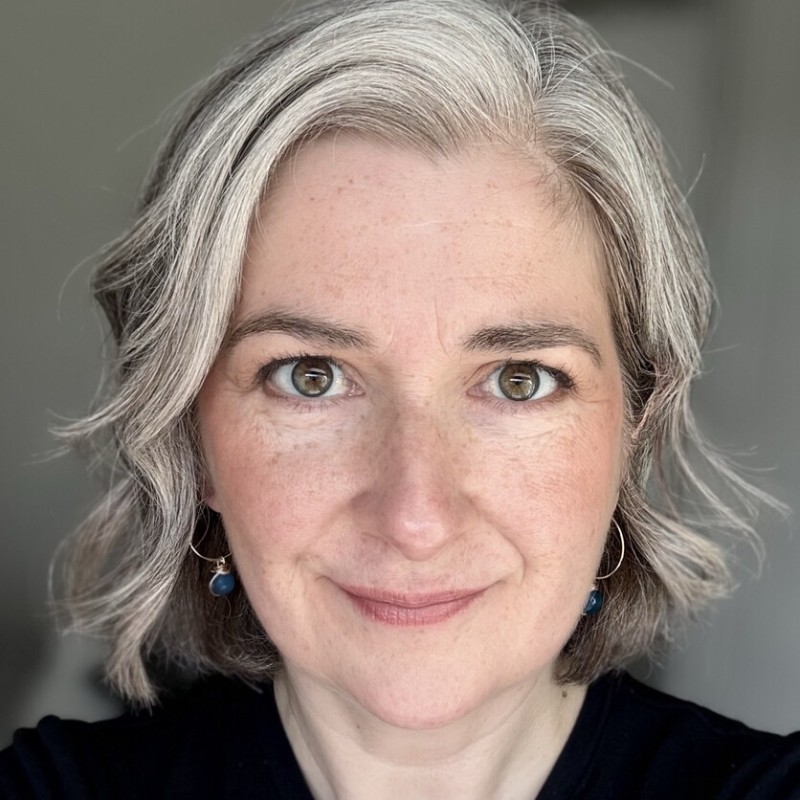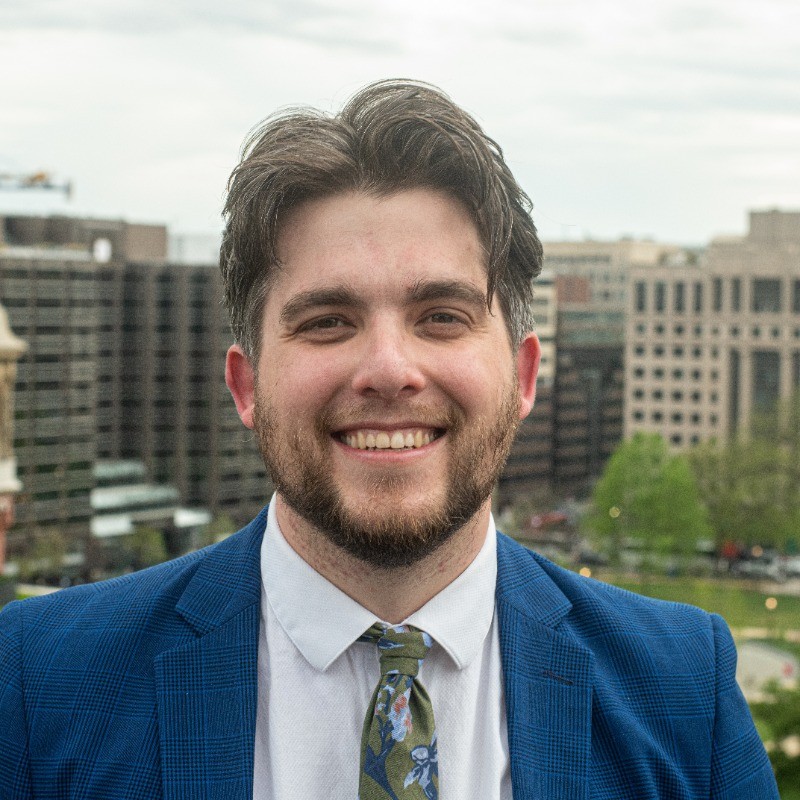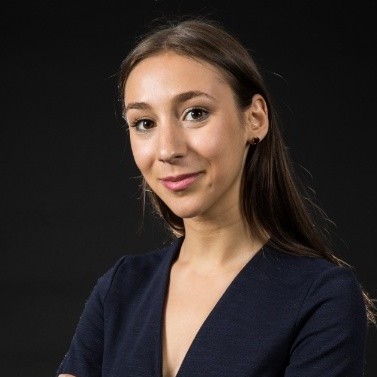Victoria Forum 2025
PROGRAM
Victoria Forum 2025
PROGRAM
AUGUST 24 (SONGHEES WELLNESS CENTRE)
2:00 p.m.
Buses depart Empress Hotel
3:00 p.m.
Welcomes
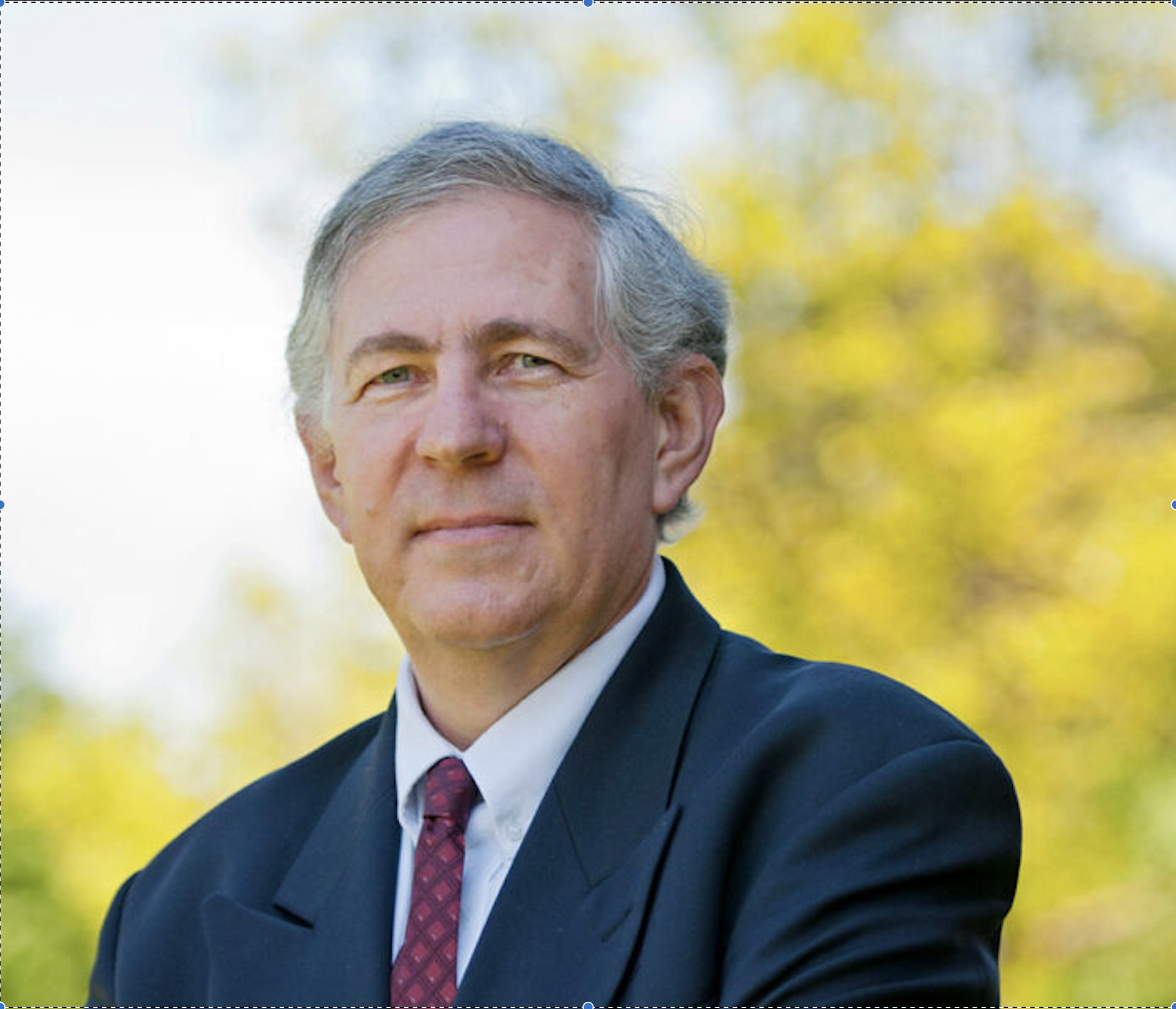
Saul Klein
Gustavson School of Business, University of VictoriaSaul Klein is a Professor of International Business in the Gustavson School of Business at the University of Victoria (Canada), where he served as Dean from 2012 to 2023.
Born in Zimbabwe, Saul has had a broad-ranging career spanning developing, developed and transition countries. He holds a BA in Economics from the Hebrew University of Jerusalem (Israel) and MBA and PhD degrees from the University of Toronto (Canada). From 1996 to 2001, before joining the Gustavson School, he was the SA Breweries Professor of Marketing and International Business at the Wits Business School (South Africa). Previously, he was a Senior Fellow in Marketing at the National University of Singapore. He has also held full-time appointments at Wake Forest University and Northeastern University in the United States, and has been a visiting professor at Melbourne Business School (Australia).
Before taking on the role of Dean, he was Head of International Business, and Director of Executive Programs at the Gustavson School. He is also an Extraordinary Professor of Marketing and International Business at the Gordon Institute of Business Science at the University of Pretoria (South Africa).
Saul specializes in the areas of Marketing Strategy, Global Business and International Marketing. He has provided consulting assistance to over 60 different organizations, in these areas, in Canada, the USA, Singapore and South Africa. He has also led strategic planning workshops for a wide variety of organizations in different sectors.
As Dean, Saul launched the Gustavson School’s Brand Trust Index, to measure the extent to which Canadians trust over 400 different brands, and he drove the business school’s commitment to responsible management education.
He currently serves on the Board of the European Foundation for Management Development (EFMD). He was previously a member of the Boards of Mediterranean Entrepreneurship Development and Innovation (Tunisia), and Primeserv Group Ltd (South Africa). the National Consortium for Indigenous Economic Development (Canada), the Centre for Asia Pacific Initiatives (Canada), and on the international business school advisory committees of UIBE (China), Beijing Jiaotong University (China), NSYSU (Taiwan) and the University of Pecs (Hungary).
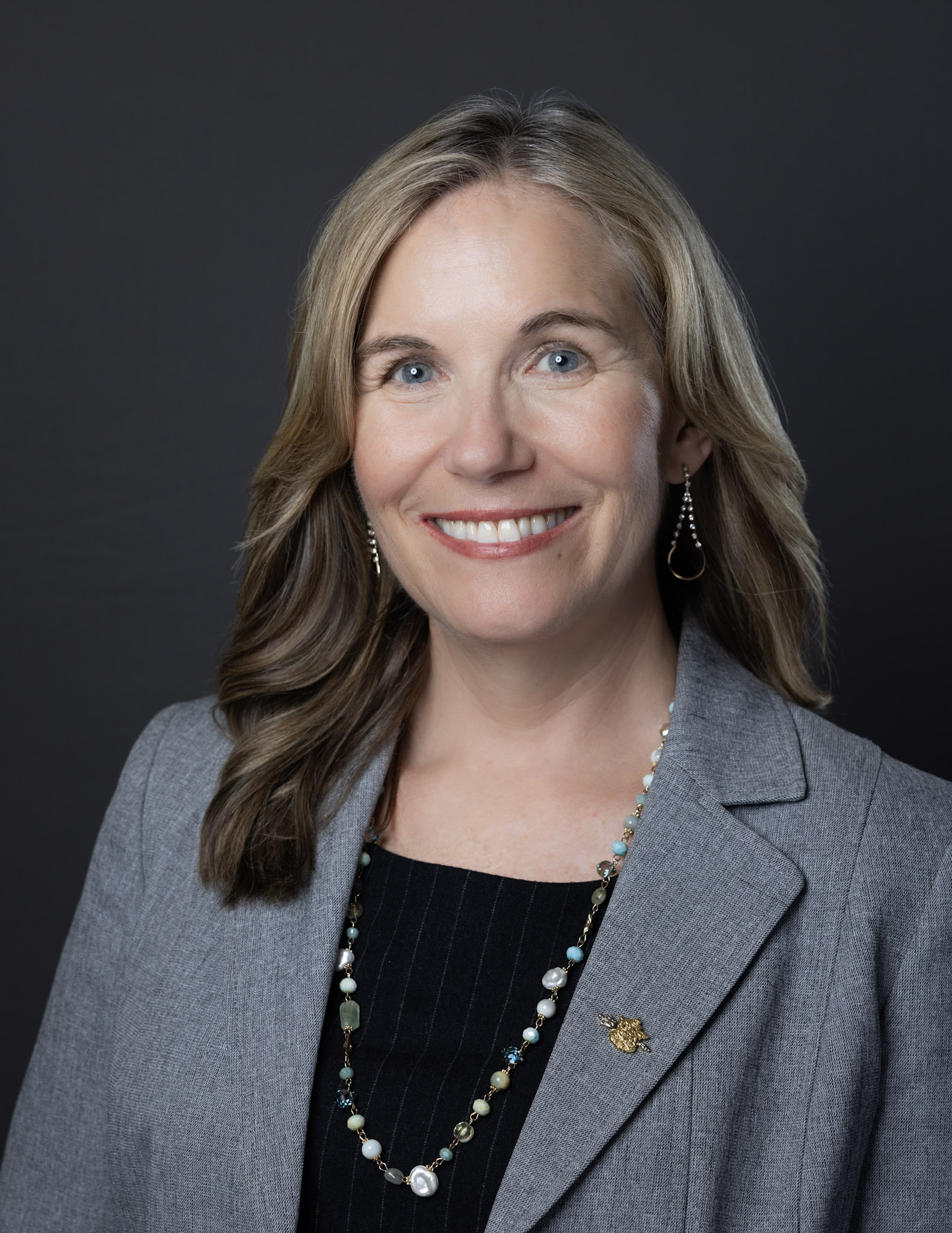
Honourable Diana Gibson
Minister of Citizens’ Services, British ColumbiaThe Honourable Diana Gibson, M.L.A., is the Minister of Citizens’ Services for British Columbia and the Member of the Legislative Assembly for Oak Bay–Gordon Head. First elected in 2024, she brings decades of experience as a community leader, social planner, and policy advisor. Before entering politics, Diana served as Executive Director of the Greater Victoria Community Social Planning Council, where she championed initiatives like the Greater Victoria Rent Bank, supporting thousands of households through the pandemic.
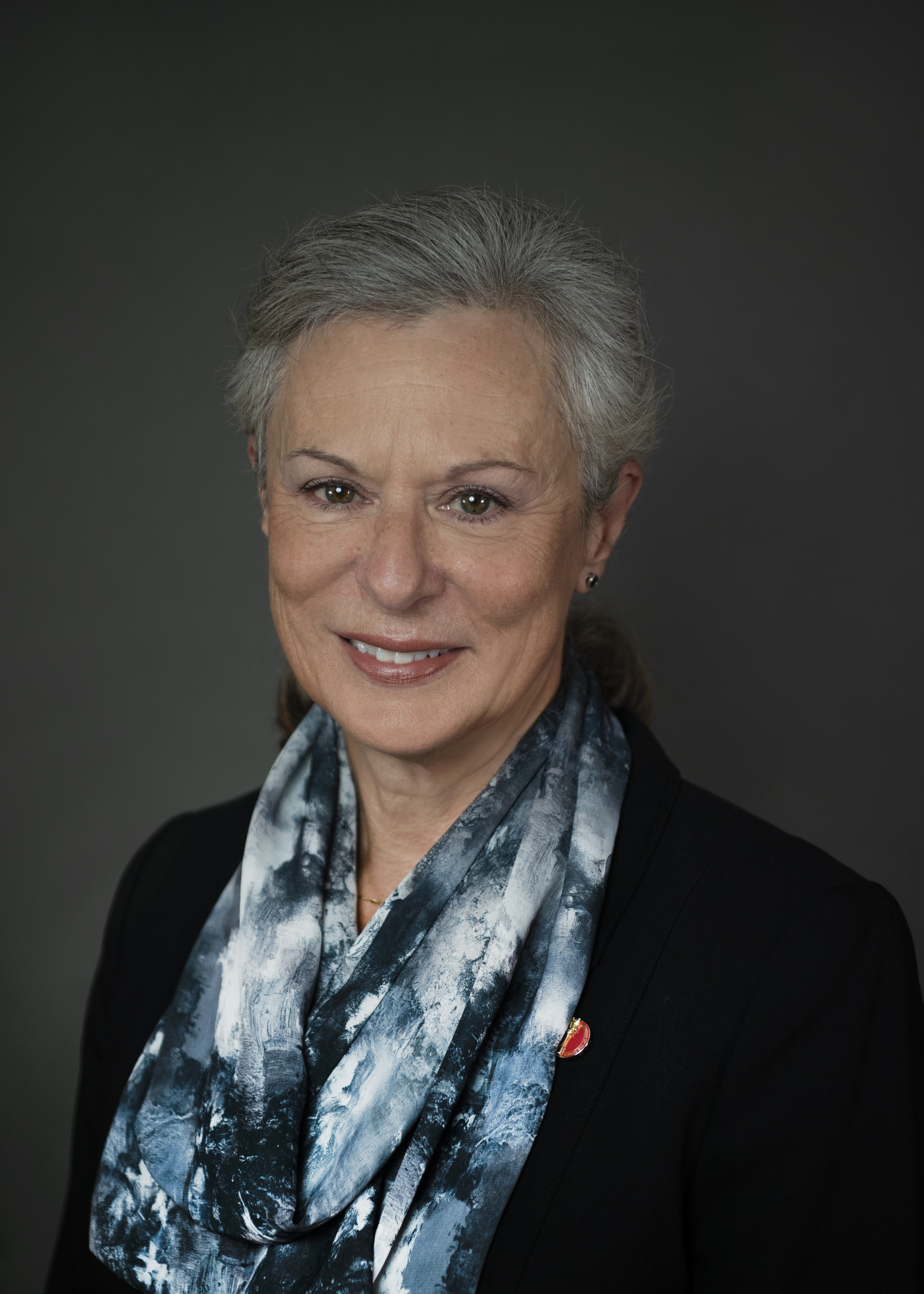
Senator Lucie Moncion
The Senate of CanadaAfter a distinguished career of more than 38 years in the co-operative financial institutions sector, the last 16 as President and CEO, Lucie Moncion was appointed to the Senate in November 2016. As a representative of Ontario’s francophone community and as part of her parliamentary duties, she works in official languages and the cooperative sector. She is the Chair of the Senate Standing Committee on Internal Economy, Budgets and Administration.
A native of Ottawa, Senator Moncion holds a Bachelor of Business Administration with a specialization in Cooperative Administration from Laurentian University, a Master of Business Administration from the Université de Moncton, and a Corporate Director designation from Laval and McMaster Universities.
She has extensive knowledge of Ontario’s Francophone minority communities, as well as an in-depth understanding of the economy, business climate and Francophone communities in Ontario. She has recognized expertise in the areas of cooperatives and social entrepreneurship.
In addition, she has served on numerous boards of directors. She has served as Chair of the Board of Directors of Cooperatives and Mutuals Canada, Chair of the Audit and Governance Committees of TFO Media Group, Chair of the Circuit Champlain Working Group and Chair of the Coalition of Credit Unions and Caisses Populaires. She has also served as Vice-Chair of the Board of Governors of Nipissing University, and as a member of the Board of Directors of Collège Boréal.
_______________
Après une brillante carrière de plus de 38 ans dans le secteur des institutions financières coopératives, dont les seize dernières à titre de présidente et chef de la direction, Lucie Moncion a été nommée au Sénat en novembre 2016. En tant que représentante de la communauté francophone de l’Ontario et dans le cadre de ses fonctions parlementaires, elle travaille dans le domaine des langues officielles et du secteur coopératif. Elle occupe la présidence du Comité permanent de la régie interne, des budgets et de l’administration du Sénat.
Originaire d’Ottawa, la sénatrice Moncion est titulaire d’un baccalauréat en administration avec spécialisation en administration des coopératives de l’Université Laurentienne, d’une maîtrise en administration des affaires de l’Université de Moncton et du titre d’administrateur de sociétés des universités Laval et McMaster.
Elle possède une connaissance approfondie des communautés francophones minoritaires de l’Ontario, ainsi qu’une connaissance approfondie de l’économie, du climat des affaires et des communautés francophones de l’Ontario. Elle possède une expertise reconnue dans les secteurs des coopératives et de l’entrepreneuriat social.
De plus, elle a siégé à de nombreux conseils d’administration. Elle a été présidente du conseil d’administration de Coopératives et Mutuelles Canada, des comités de vérification et de gouvernance du Groupe Média TFO, de la table de travail du Circuit Champlain et de celle de la Coalition des caisses populaires et des credit unions. Elle a aussi été la vice-présidente du conseil des gouverneurs de l’Université Nipissing, et membre du Conseil d’administration du Collège Boréal.
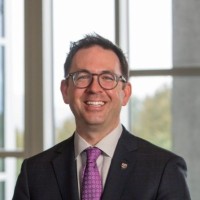
Chris Horbachewski
University of VictoriaChris Horbachewski joined the University of Victoria as Vice-President External Relations on February 1, 2020. The external relations portfolio includes alumni relations, fundraising, community and government relations, university communications and marketing, ceremonies and events, the Farquhar Auditorium and the Legacy Art Galleries.
Before joining UVic, Chris served as Vice-President, Advancement at the University of Lethbridge since August 2005. In that role, Chris provided leadership and direction to Alumni Relations, Development, Strategic Marketing and Communications, and Public Affairs and Government Relations. He was also Chair of the Art Gallery Advisory Committee. Prior to that, he held a variety of fundraising and advancement leadership positions at the University of Manitoba between 1997 and 2005 including Campaign Director and Director of Advancement Services.
Chris has held a variety of professional and community engagement roles over the course of his career such as: Chair; and Treasurer, with the Council for Support and Advancement of Education (CASE), District VIII. He has also served as a member of the Board for the Alberta Science and Technology Foundation as well as the Lethbridge Chamber of Commerce.
In 1996, Chris received a Bachelor of Arts in history and political science from the University of Calgary.

Shauntelle Dick-Charleson
City of VictoriaA rising star in the spoken word community, Shauntelle is a poet from the Hesquiaht and Songhees First Nations whose work shines a light on Indigenous resilience, intergenerational trauma, and the experiences of Indigenous women. She began writing in Grade 10 and quickly found her voice on the stage. In 2019, she competed with the Vic Slam Team at the Canadian Festival of Spoken Word, where they placed 8th at nationals.
Her poetry has been featured in Aboriginal Voices 2, and she dreams of publishing her own book one day.
Performance:
4:00 p.m.
Opening Plenary
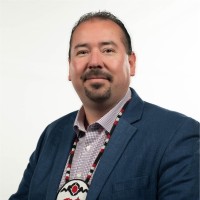
Abram Benedict
Chiefs of OntarioKeenly passionate about community welfare and with a strong track record of leadership and strategic thinking, I am an indigenous professional constantly seeking ways to make a meaningful impact. Throughout my career in community leadership, I have been a relentless advocate for sustainable development and equitable access to opportunities. My strengths lie in empowering others through innovative solutions, whether it’s in negotiating for sustainable funding models or spearheading initiatives that celebrate and preserve diverse cultures. I bring a unique perspective, rooted in a deep understanding of community needs, to every project – a perspective that has consistently proven to be a catalyst for positive change. Committed, resilient, and a lifelong learner, I am dedicated to contributing towards building a more inclusive and thriving world for all.Keenly passionate about community welfare and with a strong track record of leadership and strategic thinking, I am an indigenous professional constantly seeking ways to make a meaningful impact. Throughout my career in community leadership, I have been a relentless advocate for sustainable development and equitable access to opportunities. My strengths lie in empowering others through innovative solutions, whether it’s in negotiating for sustainable funding models or spearheading initiatives that celebrate and preserve diverse cultures. I bring a unique perspective, rooted in a deep understanding of community needs, to every project – a perspective that has consistently proven to be a catalyst for positive change. Committed, resilient, and a lifelong learner, I am dedicated to contributing towards building a more inclusive and thriving world for all.
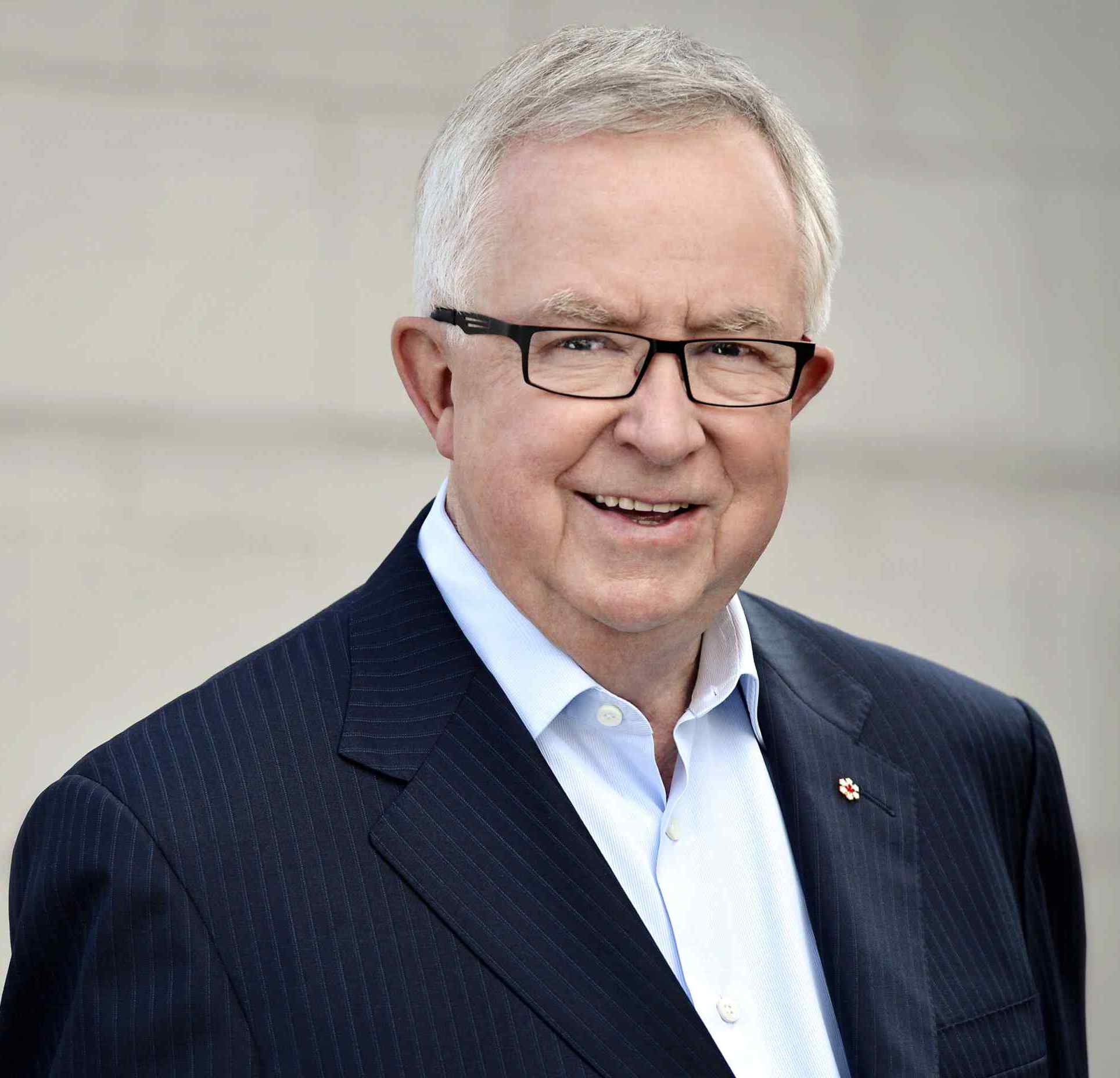
Rt. Hon. Joe Clark
Former Prime Minister of CanadaJoe Clark (born June 5, 1939, High River, Alberta, Canada) is a Canadian politician who served as prime minister of Canada from June 1979 to March 1980, the youngest person ever to win the post.
Clark obtained a B.A. in history (1960) and an M.A. in political science (1973) from the University of Alberta and taught political science there from 1965 to 1967. He had been active in politics since 1957 in support of the Progressive Conservative Party; from 1962 to 1965 he was national president of the Progressive Conservative Student Federation. In 1967 he directed the campaign organization that brought Peter Lougheed to power as premier of Alberta, and from 1967 to 1970 he served as executive assistant to Robert Stanfield, then the Conservative leader in the House of Commons. Clark himself was first elected to Parliament in 1972, and he was elected leader of his party in 1976.
In 1979 the Progressive Conservatives won a plurality of seats in Parliament, and Clark became head of a minority government. Only six months after he took office, however, his government fell on a budget question; in the subsequent general elections in February-March 1980, his party was defeated by the Liberals headed by Pierre Elliott Trudeau. Clark served as the leader of the Progressive Conservative Party until 1983. That year he held a formal leadership-selection meeting and was defeated by Brian Mulroney. Clark served in Mulroney’s government as secretary of state for external affairs (1984–91) and president of the Queen’s Privy Council (1991–93).
He also served briefly (1993) as United Nations special representative to Cyprus. In 1998 Clark was again elected leader of the Progressive Conservatives, and in 2000 he won a seat in the House of Commons. He stepped down as party leader in 2003, and the following year he resigned from the legislature. In 2006 Clark became a professor at the Centre for Developing-Area Studies at McGill University. He later wrote How We Lead: Canada in a Century of Change (2013).
Moderator:
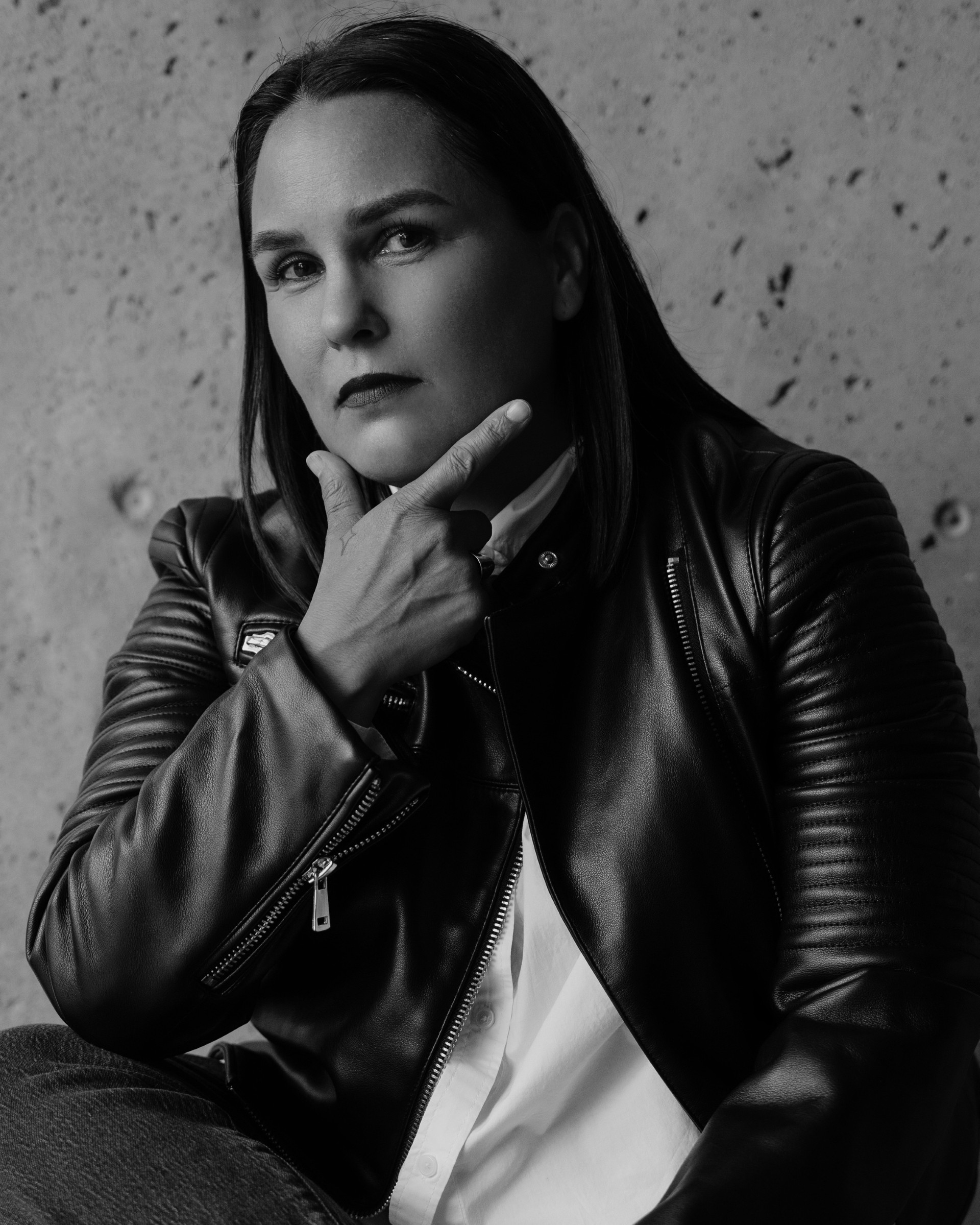
Carol Anne Hilton
Indigenomics Institute, and author, The Rise of Indigenous Economic PowerCarol Anne Hilton, MBA, ICD.D, is a distinguished Indigenous business leader, author, and visionary strategist of Nuu-chah-nulth descent from the Hesquiaht Nation on Vancouver Island. She is the founder and CEO of the Indigenomics Institute, the Global Centre of Indigenomics, and the Global Indigenous Technology House. Hilton is renowned for pioneering the Indigenomics movement—a transformative economic framework rooted in Indigenous worldviews that emphasizes relationality, sustainability, and collective prosperity.
Hilton coined the term “Indigenomics” in 2012, evolving it from a social media hashtag into a global movement that repositions Indigenous Peoples as central contributors to modern economies. Her acclaimed book, Indigenomics: Taking a Seat at the Economic Table, articulates a bold vision for a $100 billion Indigenous economy and serves as a blueprint for economic reconciliation. The book was shortlisted for the 2021 Donner Prize and is widely regarded as a foundational text in Indigenous economic thought
With over two decades of experience in Indigenous economic development, Hilton has advised national and international institutions, governments, and corporations. She has served on the Canadian Economic Growth Council and the BC Emerging Economy Taskforce, and currently holds directorships with the McGill University Institute for the Study of Canada, Earth Charter International, Innovate BC, and the TELUS and Bank of Montreal Indigenous Advisory Councils.
Hilton’s contributions have been recognized with numerous accolades, including the Mastercard Game Changer Indigenous Entrepreneur of the Year Award, the Nation Builder Award from the National Angel Capital Organization, and the Award of Distinction in Indigenous Business from the BC Achievement Foundation. She is also an adjunct professor at Royal Roads University’s School of Business, where she continues to mentor the next generation of Indigenous leaders.
Through her leadership, Hilton is reshaping economic narratives to center Indigenous knowledge systems, fostering inclusive growth, and building pathways for multi-generational Indigenous wealth and well-being.
Special Commentary:
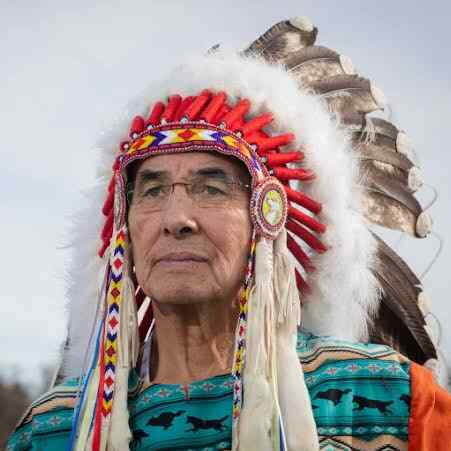
Wilton Littlechild
Confederacy of Treaty Six First NationsWilton Littlechild, Ph.D., is a Cree chief, residential school survivor, and lawyer who has worked both nationally and internationally including with the United Nations to advance Indigenous rights and Treaties. He has also – through leadership with the Truth and Reconciliation Commission – raised awareness of former Canadian policies that decimated the livelihood and culture of Indigenous Canadians.
Born in Alberta, Wilton Littlechild was raised largely at residential schools from 1951 to 1964, where he spent 14 years surviving through study and sport. After leaving residential school, he studied physical education at the University of Alberta and law at the University of New Mexico, where he continued his balance of academics and hockey.
Chief Littlechild was a member of the 1977 Indigenous delegation to the United Nations (UN), and worked on the UN Declaration on the Rights of Indigenous Peoples. He organized within the UN to increase Indigenous input in the economic and social issues the UN tackles. In the 1980s, he worked on the lawsuit to prevent patriation of the Canadian Constitution until the Aboriginal and Treaty Rights were protected and, in more recent years, has been a regional and International Chief on Treaties No. 6, 7, 8.
Chief Littlechild has been a member of parliament, Vice-President of the Indigenous Parliament of the Americas, North American representative to the UN Permanent Forum on Indigenous Issues, and a chairperson for the UN Expert Mechanism on the Rights of Indigenous Peoples and the Commission on First Nations and Métis Peoples and Justice Reform.
In addition to his ongoing work with the Truth and Reconciliation Commission, he’s continued to run his own law firm in Erminiskin Reserve, Alberta, and maintains his commitment to sport. He has been inducted into seven Sports Halls of Fame.
He has been awarded the Order of Canada and in 1993, the Canadian government awarded Chief Littlechild the Canada 125 Medal. He is a 2015 Laureate of the Indspire Awards and was recently honoured with the Alberta Award of Excellence.
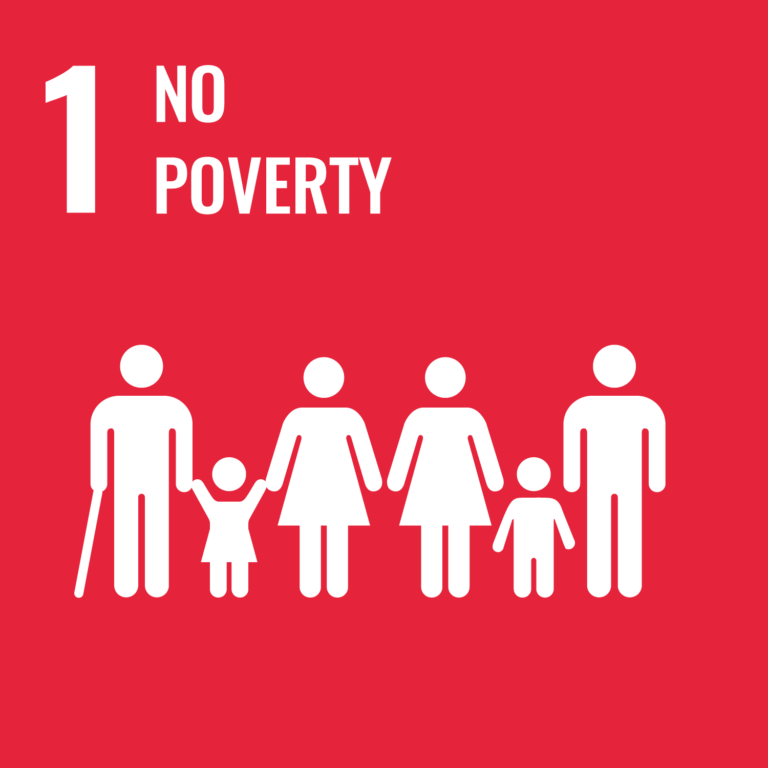
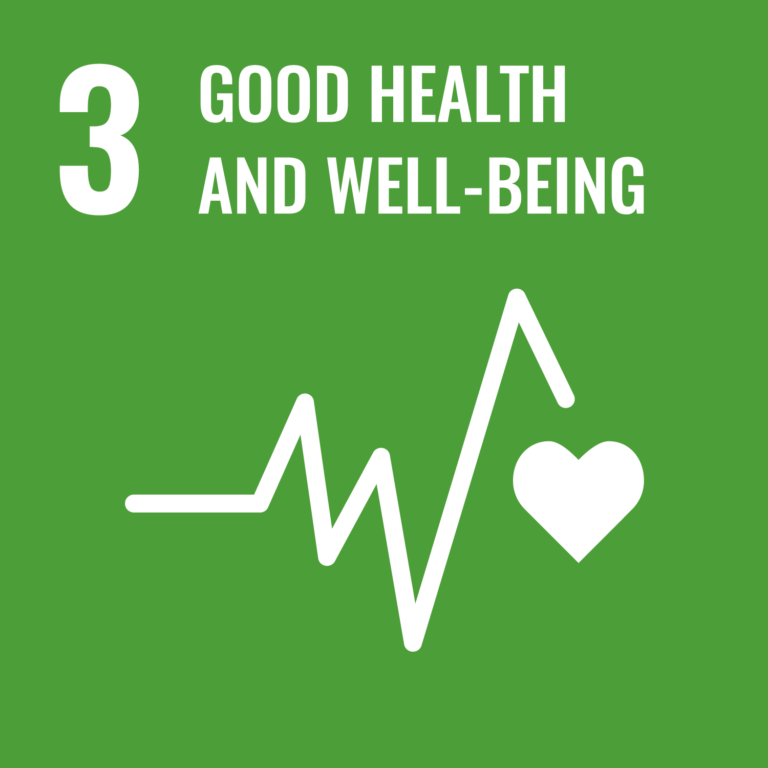
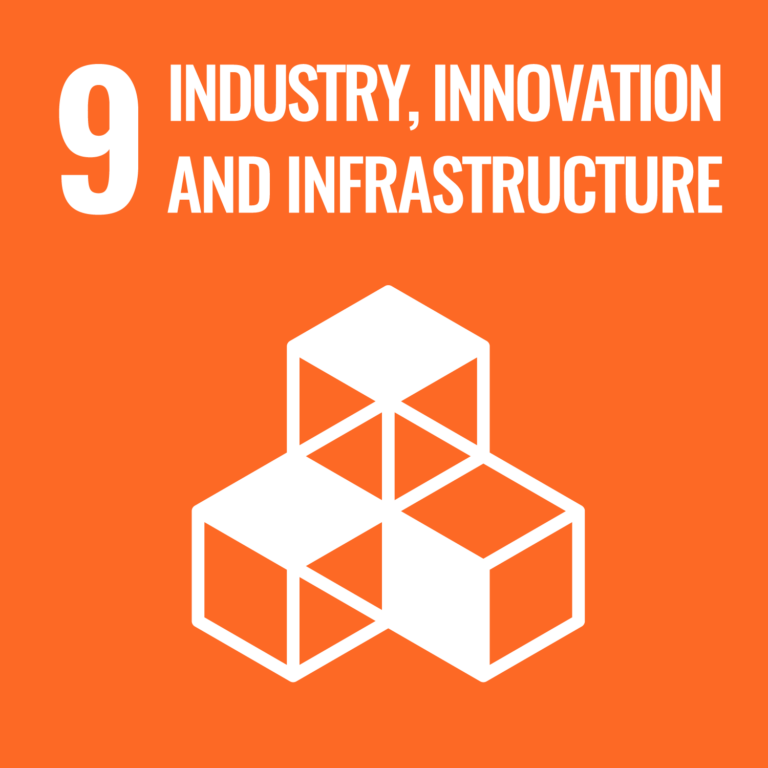
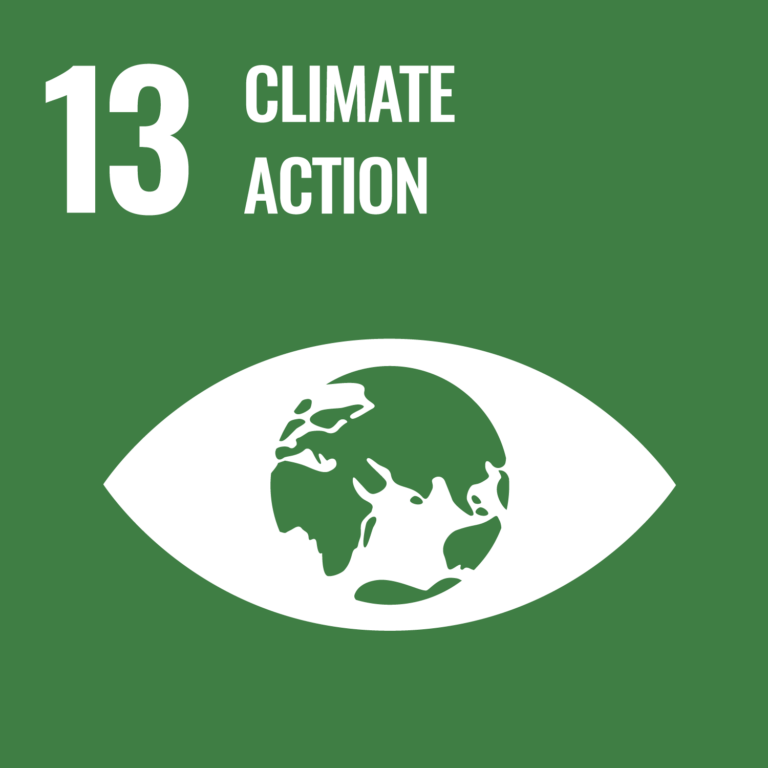
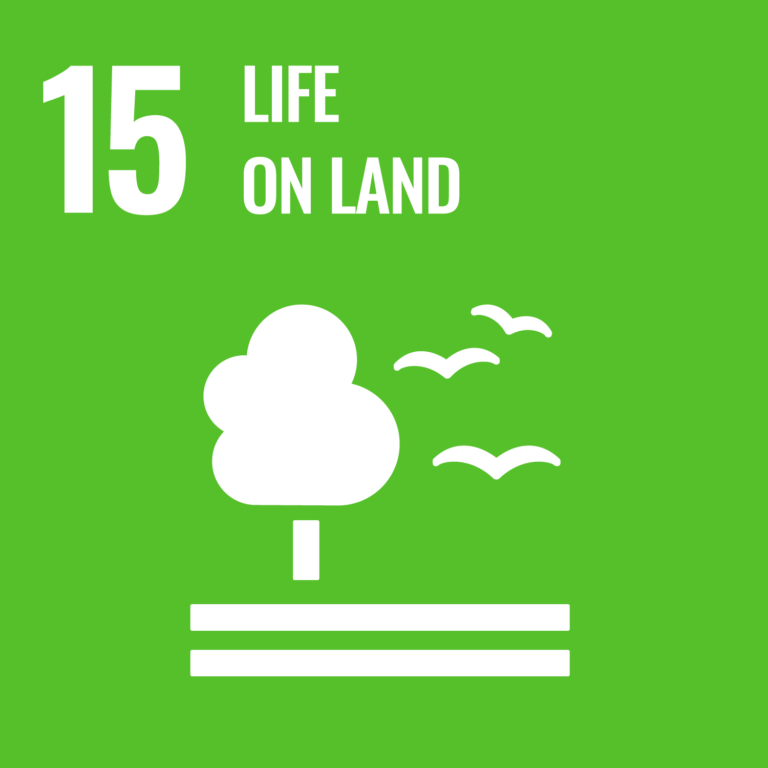
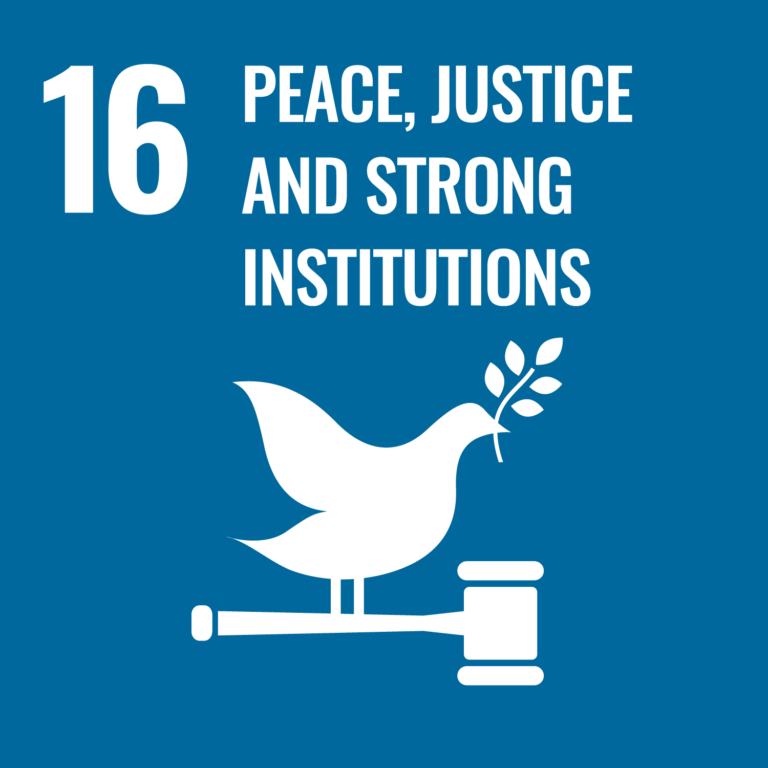
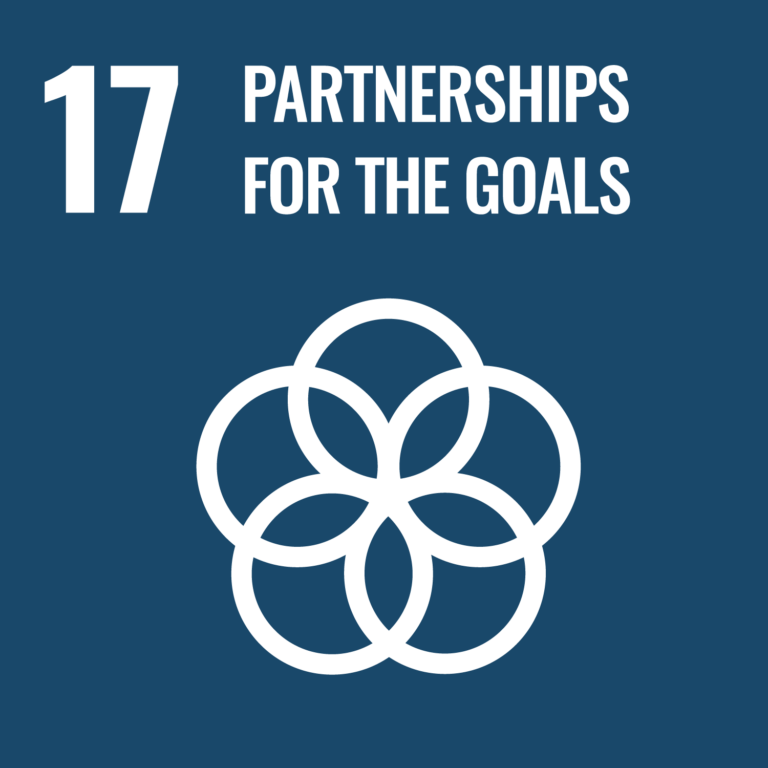
5:30 p.m. – 7:00 p.m.
Reception
7:00 p.m.
Buses depart Songhees Wellness Centre
AUGUST 25 (UNIVERSITY OF VICTORIA)
7:30 a.m.
Buses depart Empress Hotel
8:30 a.m.
Welcome (Farquhar Auditorium, University of Victoria)
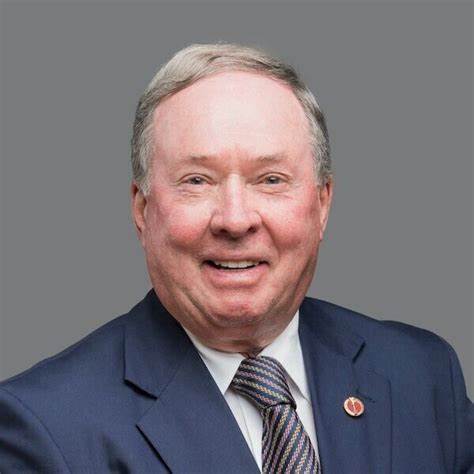
Jim Munson
Former Canadian SenatorFormer Senator Jim Munson is best known to Canadians as a trusted journalist and communications advisor. He reported on current affairs for more than thirty years, most notably as a bureau chief and foreign correspondent for CTV News. His reporting touched upon events around the globe – from Belfast to Beijing – including the First Gulf War, the assassination of Indira Gandhi and the Tiananmen Square Massacre. At home, he covered the FLQ crisis in Quebec and later, in Ottawa, every Canadian government and federal election from 1974 onwards. Senator Munson was twice nominated for a Gemini Award in recognition of excellence in journalism.
In 2001, following his career as a reporter, Senator Munson joined the Prime Minister’s Office as a communications advisor and was made Director of Communications the following year. He was called to the Senate on December 10, 2003, to represent the province of Ontario and served as Whip of the Senate Liberal Caucus from 2008 to 2016.
Senator Munson is Chair of the Standing Senate Committee on Human Rights and a vocal advocate for individuals with an autism spectrum disorder. His leadership in Parliament led to the adoption of An Act respecting World Autism Awareness Day and the landmark Senate report Pay Now or Pay Later: Autism Families in Crisis.
8:45 a.m.
Plenary 2: Taking Stock of the SDGs in 2025 (Farquhar Auditorium)
With just five years until the target date of 2030, the prospects are slim for realizing the Sustainable Development Goals. This session will ask the questions: How much progress has been made and how can Canada and other nations close the gap between humanity’s hopes and its prospects?
Featuring:
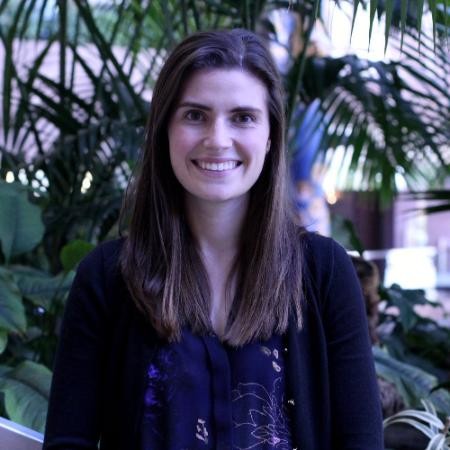
Vanessa Alboiu
Office of the Auditor-General of CanadaVanessa Alboiu is a Senior Performance Auditor in the Office of the Auditor‑General of Canada, based in Ottawa. She holds a B.Sc., professional engineering designation (G.I.T.), and a Master’s in Resource and Environmental Management (MREM). Vanessa has worked on performance audit teams focusing on environmental and sustainable development issues, and holds the title of AP VFM 0D within the Commissioner of the Environment and Sustainable Development branch.
In her role, she contributes to independent assessments of federal programs and activities, providing objective information and recommendations to Parliament on subjects like climate, energy, and environmental performance—often collaborating on reports involving climate action and water basin audits.
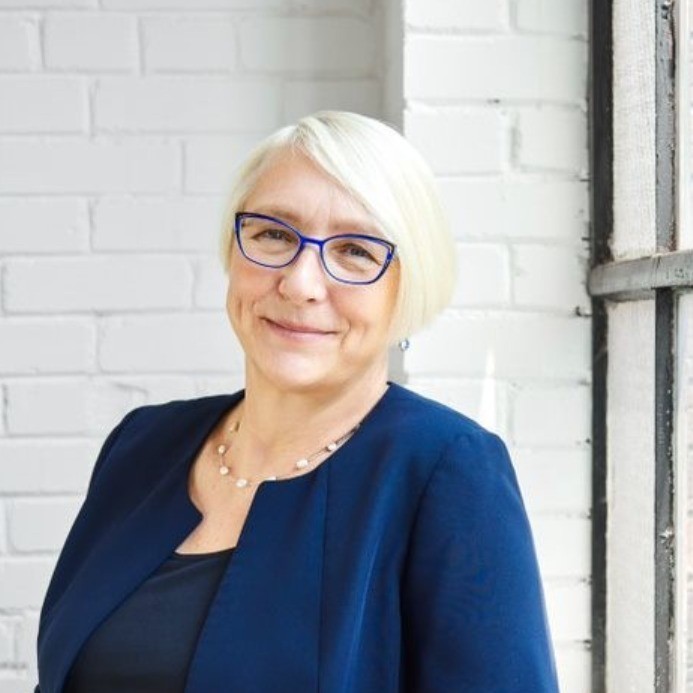
Frances Edmonds
HP CanadaFrances Edmonds is the Head of Sustainable Impact at HP Canada, where she is responsible for business development and oversees Corporate Social Responsibility programs nationally. With a focus on sustainable procurement, Frances is driving meaningful change cross-sector that supports a more circular and sustainable economic future for Canada. With more than 30 years of experience, Frances is recognized as one of Canada’s top sustainability professionals having received two Clean 50 awards and has led HP to became the most sustainable technology company in Canada.
Passionate about driving change through education, Frances has developed and implemented volunteer programs globally for HP. She sits on the board of Learning for a Sustainable Future and serves as a consultant for academic institutions on sustainability strategies. She also sits on the Sustainable Development Advisory Council for the Minister of Environment and Climate Change Canada as well as the Expert Panel on the Circular Economy in Canada as assembled by the Council of Canadian Academies.
As seen on stages including TEDx, Frances is both a guest lecturer and speaker on a wide range of topics including the circular economy. With a degree in Environmental Science from Bradford University (UK) and a post-graduate diploma in Occupational Health and Safety, Frances is also a Canadian Registered Safety Professional (CRSP).
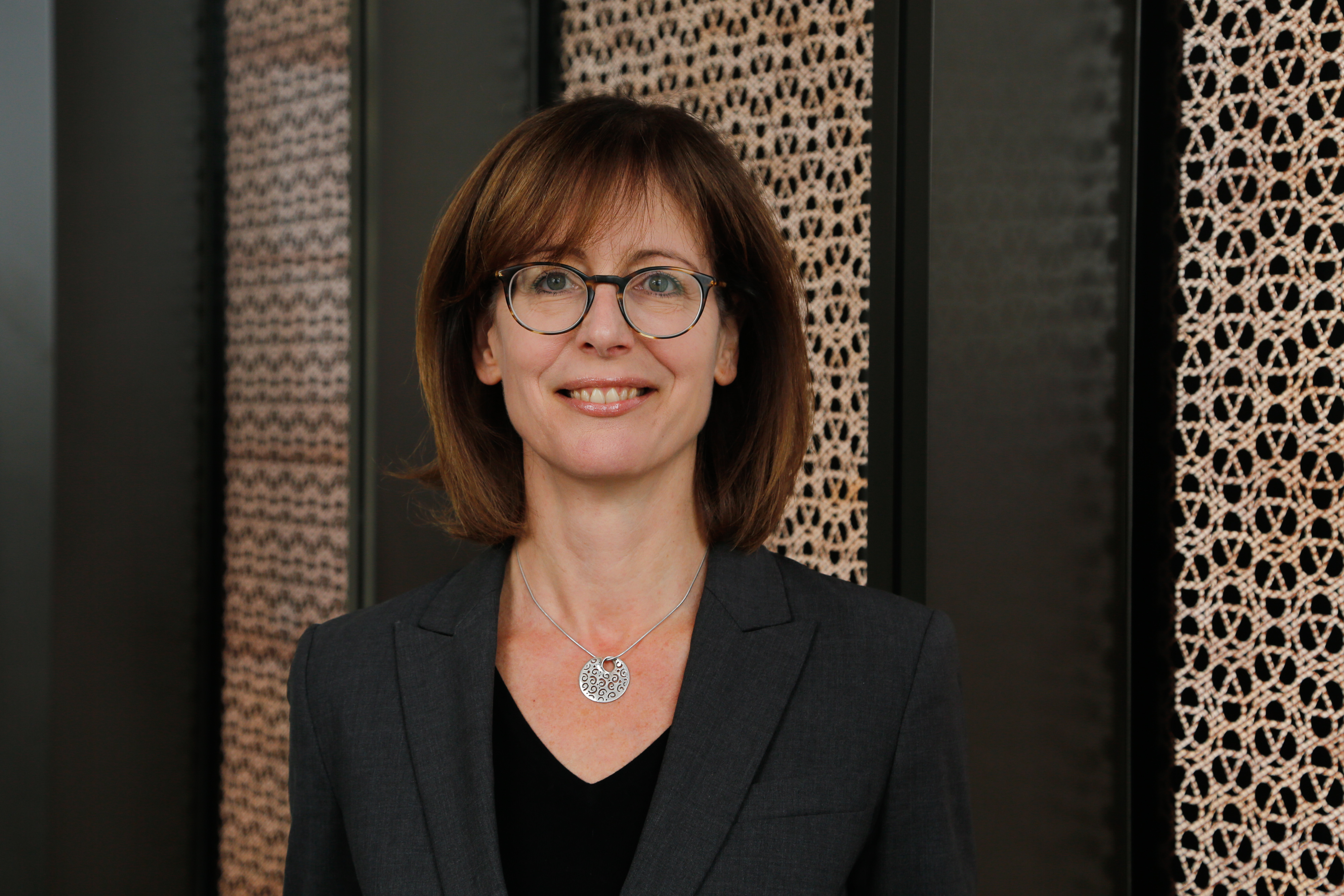
Jayne Barlow
Global Centre for PluralismJayne works with a committed and resourceful team to advance the Centre’s global programs. Prior to joining GCP, Jayne held several positions with the Aga Khan Development Network, including with the University of Central Asia and Aga Khan Foundation in Canada and East Africa. Jayne has managed a wide range of portfolios supporting the AKDN’s work in rural development, financial inclusion, and health and education systems strengthening in developing and conflict-affected countries in Africa and Asia. Before joining AKDN in 2002, Jayne worked with non-profit organizations involved in education sector reform in the transitioning countries of the former-Soviet Union. Jayne has an MA in Soviet and East European Studies from Carleton University.
Moderator:

Honourable Diana Gibson
Minister of Citizens’ Services, British ColumbiaThe Honourable Diana Gibson, M.L.A., is the Minister of Citizens’ Services for British Columbia and the Member of the Legislative Assembly for Oak Bay–Gordon Head. First elected in 2024, she brings decades of experience as a community leader, social planner, and policy advisor. Before entering politics, Diana served as Executive Director of the Greater Victoria Community Social Planning Council, where she championed initiatives like the Greater Victoria Rent Bank, supporting thousands of households through the pandemic.

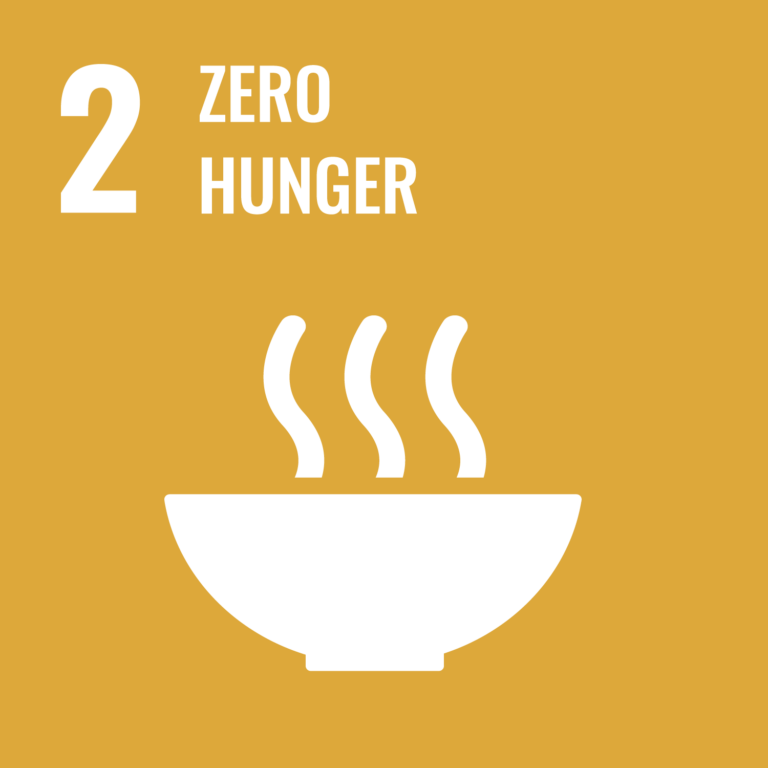

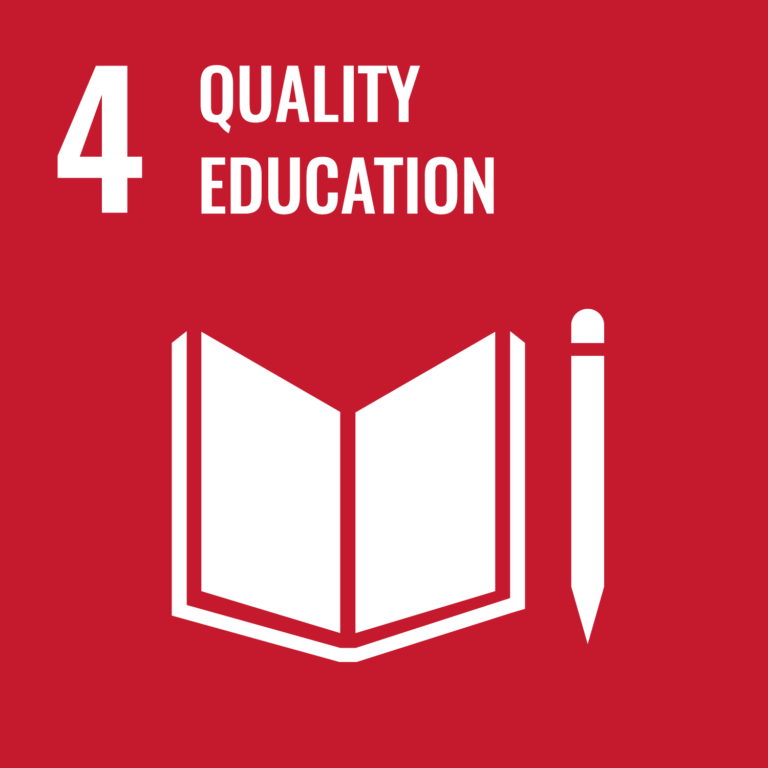
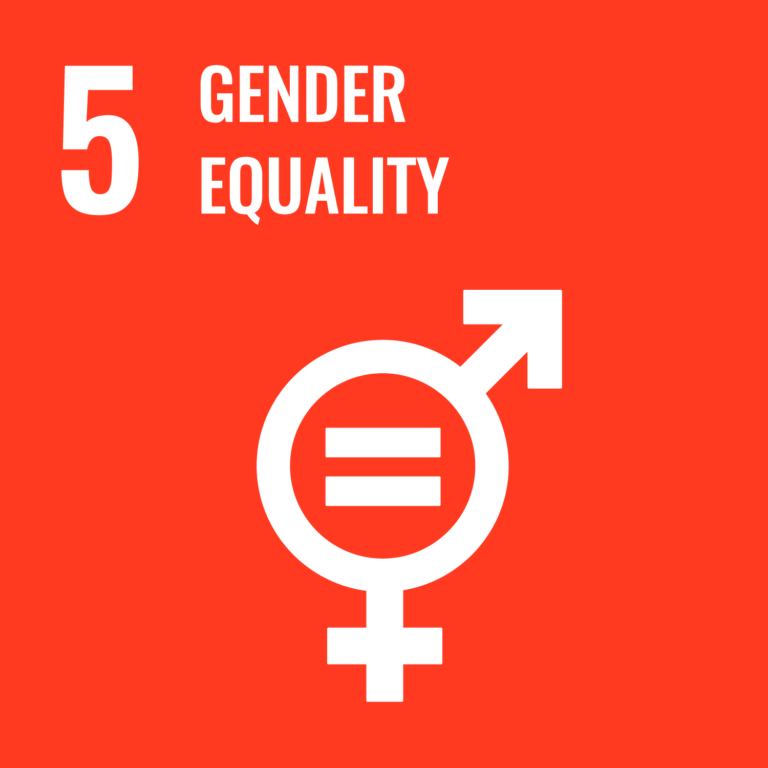
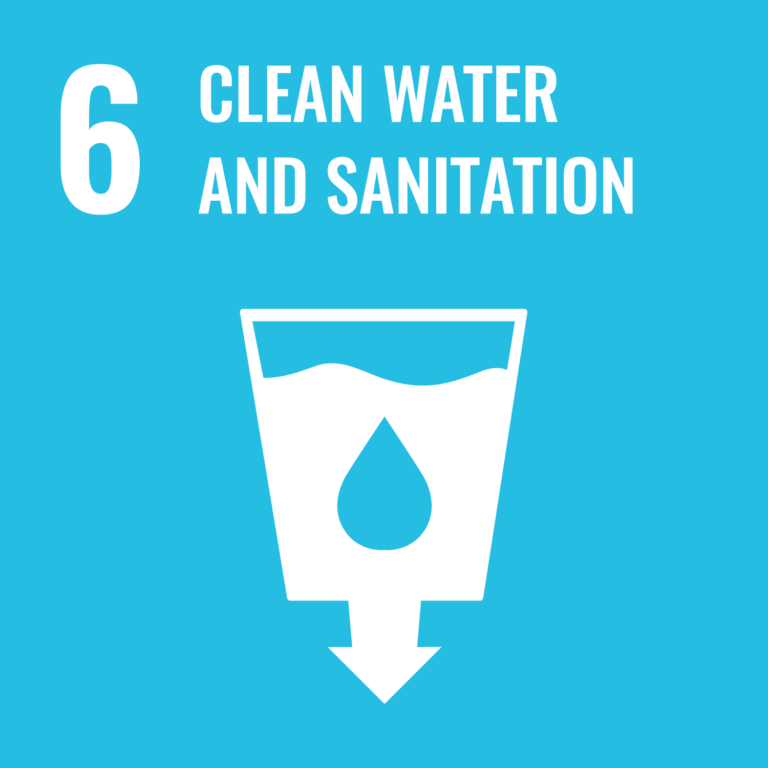
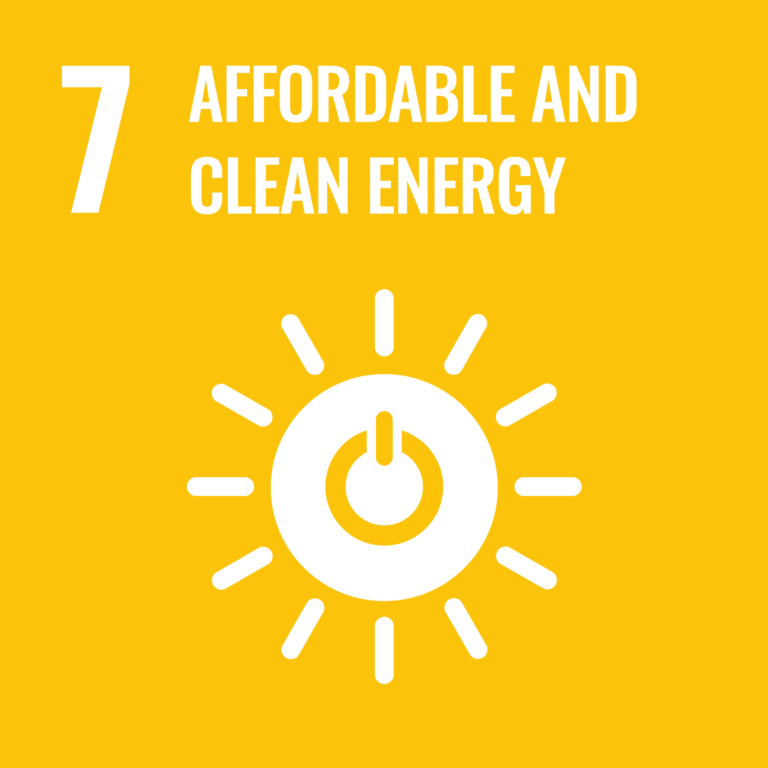
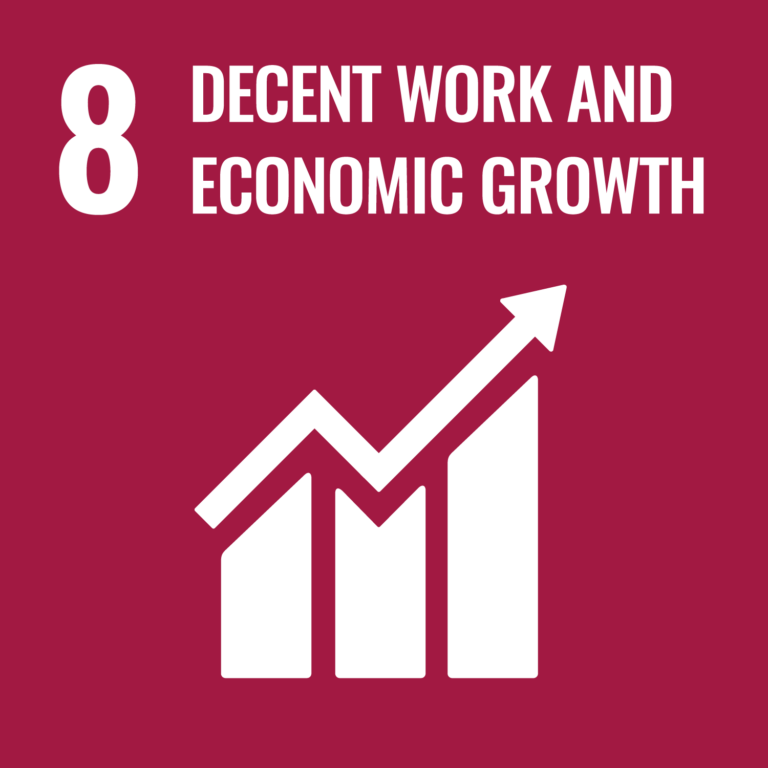

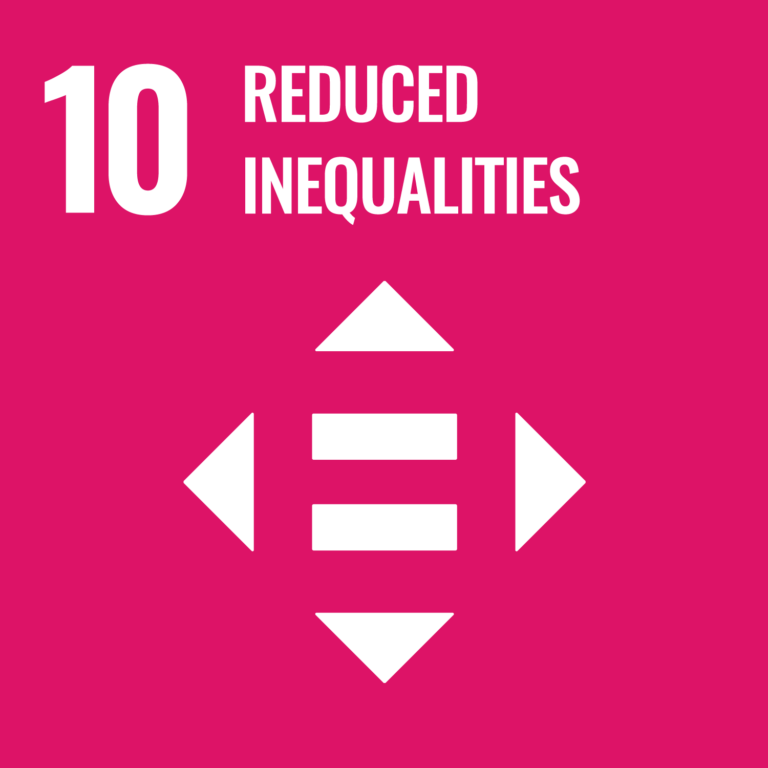
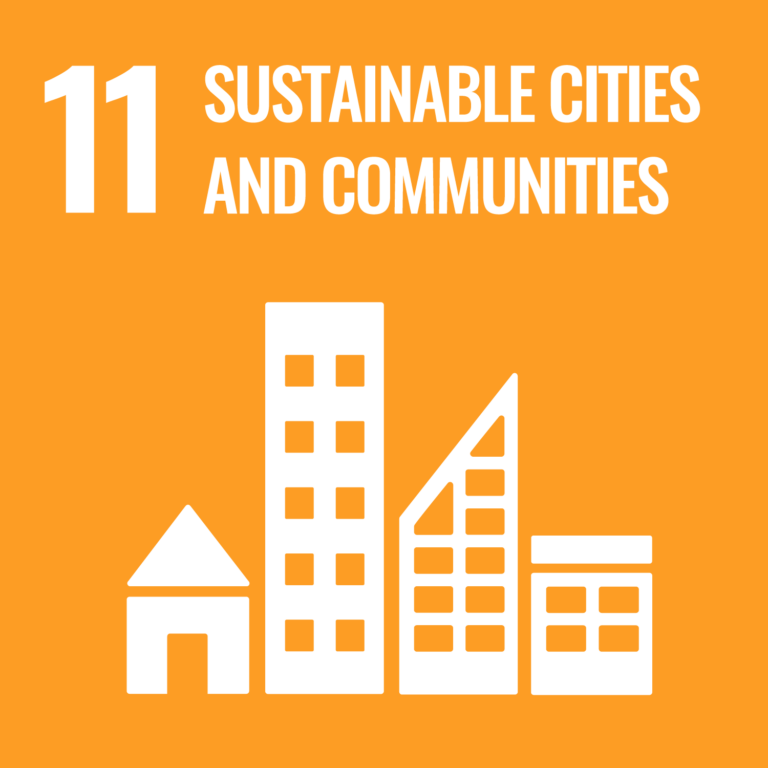
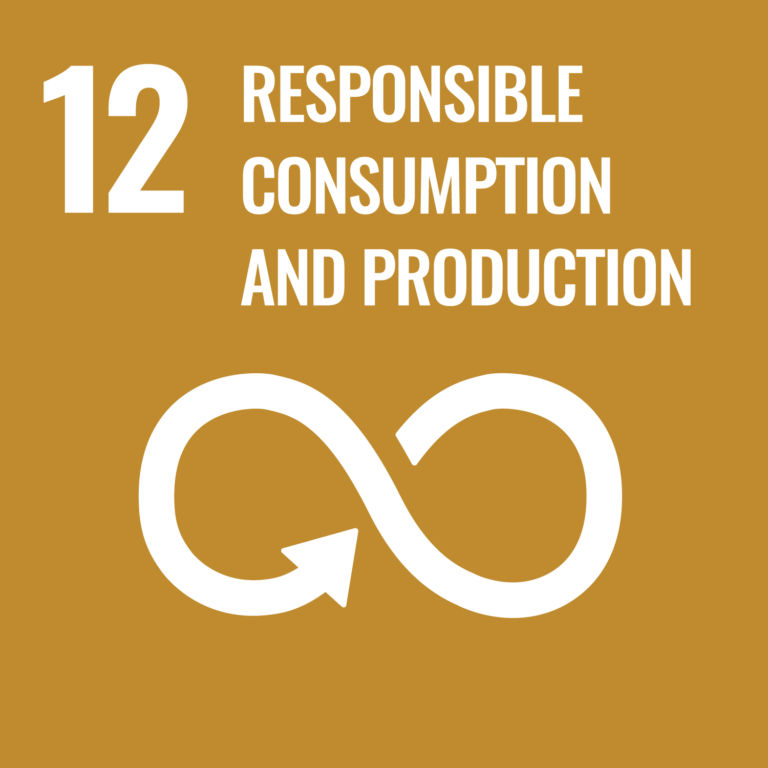

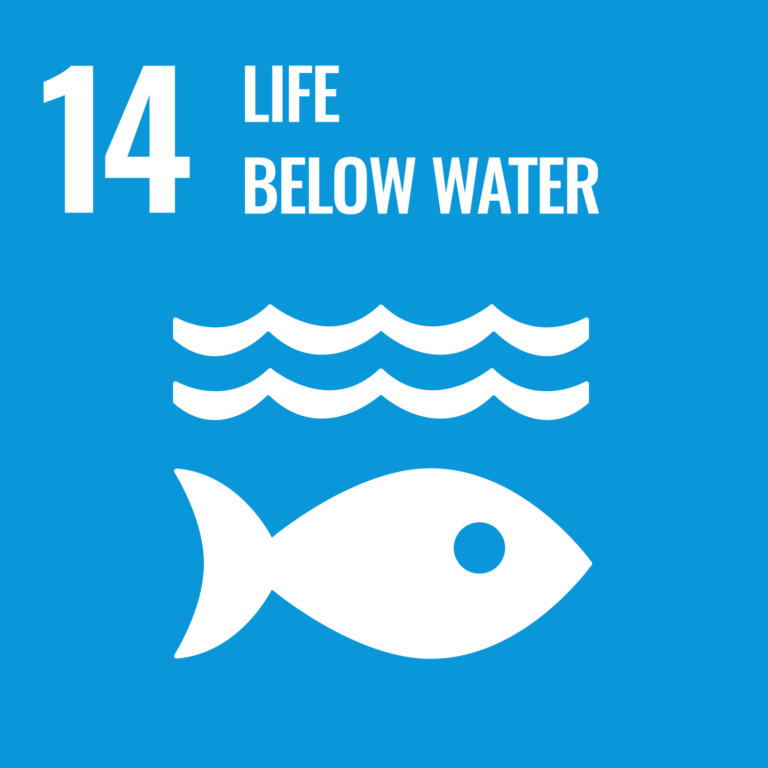



9:15 a.m.
Buses depart Empress Hotel
9:45 a.m.
Break
10:15 a.m.
Plenary 3: Climate x Health: Canada’s Role (Farquhar Auditorium)
Planetary health, which sits at the intersection of global health and climate change, is a key existential challenge of our time, and has been identified as a priority for the World Health Organization. But what does it mean and how could Canada effectively address it? This session will explore this question by providing an overview of the issue.
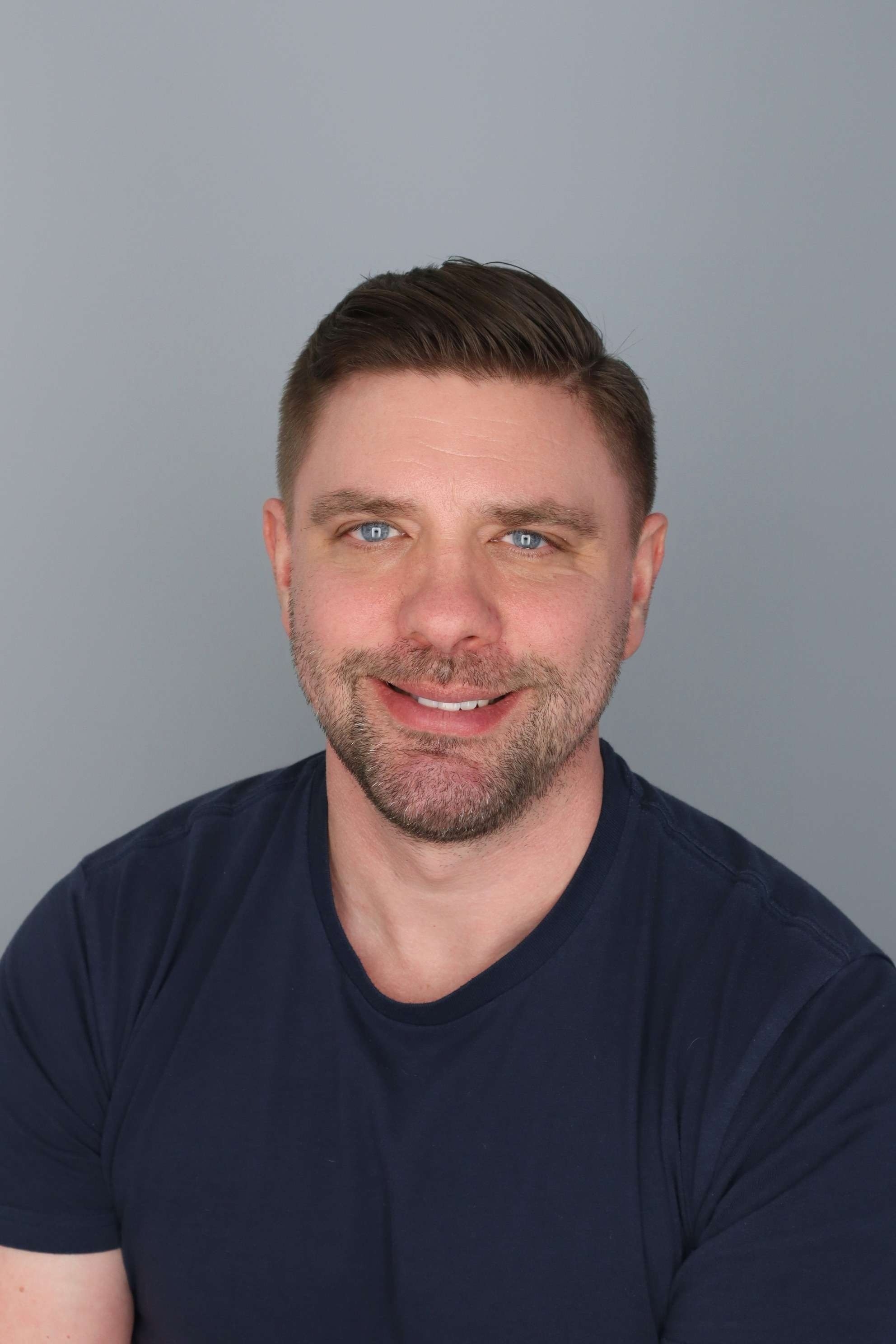
Kevin Linn
Independant ConsultantKevin Linn has over a decade of experience navigating and advancing difficult and complex domestic and global health policy. He recently graduated with a Doctor of Public Health (DrPH) degree from Harvard University. As part of his dissertation, he completed a Research Fellowship at Gates Ventures and developed a novel conceptual framework, a taxonomy of climate change and health solutions pathways, to demystify the complexity of the climate change and health nexus and to guide decision-making and investments in adaptation. Currently, Kevin is consulting for Foundation S / Sanofi Collective and the Africa Europe Foundation to explore community-led climate change and health solutions. Insights from this work will be used to inform national and global policy discussions and will be shared during New York City Climate Week (2025) in partnership with Foreign Policy magazine. Previously, Kevin consulted for the World Bank, conducting a review on climate-resilient health system frameworks to assess expert opinion and their alignment with prevailing prominent perspectives. This work was intended to inform research on the topic to build more resilient health systems against climate change. Prior to focusing on climate change and health, Kevin led strategic policy development and implementation with the First Nations Health Authority in British Columbia, Canada. In this position, he guided award-winning health system transformation and quality improvement efforts, resulting in the country’s first Indigenous-led cancer strategy.
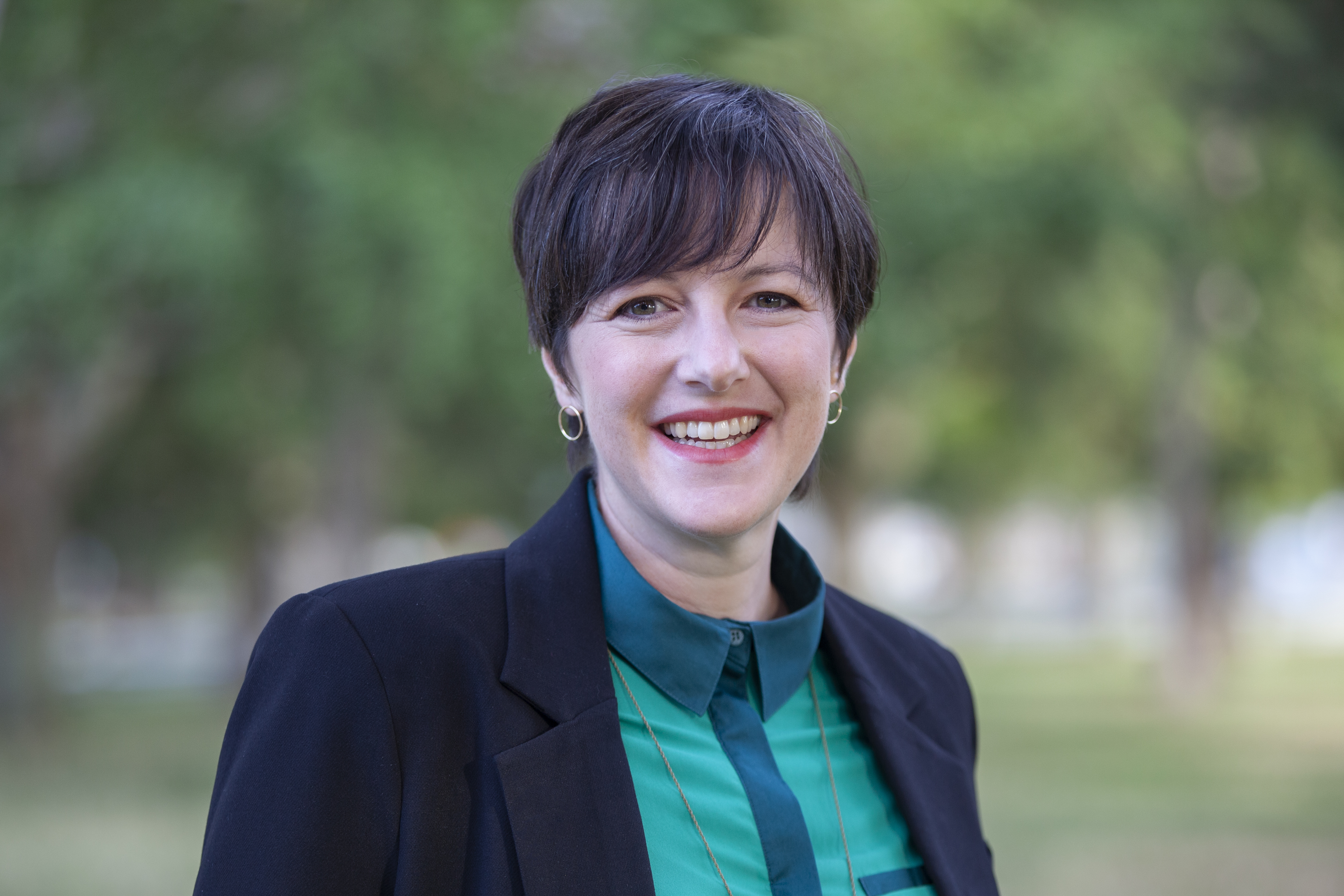
Karlee Silver
Grand Challenges CanadaKarlee Silver is Chief Executive Officer for Grand Challenges Canada. She is a mission-driven leader committed to sparking real-world impact through innovation and partnerships.
Dr. Silver has been with Grand Challenges Canada since its launch and led the process of selecting the organization’s prioritized grand challenges. In various roles, she has set strategy for global health, development, and humanitarian innovation initiatives and enabled the GCC team to support innovators worldwide.
Dr. Silver is an active member of the Grand Challenge network and the International Development Innovation Alliance. She sits on the Boards of Canadian Network for Women’s and Children’s Health and Blueprint.
Dr. Silver received her doctorate from the University of Oxford, where she attended as a Rhodes Scholar and trained in genetics and immunology.
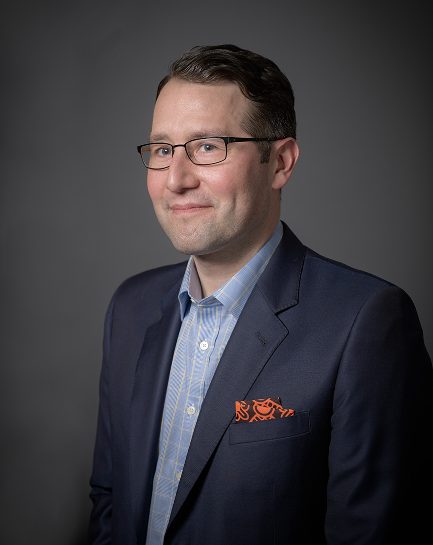
Martin Edlund
Malaria No MoreMartin Edlund is a founding member and Chief Executive Officer of Malaria No More, a globally recognized non-profit with the visionary mission to end humanity’s oldest, deadliest disease in our lifetimes. During his tenure, Martin has played a lead role in mobilizing global political will, government resources, and innovations to scale life-saving interventions for the global malaria campaign. Martin also serves as Executive Director of the Health Finance Coalition, which is raising substantial private capital to help achieve Africa’s public health goals through blended-finance structures that count leading global corporates, major Development Finance Institutions (DFIs), and top foundations as investors. Martin lived and worked in West Africa as Malaria No More’s Director of New Programs, where he helped lead innovative net distribution, testing and education campaigns with Youssou N’Dour, government officials, and media partners in Senegal, Cameroon, Tanzania, Nigeria, and Chad. Prior to joining MNM, Martin was a journalist for The Wall Street Journal, The New York Times, and The New Republic, and a political consultant in Washington, D.C., specializing in online campaign strategies. He is a graduate of Harvard University.
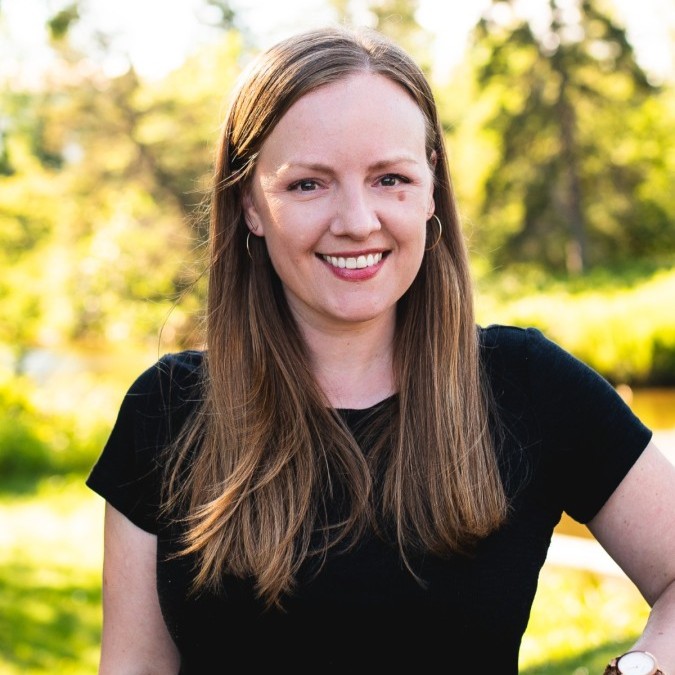
Robin Speedie
Fraser Health AuthorityRobin’s background is in social innovation, quality improvement, and the intersections of health and climate change. She has spent the past fifteen years managing provincial, territorial, and national health programs in Canada and the UK, with previous roles at Health Quality BC, Nesta, and Nourish Leadership. Robin’s current work at Fraser Health is focused on increasing resilience and efficiencies while reducing emissions and waste throughout all departments of the health authority. Robin holds a Master of Arts in Public Policy and Administration from Carleton University, and a Bachelor of Arts in Criminal Justice/Sociology from the University of the Fraser Valley.
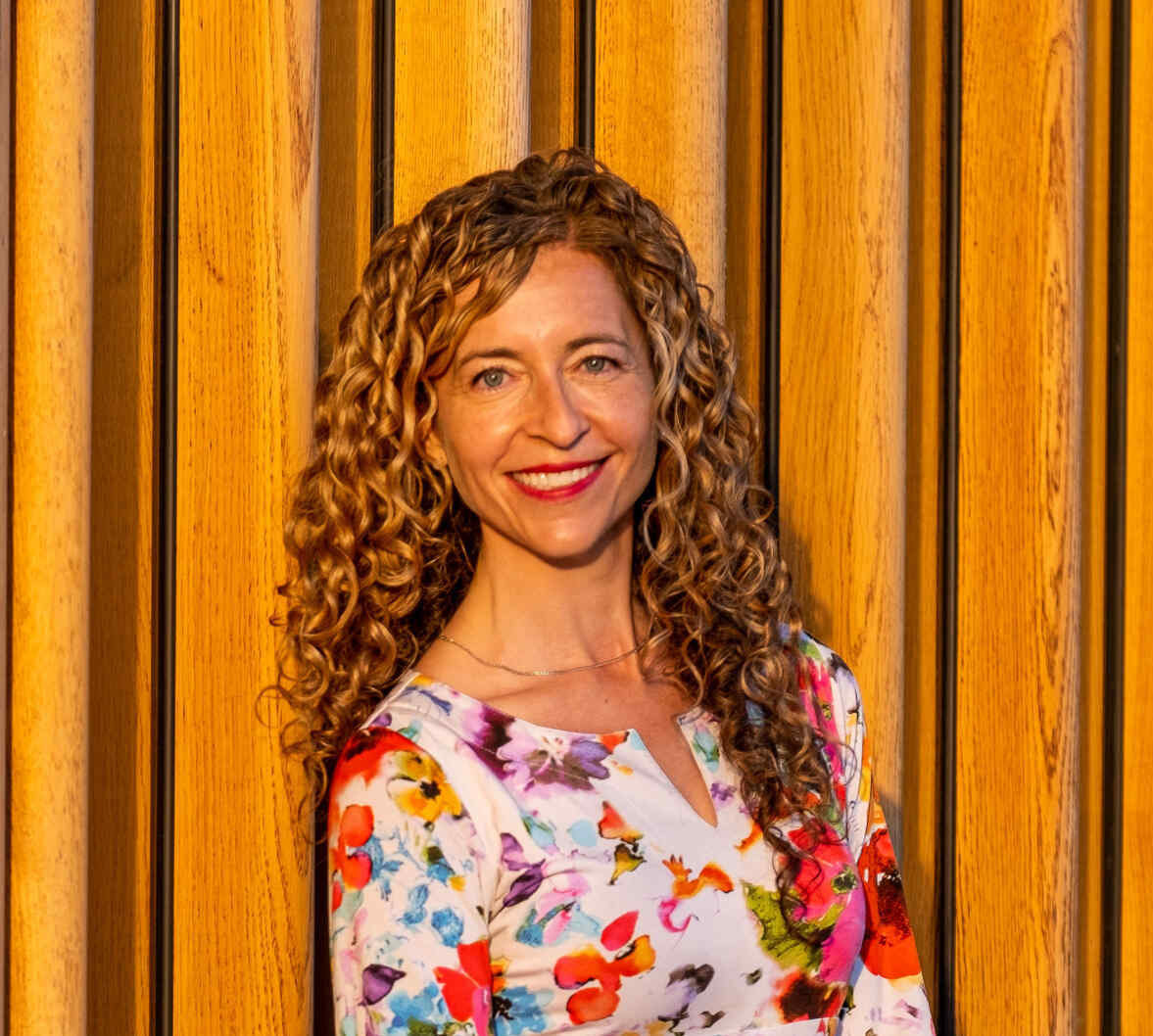
Dr. Courtney Howard
Global Climate and Health AllianceDr. Courtney Howard is an Emergency Physician in Yellowknives Dene Territory in the Canadian subarctic, a Clinical Associate Professor at the University of Calgary, and the founder of POWER—PlanetaryHealth Organizations for Wellbeing, Equity and Regeneration.
The President of the Northwest Territories Medical Association and the Chair of the Global Climate and Health Alliance, Dr. Howard works from the bedside to global boardrooms to center the health of people and the planet in practice and policy.
She has researched menstrual cups and the health impacts of wildfires and was the first woman president of the Canadian Association of Physicians for the Environment.
She has led policy and advocacy work regarding adapting health systems to climate-amplified wildfires, social tipping points and the health sector, eco-anxiety, vaccine equity, active transport, plant-rich diets, fossil fuel divestment, carbon pricing, coal power phase-out, hydraulic fracturing, and with regards to Canada’s Oil Sands.
The 2018 International Policy Director for the Lancet Countdown on Health and Climate Change and longtime policy brief author for Canada, she is on the Editorial Advisory Boards of The Lancet Planetary Health and the Journal of Climate Change and Health.
She recently completed a Master of Public Policy degree at the Blavatnik School at Oxford University, where she focused on using a planetary health lens to explore transitions to an economy centered around wellbeing, and is currently writing a book on that topic.
In 2024, she led the Roadmap for Planetary Health and Sustainable Healthcare that was passed unanimously by Canada’s medical school deans.
She has two young daughters and loves to dance.
TEDX: Healthy Planet, Healthy People
Drcourtneyhoward.ca
Moderator:
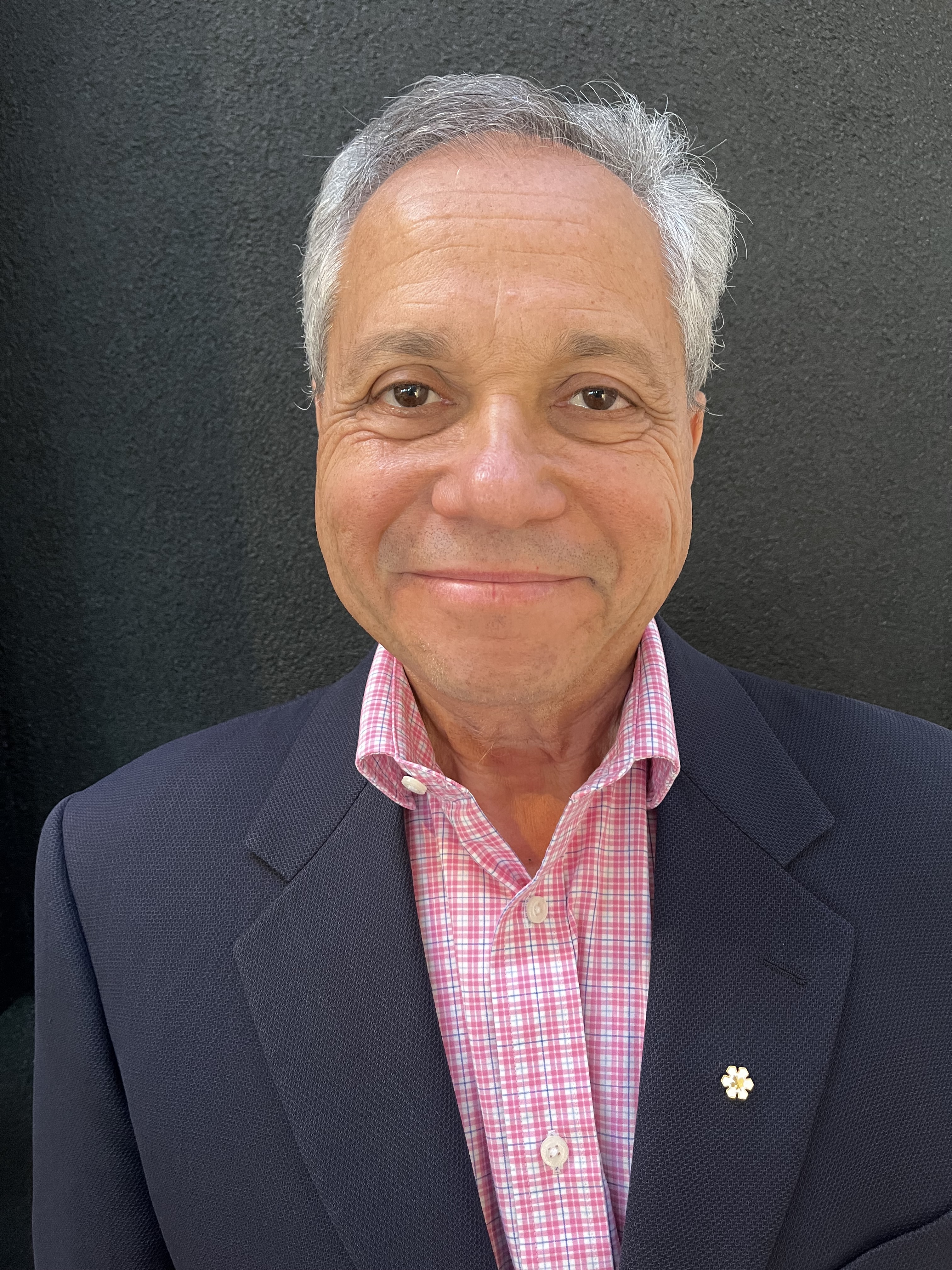
Dr. Peter Singer
University of TorontoDr Peter Singer is a leader in global health and innovation, with over 35 years of experience in building innovative institutions with high social impact. He is currently a board member of Grand Challenges and the Azrieli Foundation, and Professor Emeritus at University of Toronto.
He is co-founder of the University of Toronto Joint Centre for Bioethics and Grand Challenges. From 2017 to 2023, he served as the Special Advisor to the Director General of the World Health Organization.
Dr Singer is an Officer of the Order of Canada; a Fellow of the Royal Society of Canada, the U.S. National Academy of Medicine and the Academy of Sciences for the Developing World (TWAS); and was awarded the Michael Smith Prize as Canada’s Health Researcher of the Year.
He has published over 300 articles, received over $50 million in research grants, and mentored hundreds of students. He holds a MD from the University of Toronto, a MPH from Yale University, a Fellowship in Bioethics from the University of Chicago, and an AMP certificate from Harvard Business School.



11:20 a.m.
Plenary 4: The 2030 Challenge: Transitioning Canada’s Industrial Economy (Farquhar Auditorium)
This session’s purpose is to identify leverage points and related strategies for Canada to make an accelerated and equitable transition to a zero carbon economy by 2030.
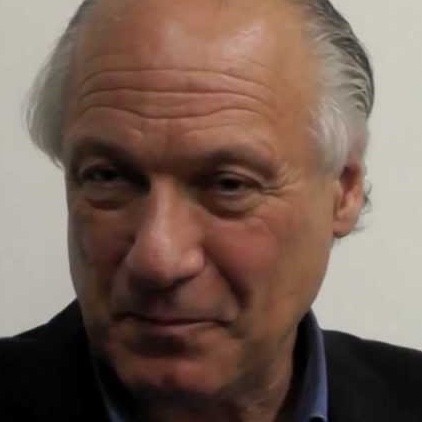
William Lazonick
Academic-Industry Research Network & University of MassachusettsWilliam Lazonick, professor of economics emeritus at University of Massachusetts, is co-founder and president of the Academic-Industry Research Network, a 501(c)(3) non-profit research organization, based in Cambridge, Massachusetts. Previously, Lazonick was assistant and associate professor of economics at Harvard University, professor of economics at Barnard College of Columbia University, and distinguished research professor at INSEAD in France. Lazonick earned his B.Com. at the University of Toronto, M.Sc. in Economics at London School of Economics, and Ph.D. in Economics at Harvard University. He holds honorary doctorates from Uppsala University and the University of Ljubljana.
His research focuses on the social conditions of innovation and economic development in advanced and emerging economies. His book Sustainable Prosperity in the New Economy? Business Organization and High-Tech Employment in the United States (Upjohn Institute 2009) won the 2010 Schumpeter Prize. He has twice—in 1983 and 2010—had the award for best article of the year in Business History Review. In 2014, he received the HBR McKinsey Award for outstanding article in Harvard Business Review for “Profits Without Prosperity: Stock Buybacks Manipulate the Market and Leave Most Americans Worse Off.” In January 2020, Oxford University Press published his book, co-authored with Jang-Sup Shin, Predatory Value Extraction: How the Looting of the Business Corporation Became the U.S. Norm and How Sustainable Prosperity Can Be Restored. His article, “Is the Most Unproductive Firm the Foundation of the Most Efficient Economy? Penrosian Learning and the Neoclassical Fallacy”, appeared in the International Review of Applied Economics, 36, 2: 2022: 1-32. His perspective on restoring stable and equitable growth to the US economy can be found in his 2023 book, Investing in Innovation: Confronting Predatory Value Extraction in the US Corporation
https://doi.org/10.1017/9781009410700
Lazonick’s recent research can be found on the websites of the Institute for New Economic Thinking, Academic-Industry Research Network, and Harvard Business Review. Professor Lazonick’s work has been widely covered in the news media, and his opinion pieces and popular articles have been published in American Prospect, Atlantic, Barron’s, Boston Globe, BusinessWeek, Huffington Post, Financial Times, Guardian, Le Monde, MarketWatch, Naked Capitalism, New York Times, Salon.com, and Washington Post.
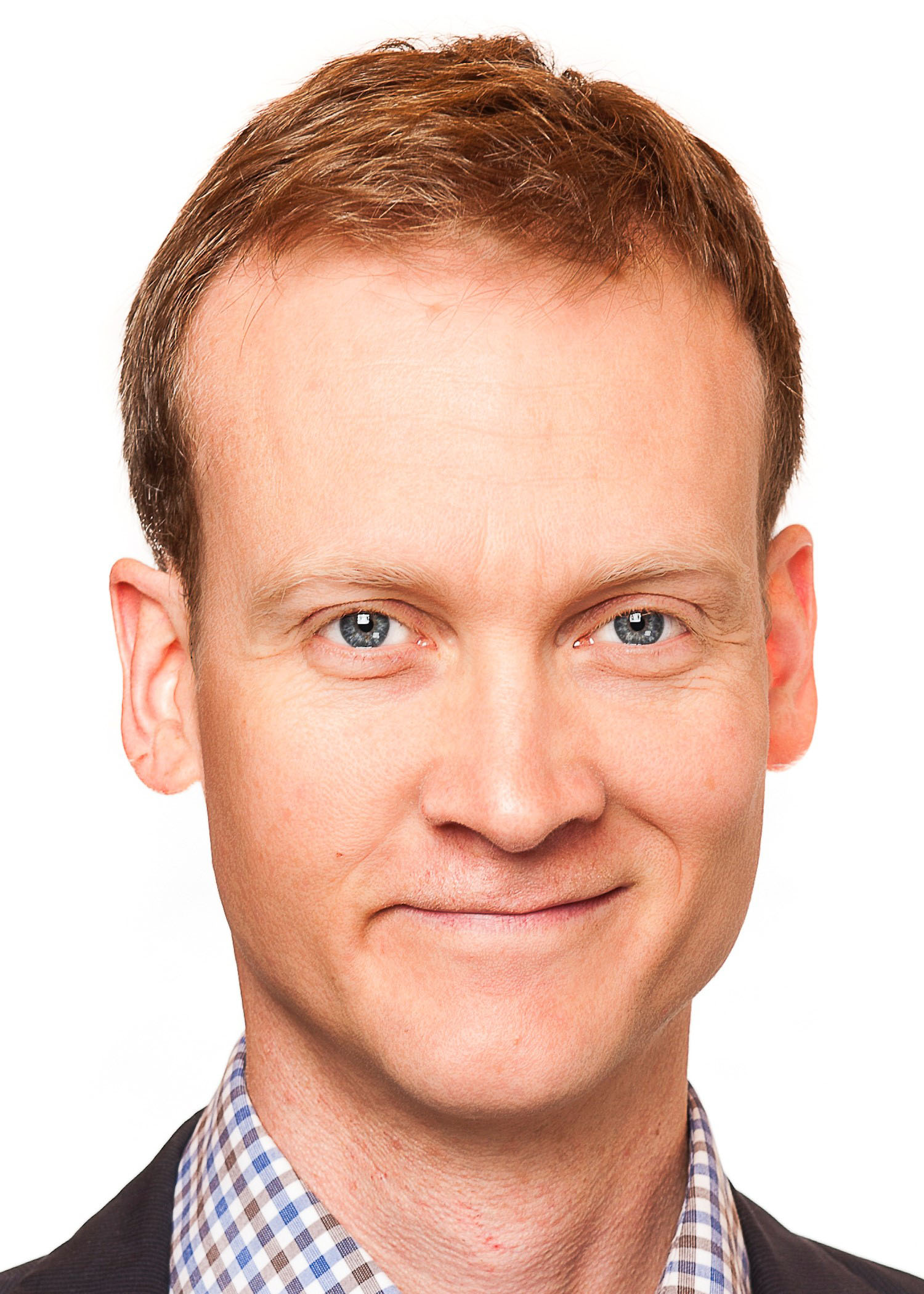
Dan Woynillowicz
Polaris Strategy + Insight; currently co-leading the independent review of CleanBCDan Woynillowicz is an accomplished leader focused on developing and implementing effective energy and climate policies. An experienced researcher, analyst, strategist, and communicator, he blends policy expertise with an understanding of technology innovation and market transformation.
In 2020 he launched Polaris Strategy + Insight, a strategic advisory firm helping clients navigate the energy transition and find opportunities in climate solutions. He is a volunteer advisor to Urban Climate Solutions and the Clean Economy Fund, and from 2020-25 served as Board chair of the BC Centre for Innovation and Clean Energy (CICE). Dan also served as an external expert advisor to the BC government’s BC Hydro Task Force, which positioned BC Hydro to meet the province’s fast-growing demand for clean electricity.
Moderator:
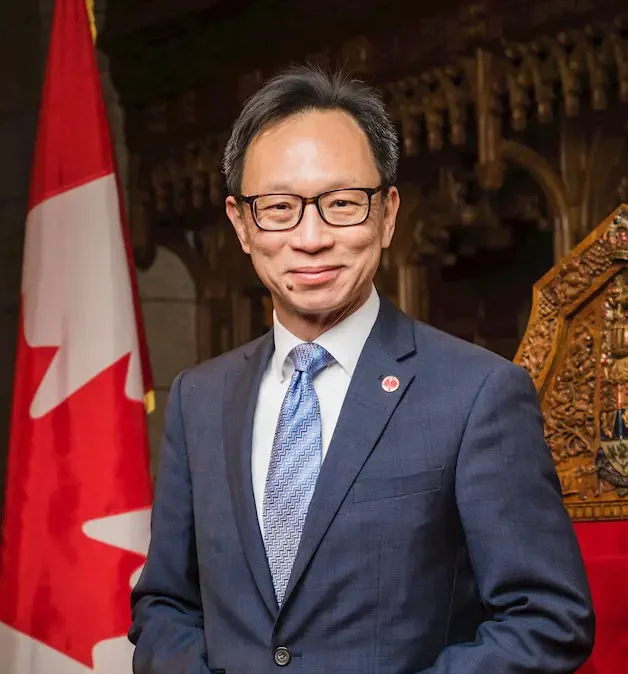
Yuen Pau Woo
Senator for British ColumbiaAppointed to the Senate of Canada in November 2016, the Honourable Yuen Pau Woo sits as an independent representing British Columbia. He served as Facilitator of the Independent Senators Group from 2017 to 2021.
Senator Woo has worked on public policy issues related to Canada’s relations with Asian countries for more than 30 years. From 2005-2014, he was President and CEO of the Asia Pacific Foundation of Canada, during which he also served on the Standing Committee of the Pacific Economic Cooperation Council (PECC) and as Chair of PECC’s State of the Region Report. He is a Senior Fellow at Simon Fraser University’s Graduate School of Business, and a member of the Trilateral Commission. He also serves on the Advisory Boards of the Mosaic Institute and the Canadian Ditchley Foundation.
Senator Woo is a joint chair of the Standing Joint Committee for the Scrutiny of Regulations and a member of the following Senate Standing Committees: Foreign Affairs and International Trade; Banking, Trade and Commerce; and Rules, Procedures and the Rights of Parliament.



12:40 p.m.
Lunch
1:50 p.m.
Parallel Sessions (David Strong Building)
This panel examines how cooperatives can help advance the UN Sustainable Development Goals by promoting economic, social, and environmental sustainability. Experts will highlight the innovative solutions cooperatives offer, while also addressing challenges in gaining political support. The discussion will focus on strategies to strengthen cooperative entrepreneurship in Canada as a means to build resilient, inclusive communities and economies.
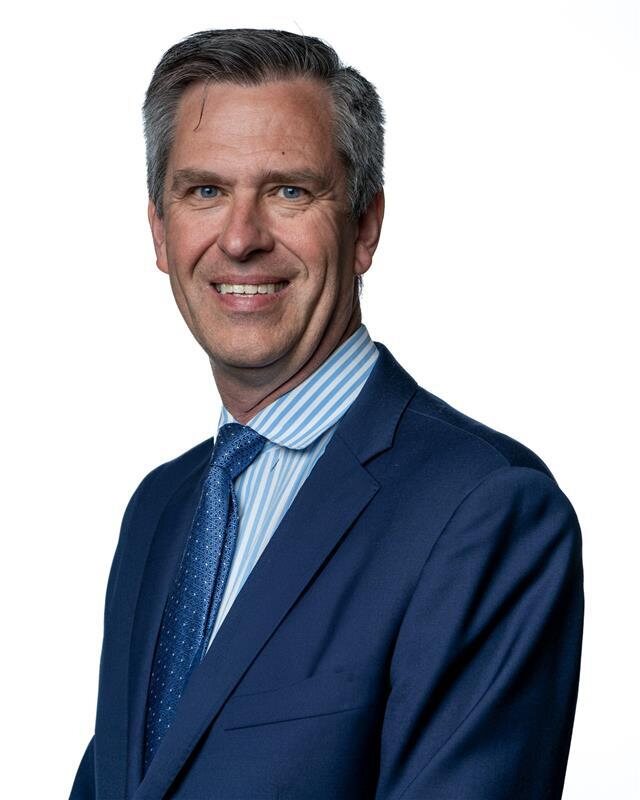
John Kay
Cooperatives and Mutuals CanadaJohn Kay is a seasoned leader in the cooperative sector with extensive experience in governance, strategy, and organizational development. Over the past two decades, he has held senior roles in cooperative enterprises across Canada, helping to build resilient, community-owned organizations that prioritize sustainability, equity, and democratic participation. John’s work spans sectors including finance, agriculture, housing, and renewable energy, where he has guided cooperatives through growth, restructuring, and impact-driven innovation. Known for his collaborative leadership style and deep commitment to cooperative principles, he continues to champion models of shared ownership and long-term community value.
With deep roots in the cooperative movement, John currently serves as Chair of Cooperatives and Mutuals Canada and sits on the board of The Co-operators, where he is also a member of the Audit Committee. He previously served on the boards of BC Tree Fruits Cooperative, the BC Co-operative Association, Fairtrade Canada, and Fairtrade International.
John is a Chartered Professional Accountant and holds an MBA from Simon Fraser University.
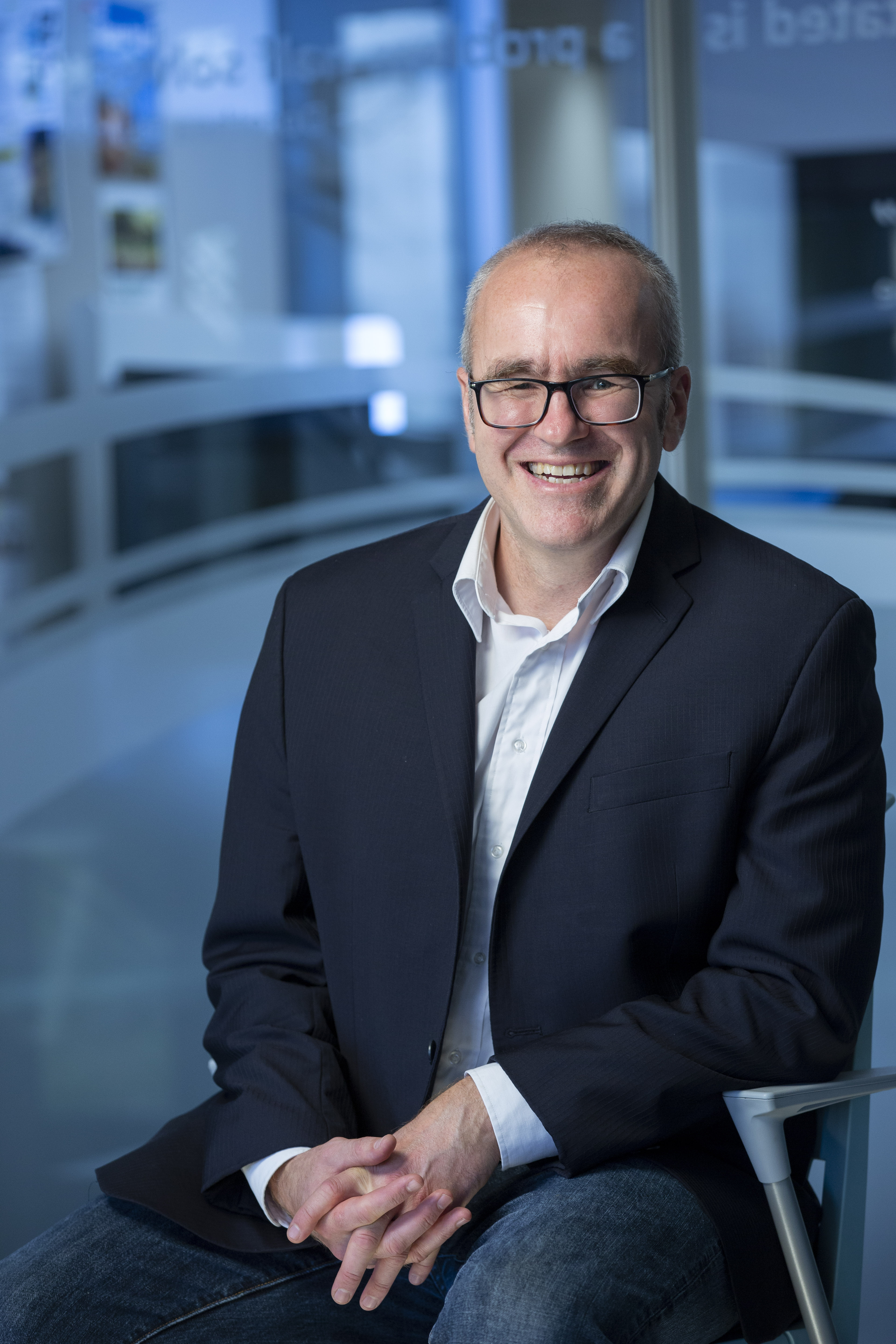
Marc-André Pigeon
Johnson Shoyama Graduate School of Public Policy, Université de Saskatchewan et Directeur et chercheur stratégique, Centre canadien d’étude des coopérativesMarc-André Pigeon is the director of the Canadian Centre for the Study of Co-operatives and an assistant professor in the Johnson Shoyama Graduate School of Public Policy (JSGS). His research centers around the study of co-operatives, governance, and money and banking. Before joining JSGS, Dr. Pigeon worked as vice president, advocacy (interim) and assistant vice president of financial sector policy at the Canadian Credit Union Association, as an advisor at the Department of Finance, a lead analyst for two Parliamentary committees (Senate Banking, Trade and Commerce; House of Commons Finance), an economist at the Levy Economics Institute, and a business reporter for Bloomberg Business News.

Yuill Herbert
Sustainability Solutions GroupWith an academic background in adult education and philosophy, complemented by more than two decades of experience in technical analysis of climate change, Yuill applies the lenses of social-cultural dynamics and physical science to projects. Yuill worked on some of the first community climate action plans in North America and is an internationally recognized expert in climate mitigation and adaptation. He has led some of the most complex and high profile climate planning projects for governments at all levels in North America. In addition to project work at SSG, Yuill is a long-time participant in the United Nations Framework Convention on Climate Change processes. When not at his desk or in project meetings, Yuill is tracking down remnants of ancient forests, building bookshelves for an ever expanding collection, climbing trees with his kids, and dreaming of the world as it could be.

Alain Blanchette
Distinction coopérative et mutualisteAlain Blanchette dirige le programme Distinction – Coopérative et Mutualiste au sein du CQCM, où il coordonne une équipe engagée à promouvoir le rôle des coopératives et des mutuelles dans la construction de communautés plus inclusives, durables et résilientes. Son travail vise à faire reconnaître le modèle coopératif comme une réponse concrète aux grands enjeux sociaux et économiques actuels.
En collaboration étroite avec les milieux de la recherche, il explore de nouvelles approches et fait avancer la réflexion en matière d’entrepreneuriat coopératif. Son leadership met l’accent sur la compréhension des aspirations des générations émergentes et leur traduction en actions coopératives porteuses de sens.
Au CQCM, il pilote des initiatives majeures telles que la reprise collective d’entreprises, les modèles coopératifs en agriculture, les entreprises collectives numériques, les laboratoires d’innovation, ainsi que la modernisation de la législation coopérative du Québec. Sa contribution témoigne d’une profonde conviction quant au pouvoir transformateur des modèles économiques démocratiques et enracinés dans la communauté, des valeurs en parfaite résonance avec l’esprit du Victoria Forum.
——————————-
Alain Blanchette leads the Distinction – Cooperative and Mutualist program at the CQCM, where he coordinates a team committed to promoting the role of cooperatives and mutuals in building more inclusive, sustainable, and resilient communities. His work supports the recognition of the cooperative model as a powerful response to today’s social and economic challenges.
Through innovative approaches and close collaboration with research partners, Alain helps advance new thinking in collective entrepreneurship. His leadership is particularly focused on understanding the aspirations of emerging generations and translating those into meaningful cooperative action.
At CQCM, he oversees major initiatives such as business conversion, cooperative models in agriculture, digital collective enterprises, innovation labs, and the modernization of Quebec cooperative legislation. His contributions reflect a deep belief in the transformation power of democratic, community-rooted economic models—values strongly aligned with the spirit of the Victoria Forum.

Glenn Valliere
Arctic Co-operatives LimitedGlenn Valliere is the Manager of Strategy for Arctic Co-operatives Ltd. – an Indigenous-owned federation of 32 consumer co-operatives located throughout Canada’s territories.
Insights gained during his time as a co-operative manager, in remote Nunavut communities, inform his current work on developing strategy and sustainability initiatives incorporating northern Indigenous perspectives.
Glenn holds a master’s degree in co-operative management from Saint Mary’s University. He also held board and senior management positions in southern Ontario’s food co-operatives for many years before turning his attention north.
Moderator:

Senator Lucie Moncion
The Senate of CanadaAfter a distinguished career of more than 38 years in the co-operative financial institutions sector, the last 16 as President and CEO, Lucie Moncion was appointed to the Senate in November 2016. As a representative of Ontario’s francophone community and as part of her parliamentary duties, she works in official languages and the cooperative sector. She is the Chair of the Senate Standing Committee on Internal Economy, Budgets and Administration.
A native of Ottawa, Senator Moncion holds a Bachelor of Business Administration with a specialization in Cooperative Administration from Laurentian University, a Master of Business Administration from the Université de Moncton, and a Corporate Director designation from Laval and McMaster Universities.
She has extensive knowledge of Ontario’s Francophone minority communities, as well as an in-depth understanding of the economy, business climate and Francophone communities in Ontario. She has recognized expertise in the areas of cooperatives and social entrepreneurship.
In addition, she has served on numerous boards of directors. She has served as Chair of the Board of Directors of Cooperatives and Mutuals Canada, Chair of the Audit and Governance Committees of TFO Media Group, Chair of the Circuit Champlain Working Group and Chair of the Coalition of Credit Unions and Caisses Populaires. She has also served as Vice-Chair of the Board of Governors of Nipissing University, and as a member of the Board of Directors of Collège Boréal.
_______________
Après une brillante carrière de plus de 38 ans dans le secteur des institutions financières coopératives, dont les seize dernières à titre de présidente et chef de la direction, Lucie Moncion a été nommée au Sénat en novembre 2016. En tant que représentante de la communauté francophone de l’Ontario et dans le cadre de ses fonctions parlementaires, elle travaille dans le domaine des langues officielles et du secteur coopératif. Elle occupe la présidence du Comité permanent de la régie interne, des budgets et de l’administration du Sénat.
Originaire d’Ottawa, la sénatrice Moncion est titulaire d’un baccalauréat en administration avec spécialisation en administration des coopératives de l’Université Laurentienne, d’une maîtrise en administration des affaires de l’Université de Moncton et du titre d’administrateur de sociétés des universités Laval et McMaster.
Elle possède une connaissance approfondie des communautés francophones minoritaires de l’Ontario, ainsi qu’une connaissance approfondie de l’économie, du climat des affaires et des communautés francophones de l’Ontario. Elle possède une expertise reconnue dans les secteurs des coopératives et de l’entrepreneuriat social.
De plus, elle a siégé à de nombreux conseils d’administration. Elle a été présidente du conseil d’administration de Coopératives et Mutuelles Canada, des comités de vérification et de gouvernance du Groupe Média TFO, de la table de travail du Circuit Champlain et de celle de la Coalition des caisses populaires et des credit unions. Elle a aussi été la vice-présidente du conseil des gouverneurs de l’Université Nipissing, et membre du Conseil d’administration du Collège Boréal.





This session will highlight Africa’s unique potential to achieve the SDGs. In particular, the continent’s resources, its demographic dynamism and its strategic role in the transition to inclusive and sustainable global development would be discussed.
Featuring:
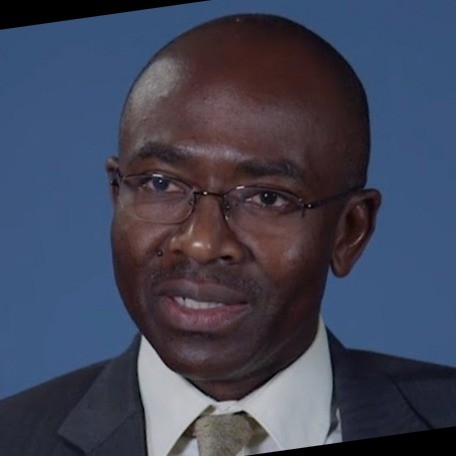
Hippolyte Fofack
Harvard UniversityDr. Hippolyte Fofack is a leading development and financial economist with more than 20 years of experience in leadership and management, development economics, banking and international finance, and academia.
He serves as SDSN’s Parker Fellow, working closely with the SDSN’s Leadership to advance the SDSN’s work in Africa on a myriad of critical issues, including African monetary reform and development, international finance, and higher education.
Dr. Fofack has served in several capacities, including most recently as Chief Economist and Director of Research and International Cooperation at the African Export-Import Bank (Afreximbank), where he made significant contributions to the African Continental Free Trade Agreement (AfCFTA). Before serving at Afreximbank, Dr. Fofack worked at the World Bank in operations and research, and as an economist for Great Lakes countries in Africa and Head of the Macroeconomics and Growth Program.
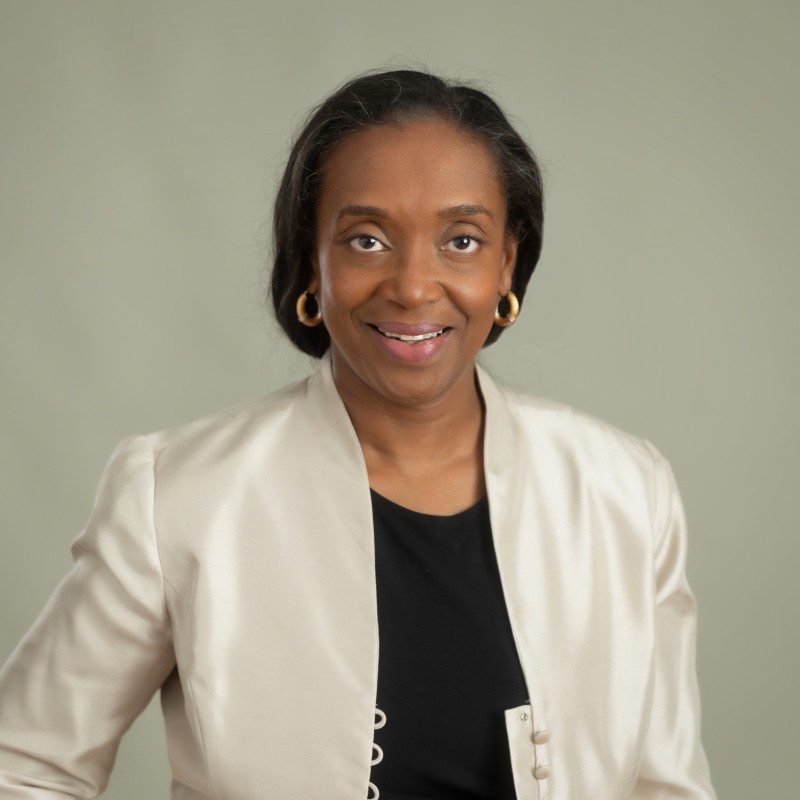
Indira Moudi
Viandes LafranceAwarded CEO of the year 2023 by the Canadian Affairs Journal as SME business entrepreneur, Indira Moudi is a passionate high energy global leader that cares about people, their growth and our earth in a sustainable global context. She is part of IMAGINE Leader, a community of purpose and power for corporates, entrepreneurs and civil society committed to positive impact. A tribe supporting each other and marketplace for accelerating system change.
She is a visionary business executive with experience spanning multinational, international, regional, and local businesses in Europe, Asia, Africa, Canada and USA. She is currently CEO of “Lafrance”, a local food manufacture based in Quebec, Canada.
Before acquiring and scaling LaFrance in 2012 (food and agriculture sector), Indira spent two decades at the highest levels of energy industry as President, Continental Europe and President, Central Africa at Baker Hughes, a GE company. While leading the European division of Baker Hughes, Indira managed a profitable business across 27 countries. During her time in Central Africa, she steered the business towards fivefold growth with integrity and sustainability.
Prior to joining Baker Hughes, she served as the Head of Quality, Health, Security, Safety, and Social Action at Orano (AREVA France). Indira is also a trained industrial engineer who began her career at Schlumberger, where she rose from Field Engineer to become Vice President of Worldwide Training for a major plant in India and Managing Director of Mauritania, Morocco, and Senegal.
She is certified as a Global Leader from Harvard Business School and holds an engineering degree from the Polytechnique Montréal in Canada.
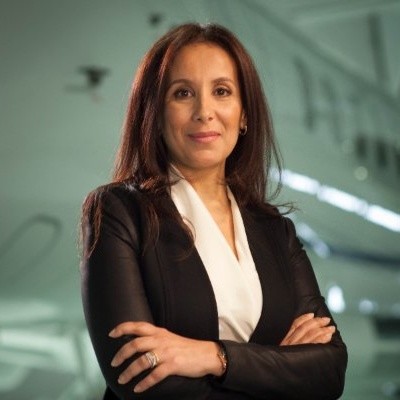
Souad Elmallem
6temikSouad Elmallem, public figure of the African and North American business community was raised in Casablanca. Following her undergraduate studies in Law in Morocco, she moved to Canada and graduated in 1998 from the University of Montréal’s École des Hautes Études Commerciales with a bachelor’s degree in Commerce (B.A.A.) in Operations and Production Management and in Information Systems.
In 2001, after a career at Nortel Networks/FCI, Souad joined Bombardier Aerospace to lead the definition and implementation of the Bombardier Manufacturing Information System for the Quality and Operations teams, at Mirabel and at Saint-Laurent. In 2005, her focus shifted to strategic planning and governance for Information Technologies (IT) in order to further develop IT’s strategic orientation and customer relations. She was later responsible for the development of integrated IT strategies, in order to support the Bombardier Aerospace’s management team across the world.
In 2011, Souad was named CCR (Chief Country Representative) in support of all Bombardier’s business units. Her primary role consisted of planning and executing regional development strategies for Bombardier Aerospace and Bombardier Transportation, establishing and maintaining strong relationships with governments and key stakeholders, and supporting all activities in the region.
In recognition of her contribution to the development of the Moroccan aerospace industry in 2013, Souad was awarded the Wissam du Grand Mérite National by His Majesty the King of Morocco.
In 2015, Souad founded her own consulting firm, 6temik, to support industrials and investors interested in developing an international strategy. The main mission is to create a bridge between North American, European, African and Middle-East companies and governmental institutions. 6temik is achieving its goal by developing the best strategy, building the right business cases and putting in place a sustainable implementation. The company already has a proven record of success stories with Canadian, US and European companies.
Souad is also a founder member of Women In Aerospace – Africa since 2013 .
Also, Souad was nominated to the Board of Directors of Entreprendre ICI by the former Minister of the Economy, the Honorable Dominique Anglade. In 2021, Souad was elected president of the board of director.
Finally, Souad has been elected in 2021 President of the board of directors for the United Actions for Africa (UAA).
Moderator:
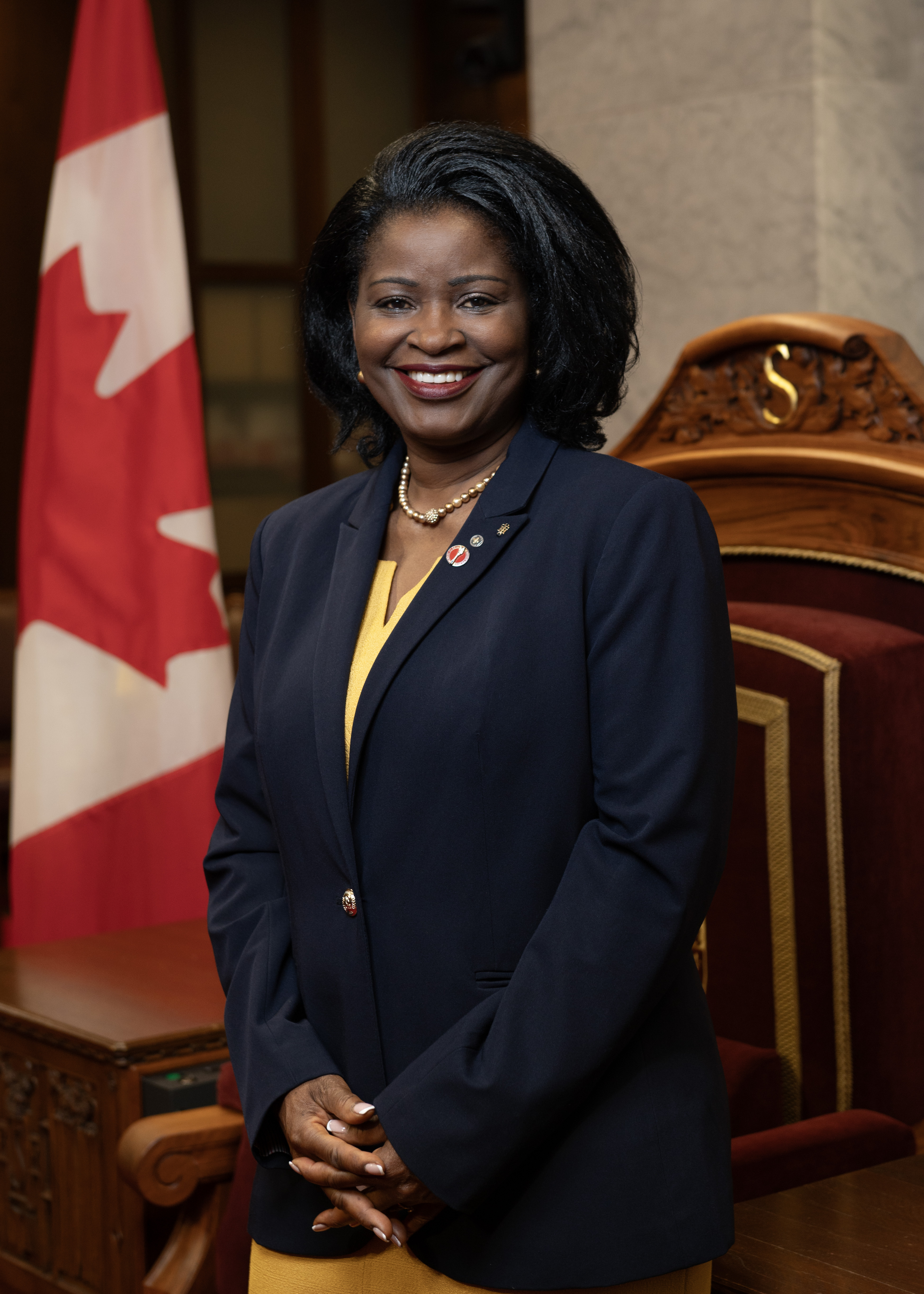
Amina Gerba
The Senate of CanadaThe first Black person of African descent in Canada, the Honourable Amina Gerba was appointed Independent Senator for Quebec (Rigaud) in July 2021 by the Right Honourable Mary Simon, Governor General of Canada, on the recommendation of the Prime Minister, the Right Honourable Justin Trudeau.
The Honourable Amina Gerba holds a Master of Business Administration (MBA) from the School of Management at the Université du Québec à Montréal (ESG-UQAM) and has distinguished herself as a successful entrepreneur for over 25 years, in the fields of corporate communications and international event organization, which have brought together thousands of economic decision-makers and investors interested in business partnerships in Africa.
As a pioneer in Quebec’s manufacturing industry, the Honourable Amina Gerba has contributed to the promotion of natural and certified organic raw materials from fair trade in Africa in Canada through her body and hair care brands KARIDERM and KARILISS.
Senator Amina Gerba sits on three (3) standing Senate committees: she is a member of the Steering Committee of the Standing Senate Committee on Official Languages, a member of the Standing Senate Committee on Foreign Affairs and International Trade, and the Standing Senate Committee on Fisheries and Oceans. She is also a member of the Canadian Parliamentary Black Caucus and the Senators for Climate Solutions Group.
Since February 25, 2022, the Honourable Amina Gerba has been co-chair of the Canada-Africa Parliamentary Association, which promotes exchanges between African and Canadian parliamentarians. She is also a member of the Canadian Branch of the Assemblée parlementaire de la Francophonie.
Senator Gerba was named a Knight of the National Order of Quebec, the highest distinction awarded by the Government of Quebec, in 2014. She is a recipient of the King Charles III Coronation Medal.







This session will explore diverse approaches to student and community-engaged scholarship, at a time when the societal role of post-secondary institutions is changing. On the one hand, students need to know that their schools are preparing them to assume leadership roles in the societal transition now underway. At the same time, universities and colleges are becoming more closely engaged with and responsive to the needs of their host communities.
Featuring:
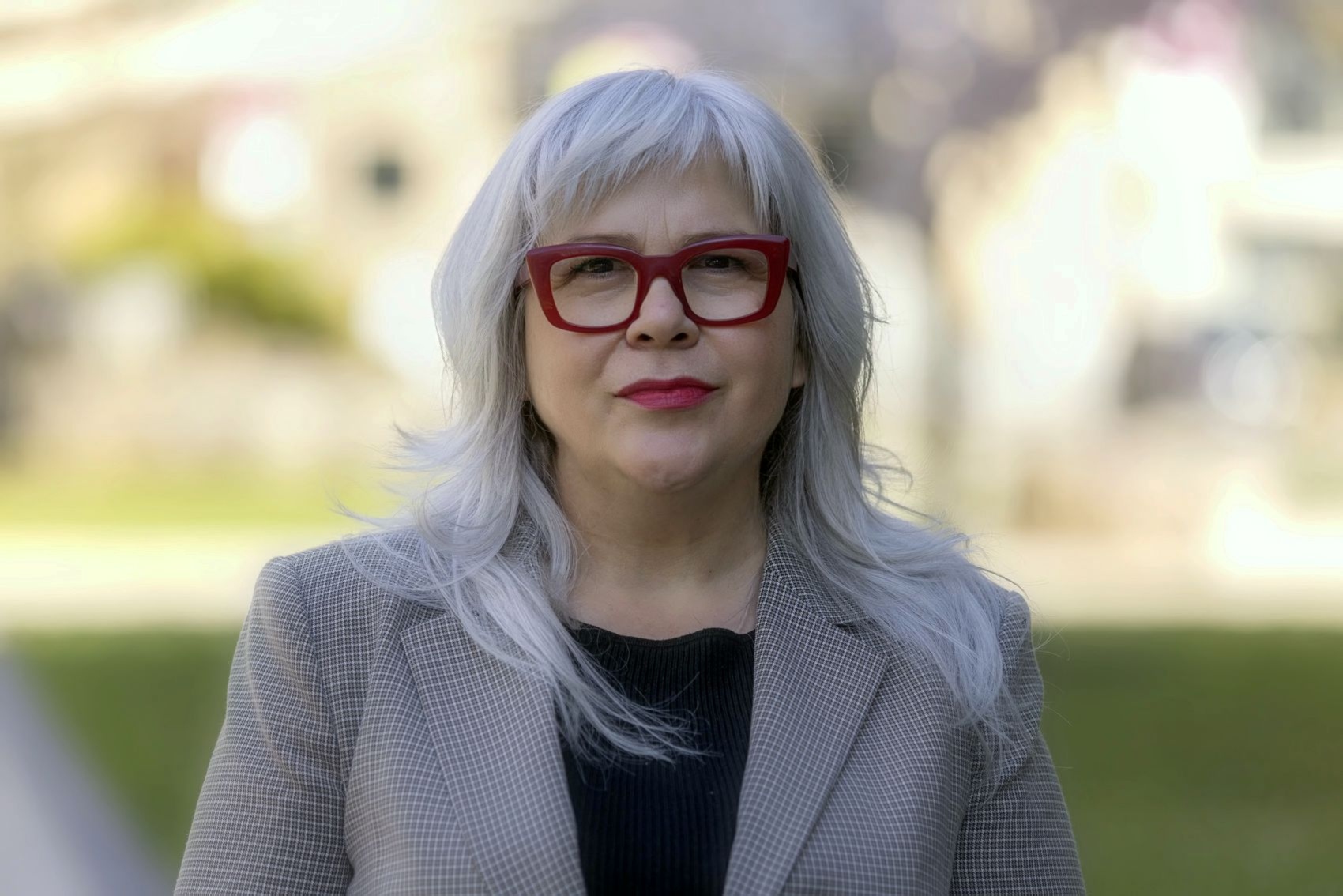
Sandra Lapointe
McMaster UniversityDr Sandra Lapointe is a Professor of Philosophy at McMaster University. She is a Commonwealth alumna, a Fellow of the Humboldt Foundation and an award winning scholar. She is a past President of the Canadian Philosophical Association and a past member of the Board of Directors of the Federation for the Humanities and Social Sciences.
Dr Lapointe’s current research agenda revolves around a series of action-driven projects in higher education policy, knowledge mobilisation and skills development for inclusive innovation and impact.
Dr Lapointe is the Founding Director of the Canadian Collaborative for Society, Innovation and Policy, a multi-institutional research and action network on Canada’s Social Innovation Strategy. Through The/La Collaborative she leads a series of talent and knowledge mobilization initiatives funded by SSHRC, Mitacs and the Future Skills Centre and dedicated to enhancing social sciences, humanities and arts’ contribution to innovation. Dr Lapointe is the convener of the annual Canadian Forum for Social Innovation.
.
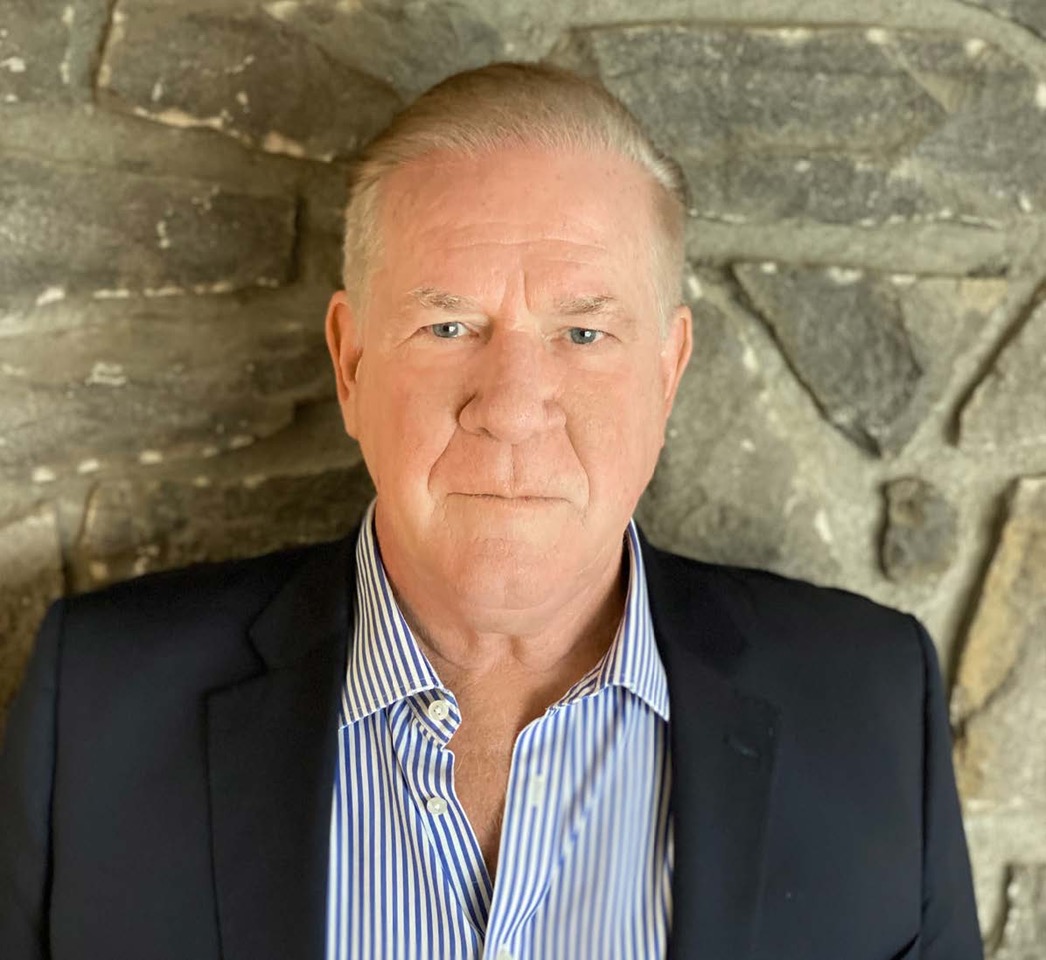
Michael Hawes
Fulbright CanadaMichael Hawes is a professor of political science, a tireless advocate for international education, and a proud alumnus of the Fulbright program. He is President and Chief Executive Officer of the Foundation for Educational Exchange between Canada and the United States and Executive Director of Fulbright Canada.
Dr. Hawes joined the Department of Political Studies at Queen’s University in 1985 and has since held numerous visiting academic appointments. He was the Fulbright Distinguished Professor of International and Area Studies at the University of California, Berkeley in 2000 and Visiting Research Chair and Professor at the Center for Public Diplomacy in the Annenberg School of Communication at the University of Southern California in 2010. He has also served as Visiting Professor in the Department of Political Science at the University of British Columbia, Visiting Professor of International Political Economy at Tsukuba University in Japan, and Visiting Professor of International Political Economy at the International University of Japan.
Michael holds a Ph.D. in political science from York University, an M.A. in international affairs from the Norman Paterson School of International Affairs at Carleton University, and a B.A.H. in economics and history from the University of Toronto. He has published widely on foreign policy, political culture, international economic relations, and related subjects.
His most recent books include Canada’s Public Diplomacy (Palgrave Macmillan, 2021) with Nicholas Cull, 1968 in Canada: A Year and its Legacies (University of Ottawa Press, 2021) with Christopher Kirkey and Andrew Holman, and Canadian Foreign Policy in a Unipolar World (Oxford University Press, 2018) with Christopher Kirkey. In addition, he has served as guest editor for several refereed journals.
Professor Hawes has been awarded honorary doctorates from the State University of New York and Vancouver Island University. In July 2021, he was appointed Senior Fellow at Massey College, University of Toronto.
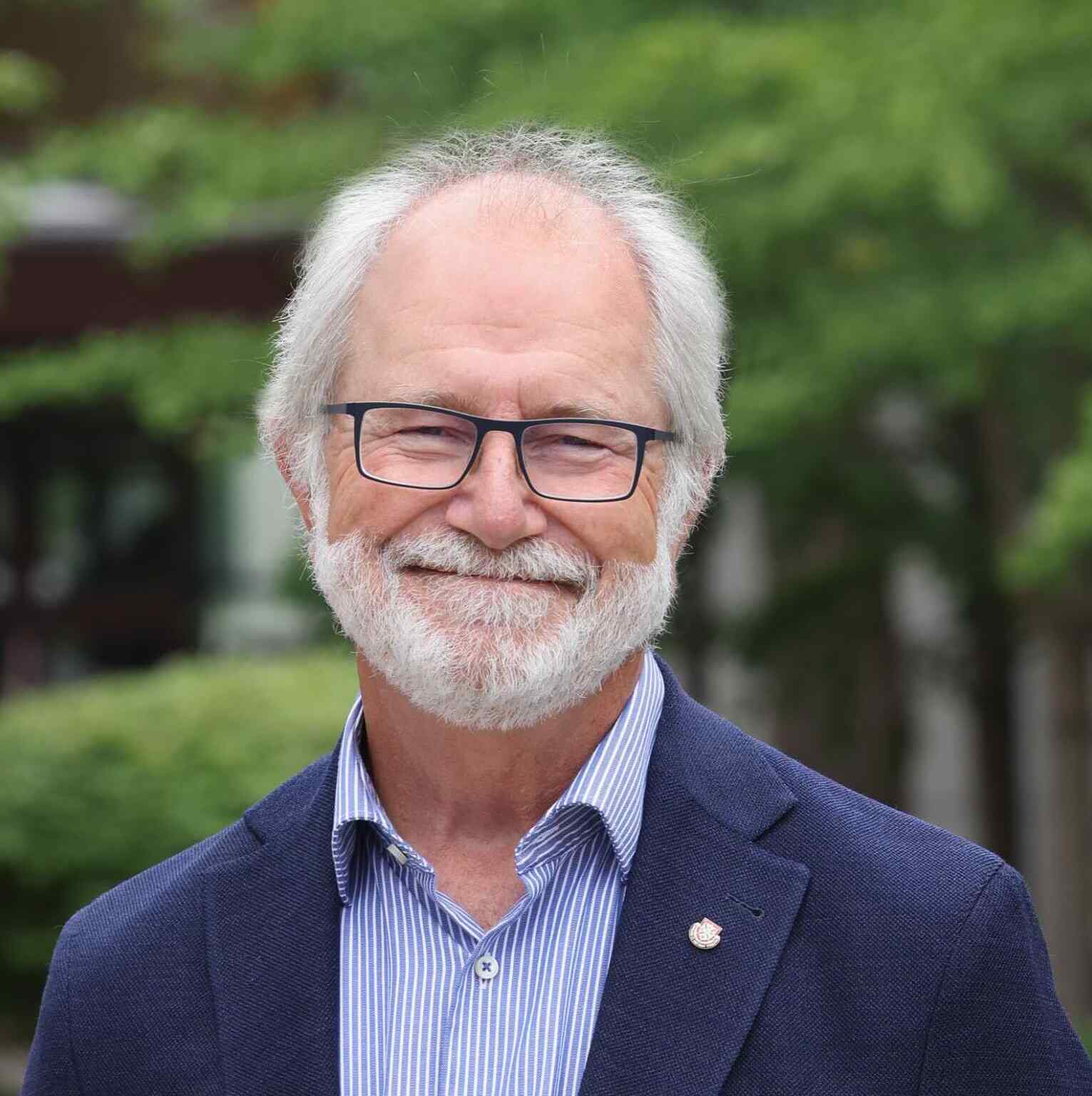
Patrick Deane
Queen’s UniversityPatrick Deane became the 21st Principal and Vice-Chancellor of Queen’s University on July 1, 2019.
Dr. Deane is the former President and Vice-Chancellor of McMaster University, a position he held for nine years. Prior to that he served as Vice-Principal (Academic) at Queen’s and also held a number of academic administrative appointments at Western University and the University of Winnipeg.
Dr. Deane is a Professor of English Literature, with his principal research focus being the relationship between cultural production and British politics in the first half of the Twentieth Century.
He read English and Law at the University of Witwatersrand, South Africa, before undertaking graduate studies and receiving both an M.A. and a Ph.D. in English Literature from Western University. He also taught at Western from 1988 to 2001 following some years on faculty at the University of Toronto.
Dr. Deane was the first recipient of the John Charles Polanyi Prize for Literature in 1988, and was awarded the Queen Elizabeth II Diamond Jubilee Medal in 2012. He was made an Honorary Life Member of the Alma Mater Society of Queen’s University in 2010.
He is President of the Governing Council of the Magna Charta Observatory (Bologna), Vice-President and Treasurer of the International Association of Universities (Paris), served as Chair of the Universities Canada Standing Committee on Research, 2019-2023, and a member of the Campaign Cabinet for the United Way of Kingston, Frontenac, Lennox and Addington.
Moderator:
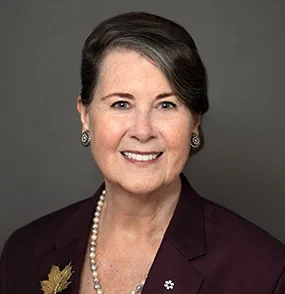
Marilou McPhedran
Senator for ManitobaBorn and raised in rural Manitoba, Canada, called to the Bar of Ontario (1978-2007), named a Member of the Order of Canada (1985) in recognition of her co-leadership in the successful campaign for stronger gender equality protections in the Canadian constitution and appointed to the Senate of Canada by Governor General David Johnston on the recommendation of Prime Minister Justin Trudeau in 2016, Marilou McPhedran is a legally trained advocate and educator who specialized in teaching and developing systemic and sustainable change mechanisms to promote equality and diversity, having co-founded several internationally recognized non-profit Canadian organizations, such as LEAF – the Women’s Legal Education and Action Fund, which has conducted constitutional equality test cases and interventions for 30-plus years, METRAC – the Metropolitan Action Committee on Violence Against Women and Children, and the Gerstein Crisis Centre for homeless discharged psychiatric patients.
She founded the International Women’s Rights Project in 1998 and the Institute for International Women’s Rights at Global College in 2009 – based on her intergenerational models “evidence-based advocacy” and “lived rights”. When Chief Executive Officer of a Federal Centre of Excellence based at York University, Canada, she directed staff and programs that included a cyber research network on women’s health and rights.
She has developed human rights courses online and in the classroom and has chaired three independent inquiries into the sexual abuse of patients (1991-2015), co-investigated and co-authored applied research, including: the first international study to assess impact of the UN Convention on the Elimination of all forms of Discrimination Against Women in ten countries (1998-2000); What about accountability to the patient? (2001), the National Study on Rural, Remote and Northern Women’s Health in Canada (2001-2003); the textbook, Preventing Sexual Abuse: a Legal Guide for Health Care Professionals (2004); a strategy paper for Canada’s ambassador to the UN, Engendering the ‘Responsibility to Protect’ Doctrine (2005); Women’s Constitutional Activism in South Africa and Canada (2009 International Review of Constitutionalism); 28-Helluva Lot to Lose in 27 Days: The Ad Hoc Committee and Women’s Constitutional Activism in the Era of Patriation (2015).
Her authorship includes: the 2006 National Journal of Constitutional Law article, Impact of S.15 equality rights on Canadian society: beacon or laser?; the 2007 Supreme Court Law Review article A Truer Story: Constitutional Trialogue; and the 2014 Michigan State Law Review article, Complements of CEDAW – U.S. foreign policy coherence on women’s human rights and human security.
A pioneer in research and advocacy to promote human rights through systemic reform in law, medicine, education, governance, she chaired the 2006 international Forum on Women’s Activism in Constitutional Reform, held the Ariel F. Sallows Chair in Human Rights at the University of Saskatchewan College of Law, was appointed Chief Commissioner of the Saskatchewan Human Rights Commission in 2007, and was Principal (Dean) of The University of Winnipeg Global College in Manitoba from June 2008 to July 2012, then served as the Human Rights Fellow in the UNFPA Geneva Liaison Office and taught as a Visiting Professor at the UN-mandated University for Peace in Costa Rica in 2012-13.
From 2008 to 2019, she was a tenured full professor at the University of Winnipeg. She was the founding director of the Institute for International Women’s Rights at Global College from 2009 to 2016 and the creator / director of the annual ‘Human Rights UniverCity’ summer institute based at the Canadian Museum for Human Rights from 2011 to 2018.



This session explores how public institutions, especially hospitals, can lead a shift toward regenerative food and health systems in Canada. Through Nourish’s “100 Million Better Bites” campaign, it highlights how institutional food procurement can drive climate action, equity, and cultural restoration. Rooted in Indigenous knowledge, Canada’s Food Guide, and the Planetary Health Diet, the session showcases leaders transforming meals to align with health and sustainability goals. Participants will help co-create a “Meal Plan for Canada,” envisioning food as a tool for healing people and the planet in a time of crisis and change.
Featuring:
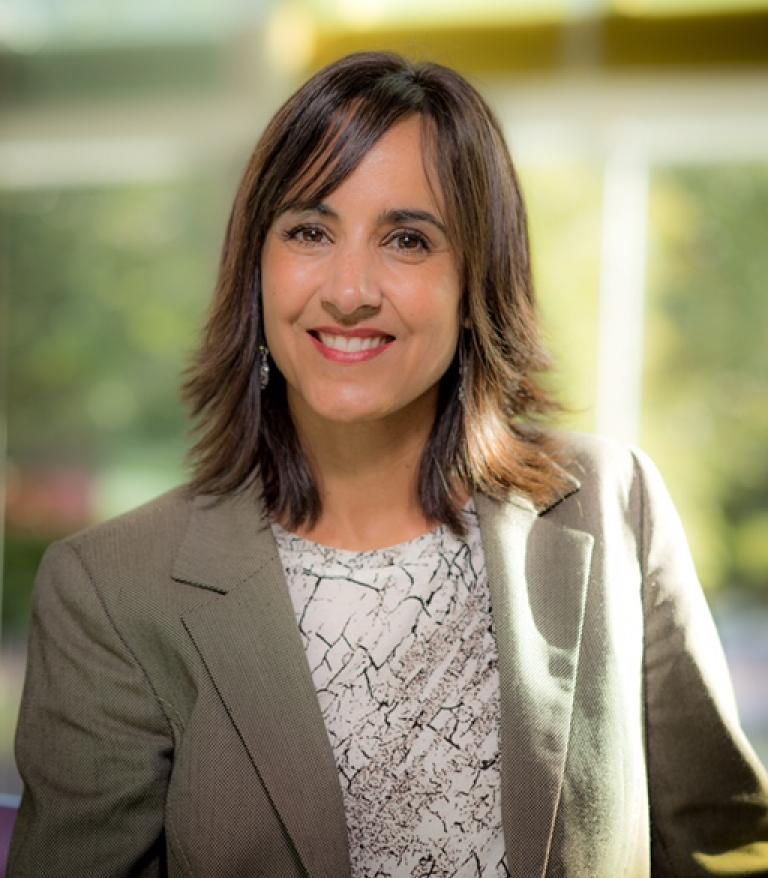
Darcia Pope
Innovation & Planetary Health, Vancouver Coastal HealthAs Vice President, Darcia Pope supports the measurement and realization of benefits and outcomes of transformation initiatives that shape the way VCH provides care and service. She identifies barriers and strategies to ensure initiatives and projects remain on track, move to completion, and are aligned with the organization’s strategic priorities and long term financial plans.
With a Bachelor of Commerce degree and Masters in Health Administration, delivering results is something Darcia has extensive experience in. Her health career has included roles as Patient Care Manager for the Outpatient Department at St. Paul’s Hospital and Change Leader for the amalgamation of Providence Health Care. Darcia joined VCH in 2002 where among her roles was Director of Enterprise Services in IMITS and the new position of Executive Director of Transformation. In that role, Darcia’s focus would shift over the years to include Workforce Optimization, Green Care, Primary and Community Systems projects, and Strategic Initiatives. Darcia has led the Strategic Planning process for SET since 2013, establishing the Office of Strategy Management in 2016.

Jenny Cross
Haida Knowledge Keeper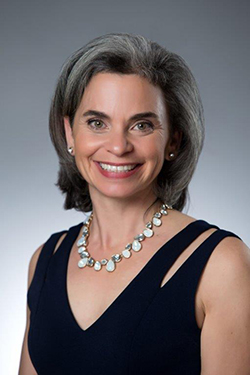
Wendy Smith
University of DelawareWendy Smith earned her Ph.D. in organizational behavior at Harvard Business School, and is currently a professor of management at the Alfred Lerner College of Business & Economics and Co-director of the Women’s Leadership Initiative at the University of Delaware.
Wendy’s research focuses on strategic paradoxes – how leaders and senior teams effectively respond to contradictory agendas. She studies how organizations and their leaders simultaneously explore new possibilities while exploiting existing competencies, and how social enterprises simultaneously attend to social missions and financial goals. Her research has been published in journals such as Academy of Management Journal, Academy of Management Review, Administrative Science Quarterly, Harvard Business Review, Organization Science and Management Science. In 2018, she won the University of Delaware’s first Mid-Career Excellence in Scholarship Award. In 2015, she won the Lerner College Outstanding Scholar Award.
Wendy teaches leadership, organizational behavior and business ethics. She has taught MBAs and undergraduates at University of Delaware, Harvard and University of Pennsylvania – Wharton. Wendy was awarded the University of Delaware MBA Teaching Award in 2016. Wendy has also taught executive and senior leadership teams how to manage interpersonal dynamics, emotional intelligence, high performing teams, organizational change and innovation, managing in times of crisis, and managing strategic paradoxes.
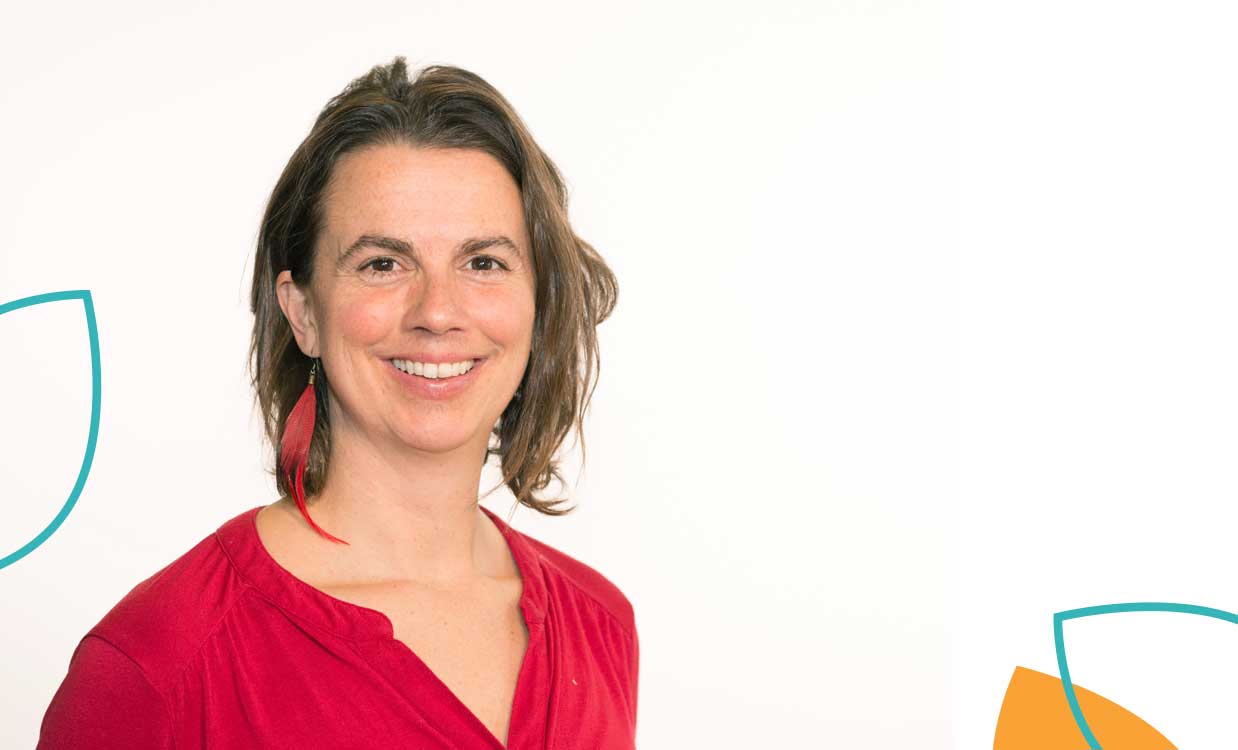
Shelly Crack
Northern Health AuthorityExperienced Dietitian with a demonstrated history of working in the hospital & health care industry. Skilled in Nutrition Education, Yoga Instruction, Clinical Nutrition, Medical Nutrition Therapy, and Eco-friendly. Strong healthcare services professional with a Bachelor’s Degree focused in Dietetics/Dietitian from The University of British Columbia.
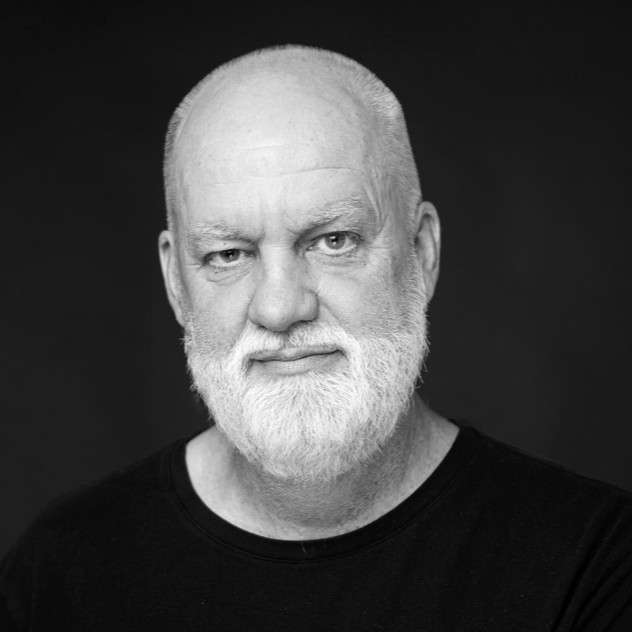
Andre Picard
The Globe and MailAndré Picard is the health columnist at The Globe and Mail, where he has been a staff writer since 1987.
https://www.theglobeandmail.com/authors/andre-picard/
He is also the author of six books, including the current bestseller, Neglected No More: The Urgent Need To Improve The Lives of Canada’s Elders.
André is also an experienced public speaker on health issues, represented by the Talent Bureau. https://talentbureau.com/speaker/andre-picard/
He is a graduate of the University of Ottawa and Carleton University, and has received honorary doctorates from seven universities, including the University of Toronto and UBC.
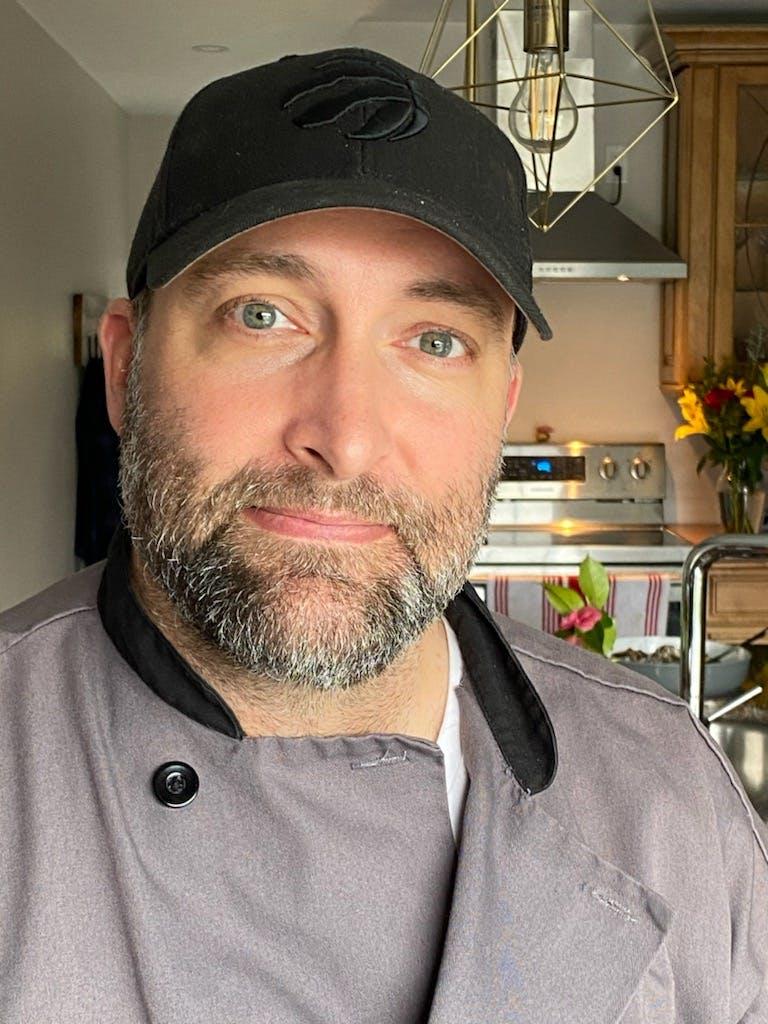
Paul Stewart
Cool AidPaul is the Head Chef of the Victoria Cool Aid Society whose culinary career was inspired by his late Mother Anita, who was a cookbook author, culinary activist, and recipient of the Order of Canada. A graduate of the Stratford Chefs School and armed with over twenty years of culinary experience and his Red Seal certification, Paul and his team prepare, deliver and serve nearly 1000 meals a day to members of Victoria’s most vulnerable populations.
His career has taken him to remote gulf islands in BC, a fly-in fishing lodge in Northern Ontario, a boutique hotel near Parliament hill in Ottawa and now into Social Services and Healthcare on Vancouver Island. Paul’s food philosophy has always been “fresh, local and seasonal” with an emphasis on working with local farms and producers. Paul is also an advocate for food rescue, reducing food waste and the long term sustainability of our food supply chain. He is grateful to live on Vancouver Island with his three sons and to be part of the diverse and bountiful food, beverage, and farming community that this area has to offer, along with its growth and preservation.
Moderator:
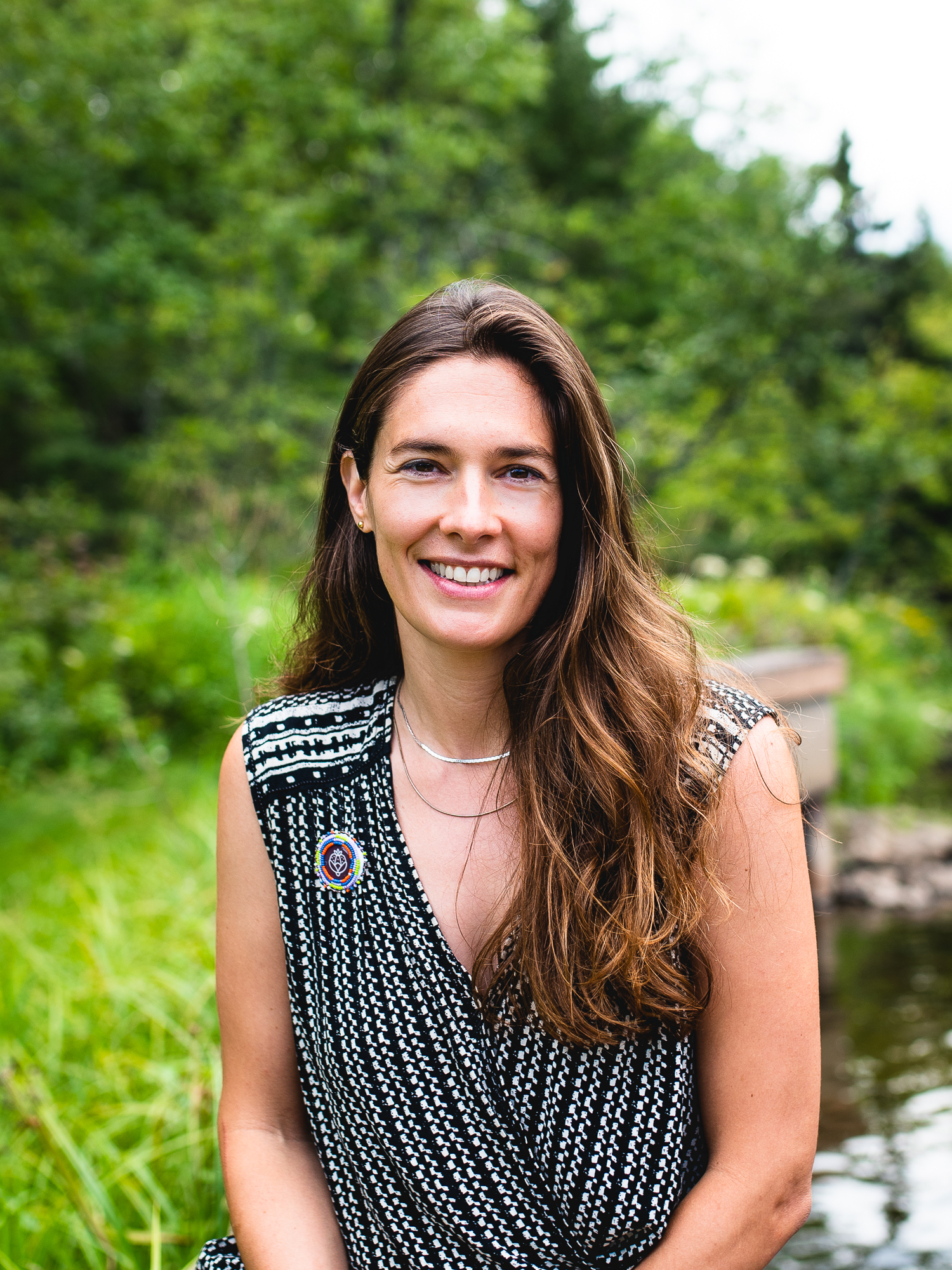
Hayley Lapalme
Nourish LeadershipHayley is a nationally recognized leader in systems transformation at the intersection of food, health equity, and climate. With over fifteen years of experience advising public institutions and senior executives across Canada, she brings a strategic and relational approach to complex change—grounded in systemic design, participatory governance, and a deep commitment to reconciling relationships with Indigenous peoples and the ecosystems that sustain us.
She is the co-founder of Nourish, a national charity working to harness the power of food in health care. Through leadership development, cross-sector convening, and policy co-design, Nourish brings together health leaders, clinicians, Indigenous knowledge keepers, farmers, chefs, and policymakers to reimagine hospital food systems as drivers of climate action, health equity, and reconciliation. The organization’s work has shaped national policy and provincial frameworks on low-carbon procurement, traditional food access, and sustainable menus in hospitals and long-term care.
Early in her career Hayley received the CBC’s Peter Gzowski Fellowship; she continues to enjoy writing, reading, and speaking on planetary health, cultural regeneration, and nature connection. She holds a B.A. from McGill University and an M.Ed. in Leadership, Adult Education, and Community Development from the University of Toronto. An eleventh-generation French Canadian settler, Hayley lives, works, and mothers on lək̓ʷəŋən territory.




As Canada diversifies its trading relationships, it should not overlook the opportunity to strengthen ties with developing countries, especially as they simultaneously advance the SDGs. This session will highlight a unique Canadian initiative in Latin America, administered by the Social Venture Exchange (SVX) in collaboration with Global Affairs Canada, private investors, and Colombian and Mexican partners.
Featuring:
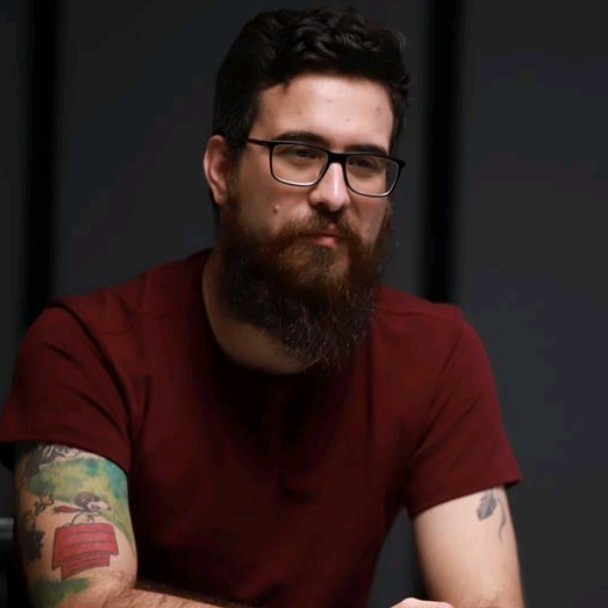
Federico Restrepo Sierra
Energia Vectorial (and Co-Founder, Impact Hub Medellin)Visionary, effective and execution oriented. I work supporting impact entrepreneurs in scaling their ventures and strengthening their value proposition and businesses model.
I have traveled to more than 50 countries to experience the multicultural richness of our world. I consider myself an adventurer that wants to make this world a better place
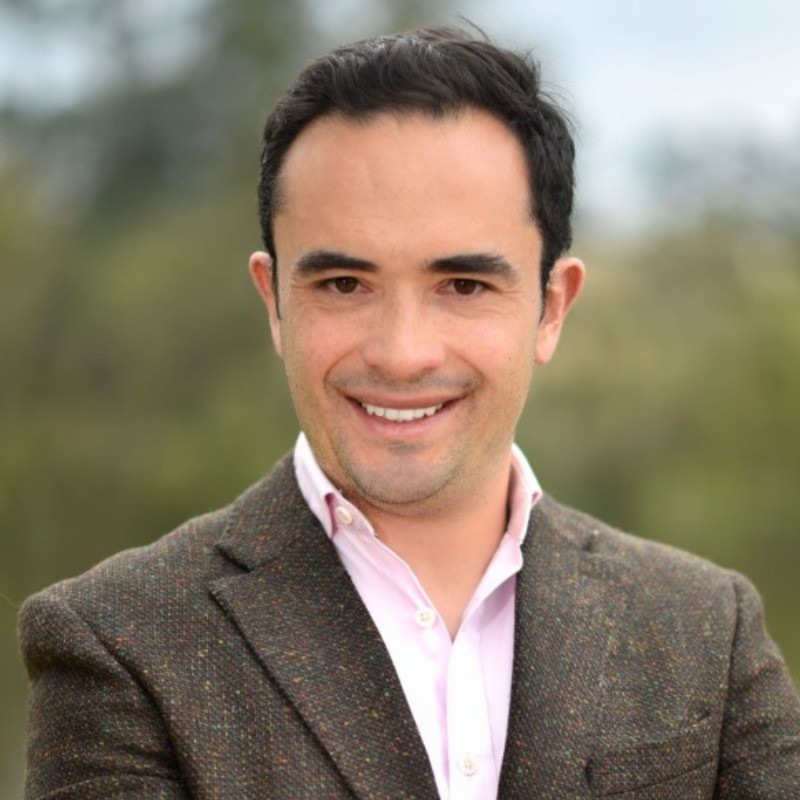
David Sánchez
AmploDavid R. Sánchez is the Founding and Managing Partner of Amplo Kaya, a Latin American impact investment and advisory firm dedicated to unlocking capital for sustainable and inclusive growth in emerging markets. At Amplo Kaya, David leads the design, structuring, and operation of financial mechanisms that bridge commercial viability with environmental and social impact, ranging from blended finance vehicles and results-based payment models to green credit lines, guarantee funds, and impact-linked incentives.
His work spans both investment advisory and development consulting. On the investment side, David has helped mobilize +60MUSD in capital for over 55 high-impact enterprises, supporting their growth through investment readiness, financial modeling, and deal structuring. He has also advised financial institutions and public-private alliances to deploy capital aligned with green taxonomies, climate goals, and inclusive finance standards.
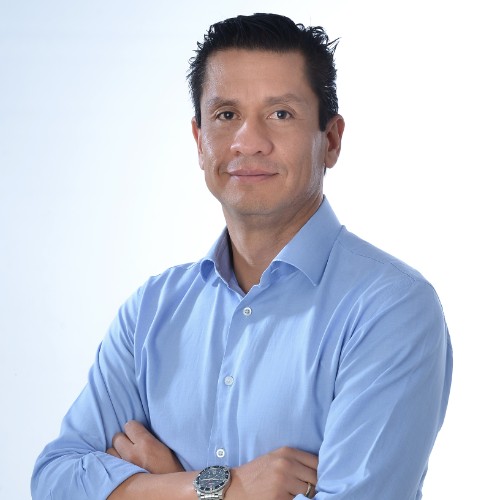
Diego Lozano
Campo CapitalIndustrial Engineer and MBA, with a professional career in the financial and agricultural sectors. Entrepreneur, Founding Partner of Campo Capital in 2010. Professional experience includes senior management, entrepreneurship, and consulting positions for national and international, government, and multilateral companies.
Experience in more than 200 projects in the agricultural and forestry sectors on various fronts, and I have been responsible for managing resources or assets worth more than USD 4 billion. I have experience as a legal representative before the Financial Superintendency and as a government employee.
Specialties: Project management and asset management, agricultural finance, investment banking, and financial consulting. Experience as an entrepreneur.
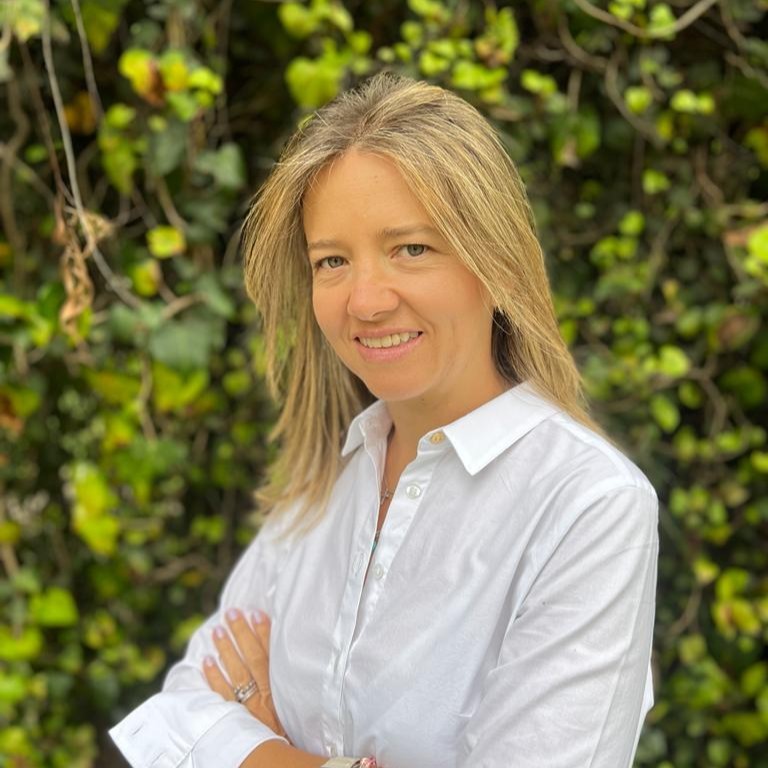
Paula Delgadillo
SVX ColombiaPaula Delgadillo Sanz de Santamaría, based in Bogotá, Bogota, CO, is currently a Project Director Colombia at Social Venture Connexion (SVX). Paula Delgadillo Sanz de Santamaría brings experience from previous roles at NAB Colombia, Rentek, WAI – Women in Alternative Investments and Aritmetika. Paula Delgadillo Sanz de Santamaría holds a 2010 – 2012 Master of Arts (MA) in Administración @ Tulane University.
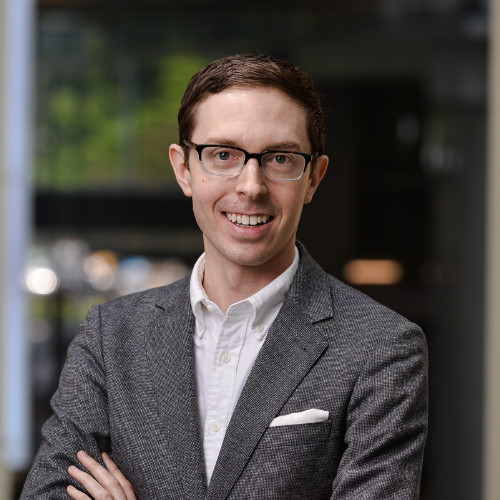
Adam Spence
SVX ColombiaAdam Spence is the CEO, Co-Founder and Director of Social Venture Connexion (SVX). Adam helped startup VERGE Capital, the MaRS Centre for Impact Investing, B Lab Canada, the MaRS Catalyst Fund (now Amplify Capital), and the School for Social Entrepreneurs – Ontario. He was Executive Director of the Ontario Association of Food Banks (OAFB) and he led a number of higher education and training organizations. Adam has spoken to audiences across the country on issues related to education, poverty, and impact investing and he has been featured in numerous media outlets, including CNN, TVO, CTV, CBC Television and Radio, BNN, Forbes, GlobalTV, the Toronto Star, the Financial Post, and the Globe & Mail. In 2002, Adam was awarded the Queen’s Jubilee Gold Medal, in 2012 Adam was named one of McMaster University’s 125 People of Impact, an honour given to McMaster staff and alumni who have made the greatest impact over the past 125 years, and in 2014 Adam was named one of Seven Canadians Thinking Big by the Toronto Star.
Moderator:
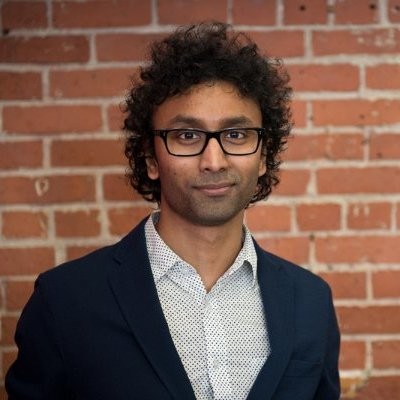
Vinod Rajasekaran
Future of goodAn award-winning innovator, Vinod Rajasekaran is CEO of Future of Good, a leading not-for-profit media, learning and research organization equipping changemakers with essential insights and knowledge on transformations shaping the social purpose world. Tens of thousands of changemakers subscribe to Future of Good everyday to fuel their learning, development and decision-making. Future of Good’s groundbreaking summits on Black Leadership in Social Impact, Changemaker Wellbeing, AI for Social Impact, and Social Finance Forum have convened more than 7500 changemakers to learn, gain practical knowledge, and make a bigger difference at work and on the causes they care about.
Vinod is also the author of Future of Good’s annual ‘Trends & Tensions Shaping the Social Purpose World’ report, a widely referenced annual essential briefing for leaders and teams on signals to watch. In addition to leading Future of Good, Vinod teaches a Master’s level course on the trends and debates shaping the future of philanthropy at Carleton University. Prior to launching Future of Good, Vinod oversaw strategy and business model development as the founding Managing Director of Rideau Hall Foundation, chaired by former Governor General David Johnston.
He was Co-founder and Executive Director of Impact Hub Ottawa, the largest multi-sector coworking environment in Canada’s capital. Vinod also launched Canada’s social R&D network as a Fellow with SiG and McConnell Foundation working to strengthen R&D capacity in Canada’s non-profits. His ground-breaking work in social R&D is referenced around the world. Vinod has also worked abroad with various international development organizations.



Building on the VF24 session on this topic, and with reference to a discussion paper prepared over the past few months, this session will present and discuss a proposal to establish a community of practice focused on developing the field of asset holders’ – such as philanthropic foundations and impact investment funds – participation in formulating public agendas; establishing pooled efforts to advance policy; guidelines for responsible advocacy, case studies and more.
Featuring:
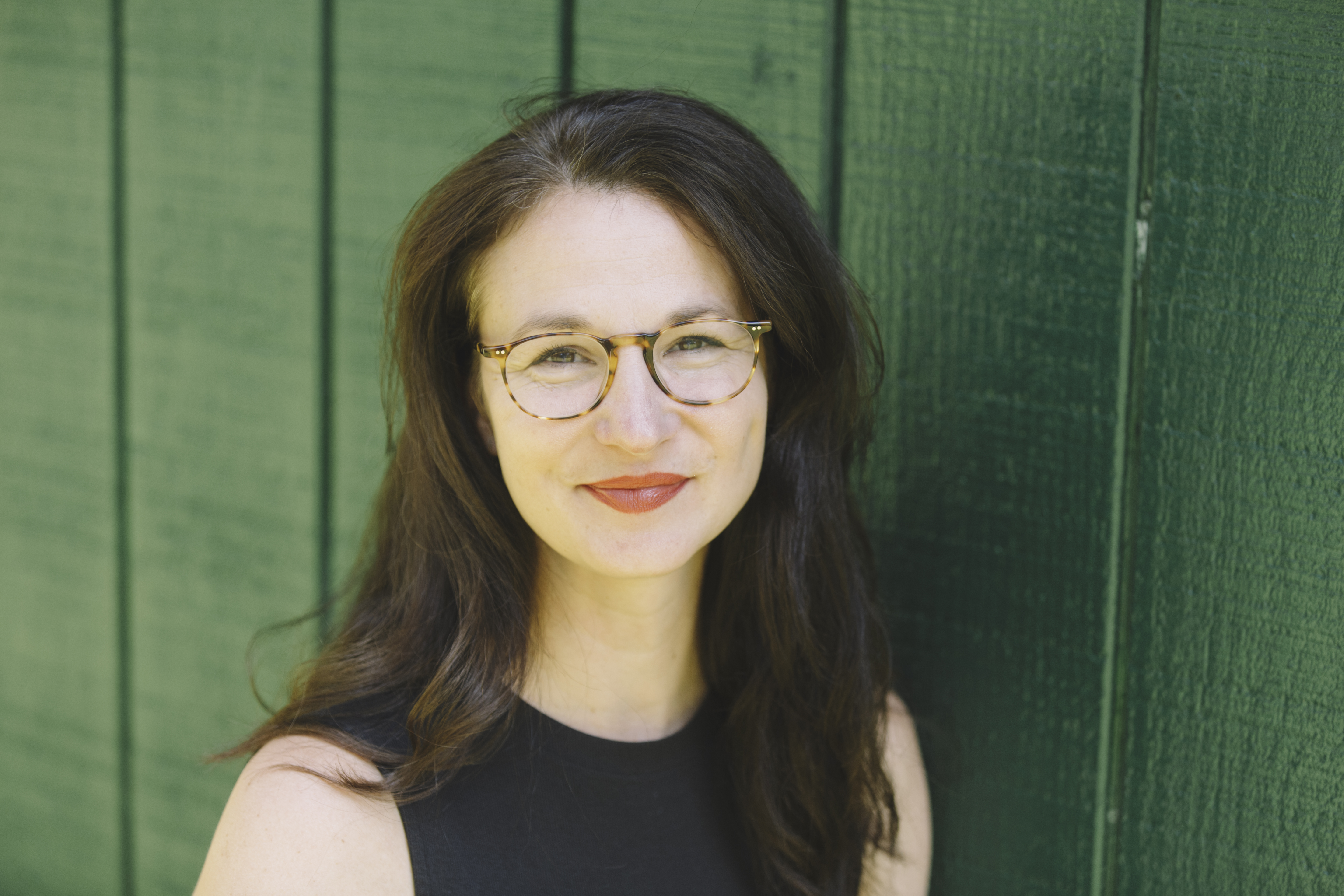
Sara Krynitzki
Philanthropic Foundations CanadaSara is Associate Chief Executive Officer at Philanthropic Foundations Canada – Canada’s national network for grantmaking foundations. She works closely with the President & CEO overseeing thought-leadership, organizational management, and operations, while guiding PFC’s public policy and advocacy agenda, research, and public relations activities to foster good public policies for the sector and to advance impactful, forward-thinking philanthropy.
Sara has spent almost 25 years leading non-profit and social impact initiatives across Canada. She began her career in fundraising, has worked on Parliament Hill, and for over eight years managed community initiatives and granting for one of Canada’s largest community foundations, allocating millions of dollars annually to tackle inequity in her city, and connecting philanthropy to the greatest needs.
Sara is passionate about advancing advocacy in Canada’s non-profit and charitable sector. She has a BA in Political Studies from Trent University and a Master’s in Public Policy and Public Administration from Concordia University. She sits on the board of directors of Sustainability Network, and in 2024 she was appointed to the CRA and Finance Canada’s Technical Issues Working Group, advising the Government of Canada on charity regulation.
Having lived across Canada and internationally, Sara is now based in Toronto with her husband and three children. The land that Sara and her family live, learn and work on has been home to many Indigenous communities throughout time, including the Wendat, Anishinaabe, Mississaugas of the Credit, and the Haudenosaunee. The area is covered by Treaty 13 signed with the Mississaugas of the Credit, and it is now home to many diverse First Nations, Inuit and Métis peoples.
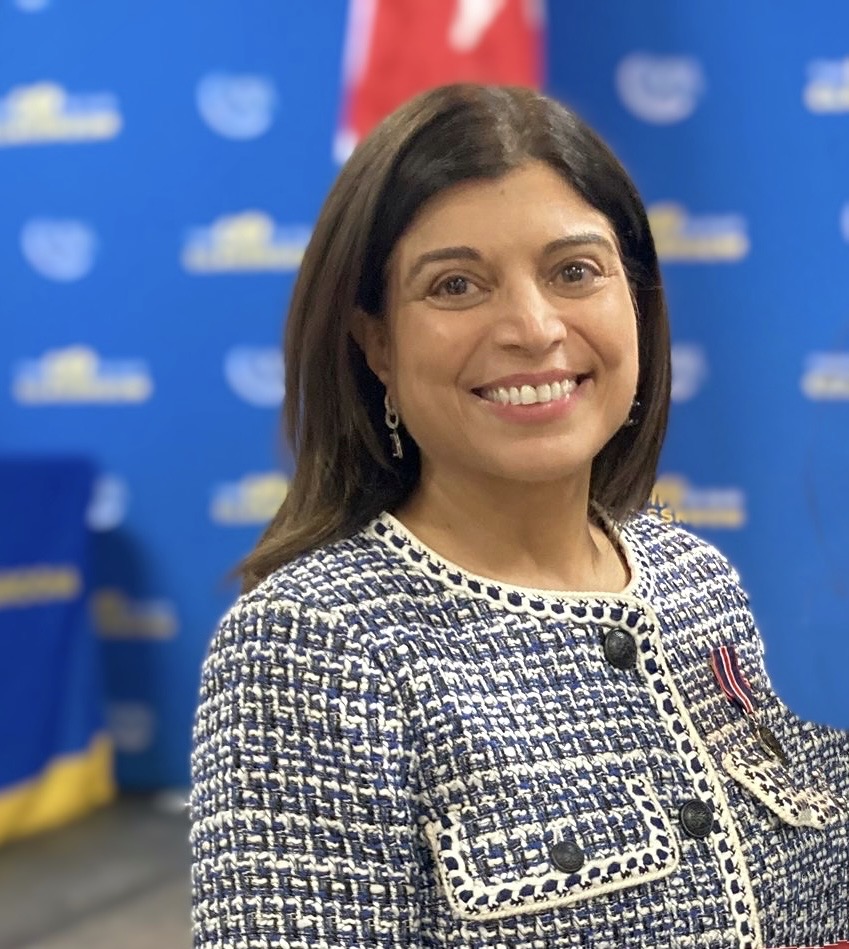
Arti Freeman
Definity FoundationArti Freeman President and CEO of Definity Foundation, a national philanthropic organization that works with charitable partners across Canada to advance community led solutions that further climate, health, and socio-economic justice. Arti has over 20 years’ experience in the philanthropic and nonprofit sector. Her ability to lead and bring diverse players and sectors together to address systemic challenges speaks to her passion of driving positive social change. Her innovative approaches to high-impact philanthropy have been featured by The Philanthropist and the Grantmakers for Effective Organizations. Arti has lived and worked in several countries, including India, the Philippines, Belgium. South Africa, and ultimately made her home in Canada.
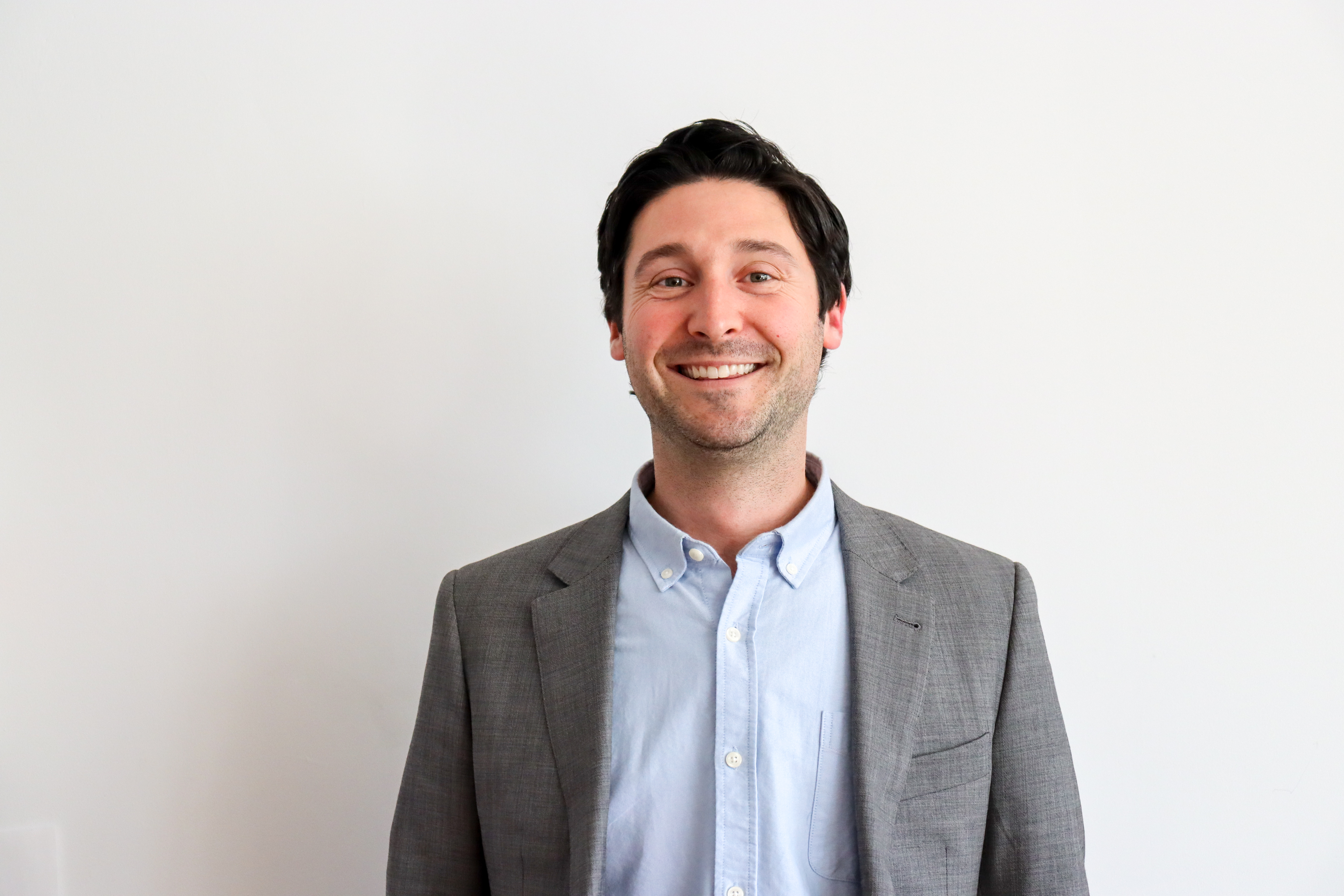
Jory Cohen
Inspirit FoundationJory Cohen is the Director of Finance and Impact Investment at Inspirit Foundation. Since graduating from the Richard Ivey School of Business at Western University as the Valedictorian of his class, Jory quickly garnered a reputation as a leader in the impact investing field.
Before joining Inspirit, Jory was the Managing Director of Youth Social Innovation Capital Fund, an impact investing fund supporting young entrepreneurs. He also co-founded a business in East Africa based on the fair-market-value sales of honey.
Most recently, Jory played an integral role in launching Inspirit’s 100% impact portfolio and continues to lead the rollout of that strategy while managing all aspects of the finance department. Jory is often called upon to share his expertise within the sector and academic institutions.
Moderator:
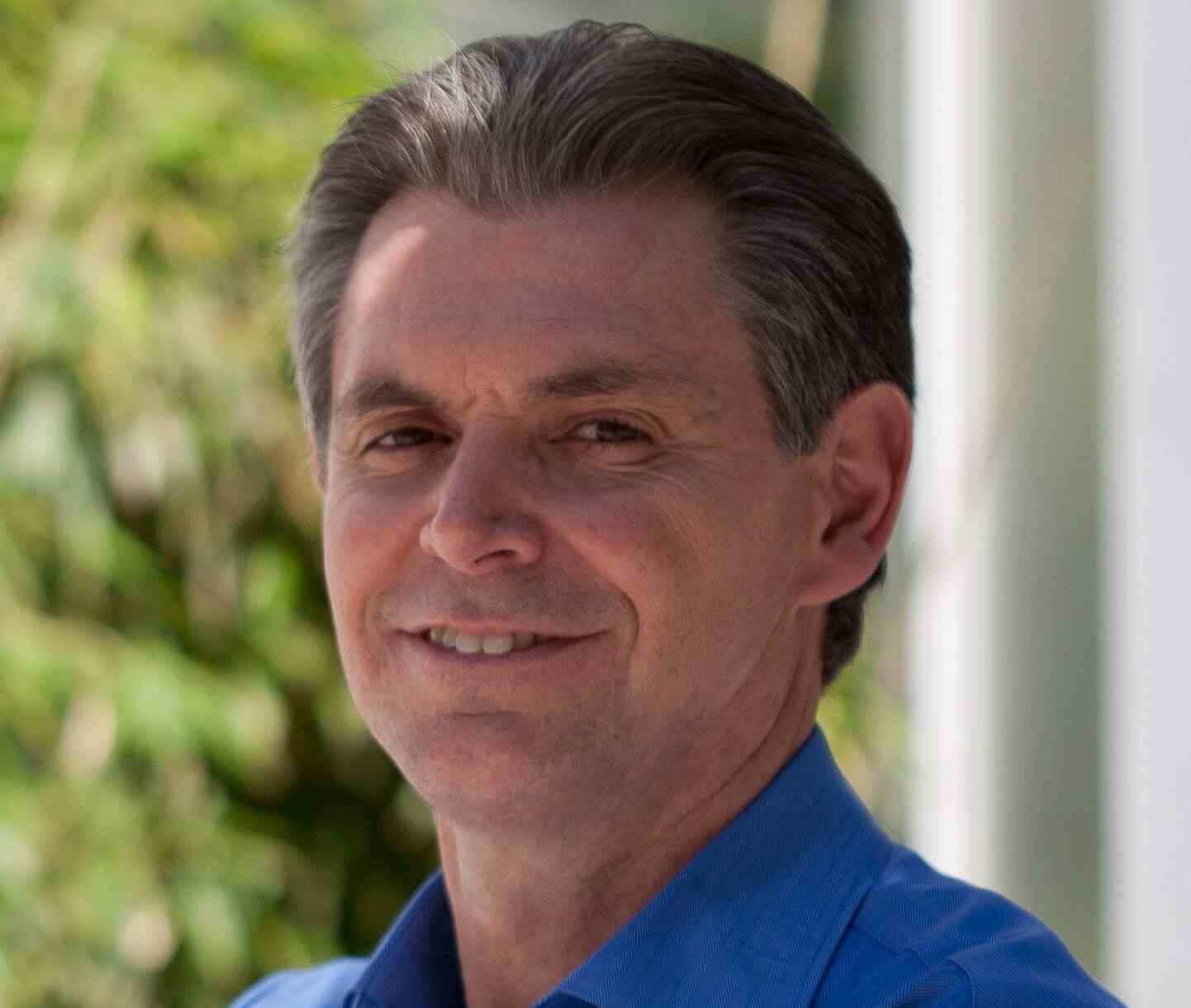
Richard Muller
Impact United Academy, SVXRichard Muller is Board Chair of Impact United Academy (impactunited.ca), a newly-formed Canadian charity providing educational and knowledge-sharing opportunities for impact investors, asset owners and asset stewards. He is also Senior Advisor to SVX, an impact investing advisory working with high-net-worth individual investors, family offices and foundations across Canada. Prior to 2021, for five years Richard held various executive positions with Toniic, a global membership community comprised of active impact investors from more than 25 countries. Richard also operates a private equity and management consulting firm focused on mission-based organizations and social enterprises.



3:05 p.m.
Break
3:20 p.m.
Parallel Sessions (David Strong Building)
Shifting the trajectory requires leaders in public and private sector organizations to think and act differently. This session will explore how to develop different mindsets and skill sets and how Business Schools need to adapt.
Featuring:
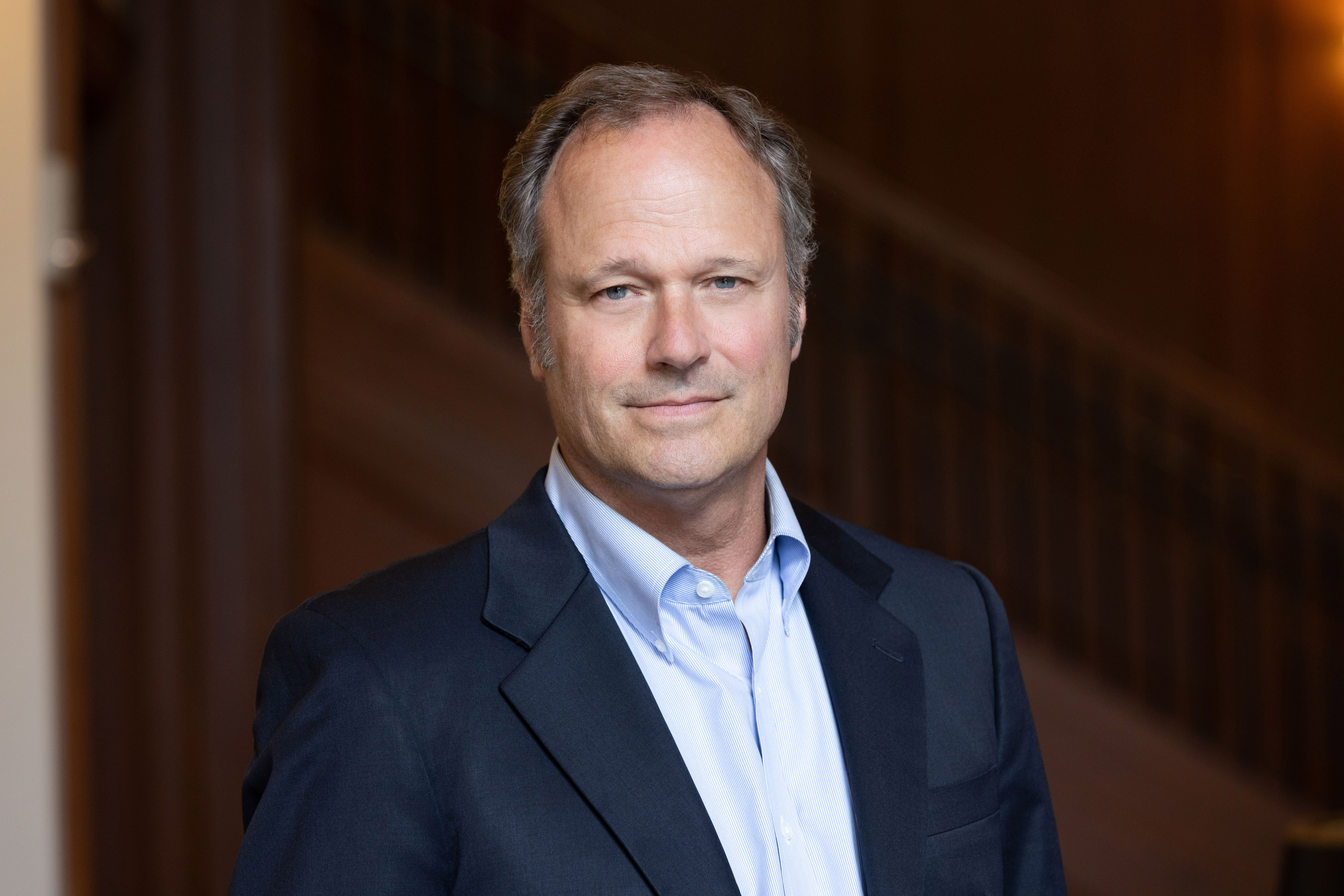
Andy Hoffman
University of MichiganAndrew (Andy) Hoffman is the Holcim (US) Professor of Sustainable Enterprise at the University of Michigan; a position that holds joint appointments in the Stephen M. Ross School of Business and the School for Environment and Sustainability. His 30 years of work examines how institutions and cultures change with a specific focus on sustainability, the natural environment, and climate change. He has published over one-hundred articles/book chapters and nineteen books, which have been translated into six languages. His most recent book – Business School and the Noble Purpose of the Market (Stanford, 2025) – calls for major reforms in business education to address the challenges of the 21st century world. His work has been covered in numerous media outlets, including the New York Times, Scientific American, Time, the Wall Street Journal, National Geographic, The Atlantic and National Public Radio.
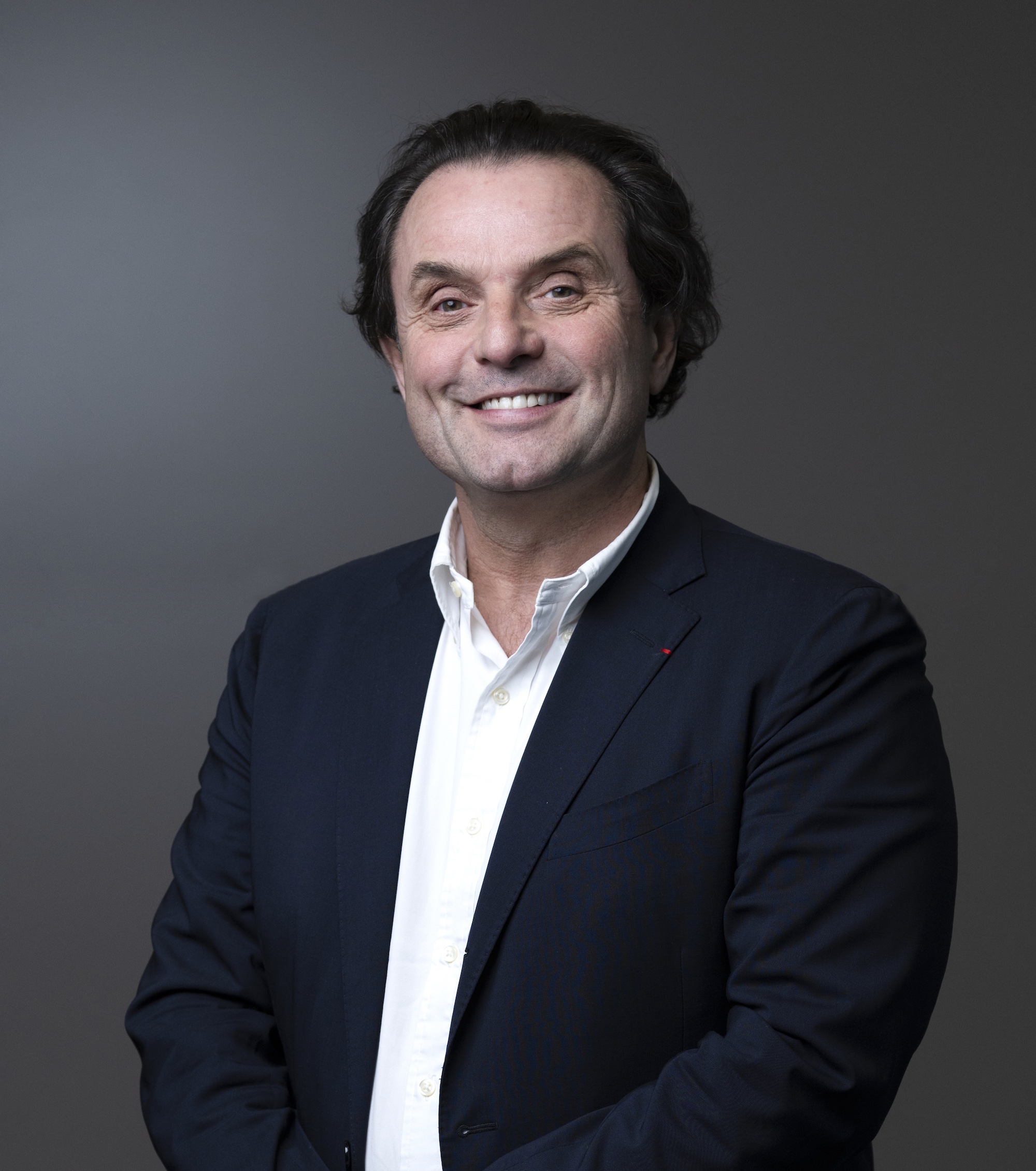
Eric Cornuel
European Foundation for Management Development (EFMD), BrusselsProf. Eric Cornuel is the President of EFMD Global since 2000.
He holds a degree in Sciences Po from IEP Paris, an MBA from HEC Graduate School of Management in Paris, and a DEA in strategy and management from Paris Nanterre University, together with a Doctoral Certificate in Strategy from HEC Paris and a PhD in management, written on international network organisations, from Paris Dauphine University.
Prof. Cornuel started his career as an entrepreneur by setting up a hydroelectric power plant in France while he was still a student. He was also the Coordinator of the HEC Institute for Central and Eastern Europe. From 1997 to 1999, he served as Dean of KIMEP, at the time the leading business and economics school in Central Asia, where he was awarded an honorary professorship.
He has taught for over 20 years at various management schools in Europe and Asia, holding the positions of Affiliate Professor at HEC Paris and Professor at the Catholic University of Louvain.
Prof. Cornuel received several awards, including, in 2018, the Magnolia Award from the city of Shanghai and the French National Order of the “Légion d’honneur.” He also received awards from PRME and CEIBS, as well as the John Fernandes Prize for entrepreneurship in management education and the Koźmiński University personality of the year award.
In 2023, Prof. Cornuel was honoured with a Doctorate Honoris Causa from Koźmiński University, followed by another prestigious recognition from ESCP Business School in 2024.
His recent publications include Business School Leadership and Crisis Exit Planning, published by Cambridge University Press in 2022; Leading Business Schools, published by Routledge in 2023; and the forthcoming Management Education and the Rise of Uncertainty of Global Business, to be published by Oxford University Press in January 2026.
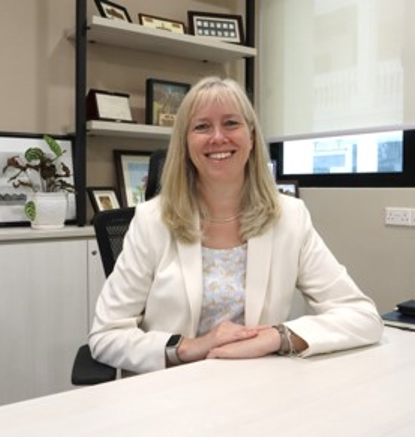
Rebecca Taylor
University of SouthamptonProfessor Rebecca Taylor is a Pro Vice Chancellor at the University of Southampton, UK and the CEO of the University of Southampton Malaysia. Previously she was the Executive Dean for the Faculty of Business and Law at The Open University for 6 years. Rebecca is a highly experienced educator at undergraduate and postgraduate level, with research interests in international economics and the development of online learning materials. Rebecca holds a BA(Hons) in Economics from Queen’s University, Canada, an MSc in Economics from the University of Toronto, and a PhD in Economics from the University of Portsmouth. Rebecca represents the University and the Faculty on a number of high-profile national and international boards; she is the Vice-President (academic) of the European Foundation for Management Development (EFMD), the Deputy Chair of the Chartered Management Institute Malaysia, the Deputy Chair of the British Malaysian Chamber of Commerce Higher Education Committee, a member of the International Advisory Board of IESEG (France) and the Chair of the International Advisory Board of the LUISS Business School (Italy).
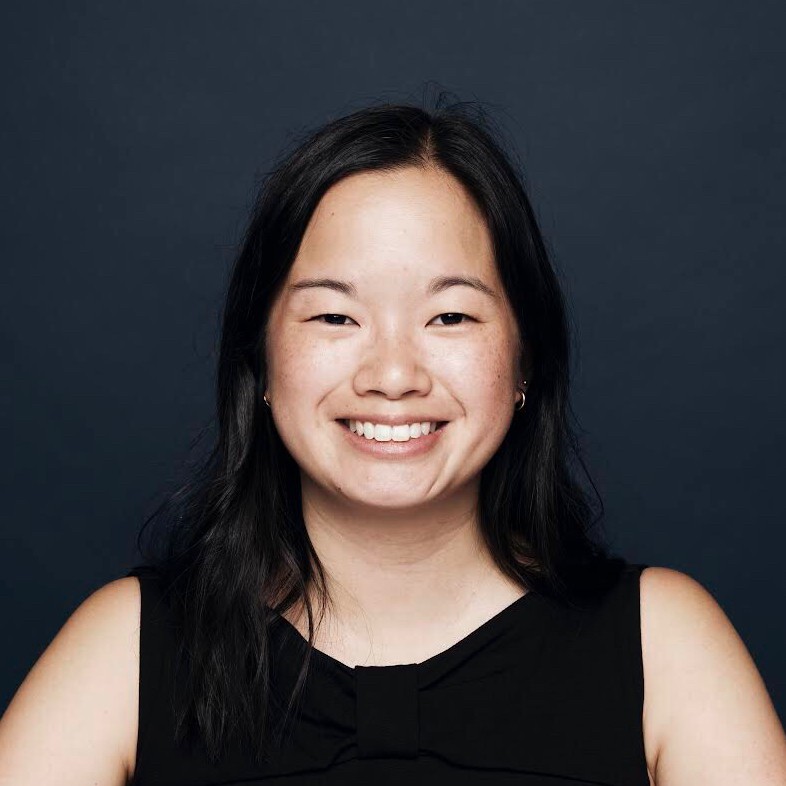
Cheralyn Chok
Propel ImpactCheralyn Chok (she/her) is the Executive Director and co-founder of Propel Impact.
Since the inception of Propel Impact in 2019, she has led the organization to train hundreds of young leaders across Canada, developing the programs she would have wanted to take part in years ago. Social and environmental impact have always been core to her work; Cheralyn brings entrepreneurial experience from founding and operating a zero-waste necktie company for seven years (Miley Cyrus bought one in 2015!) and was an early employee at social ventures ChopValue and Awake Labs.
Outside of Propel, Cheralyn serves on the board of the Tribe Network and as an advisory board member of the University of Victoria Impact Investing Hub. She holds a BCom from the University of British Columbia and was named a BCBusiness Top 30 Under 30 in 2022 and one of The Peak’s Emerging Leaders in 2024.
Moderator:
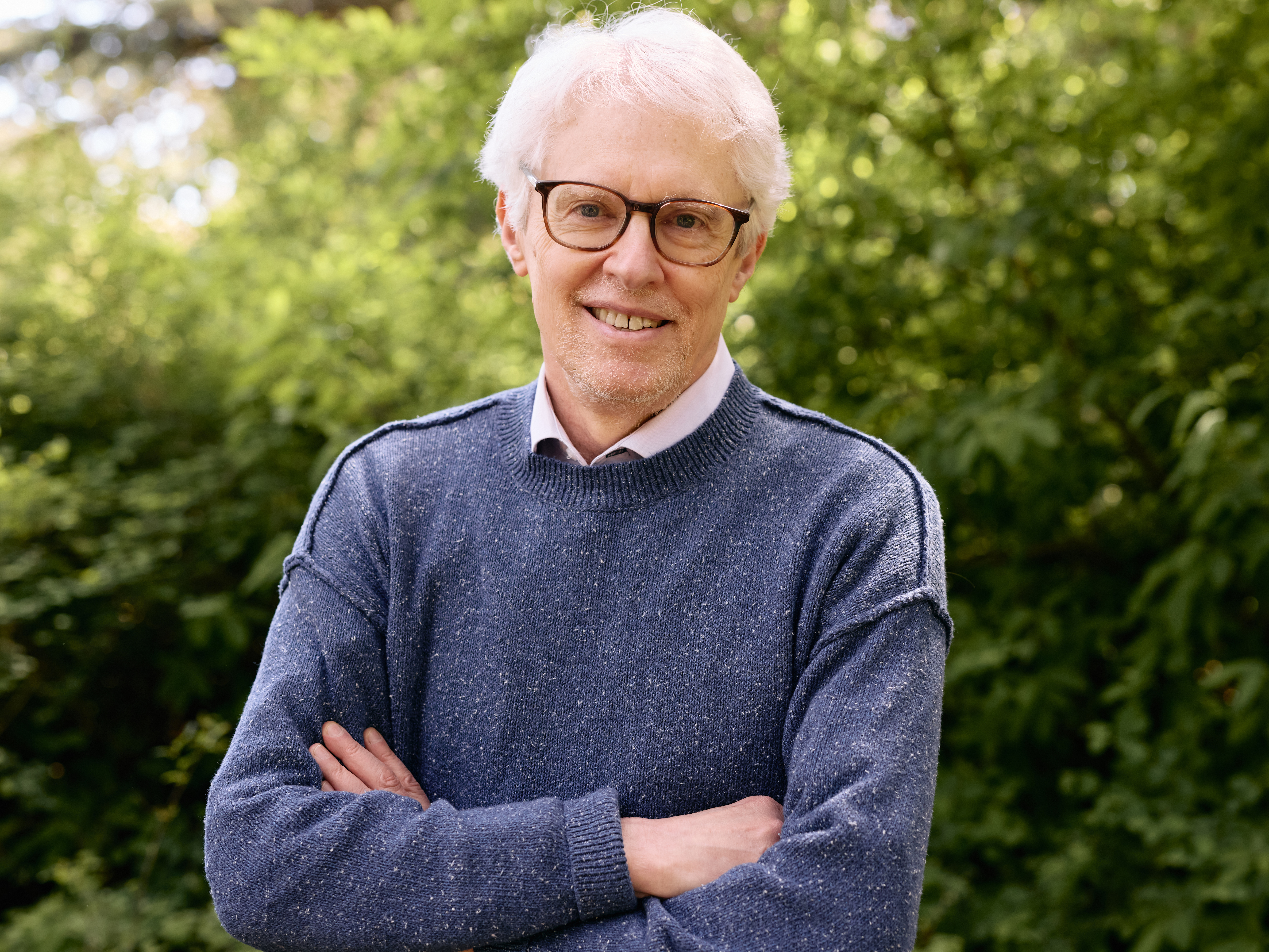
Andrew Petter, CM, OBC, KC
Simon Fraser UniversityAndrew Petter is President Emeritus of Simon Fraser University and Professor Emeritus in its School of Public Policy. He was Board Chair of Innovate BC from 2021 to 2024 and currently practices law with Arvay Finlay LLP.
Prior to joining SFU, Andrew was a professor in the University of Victoria Faculty of Law where he served as dean from 2001 to 2008. From 1991 to 2001, he was an elected Member of the Legislative Assembly of the Province of British Columbia and held numerous cabinet portfolios, including Aboriginal Affairs, Intergovernmental Relations, Advanced Education and Attorney General.
As SFU President from 2010 to 2020, Andrew oversaw the development and implementation of a strategic vision that distinguished SFU as Canada’s “engaged university defined by its dynamic integration of innovative education, cutting edge research and far-reaching community engagement.” Under his leadership, SFU was named Canada’s top comprehensive university for nine of ten years in Maclean’s Rankings, and was rated first in the world for its impact on sustainable cities and communities in the 2020 Times Higher Education’s Impact Rankings.
Andrew was inducted into the Order of Canada in 2019 and Order of B.C. in 2021 in recognition of his contributions to public policy and his leadership in advancing university-community engagement and higher education in Canada. In 2018 he was named recipient of Public Policy Forum’s Peter Lougheed Award for leadership in public policy.
He currently practices law as Counsel with Arvay Finlay LLP and serves on the Board of Trustees of the University of Central Asia.





This session explores the transformative impact of AI on society, the economy, and culture, emphasizing the global race to lead in AI innovation. With massive investments by countries like the U.S. and EU, there’s growing pressure to balance AI’s benefits with its risks. The session highlights the critical role of parliamentarians in shaping effective, informed policies. Experts will share insights on Canada’s AI progress, the supporting infrastructure, and international best practices needed to navigate this rapidly evolving landscape.
Featuring:
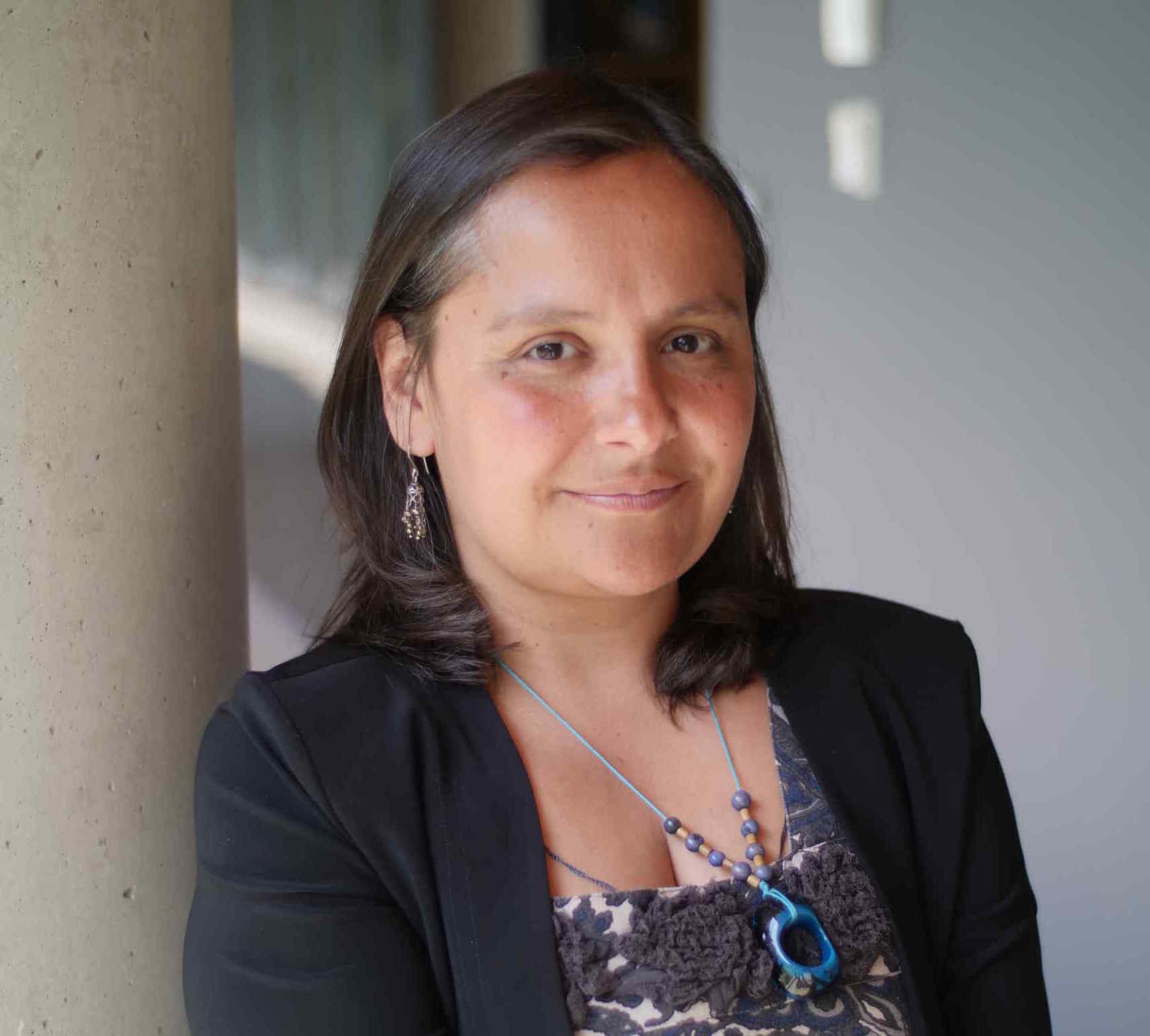
Vanessa Andreotti
Faculty of Education, University of VictoriaDr. Vanessa de Oliveira Andreotti, Dean of the Faculty of Education. Dr. Andreotti is a former Canada Research Chair in Race, Inequalities and Global Change and a former David Lam Chair in Multicultural Education. Dr. Andreotti has held academic positions in the UK, Republic of Ireland, Aotearoa/New Zealand and Finland.
She has worked extensively across disciplines, sectors and communities problematizing and offering alternatives to common approaches to social change that reproduce simplistic solutions to complex problems, paternalistic relationships with historically and systemically marginalized communities and ethnocentric ideals of sustainability, equity and justice. She is one of the co-founders of the Gesturing Towards Decolonial Futures (GTDF) Arts/Research Collective.
Dr. Andreotti is also a member of the College of New Scholars of the Royal Society of Canada. She joins the Faculty of Education at UVic with a mandate to advance decolonization, Indigenization, equity, justice and climate resilience efforts.
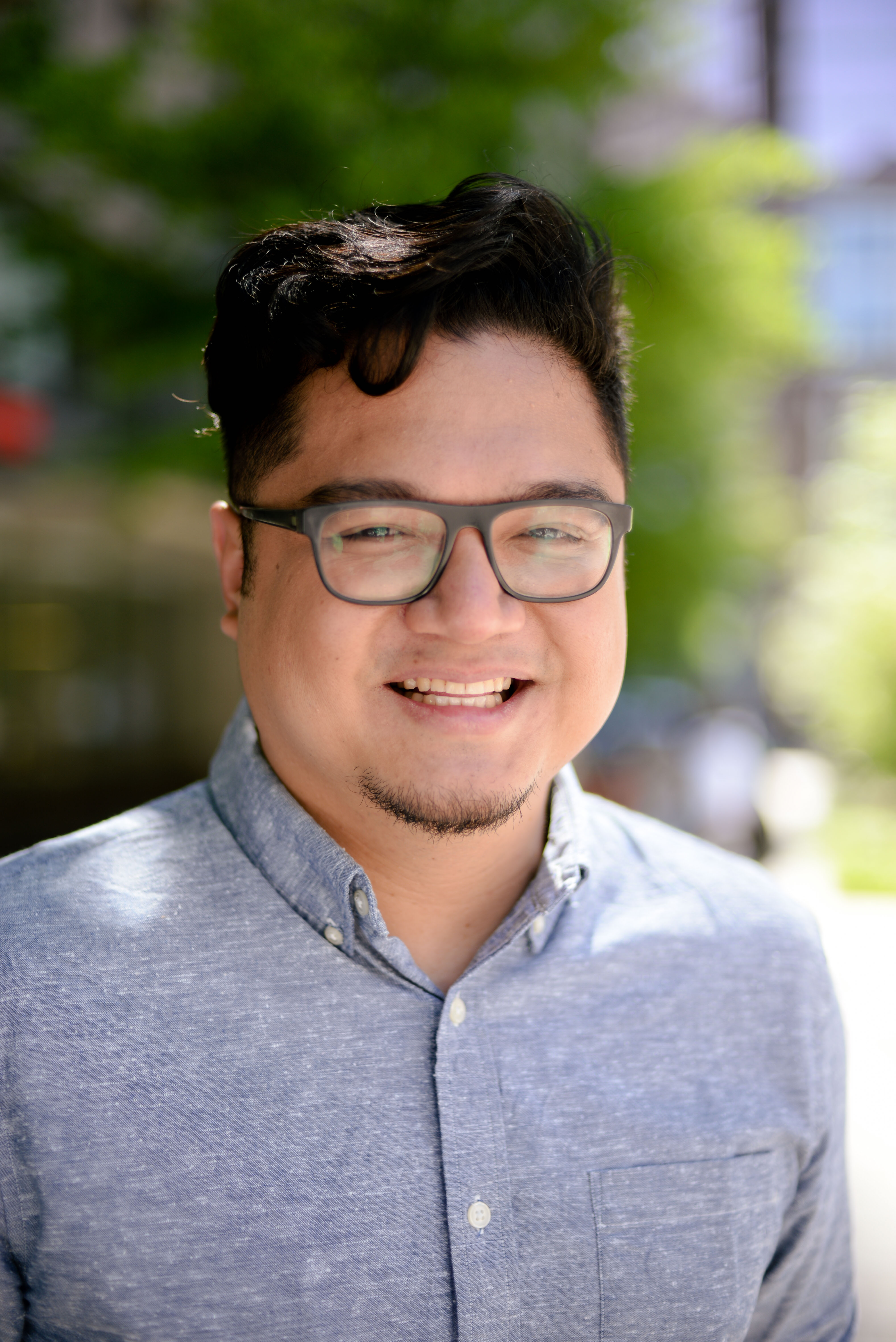
Renjie Butalid
Montreal AI Ethics InstituteRenjie Butalid is an entrepreneurial and results-driven senior tech executive with a proven track record of driving substantial revenue growth, cultivating high-impact partnerships, and navigating complex business and policy environments.
He is the Co-Founder and Director of the Montreal AI Ethics Institute (MAIEI), a global non-profit advancing AI ethics literacy, whose AI Ethics Brief newsletter reaches over 14,000 subscribers. MAIEI is a member of the U.S. Artificial Intelligence Safety Institute Consortium (AISIC) at NIST, The AI Alliance, and Partnership on AI.
Renjie is also VP Business Development and Advisor (GTM & Partnerships) at Metrika, a leading blockchain risk management platform, where he drives revenue growth and partnerships with financial institutions, G-SIBs, credit rating agencies, and regulators to enhance digital asset risk management and compliance.
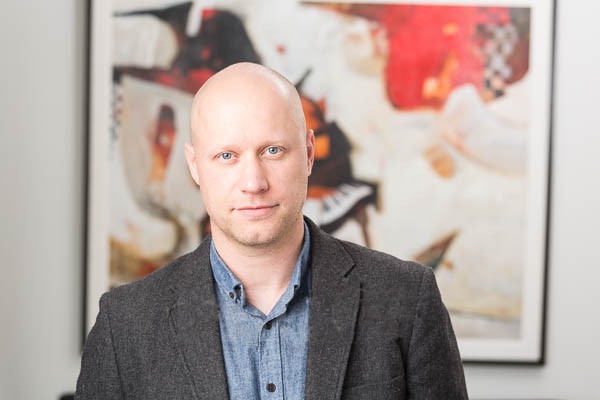
Alex Tveit
Sustainable Impact FoundationAlex Tveit is a forward-thinking leader of fostering systems change and community empowerment through his work. Guided by a commitment to practical, scalable solutions, Alex’s work is marked by a unique integration of systems thinking and community-centric approaches, addressing complex social issues with tangible impact. Through diligent work, Alex has highlighted the importance of weaving, relational networking and knowledge sharing, demonstrating how technology and AI can be pivotal tools for systemic change and inclusive social innovation.
Alex is the Co-Founder and CEO at Sustainable Impact Foundation, and also plays a pivotal role in Tech and AI Stewardship at MaRS Discovery District, focusing on the ethical development and use of technology. This role involves scrutinizing power dynamics and promoting inclusivity in tech innovation, ensuring that technological advancements contribute positively to social impact goals. Alex’s leadership in this realm is characterized by a strategic approach to leveraging technology as a catalyst for social change, championing initiatives that align tech development with the principles of equity and social good.
Beyond leading individual projects, Alex champions a collaborative ethos, dismantling silos to nurture a culture of collective intelligence and shared progress. Through strategic partnerships and innovative projects, Alex emphasizes the synergy of unity, technology, and deep community insights in sculpting a more inclusive and resilient future.
Moderator:
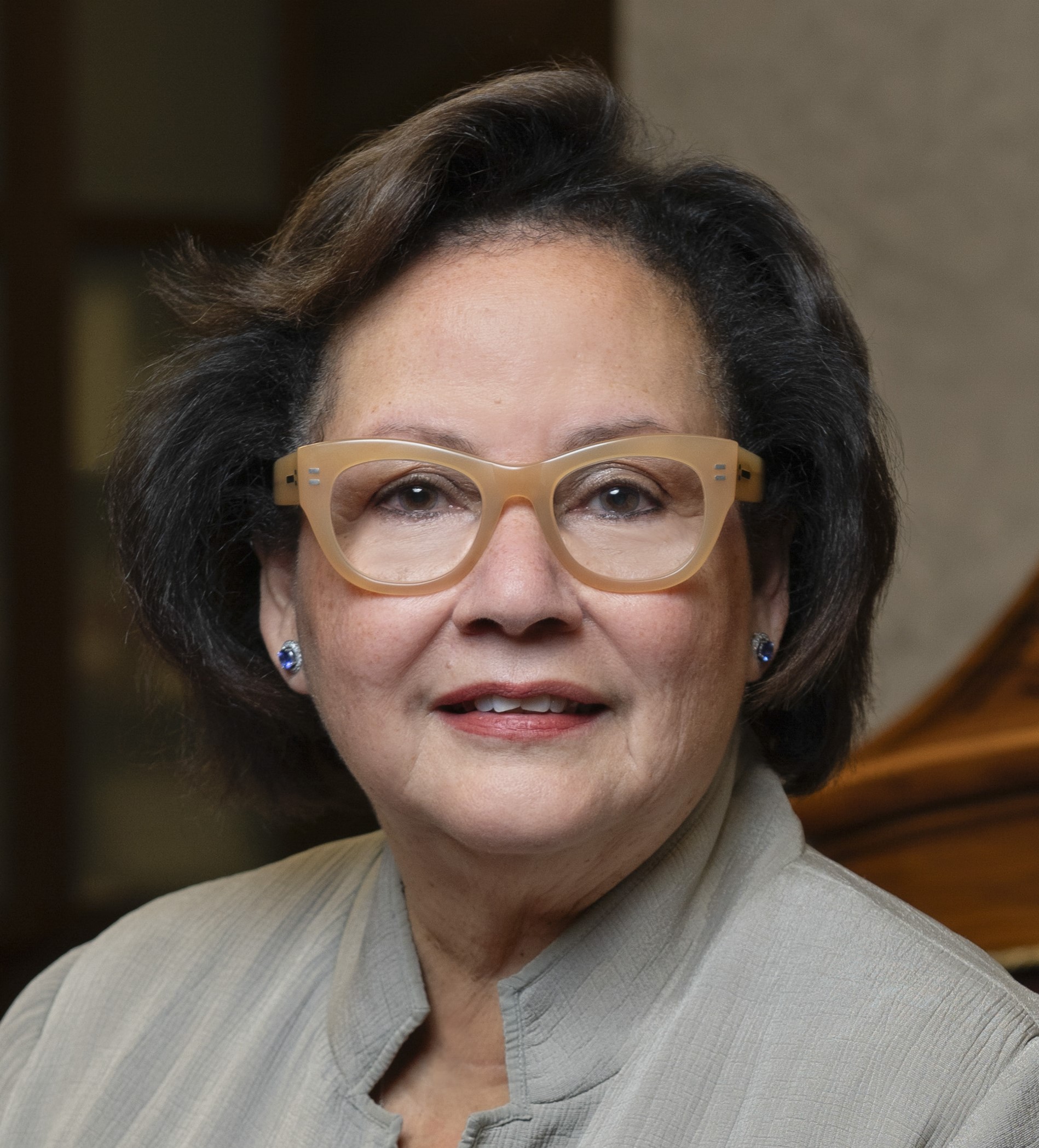
Rosemary Moodie
The Senate of CanadaThe Honourable Rosemary Moodie is an independent Senator representing Ontario. Born in Jamaica, she is a distinguished pediatrician, senior neonatologist, and Professor of Paediatrics at the University of Toronto. She holds both a Master of Business Administration and a Master of Public Administration, reflecting her strong commitment to leadership in both health and public policy.
In the Senate, Senator Moodie serves as Chair of the Standing Committee on Social Affairs, Science and Technology, and is a member of the Standing Committee on Internal Economy, Budgets and Administration. She is a leading voice on emerging technologies, particularly Artificial Intelligence, and has launched a Senate inquiry to explore its implications.
Senator Moodie also serves as Co-Chair of the Parliamentary Black Caucus and Chair of the African Canadian Senate Group. Throughout her career, she has been dedicated to reducing social inequities and health disparities in Canada, and continues to champion the rights of women, children, and marginalized communities through her Senate work.
A nationally and internationally recognized medical leader, Senator Moodie has received numerous awards and honours for her service, including the Order of Ontario.


Featuring:
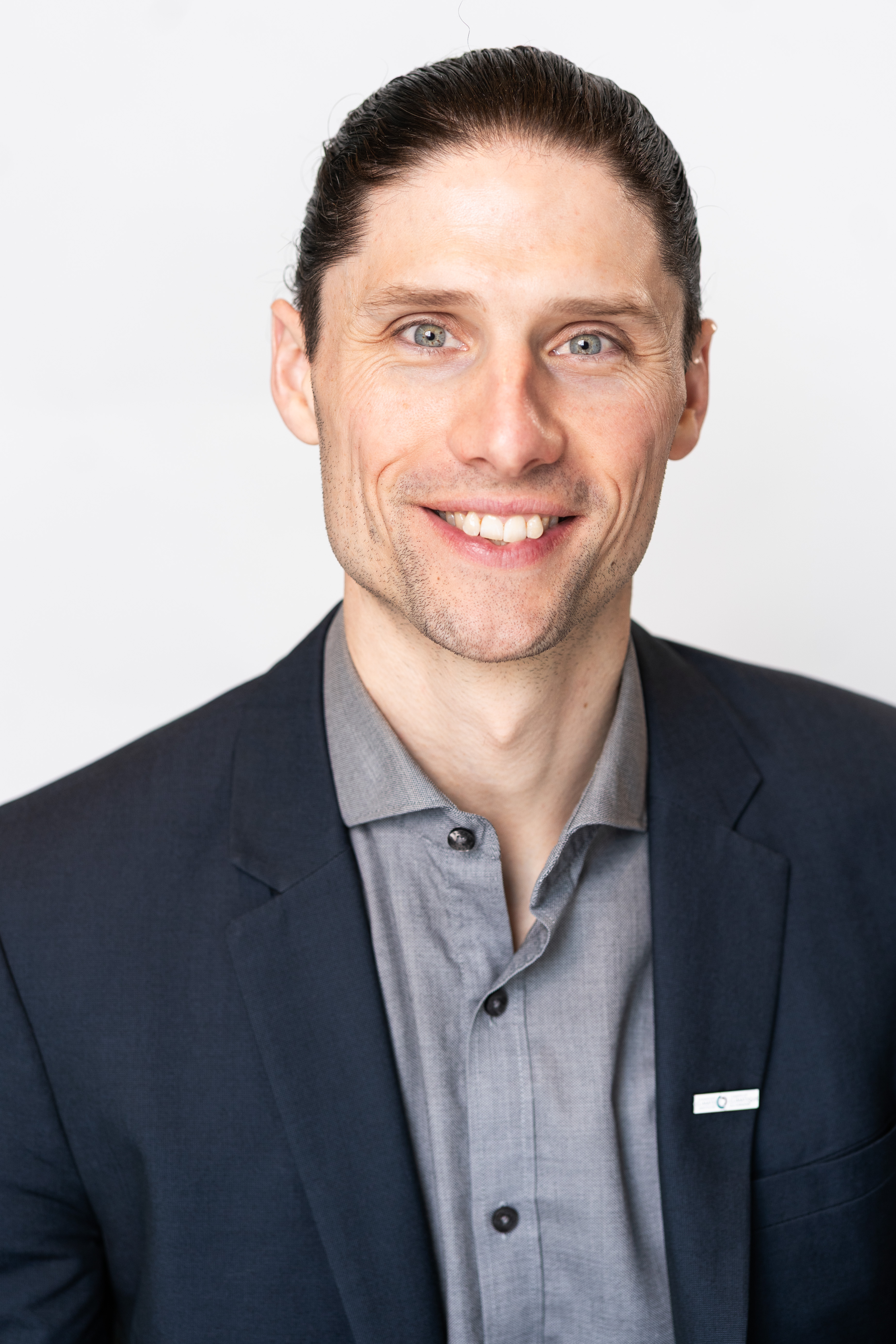
Jonathan Arnold
Canadian Climate InstituteJonathan is the director of sustainable finance at the Canadian Climate Institute. His research expertise cuts across a range of environmental and economic policy issues, including the global energy transition, sustainable taxonomies, corporate transition planning, and climate risk and finance. He holds a Master’s degree in public policy from Simon Fraser University and, prior to his work at the Institute, Jonathan held positions as a Senior Research Associate with Canada’s Ecofiscal Commission and Economist with Environment Canada.
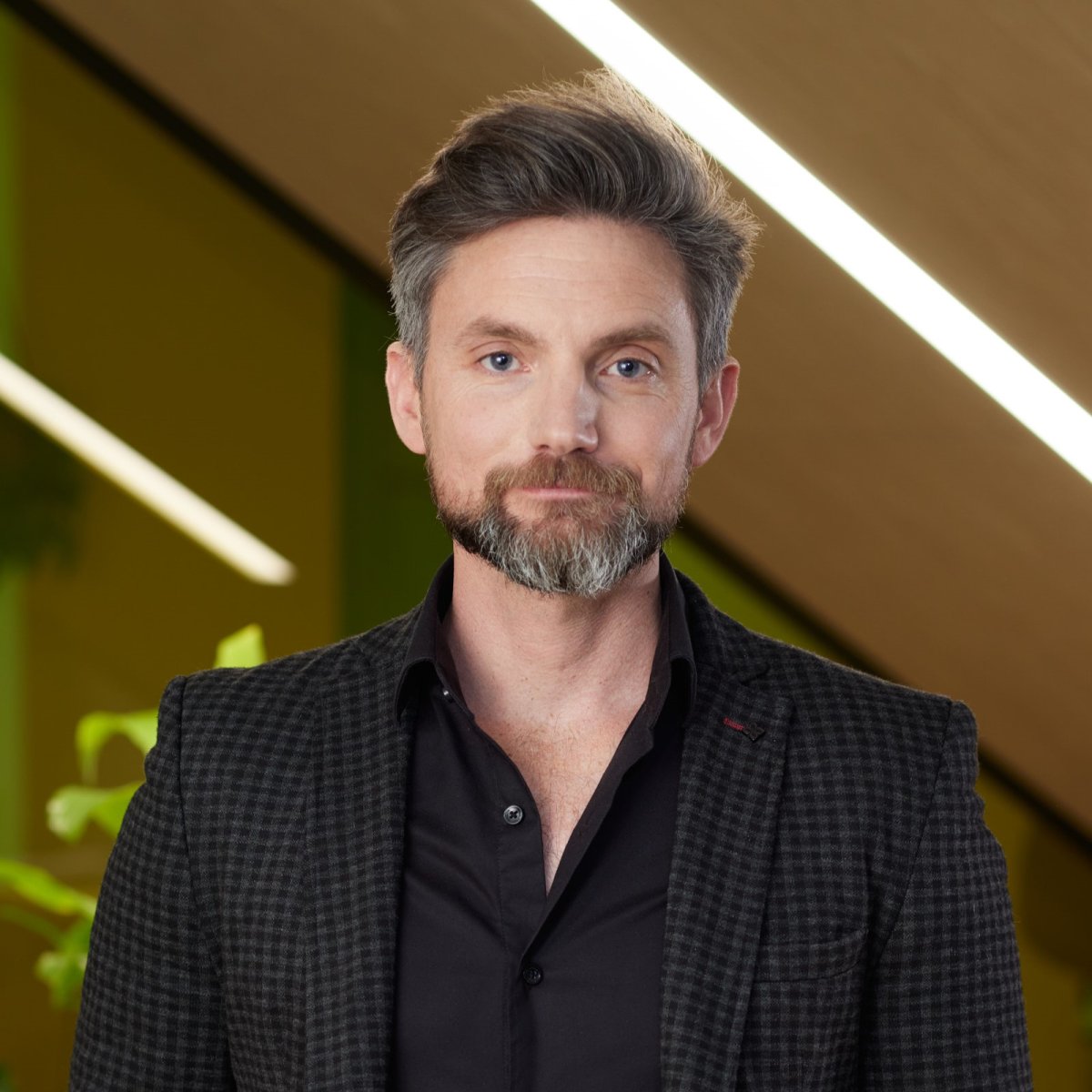
Florian Roulle
Finance MontréalFlorian Roulle is Vice-President, Sustainable Finance, at Finance Montréal. He leads the company’s sustainable finance efforts and, with his team, is responsible for mobilizing the organization’s members and partners to support all strategic initiatives to position Quebec’s financial center as a center of excellence and innovation in sustainable finance in North America.
Florian is also responsible for advancing Finance Montréal’s strategy in financial entrepreneurship and asset management, supporting the international recognition of Quebec’s financial industry.
Since 2018, Florian has been an active member of the Conseil régional des partenaires du marché du travail de Montréal, representing the corporate sector. He has served as its president since June 2022, emphasizing the importance of the region’s socio-ecological transition and striving to make the CRPMT a local, inclusive and positive-impact council.
Economist by training, Florian has over 15 years of experience in socio-economic research, strategic planning and government program evaluation, particularly related to economic development. In March 2025, Florian was awarded King Charles III Coronation Medal, a distinction recognizing his contribution to environmental protection, climate action and the advancement of sustainable finance in Canada.
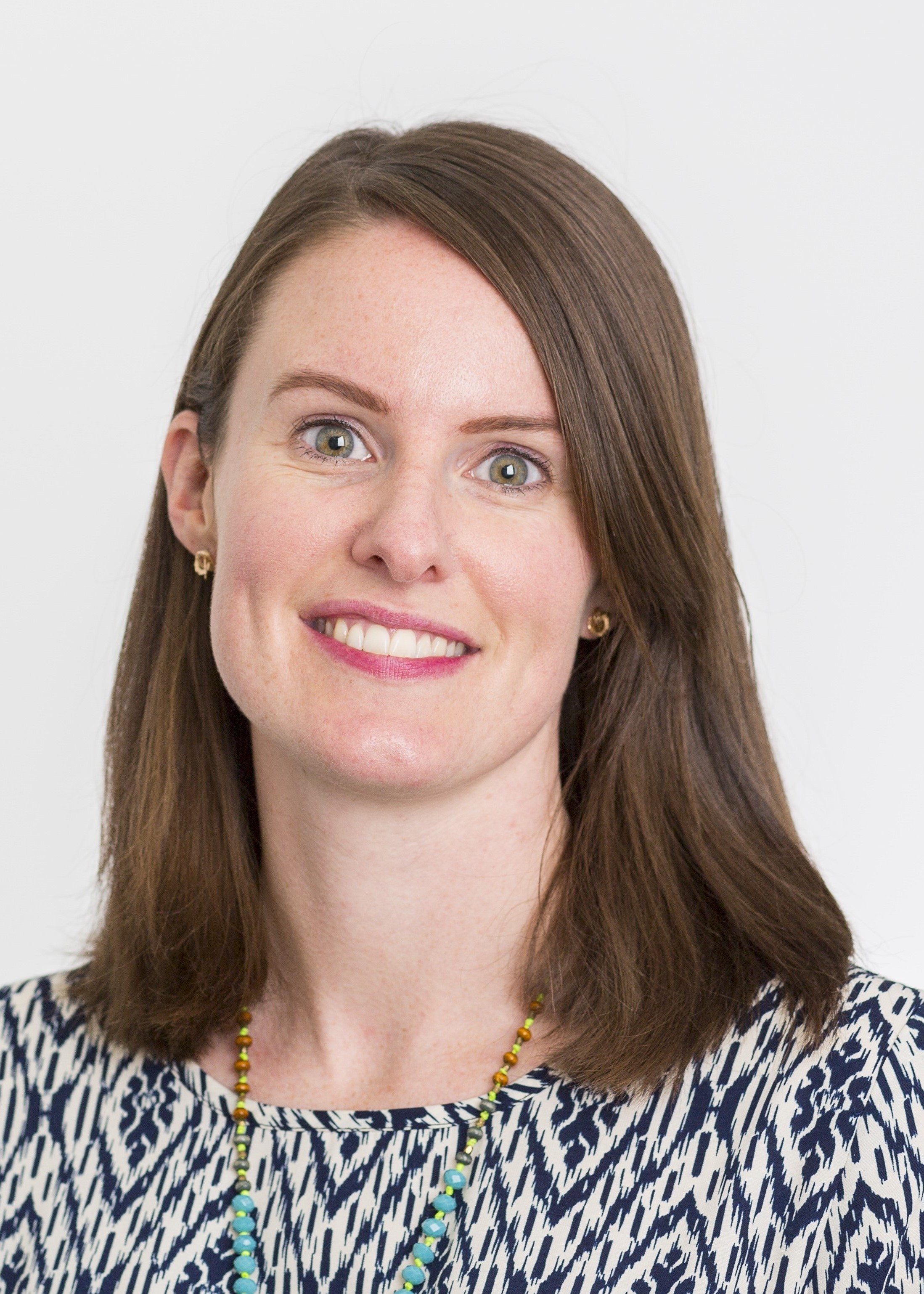
Allison Coates
VancityAlison Coates is Vancity’s Director of Climate Strategy and Performance leading the collaboration with people and teams across the Vancity Group to shape and oversee Vancity’s response to the climate crisis. Alison is a social and environmental sustainability professional who has held senior leadership positions in Canada and internationally and has led on the development of global sustainability strategies in the financial sector.
Prior to joining Vancity, Alison was Global Head of Future Skills for the HSBC Group in London, UK where she led the development of a strategy focused on increasing employability and financial capability for communities, customers and employees. The program included equipping people with skills for green jobs and advocated for an approach that helps prepare people to support and thrive within a low-carbon economy.
Alison has a BA in Political Science from the University of British Columbia and a Diploma in Business Management from Kwantlen Polytechnic University.
Moderator:
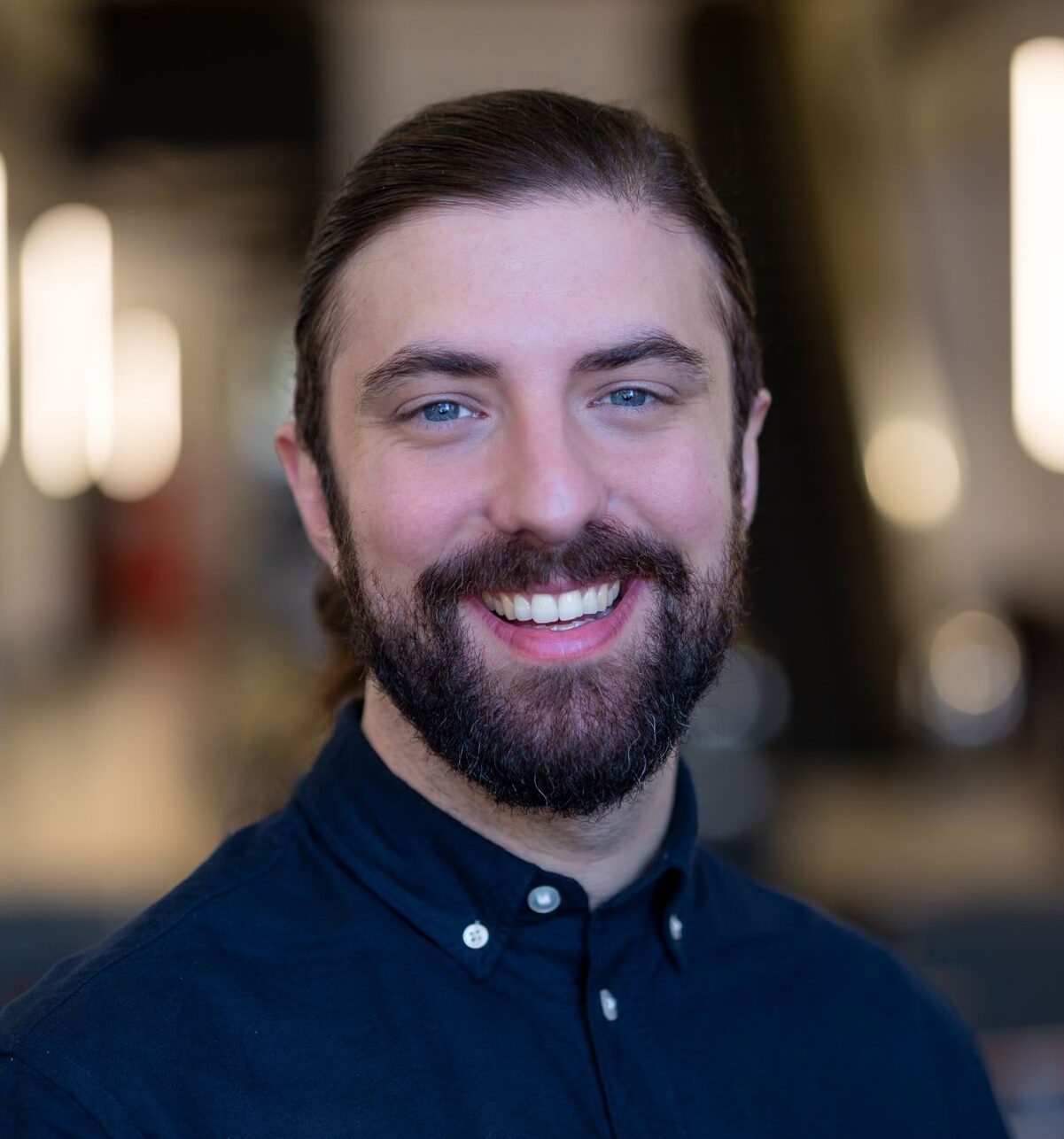
George P.R. Benson
Zero Emissions Innovation CentreGeorge P.R. Benson is a globally recognised leader on economic development, cities, and climate action. He has worked across the public, private, and nonprofit sectors and currently leads the Zero Emissions Innovation Centre (ZEIC)’s economic development team. George’s team supports businesses, especially small ones, in finding profitable ways to join or expand the zero-carbon economy. Outside of ZEIC, George has previously been involved with the Canadian and American urban planning associations, work with the World Economic Forum, and as a ministerial advisor on BC’s Climate Solutions Council.




The Government of Canada formally launched its pioneering Social Finance Fund in May 2023. It tasks three wholesalers – Boann Social Impact, CAP Finance and Realize Capital – with responsibility for deploying an initial tranche of roughly $400M in repayable capital. In this session wholesaler representatives, social finance intermediaries, investors, advocates and policy-makers will assess how far we’ve travelled together in the first two foundational years of a 16-year program. The conversation will take place in a participatory and interactive roundtable format, challenging ourselves to reach beyond the ecosystem’s leading edge in identifying actionable priorities for advancing the social finance marketplace.
Featuring:
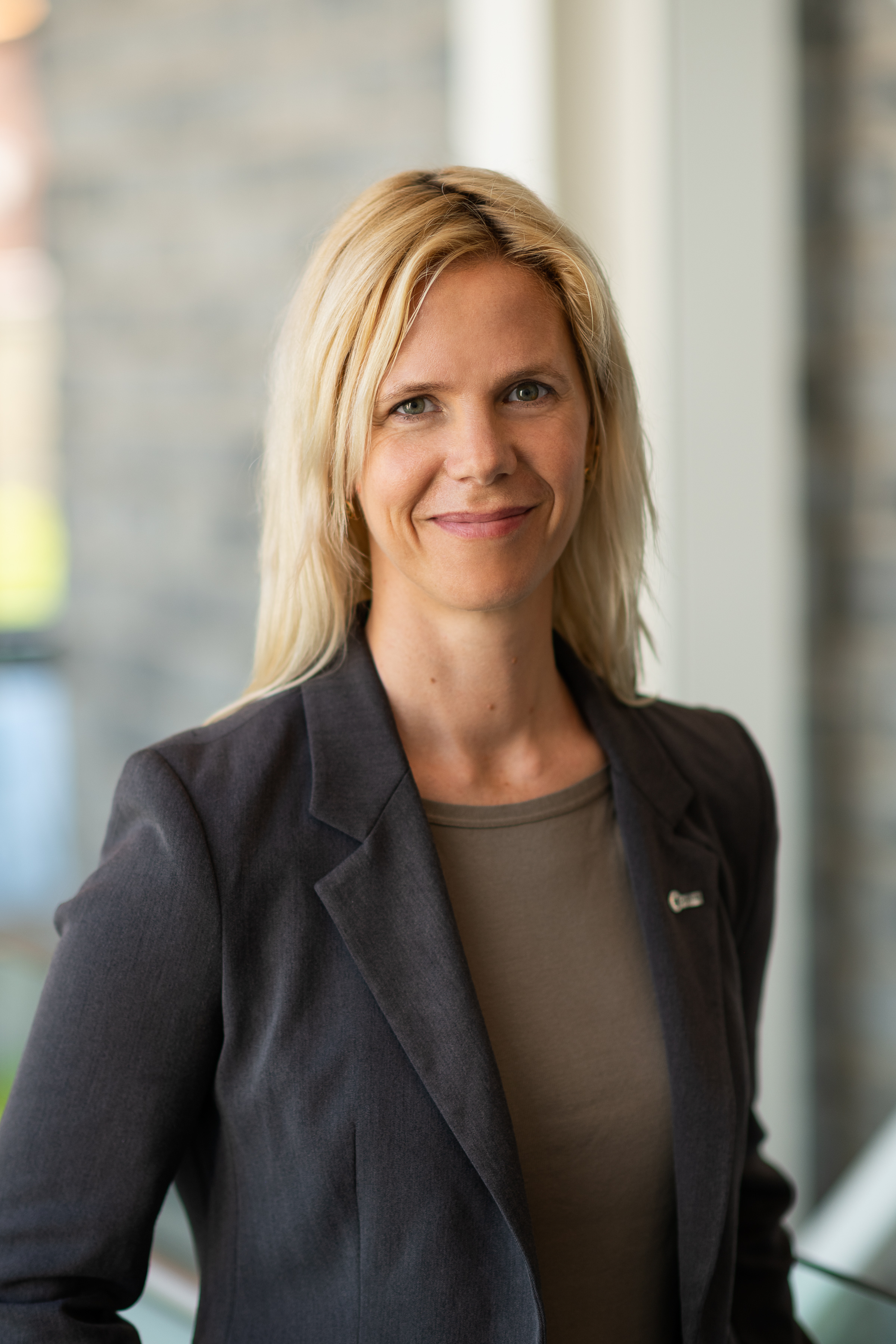
Béatrice Alain
Chantier de l’économie socialeBéatrice Alain is the Executive Director of the Chantier de l’économie sociale, an organisation that brings together actors and partners in the field of social economy to promote and develop collective entrepreneurship.
Ms Alain has a background in economics and political science, and she is particularly interested in enabling collective action in order to accelerate the development of the social economy. From 2011 to 2020, Ms Alain held different functions in national and international organisations. At the Chantier since 2010, she was Director of Partnerships and Development from 2016 to 2018 before becoming Executive Director. During this time, she contributed to positioning the Chantier as a social economy development hub. Amongst other things, she took part in the organisation of the International Forum on Social and Solidarity Economy (2011) and directed the Global Social Economy Forum –GSEF2016, coorganised with the City of Montreal. In addition to her functions at the Chantier, she is also Copresident of the TIESS, an organisation for the liaison and transfer of innovations in social economy, President of the Fiducie du Chantier de l’économie sociale, a patient capital fund dedicated to collective enterprises, a member of the Conseil de l’innovation du Québec and she is involved in different international networks of exchange and promotion in the field of social and solidarity economy.
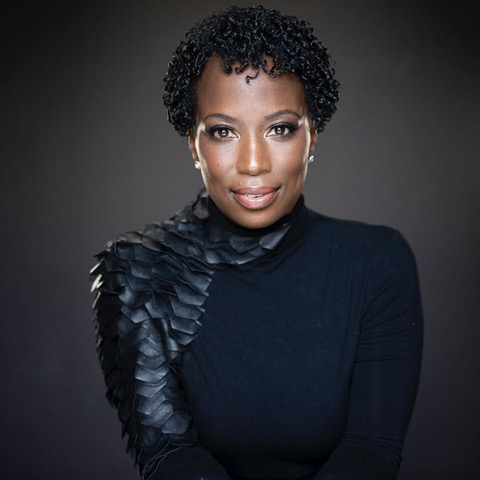
Celina Caesar-Chavannes
Canadian Community Economic Development Network (CCEDNET)Celina is a recognized expert in cognitive neuroscience, organizational psychology, and leadership development, specializing in high-performance boards and executive teams. A former Member of Parliament (2015–2019), she advanced national policy on mental health, equity, and governance reform, and served as Parliamentary Secretary to the Prime Minister and the Minister of International Development.
Currently serving as Executive Director of the Canadian Community Economic Development Network (CCEDNet). She is also President of an award-winning research firm, bringing over a decade of experience in strategy, governance, and stakeholder engagement. Her neuroscience PhD work focuses on cognitive retraining for strategic decision-making, democratic governance, and inclusive innovation in complex systems.
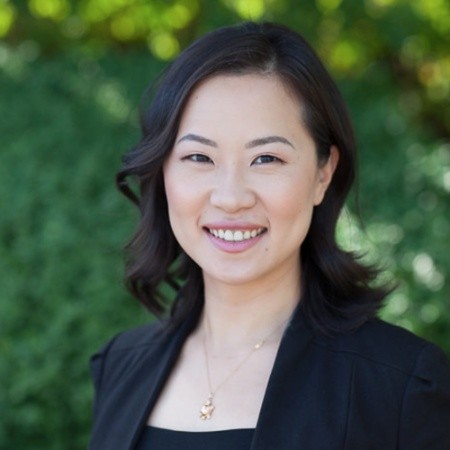
Elena Yugai
Table of Impact Investing PractitionersMy work is situated at the intersection of impact investing and social entrepreneurship. I have leadership experience in both industries and love bringing the two perspectives together. As a Board member, investor, executive or advisor to social enterprises and purpose-led organizations, I contribute my skills in problem/solution validation, growth strategy, financial modeling, impact analysis, and early-stage investment mechanisms, portfolio management, gender and racial equity, and EQ-based leadership.
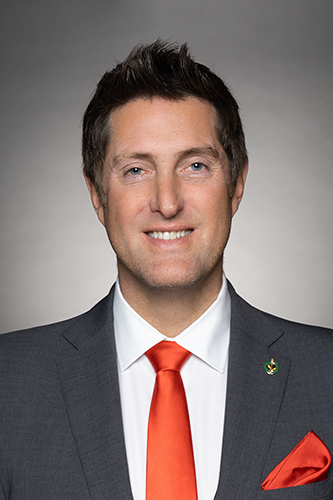
Ryan Turnbull
Parliamentary SecreteryRyan Turnbull brings a unique blend of entrepreneurial drive and policy leadership to Canada’s efforts to build a more sustainable and inclusive economy. Before entering federal politics, he led a successful social innovation and sustainability firm, working with businesses, non-profits, and communities to tackle complex challenges through purpose-driven solutions.
Elected three times as the Member of Parliament for Whitby since 2019, Ryan has emerged as a national leader in sustainable finance, inclusive economic growth, and climate innovation. He founded and continues to champion the All-Party Parliamentary Caucus on Social Innovation and Sustainable Finance, creating rare cross-partisan momentum to advance long-term change.
He also launched the Sustainable Finance Forum in Ottawa in 2022, now a prominent annual gathering that brings together leaders from government, business, and civil society to move bold ideas into action.
In Canada’s Parliament, Ryan has served on key committees including Finance, Industry, Science and Research, and Human Resources. He was recently appointed Parliamentary Secretary to the Minister of Finance and National Revenue in 2025, the Minister of Finance in 2024, and the Minister of Innovation, Science and Industry in 2023, where he played a central role in advancing national strategies on innovation, productivity, and climate-aligned growth.
Ryan Turnbull is widely recognized for his leadership on landmark initiatives such as the Social Finance Fund, Employee Ownership Trusts, and mandatory climate disclosures and green taxonomy. He continues to focus on unlocking capital for good and positioning Canada as a global leader in the sustainable economy of the future.
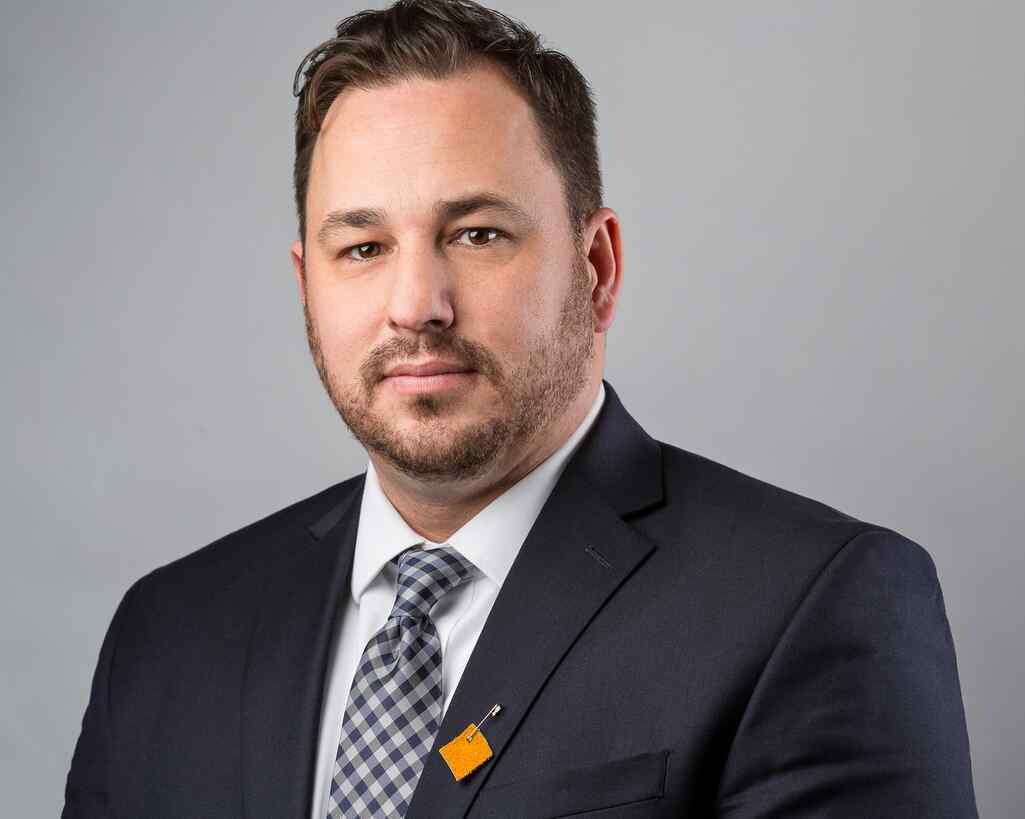
Jeff Cyr
Raven Indigenous Outcomes FundsRaven Indigenous Outcomes Funds empowers Indigenous communities through innovative outcomes-based financing. With over eight years of leadership at Raven Indigenous Impact Foundation, the team has pioneered tools like Canada’s first Community-Driven Social Outcomes Contract, addressing systemic challenges in health and housing.
Combining expertise in public policy, economic development, and social finance, the organization catalyzes transformative solutions that prioritize community well-being and sustainability. Together, the focus remains on building new economic frameworks grounded in Indigenous values to drive meaningful social and environmental impact.
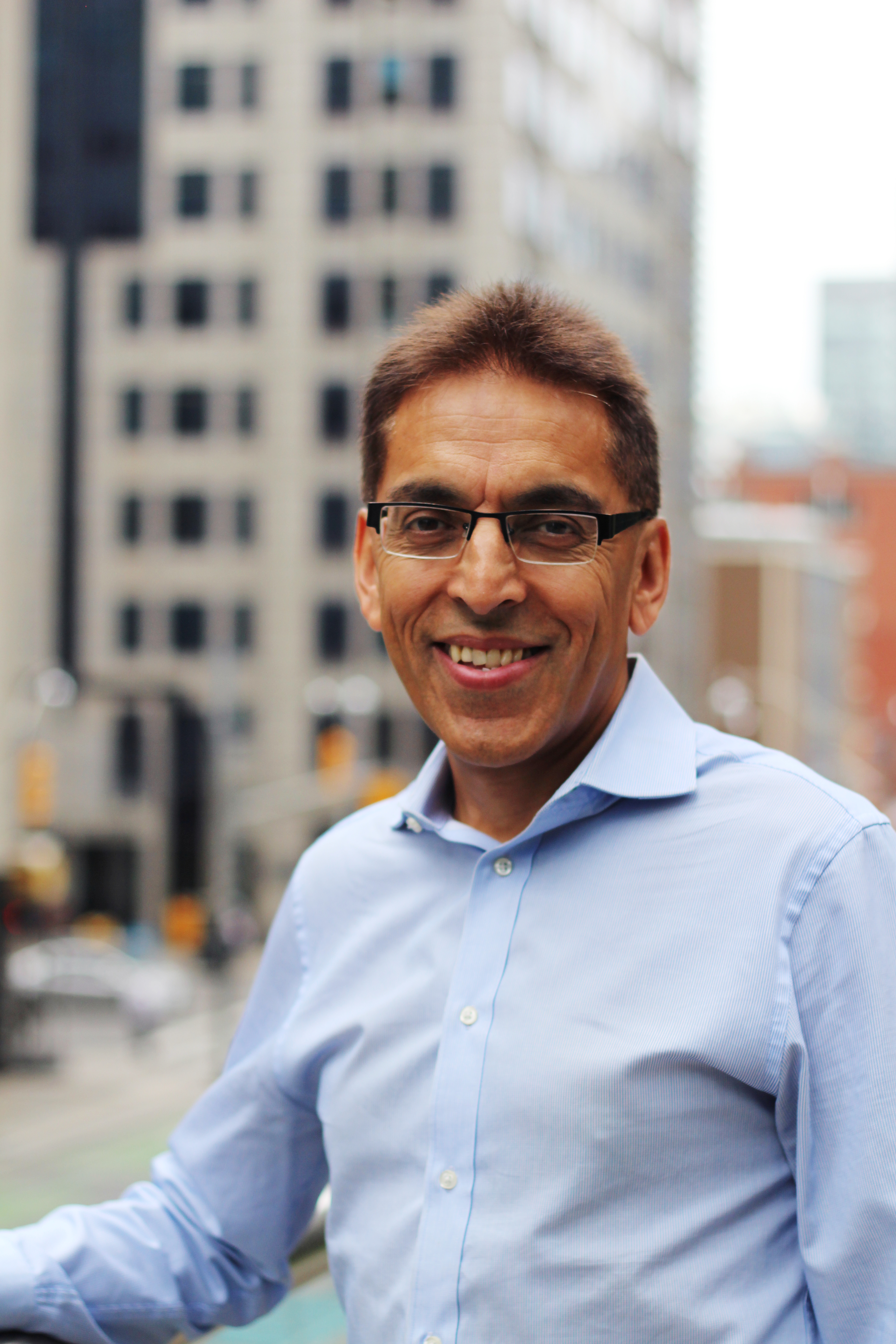
Upkar Arora
Rally AssetsUpkar Arora is a recognized leader at the intersection of finance, systems change, and social innovation. As CEO of Rally Assets, Canada’s foremost impact investment firm, he brings a bold and strategic approach to reimagining how capital can serve people and the planet. Rally, a certified B Corporation, is dedicated to shifting capital systems to deliver sustainability, equity, and justice. Through its subsidiary, Realize Capital Partners, the firm is one of only three managers selected to deploy the Government of Canada’s groundbreaking $400 million Social Finance Fund.
With over four decades of experience spanning private and social sectors, Upkar applies a systems lens to transformative change. Prior to Rally, he held senior leadership roles with some of Canada’s most respected businesses, philanthropists, and families —building, operating, and advising organizations across industries, geographies, and stages of growth.
A passionate advocate for strong governance, Upkar has served on more than a dozen boards, including Meridian Credit Union, Metrolinx, Vancity Community Investment Bank, University of Waterloo, the Advisory Board of Social Capital Partners, and the Wolf Willow Institute for Systems Learning, a platform dedicated to cultivating the leadership capabilities required to address our most critical and complex socio-ecological challenges.
Upkar holds the ICD.D designation, is a Fellow Chartered Professional Accountant (FCPA, FCA), and earned his Bachelor’s and Master’s degrees in Accounting and Economics from the University of Waterloo, where he now serves as an adjunct lecturer and was awarded the Distinguished Teacher Award in 2022. He is also a BMW Foundation Global Responsible Leader.
At the Victoria Forum, Upkar brings a voice of optimism, clarity, and action, inviting dialogue on how capital, leadership, and governance can be reimagined to help bridge divides and build a more inclusive future.
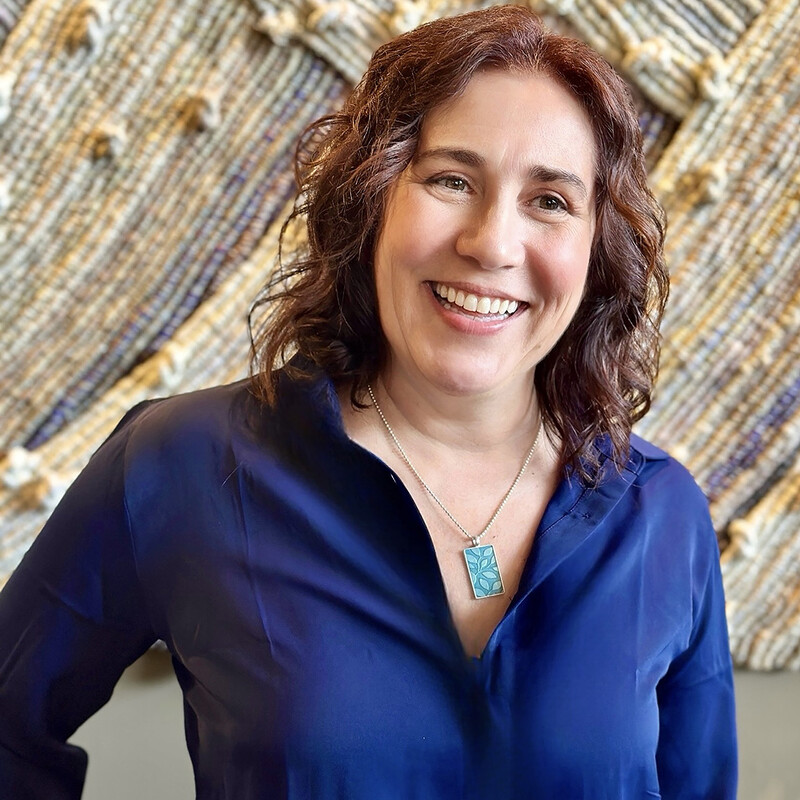
Kristi Rivait
Scale CollaborativeKristi Rivait is the Co-Founder and Director, Partnerships and Programs, Scale Collaborative, and co-founder of Thriving Non-Profits. Scale Collaborative envisions a thriving, connected, and abundant social change sector, and through its Thriving Non-Profits program, platform, and community, works with hundreds of non-profits and charities to transform through capacity-strengthening revenue diversification towards greater impact. She brings 20+ years of leadership experience in the non-profit sector, including 10+ years as an Executive Director. Kristi is an expert at operational transformation, change management, and diversifying revenue.
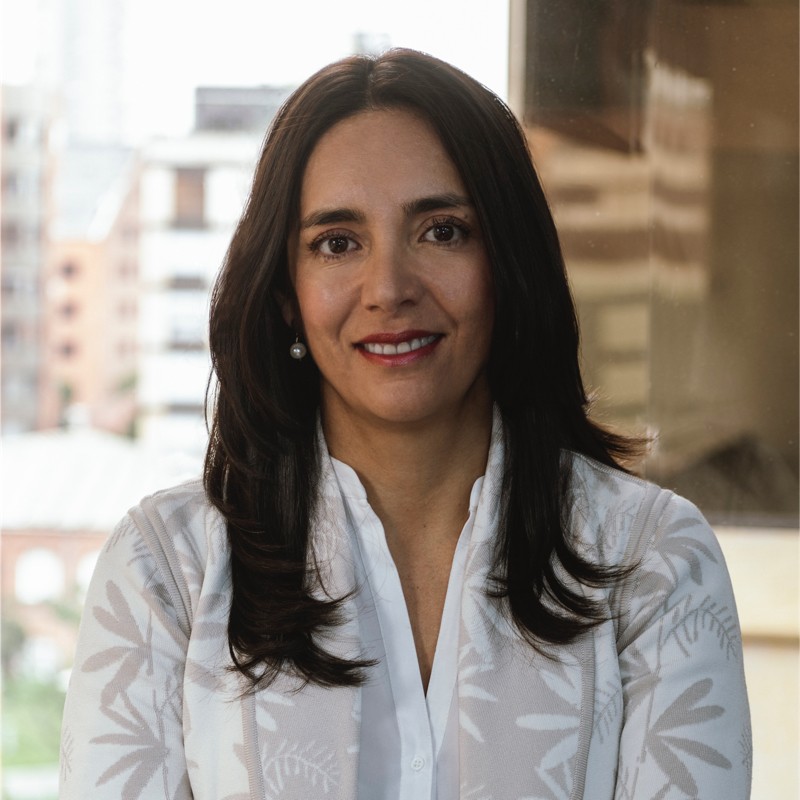
Paola Garcia Barreneche
Private Capital Association of ColombiaPaola García Barreneche is the Executive Director of ColCapital (the Private Equity and Venture Capital Association of Colombia). In this role, she leads strategic initiatives to strengthen Colombia’s private capital ecosystem. She is frequently quoted by Bloomberg and other media for her insights on venture capital growth, Latin America’s emerging startup scene, and the expanding role of pension funds in private equity.
Moderator:
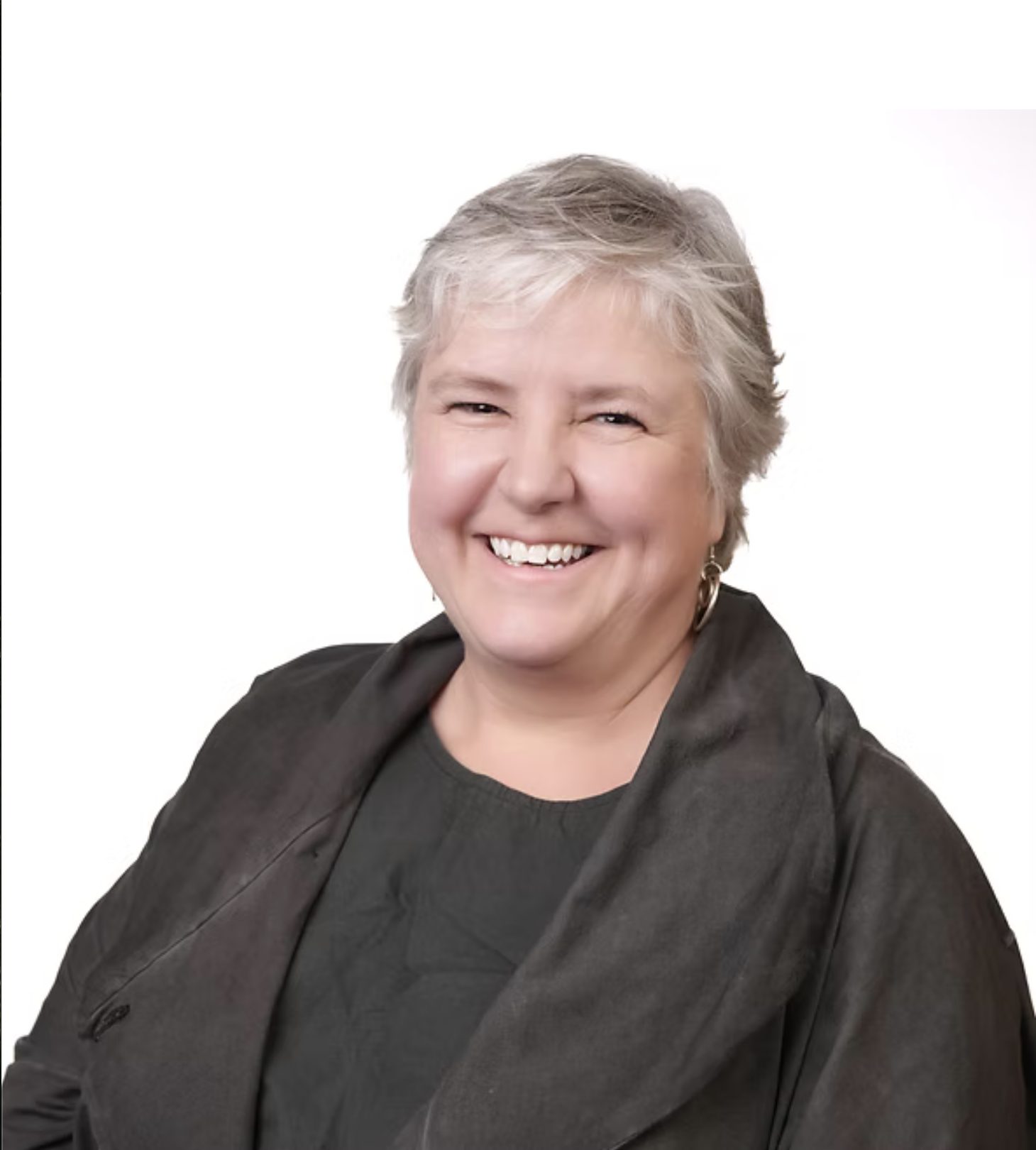
Lauren Dobell
Boann Social ImpactLauren’s wending path to date embraces three broad phases: roughly a decade of fieldwork, journalism and teaching centred on transitions to democracy, reconciliation and reconstruction; another peripatetic period immersed in public policy-shaping in municipal, provincial and federal spheres. (“Canadian Councils” – for international cooperation, unity, learning – are a recurring phenomenon in her journey.)
A focus on the design of multisector and intergovernmental partnerships has also been core to Lauren’s advocacy for sustainable finance principles and practices, encompassing roles with Vancity and in launching Vancity Community Investment Bank, as co-founder of the Table of Impact Investment Practitioners (TIIP) and its predecessors, and in myriad advisory capacities, including an appointment to the Federal steering committee which recommended the Social Finance Fund and accompanying Investment Readiness Program. Along the way she has misplaced much baggage (real and metaphorical) and sometimes her best judgment, usually retrieved her sense of perspective, frequently stumbled across a perfect moment, and generally found that the worst mishaps make for the best stories.




This session explores the idea of redefining Canadian identity through regenerative, plant-forward, locally grown meals. As climate change, trade instability, and health crises converge, Canada has a unique opportunity to transform its food and health systems. Voices from across sectors—including farmers, chefs, Indigenous leaders, and policymakers—will discuss how culture, policy, and public institutions can support this shift. The goal: to imagine a “national meal” that nourishes people and planet, restores land and culture, and brings Canadians together in a time of profound change.
Featuring:
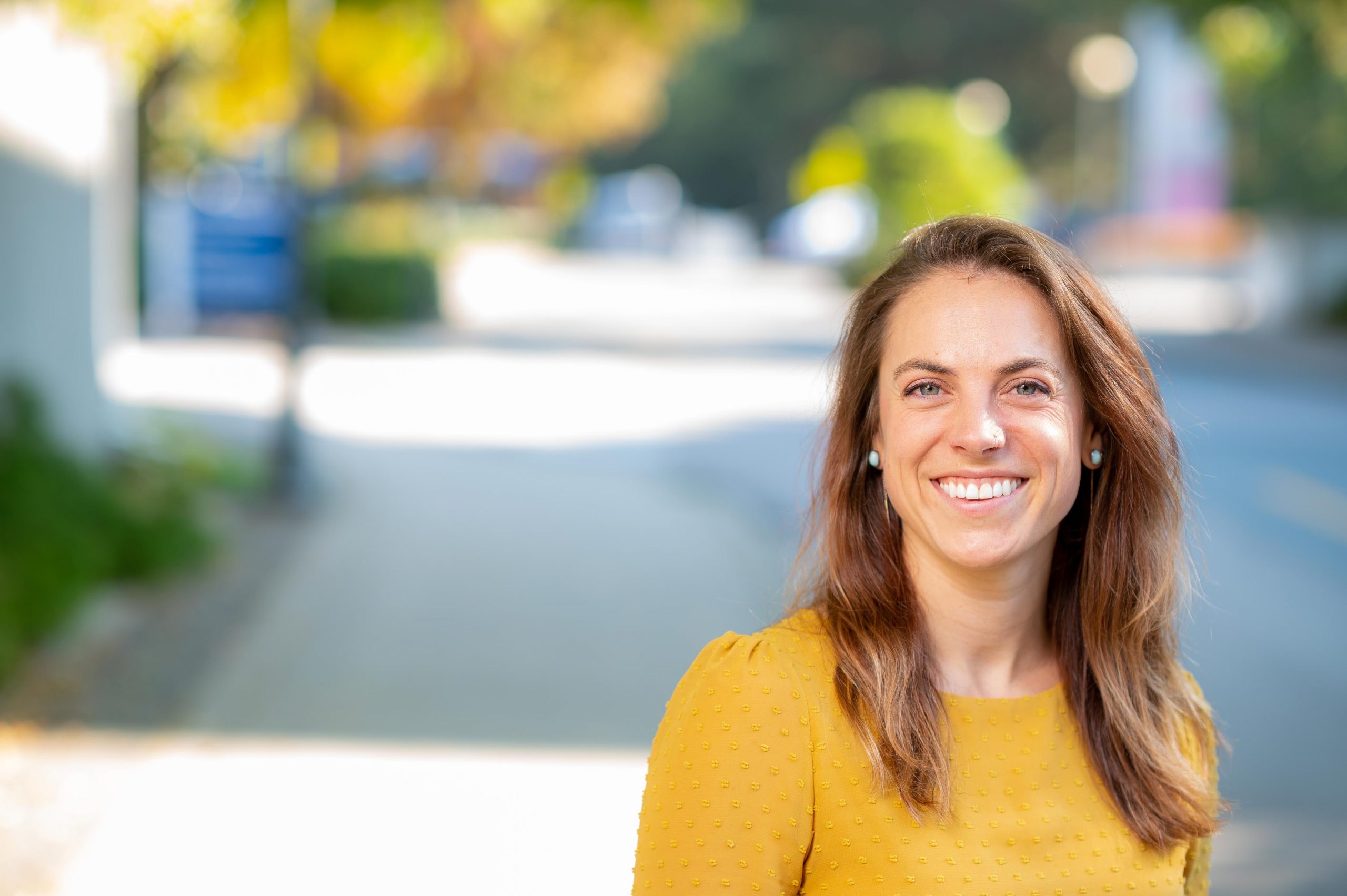
Annie Lalande
Institute for Resources, Environment and Sustainability (IRES), University of British Columbia (UBC); Nourish HealthcareAnnie Lalande is a PhD student co-supervised by Drs. Jiaying Zhao and Andrea MacNeill, a surgical oncologist at Vancouver General Hospital leading the UBC Planetary Healthcare Lab. She is interested in understanding how considering food as a therapeutic intervention in healthcare can impact the health of patients, healthcare systems and the planet. Her research involves the development and implementation of a feedback-informed and evidence-based nutritious and low-carbon menu, evaluating its impact on patients’ experience and recovery from illness, and on planetary health. She is working in collaboration with Vancouver Coastal Health, and is a team leader for the Vancouver team with Nourish Healthcare, a multidisciplinary community of practice leveraging food in healthcare systems to improve community well-being, promote equity and mitigate climate change.
Before Annie joined IRES in 2020, she obtained her MD degree from McGill University. She has since moved from Montreal to Vancouver to pursue her residency in general surgery, of which she has already completed three years. She is excited to take a temporary step back from the clinical setting to investigate avenues to improve healthcare sustainability. On her down time, she enjoys spending time outdoors, backcountry skiing, climbing and kitesurfing, as well as cooking.
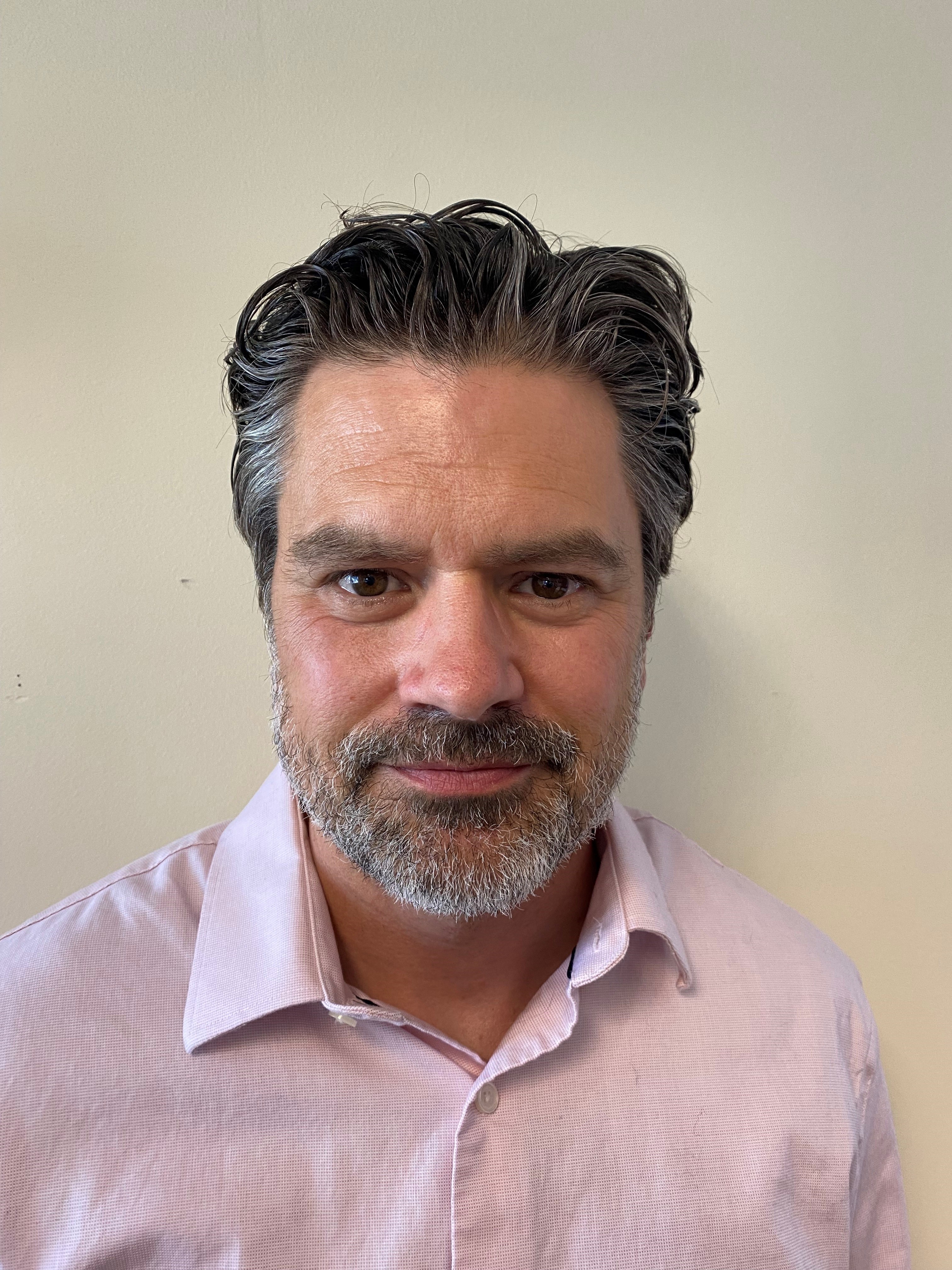
Jason Baillargeon
Agriculture and Agri-Food CanadaJason Baillargeon joined Agriculture and Agri-Food Canada in 2003 and has had the opportunity to work on a broad range of files including public trust, branding, sector strategies, value-chain coordination, and international marketing. Jason was appointed Director of Food Policy in September of 2018. Jason has an honours degree in International Business and an MBA from Carleton University.

Hayley Lapalme
Nourish LeadershipHayley is a nationally recognized leader in systems transformation at the intersection of food, health equity, and climate. With over fifteen years of experience advising public institutions and senior executives across Canada, she brings a strategic and relational approach to complex change—grounded in systemic design, participatory governance, and a deep commitment to reconciling relationships with Indigenous peoples and the ecosystems that sustain us.
She is the co-founder of Nourish, a national charity working to harness the power of food in health care. Through leadership development, cross-sector convening, and policy co-design, Nourish brings together health leaders, clinicians, Indigenous knowledge keepers, farmers, chefs, and policymakers to reimagine hospital food systems as drivers of climate action, health equity, and reconciliation. The organization’s work has shaped national policy and provincial frameworks on low-carbon procurement, traditional food access, and sustainable menus in hospitals and long-term care.
Early in her career Hayley received the CBC’s Peter Gzowski Fellowship; she continues to enjoy writing, reading, and speaking on planetary health, cultural regeneration, and nature connection. She holds a B.A. from McGill University and an M.Ed. in Leadership, Adult Education, and Community Development from the University of Toronto. An eleventh-generation French Canadian settler, Hayley lives, works, and mothers on lək̓ʷəŋən territory.
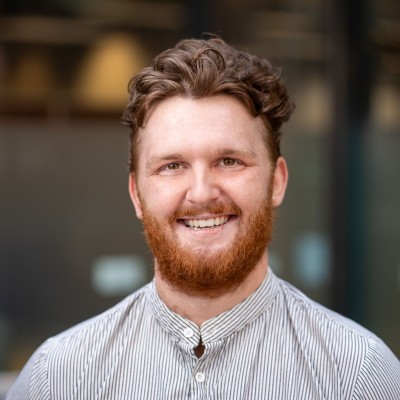
Alistair Howes
FED Urban Agriculture SocietyAlistair’s work is focused on transforming under utilized spaces into pockets of urban food to help people reconnect with their food system. You may see him biking around town as he heads between FED’s rooftop gardens or after work coaching youth rugby.
Moderator:

Andre Picard
The Globe and MailAndré Picard is the health columnist at The Globe and Mail, where he has been a staff writer since 1987.
https://www.theglobeandmail.com/authors/andre-picard/
He is also the author of six books, including the current bestseller, Neglected No More: The Urgent Need To Improve The Lives of Canada’s Elders.
André is also an experienced public speaker on health issues, represented by the Talent Bureau. https://talentbureau.com/speaker/andre-picard/
He is a graduate of the University of Ottawa and Carleton University, and has received honorary doctorates from seven universities, including the University of Toronto and UBC.
This panel explores how restoring our world begins with recognizing and valuing diverse forms of knowledge—especially Indigenous, land-based, and community-rooted wisdom. Panelists will reflect on their own roles and responsibilities in challenging extractive systems, knowledge hierarchies, and colonial structures, including within education and development. The session calls for epistemic justice, greater cooperation, and a shift from individualism to collective care. It will conclude with concrete actions tied to education, environment, and community engagement—offered as part of a broader call for transformation.
Featuring:
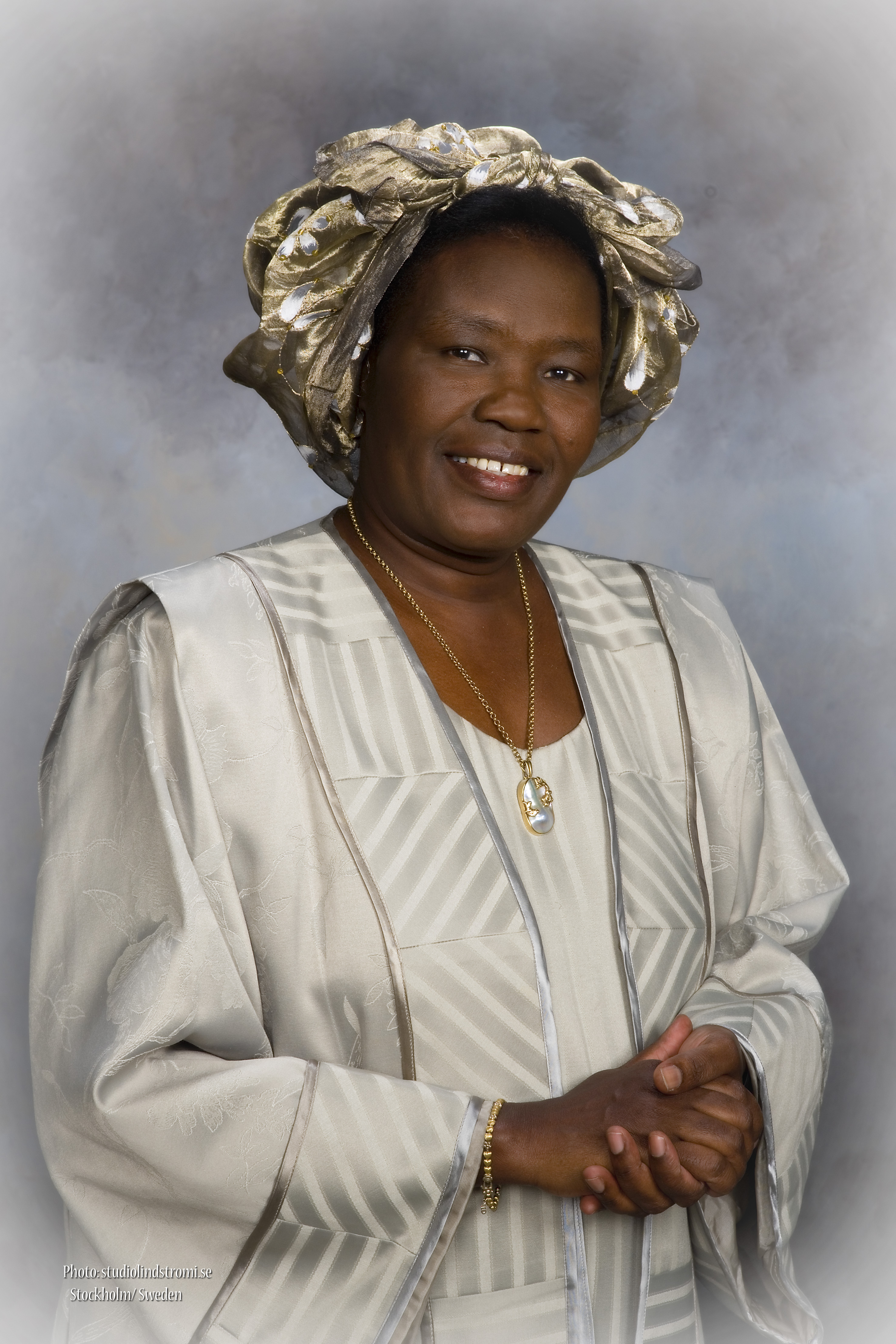
Catherine A. Odora Hoppers
Pluralistic Societies: Transdisciplinarity, Cognitive Justice and Education. Werklund School of Education, University of CalgaryProfessor Hoppers is a scholar and policy specialist on International Development, education, North-South questions, disarmament, peace, and human security. She is a UNESCO expert in basic education, lifelong learning, information systems and on Science and Society; an expert in disarmament at the UN Department of Disarmament Affairs; an expert to the World Economic Forum on benefit sharing and value addition protocols; and the World Intellectual Property Organisation on traditional knowledge and community intellectual property rights.
She held a South African Research Chair in Development Education at the University of South Africa (2008-2018) a National Chair set up by the Department of Science and Technology. Prior to that, she was a technical adviser on Indigenous Knowledge Systems to the Parliamentary Portfolio Committee on Arts, Culture, Science and Technology (South Africa) and led the Task Team to draft the national policy on Indigenous Knowledge Systems. She was formerly a member of the International Faculty of the United Nations International Leadership Academy (Amman-Jordan); and more recently, Prof Hoppers was appointed to the Faculty in the Master of Arts in Indigenous Science and Peace program at the UN University for Peace in Costa Rica. She is a member of the Academy of Science of South Africa, and she is a Fellow of the African Academy of Sciences. She has addressed the International Bar Association, the Swedish Research Council, and Academy of Science of South Africa, the British House of Lords (British Parliament), and the Royal Dutch Shell. She was the Goodwill Ambassador for Makerere University in Kampala Uganda; and Ambassador for Non-Violence at the Durban Universities’ International Centre for Non-Violence. In July 2015, she received the Nelson Mandela Distinguished Africanist Award from His Excellency Thabo Mbeki for her pursuit of the total liberation for the African continent through the promotion of Indigenous Knowledge Systems of Education.
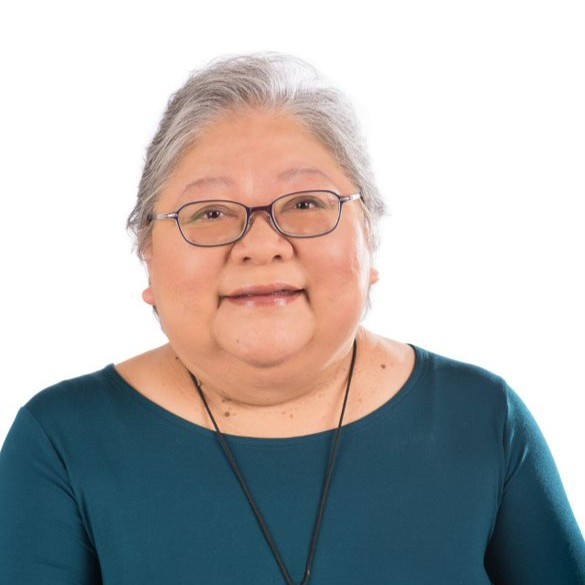
Lorna Wanosts’a7 Williams
University of VictoriaDr. Lorna Wanosts’a7 Williams is Lil̓wat7úl from Mount Currie, B.C., and an Indigenous scholar, linguist, and renowned global expert in Indigenous language revitalization, knowledge, and education. A bridge-builder and advocate, she has helped shape government and public policy, creating meaningful opportunities for Indigenous Peoples.
For over 50 years, she has worked alongside Indigenous communities in Canada and abroad to rebuild cultural systems impacted by colonization and to promote, document, and restore their languages. As Chair of the First People’s Cultural Foundation, she’s advancing a vision that Indigenous languages, arts, cultures and heritage are strong, supported, and passed on from generation to generation.
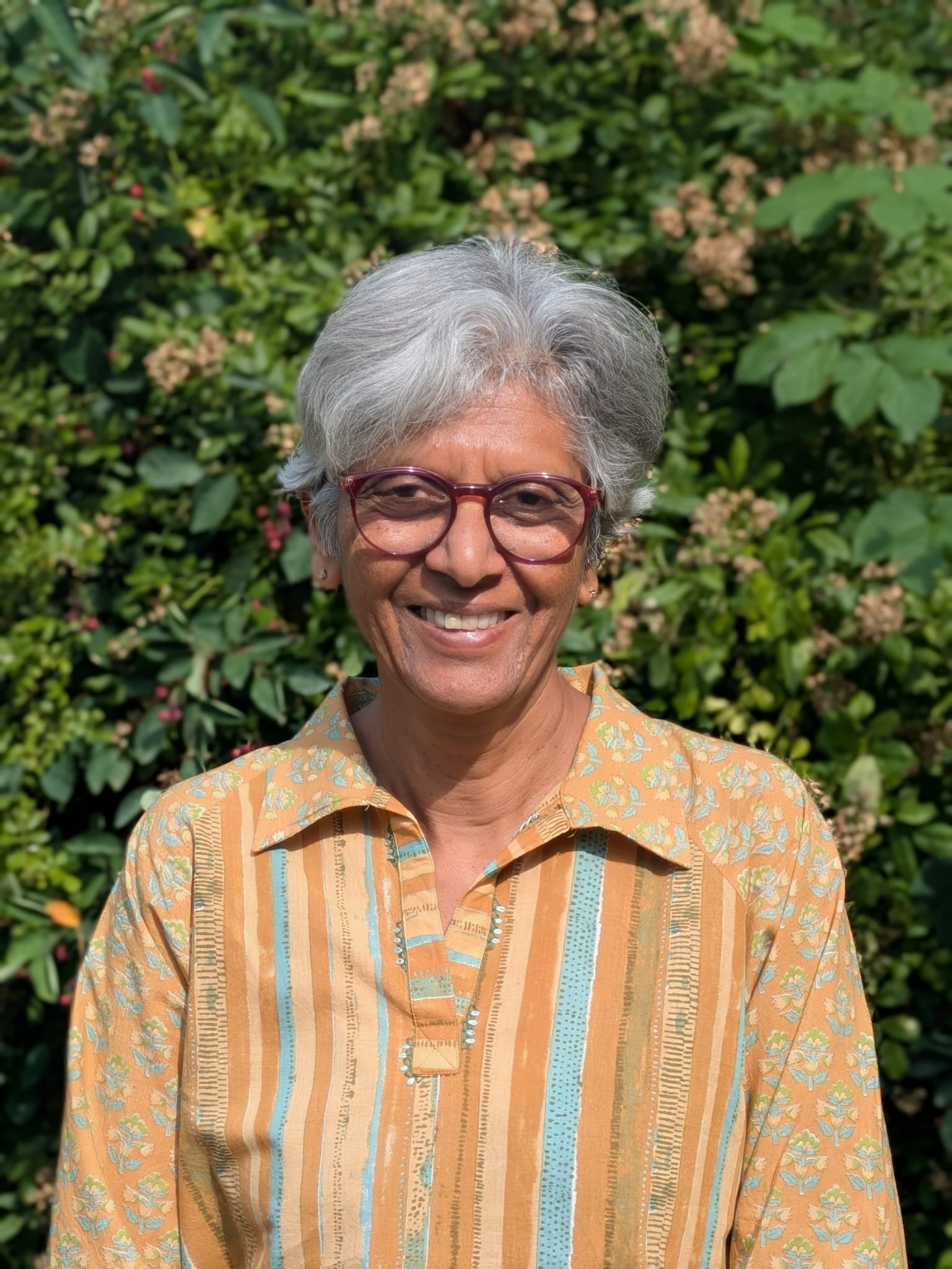
Chesha Wettasinha
ProlinnovaChesha Wettasinha is a tropical agroecologist with extensive experience in rural/agricultural development in Asia and Africa for nearly four decades. She has worked in a variety of settings and functions, combining social and technical skills related to smallholder rural (agricultural) development, natural resources management and community empowerment through self-help groups. Her work has focused on promoting local/farmer-led and gender-responsive innovation development as a means of combining local and scientific knowledge for more relevant and beneficial development outcomes that contribute to more resilient communities. She is a co-founder of Prolinnova (www.prolinnova.net), a global community of practice with its vision for a world wherein women and men farmers play decisive roles in agriculture and natural resource management innovation processes for sustainable livelihoods. Chesha has worked in inter-disciplinary teams with multiple development stakeholders using participatory and inclusive approaches for co-creation of knowledge in small-scale agricultural development. Raised among small-scale farming communities and having collaborated closely with many rural communities and development organisations in Asia and Africa, Chesha has an intimate understanding of their needs, aspirations and challenges. She couples this with her professional expertise, passion and steadfast personal commitment to meaningful development interventions that would contribute to a more sustainable, collaborative, just and fair world.
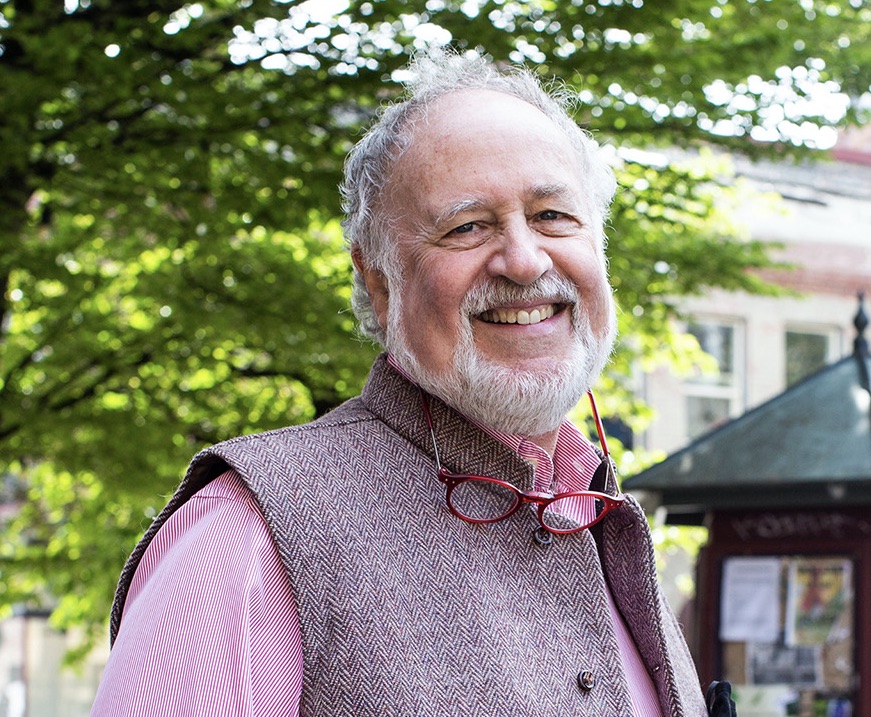
Budd Hall
University of VictoriaRecognized as an Officer of the Order of Canada for his more than 50 years work in the field of community-based participatory research, Budd is currently based in the Centre for Global Studies at the University of Victoria where he holds a position as the Co-Chair of the UNESCO Chair in Community-Based Research and Social Responsibility in Higher Education. Budd and his colleague Dr. Rajesh Tandon of PRIA, India founded the Knowledge for Change Global Consortium on Teaching Community-Based Research. The K4C Consortium has training hubs in16 countries and has trained over 10,000 young researchers and 200 CBPR mentors. Budd is also a poet.
Moderator:
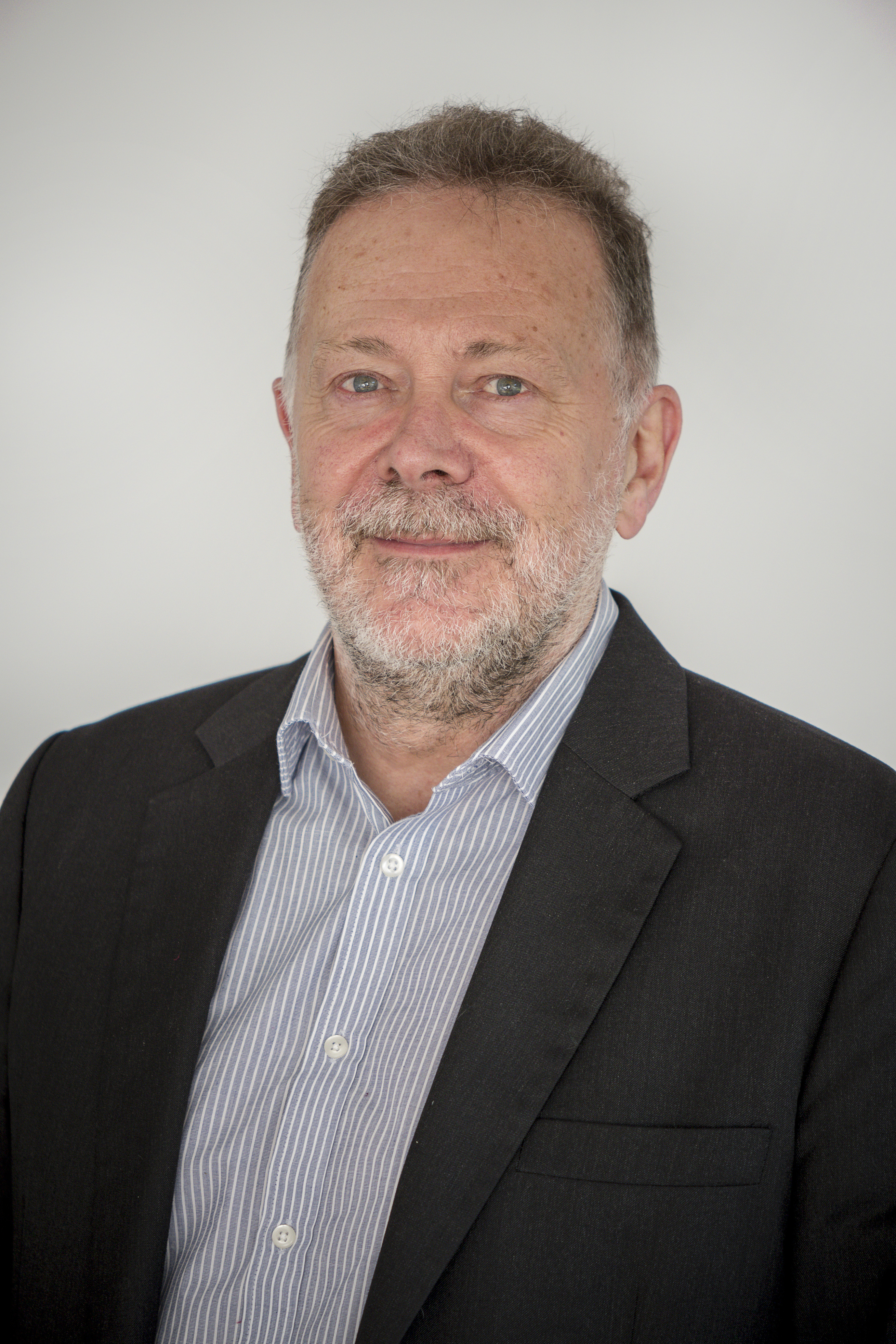
Peter Taylor
Institute of Development Studies (IDS)Professor Peter Taylor is Director of the Institute of Development Studies, UK where he was also Director of the UK’s FCDO-funded Covid Collective. He has PhD and MSc degrees in agricultural education, a BSc in animal sciences, and nearly 40 years’ experience in international development. He was previously Director, Strategic Development at the International Development Research Centre (IDRC), Canada, also leading IDRC’s Inclusive Economies Program Area, and the Think Tank Initiative.
He has worked at IDS as Research Fellow, Head of Graduate Studies, and Leader of the Participation, Power and Social Change Team; as Education Technical Advisor with the Swiss NGO Helvetas in Vietnam; as Lecturer in Agricultural Education at the Agricultural Extension and Rural Development Department at the University of Reading, UK; and as a teacher in a rural school in Botswana. He has research, teaching, advisory and writing interests in strengthening equity in research systems; democratization of science, technology and innovation in agrifood systems; theory and practice of organizational development and capacity strengthening; evaluation and learning; and facilitation of participatory and social change processes in a diverse range of international contexts. He is member of Council for the UK’s Development Studies Association, a member of the International Advisory Council for the South Africa T20, and leads a European Association for Development Research and Training Institutes (EADI) Task Group on Decolonizing Knowledge for Development.






This session will explore the potential of geothermal energy in helping Canada achieve a net-zero economy. It will highlight the range of geothermal technologies available, outline the benefits specific to the Canadian context, and identify actionable steps to advance the sector. The discussion will also focus on the funding and policy mechanisms needed to support geothermal development and deployment across the country.
Featuring:
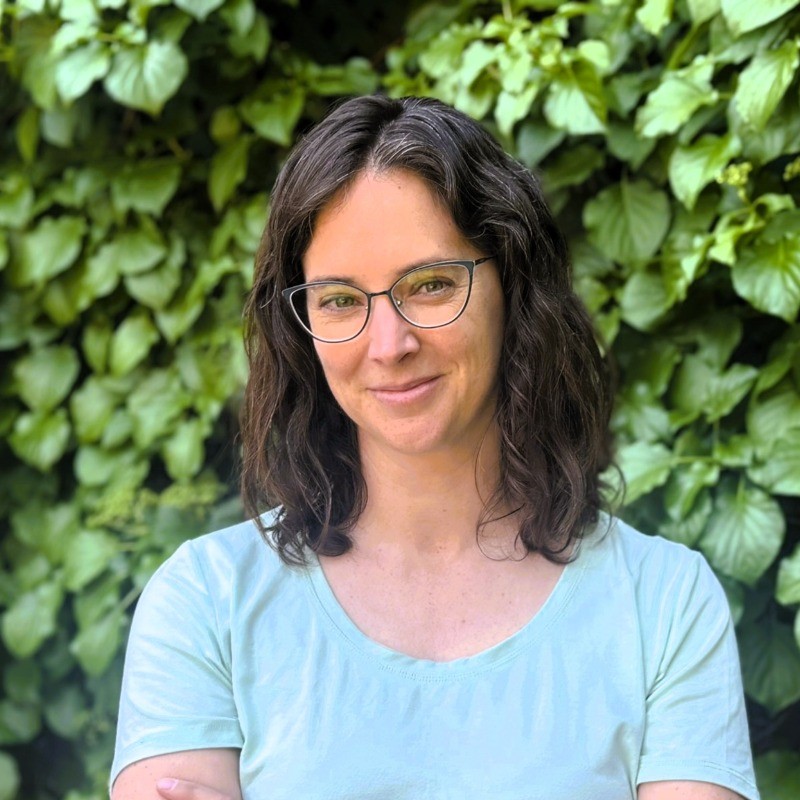
Emily Smejkal
Cascade Institute Geothermal OfficeEmily Smejkal (she/hers/her) is a Research Fellow on the Ultradeep Geothermal program and the Policy Lead for Cascade Institute’s Geothermal Energy Office (CI-GEO). She leverages geologic data to guide Canadian geothermal regulations and policy.
Emily is a professional geologist who spent the first ten years of her career working in the Oil and Gas sector. Her work was primarily in the Western Canadian Sedimentary Basin, where she specialized in heavy oil deposits, water floods, well integrity, and geochemistry.
Over the past three years, Emily transferred her subsurface expertise to geothermal energy development. She has contributed to projects involving subsurface characterizations for geothermal exploration and development, reservoir analysis for carbon sequestration, and regulatory evaluations and recommendations. Her current research focus is on utilizing subsurface science to develop Canadian geothermal policy. She is also currently serving as Vice President of Geothermal Canada, a technical society focused on advancing geothermal technologies in Canada. There she hosts a series of webinars aimed at sharing geothermal knowledge and technological advances.
Emily lives in Alberta, Canada with her husband and three children. She enjoys nature and is often found hunting for unique rocks and fossils.
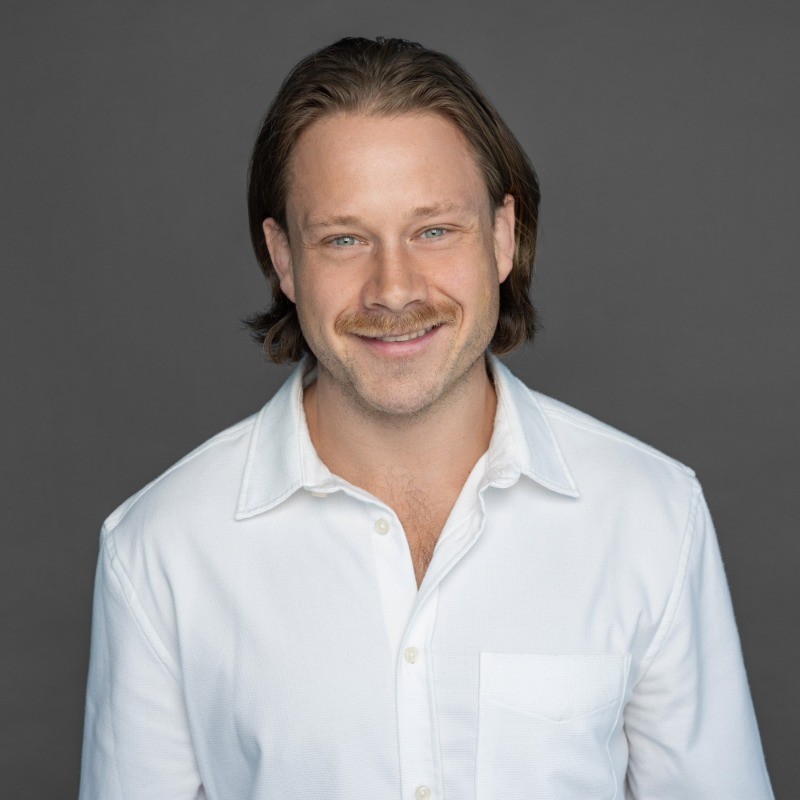
Owen Henshaw
CenovusOwen Henshaw is an Innovation Engineer with Cenovus Energy Inc., where he works at the intersection of conventional oil and emerging geothermal technologies. With a track record of organizing and moderating industry sessions—most notably for the Canadian Heavy Oil Association’s CONNECTS events—he plays an active role in fostering innovation in Alberta’s oil‑sands sector.
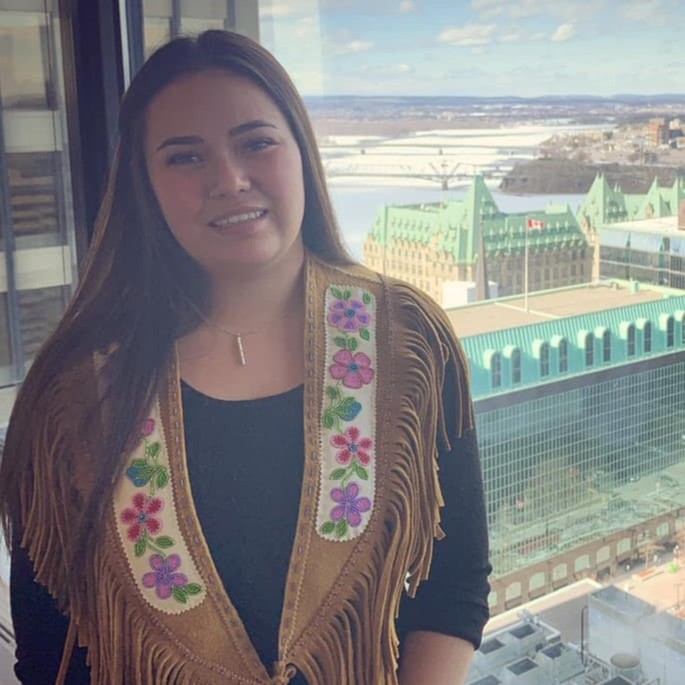
Taylor Behn-Tsakoza
Tu Deh-Kah Geothermal, Fort Nelson First NationTaylor is Dene and Dunne Zaa and a member of Fort Nelson First Nation, BC Treaty 8 Territory with paternal roots in Prophet River First Nation. With a background in youth work, leadership and Indigenous relations, Taylor works to serve her community. Trained in Physical Literacy, she approaches her work using a holistic wellness model like her people have always done. Keen to learn something new and seeking out opportunities to expand her knowledge on various topics such as climate change, governance and life promotion, has allowed Taylor to take on a variety of positions.
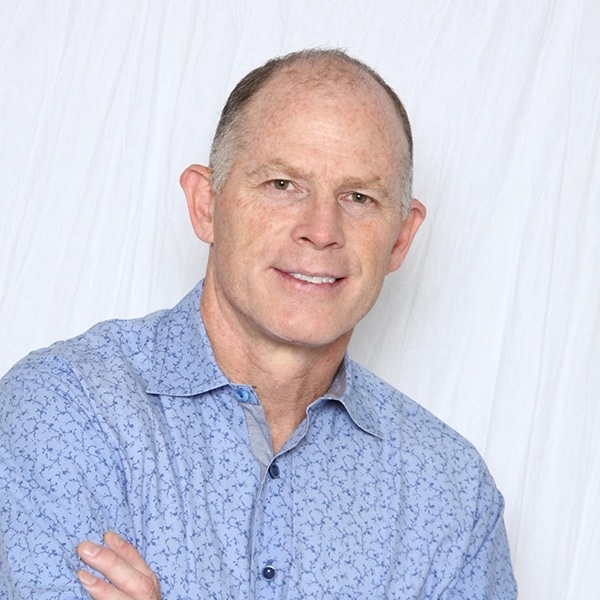
Dan Wicklum
The Transition AcceleratorDr. Dan Wicklum has spent more than 25 years performing and managing research, driving innovation, and fostering collaboration between industry, government, academia, and civil society.
He is the CEO of the Transition Accelerator, a pan-Canadian charity that works with groups across the country to solve business and social challenges while building in net-zero emission solutions.
Dan was also the inaugural co-chair of Canada’s Net-Zero Advisory Body (NZAB), the statutory independent body that advises the federal government on setting interim emission reduction targets on the way to a net-zero emission Canada by 2050 and on the most likely pathways to net zero.
Prior to joining the Transition Accelerator, Dan was the CEO of Canada’s Oil Sands Innovation Alliance, Executive Director of the Canadian Forest Innovation Council, and a senior manager at Environment and Climate Change Canada and at Natural Resources Canada.
He was a Research Assistant Professor at the University of Montana and holds a PhD in Aquatic Ecology from the University of Montana.
His initial career was in professional football, as a linebacker for the Calgary Stampeders and the Winnipeg Blue Bombers.
Moderator:
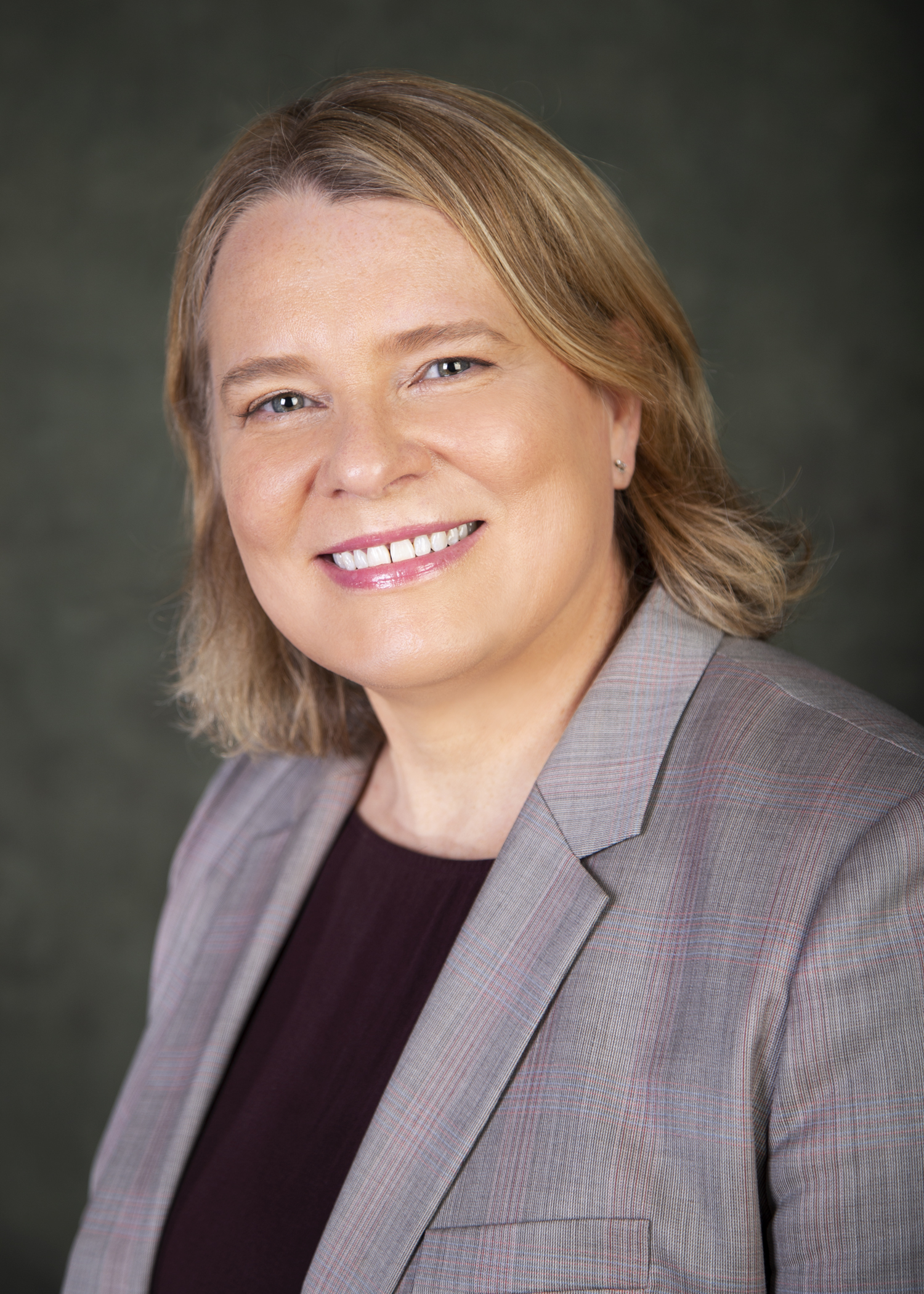
Lisa Kalynchuk
University of VictoriaDr. Lisa Kalynchuk is an innovative and inspiring leader who is always looking to push the boundaries of
what is possible. She was appointed as Vice-President Research and Innovation at UVic in 2019 and
reappointed in 2024.
Dr. Kalynchuk has learned, taught, discovered and led at six of the top universities in Canada. She has
served in a number of positions – ranking from faculty member to Canada Research Chair to research
group director to associate dean, special advisor to the provost, associate vice-president research and
finally vice-president research and innovation. She has also served on 14 corporate and non-profit
boards.
In her research, Dr. Kalynchuk is international recognized for her work to undercover the neurobiological
consequences of chronic stress and how stress can lead to depression and other mental health
disorders. She has also helped identify promising new antidepressant therapeutics for clinical use and
novel biomarkers for rapid diagnosis of depression and psychosis.
Dr. Kalynchuk brings great passion and energy to her work as a senior leader. She takes a consultative,
team first approach and is committed to inclusion and diversity of thought. She has led several major
strategic planning exercises, including the development of Aspiration 2030, UVic’s research strategy, and
been a driving force toward doubling UVic’s research revenues and success in several major national
funding competitions.


4:35 p.m.
Break
4:50 p.m.
Parallel Sessions (David Strong Building)
As trust in traditional institutions erodes, this panel explores how purpose-driven businesses can help restore confidence in economic systems. By shifting from a profit-only mindset to one centered on long-term social well-being, businesses can become powerful agents of change. The session will examine the challenges and strategies needed to accelerate this transformation and highlight how aligning business with social purpose can redefine economic models and rebuild trust in our shared future.
Featuring:
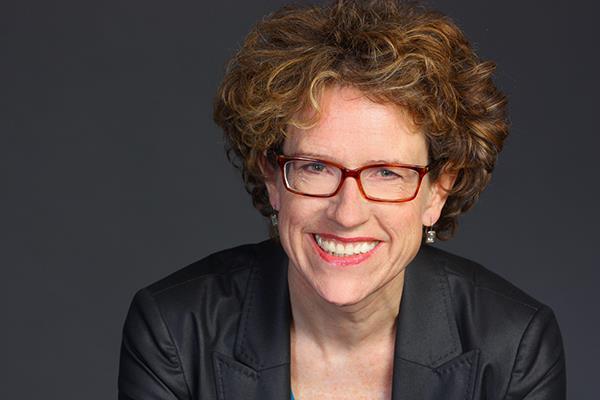
Coro Strandberg
Canadian Purpose Economy ProjectCoro Strandberg is the Chair and Co-Founder of the Canadian Purpose Economy Project and President of Strandberg Consulting. For over 30 years, she has advised boards, businesses, governments, and industry associations on strategies to advance sustainability and social purpose in the marketplace.
A nationally recognized leader in sustainable and social purpose business models, Coro co-founded the United Way BC Social Purpose Institute—the first Canadian initiative to teach social purpose business adoption and implementation to business leaders. She is a faculty member with The Directors College and the Governance Professionals of Canada, where she teaches directors and governance professionals on sustainability, purpose, and stakeholder governance. Coro serves on the Sustainability Advisory Committee of the Canadian Standards Association and has been an advisor to the Office of the Auditor General of Canada’s Commissioner of the Environment and Sustainable Development for over a decade. She also contributed to B Lab’s updated B Corp standards in Purpose and Stakeholder Governance and Collective Impact. With more than 20 years of experience as a corporate director, Coro has served as Director and Board Chair of Vancity Credit Union and as a Director of the BC Lottery Corporation. In 2024, she received the Joyce Borden-Reed Distinguished Contribution Award from the Governance Professionals of Canada in recognition of her governance leadership. She has also been named Canada’s top CSR Consultant by Canada’s Clean50 for her impact.
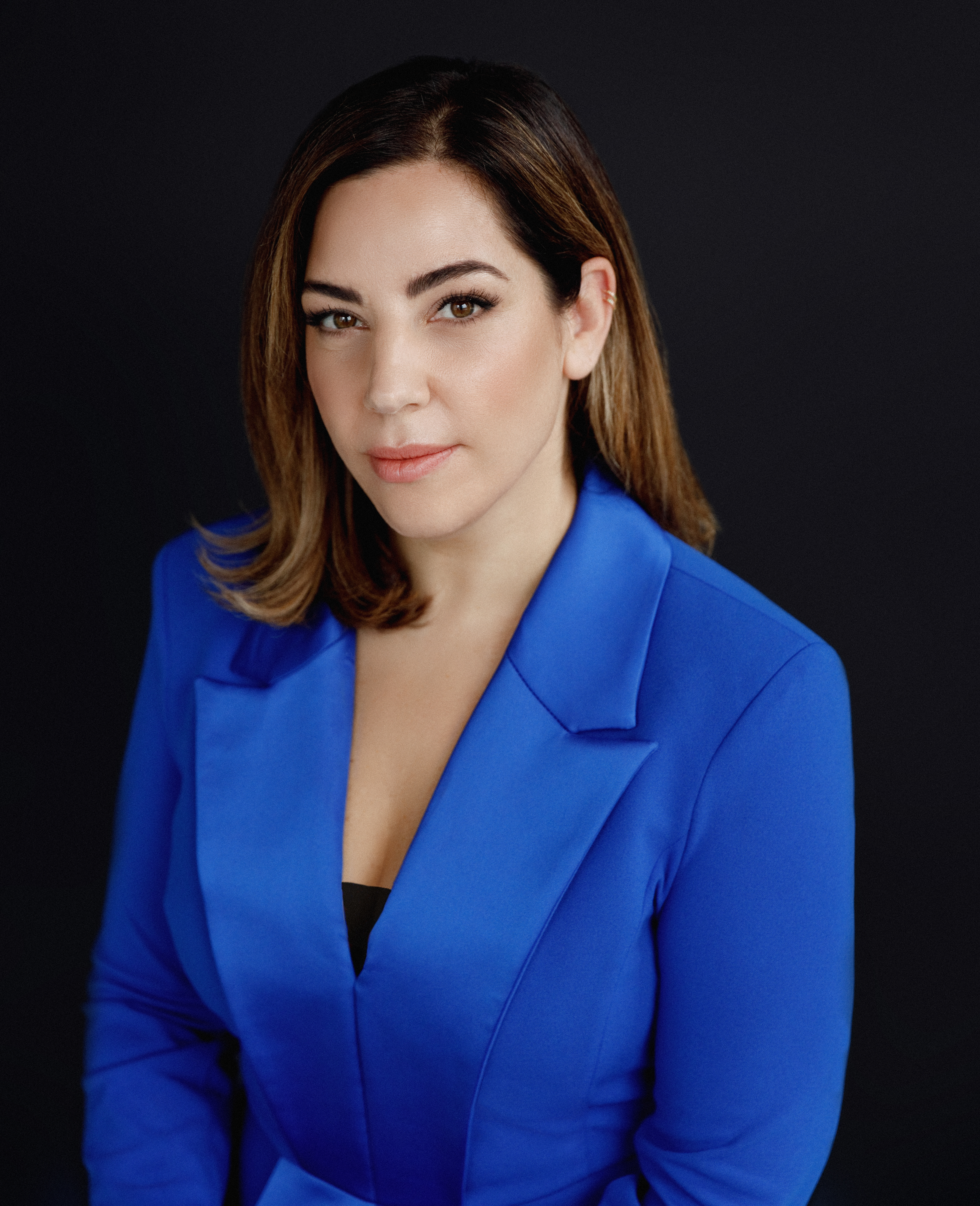
Bianca Freedman
Edelman CanadaBianca Freedman is the Chief Executive Officer of Edelman Canada, where she leads strategic client relationships and drives key initiatives across five offices and 300 employees. Known for her inclusive leadership and relentless focus on the client experience, Bianca fosters a culture of collaboration, innovation, and transparency that continues to make an impact on the communications marketing landscape in Canada.
Since becoming CEO in late 2022, Bianca has led Edelman Canada through a period of strong growth, delivering double-digit, year-over-year business performance. Under her leadership and with an exceptional senior bench, the firm has earned recognition as one of the top agencies in Canada by PRovoke Media, was named one of North America’s top agencies by The Drum and Strategy magazine, IABC Large Agency of the Year in 2025, continues to be celebrated as a workplace of choice. Edelman Canada has been named a Best Place to Work for 14 consecutive years and was recognized in 2025 as a Best Workplace Managed by Women.
Edelman also ranked fourth in the country for Canadian Cannes Lions wins in 2024, which is unheard of for an agency known for PR (vs. advertising). The firm has also received multiple global creative accolades during her tenure.
Bianca is the youngest regional CEO in Edelman’s global network. She held previous roles at Edelman as Chief Operating Officer, Canada General Manager of Calgary, and Vice President of the Toronto Corporate Practice. Throughout her career, Bianca has partnered with leading brands to transform how they engage employees, customers, and stakeholders, consistently driving results.
Bianca serves on Humber College’s PR Advisory Board, The Globe and Mail Cannes Lions Advisory Board, and is a mentor for youth-focused organizations dedicated to eliminating barriers to employment and accelerating high-potential talent.
Before joining Edelman in 2013, Bianca held communications and marketing roles at Walmart in both Canada and the San Francisco Bay Area.
In her spare time, you can catch Bianca running, hiking or watching reality TV, in no particular order.
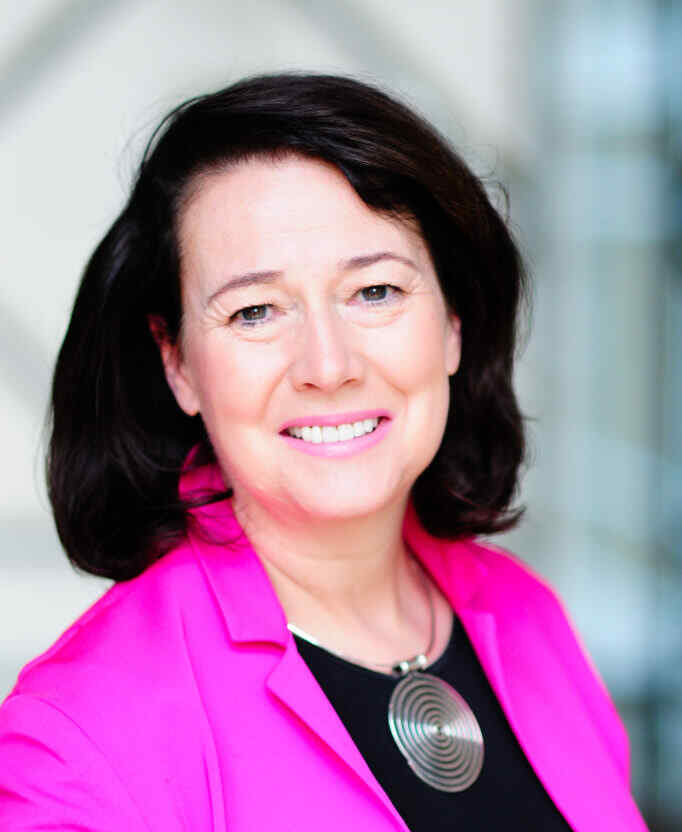
Janet Austin
Former Lieutenant Governor of British ColumbiaThe Honourable Janet Austin was sworn-in as the 30th Lieutenant Governor of British Columbia on April 24, 2018. Prior to this appointment, she spent 15 years as Chief Executive Officer of YWCA Metro Vancouver, one of the province’s largest and most diversified non-profits. There she oversaw operations delivering services to tens of thousands of people annually at more than 40 locations.
Raised in Alberta, Her Honour spent her early career in public sector roles in Calgary, working in regional planning and public consultation and communications for the provincial government. She eventually moved to British Columbia, where she began working with BC Housing and discovered her passion and aptitude for public office. Prior to joining the YWCA, Her Honour served as Executive Director of Big Sisters of BC Lower Mainland, and actively volunteered for many organizations in commitment to helping improve the lives of others, as well as serving on various boards ranging from Translink to the Women’s Health Research Institute.
Her Honour is Chancellor of the Order of British Columbia and was invested as a Member of the Order in 2016. As Lieutenant Governor, she has identified three key themes for her mandate: the promotion of diversity and inclusion, democracy and civic engagement, and Reconciliation.
Moderator:
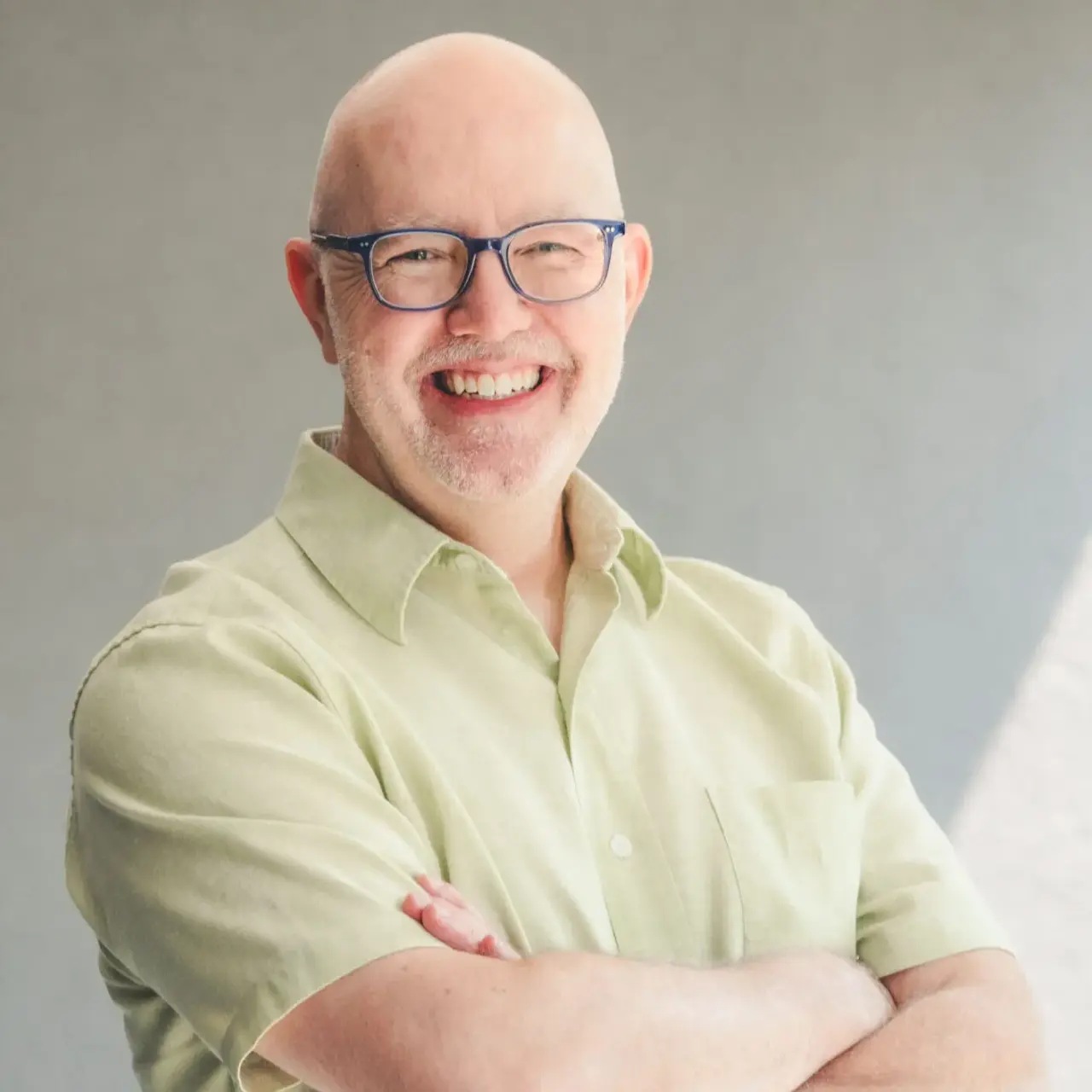
Keith Ippel
SpringWith over 25 years of experience as a leader in technology & impact businesses and as an angel investor, Keith has accelerated the growth of both small and large companies and raised over $80M in angel investment and venture capital. As a global keynote speaker, teacher, and advisor, he has an unparalleled ability to collaborate with entrepreneurs, employees, and investors to grow businesses and change the world. Keith has trained more than 400 impact entrepreneurs on investment readiness and raising capital, including Hootsuite (first three rounds), StoryTap, SocialNature, Nada Grocery, Foodee ($200m exit), Ministry of Programming, ehsAI (acquired), Brightkit (acquired; 3x in 2 years), Careteam, and FoodMesh.

















This session will consider the use of “serious games”, using localized maps to involve the community in understanding localized climate impacts and preparedness.
Featuring:
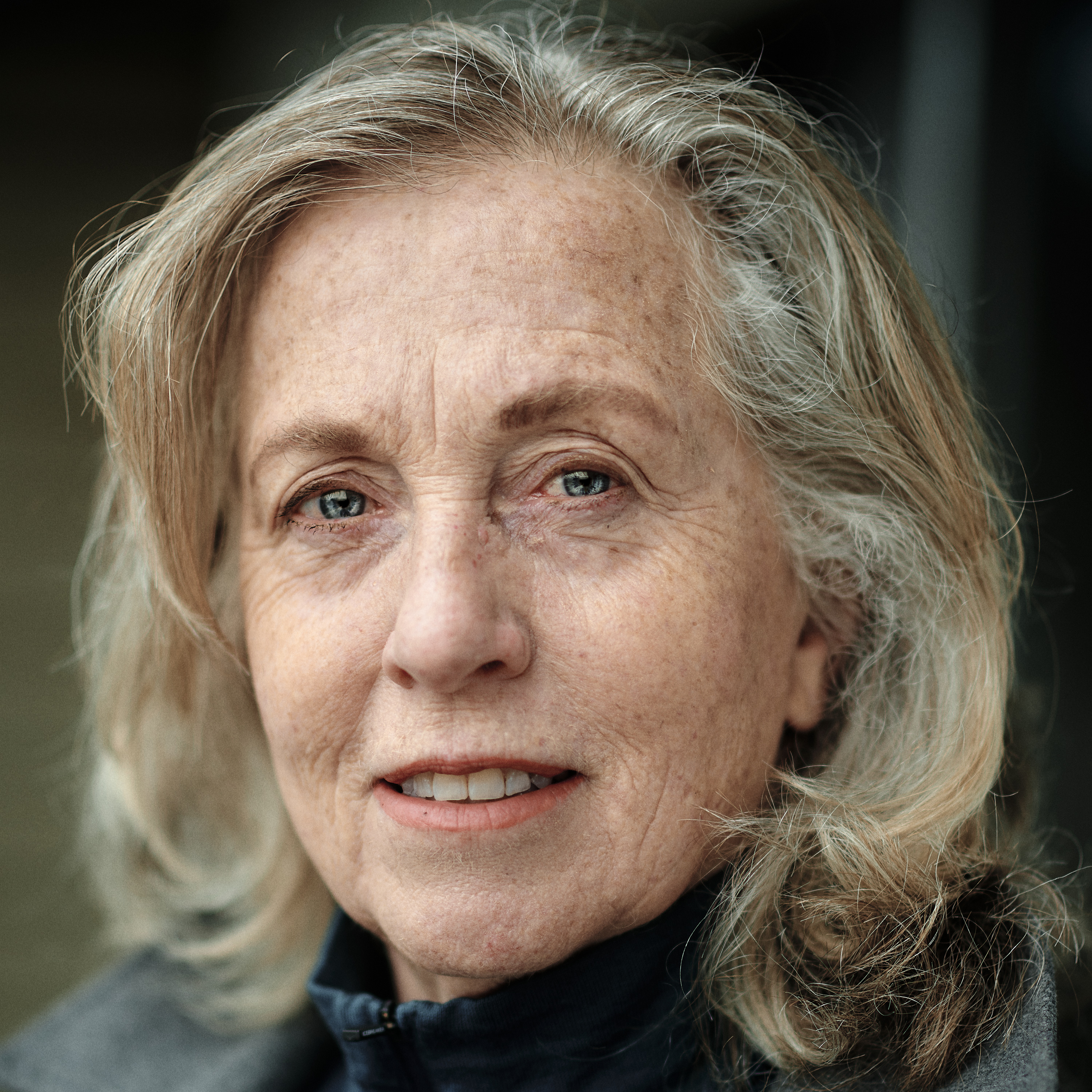
Robin Cox
Resilience by Design Lab, Royal Roads UniversityDr. Robin Cox has over 25 years of experience working in the intersecting fields of disaster and emergency management and climate action. As director of the Resilience by Design Lab (RbD) at Royal Roads University, Robin works with an interdisciplinary and multi- sectorial team of faculty, students, youth, and external partners (government, business, academic) to conduct regional, national and international climate adaptation research and capacity-building projects. Climate action workforce development is central to the mission of the Rbd and of Robin’s current professional practice as a researcher, instructor, and curriculum designer.
Based in Victoria, British Columbia, Robin is the Program Head of the Master of Arts in Climate Action Leadership at Royal Roads University (RRU) and a Professor in the Disaster and Emergency Management Master of Arts program. Her work advances leadership and upskilling in climate and disaster resilience through initiatives such as the M.A. in Climate Action Leadership, an innovative open-learning Graduate program, the design of the first ever comprehensive Climate Action Competency Framework, and a range of nationally funded research projects that seek to contribute to scholarship while also empowering youth, professionals and communities as leaders in taking action on climate and disaster resilience. Robin holds a doctorate in Counselling Psychology from the University of British Columbia.
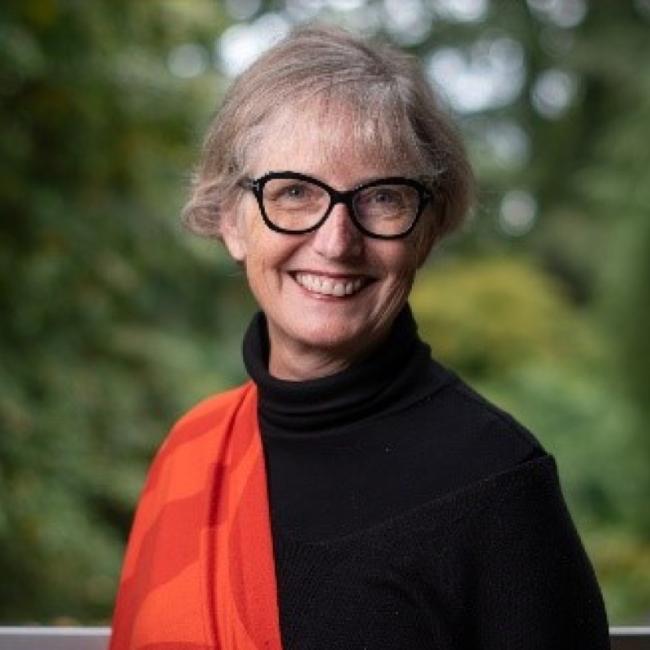
Vivian Forssman
Resilience by Design Lab at Royal Roads UniversityVivian Forssman’s senior-level operational and project management experience is currently focused on applying learning strategies, learning networks and practitioner communities to foster climate change capacity-building and workforce development.
Her professional background includes leading post-secondary teaching-and-learning centres, implementing digital learning and communications strategies, and collaborating on innovative models for learning accreditation.
She currently works with Dr. Robin Cox, Resilience by Design Lab at RRU. Recent efforts have been focused on program management of Adaptation Learning Network involving several BC universities; climate adaptation micro-credential strategies; and co-developing a climate adaptation competency framework to support skills development for individuals and organizations in a climate-changed reality.
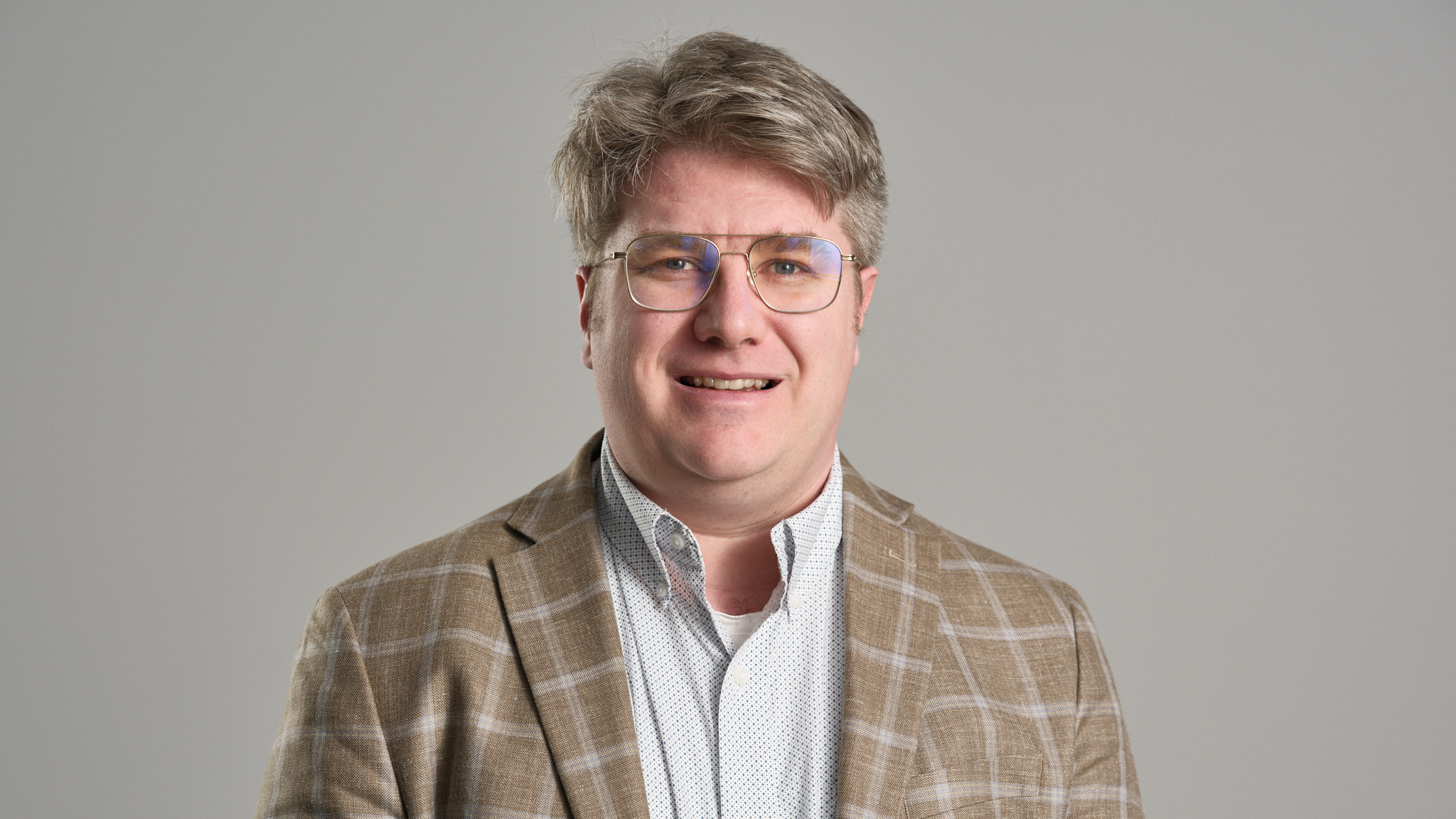
Geoff Evamy Hill
Bow Valley CollegeGeoff Evamy Hill is the Manager of Applied Research for Entertainment Arts at Bow Valley College in Calgary. He specializes in combining strategic foresight, serious game design, and political economy to tackle complex problems. Prior to joining Bow Valley College, Geoff worked in the energy transition, defence and security, and natural resources domains, respectively. He holds a Master of Design in Strategic Foresight and Innovation from OCAD University, as well as a Bachelor of Knowledge Integration from the University of Waterloo.
Moderator:
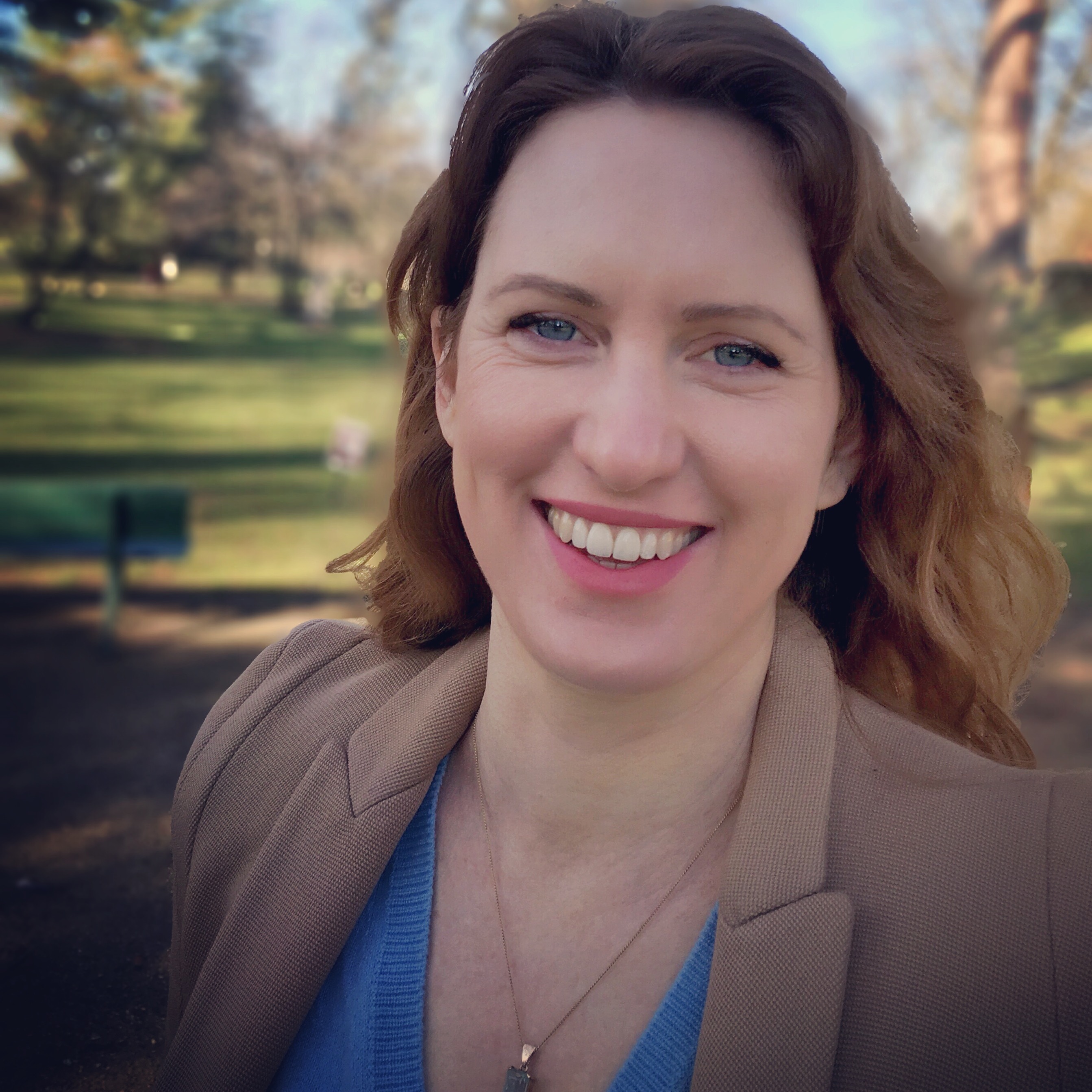
Tamara Krawchenko
University of VictoriaDr. Tamara Krawchenko, Associate Professor at UVic’s School of Public Administration, is an expert in comparative public policy, regional development and sustainability transitions. Dr. Krawchenko’s scholarship is placed-based—focusing on understanding local and regional assets, challenges and opportunities—supporting diverse communities to meet their development goals. She is a Strategic Research Areas lead with UVic’s Accelerating Community Energy Transformation initiative.






Facing a convergence of existential challenges — from climate change to housing — Canada must rethink how it innovates for the public good. This session will explore “mission innovation”: a powerful, purpose-driven approach that mobilizes policy, resources, and cross-sector collaboration to tackle society’s most complex problems. Join us to examine how this global movement can revitalize Canada’s innovation ecosystem and spark transformative solutions for our future.
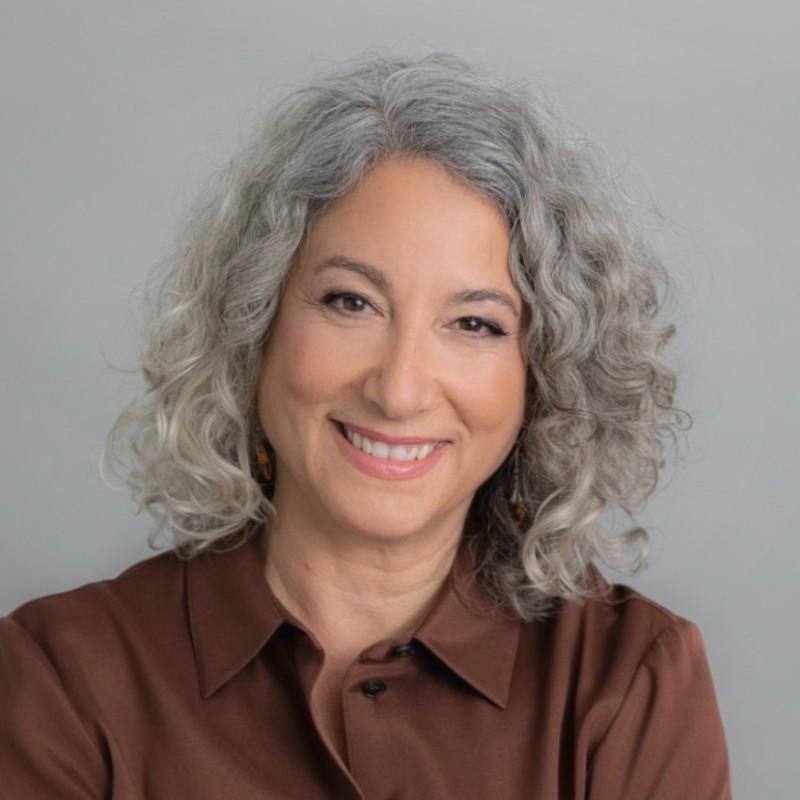
Andrea Nemtin
Social Innovation CanadaCurrently, the CEO of Social Innovation Canada, Andrea Nemtin has spent her career leading complex organizations and initiatives focused on creating positive social and environmental progress through strategic philanthropy, media and arts, social innovation and impact investing. These roles have included Founding CEO of the Inspirit Foundation, Executive Director at Rally Assets, and President of PTV Productions. Andrea has served as a board member and advisor to numerous organizations, she is currently an advisor to Boann Social Impact a board member of the Resource Productivity Recovery Authority and a Pierre Elliott Trudeau Foundation Mentor. Andrea is committed to finding innovative ways to support cohesive and prosperous communities and was recognized in 2017 with a Governor General’s Meritorious Service Award for her contributions.

Sandra Lapointe
McMaster UniversityDr Sandra Lapointe is a Professor of Philosophy at McMaster University. She is a Commonwealth alumna, a Fellow of the Humboldt Foundation and an award winning scholar. She is a past President of the Canadian Philosophical Association and a past member of the Board of Directors of the Federation for the Humanities and Social Sciences.
Dr Lapointe’s current research agenda revolves around a series of action-driven projects in higher education policy, knowledge mobilisation and skills development for inclusive innovation and impact.
Dr Lapointe is the Founding Director of the Canadian Collaborative for Society, Innovation and Policy, a multi-institutional research and action network on Canada’s Social Innovation Strategy. Through The/La Collaborative she leads a series of talent and knowledge mobilization initiatives funded by SSHRC, Mitacs and the Future Skills Centre and dedicated to enhancing social sciences, humanities and arts’ contribution to innovation. Dr Lapointe is the convener of the annual Canadian Forum for Social Innovation.
.
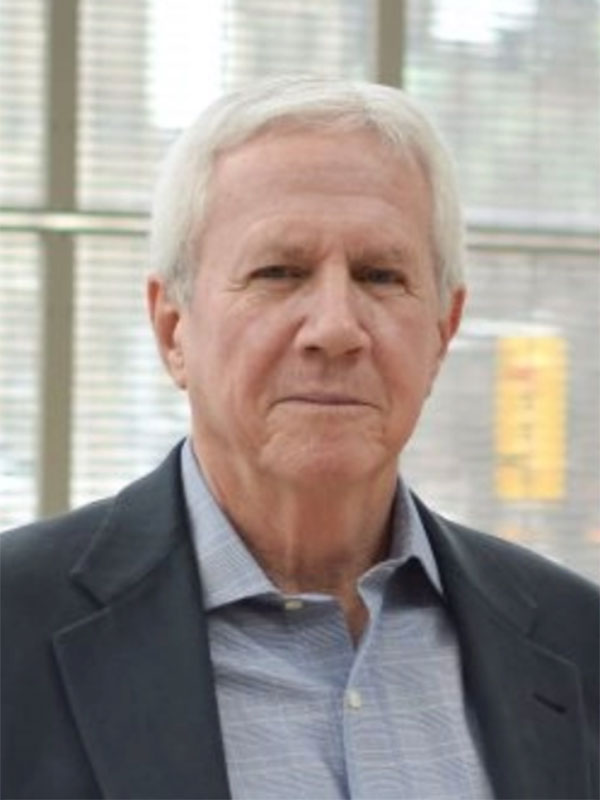
David Watters
Institute for Collaborative InnovationDavid B. Watters is the former Assistant Deputy Minister for Economic Development and Corporate Finance in Finance Canada, the Founder and current Strategic Advisor at the Global Advantage Consulting Group, a former adjunct professor (International Negotiation) at the
Telfer School of Management at the University of Ottawa, and Founder and current President of the Institute for Collaborative Innovation based in Ottawa. David holds degrees in Economics and Corporate, Commercial and Tax Law from Queen’s University, Kingston, Ontario.
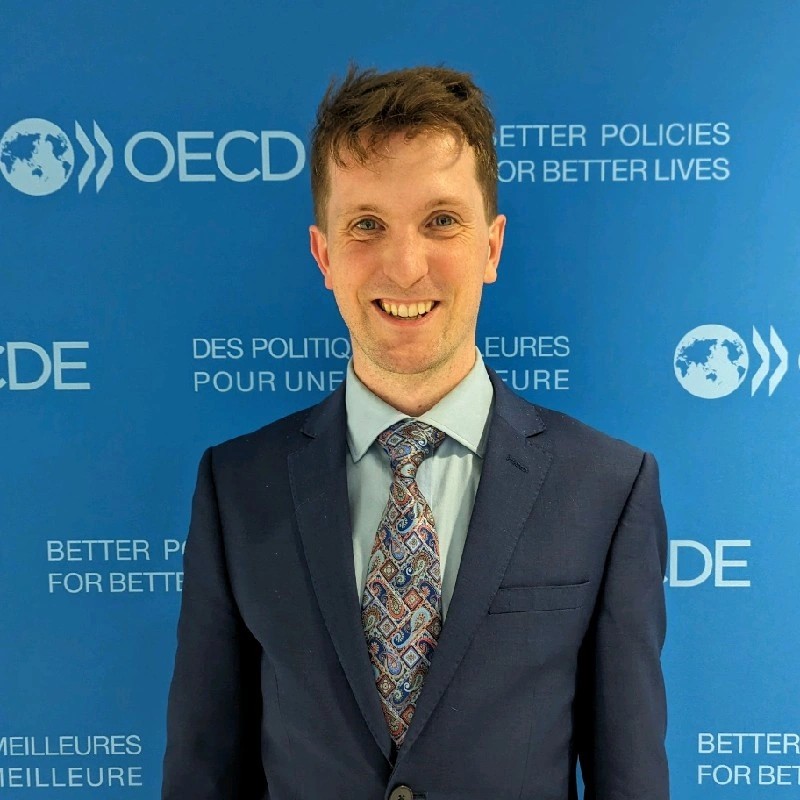
Charles McIvor
Organization for Economic Cooperation and Development (OECD)I have worked on science, technology and innovation policy, research and program implementation for over a decade. Through my work at the OECD, I am exploring how governments can use a mission-oriented approach to tackle the biggest challenges of our time.
In my spare time, I organize and attend policy events, play volleyball, read, cook, go on long walks, and explore new restaurants. I also run a newsletter, “Innovation in the News”, to help keep myself and other policymakers in the know on the latest trends in this space.
Moderator:

Tim Draimin
Social Innovation CanadaTim Draimin is board member and Chair of Social Innovation Canada (SIC), an innovation platform supporting multi-organizational and cross-sector partnerships tackling social and environmental challenges. His Canadian and international career has focused on social and environmental causes through the lenses of philanthropy and social innovation. He convened the Canadian Task Force on Social Finance, co-founded the Social Finance Forum, and wrote the first Canadian study of social entrepreneurship. His writing has appeared in Stanford Social Innovation Review, The Globe & Mail, Cooperation South, The New Internationalist, Social Innovation Atlas, Philea, and The Hill Times. He is a frequent advisor to non-profits, government and business. He was the National Executive Director of Social Innovation Generation (SiG) and the founding CEO of Tides Canada Foundation (now MakeWay). His past board roles included Trico Charitable Foundation, Centre for Social Innovation (CSI), Green Economy Canada (GEC), Partnership Brokers Association (PBA), Institute on Media, Policy and Civil Society (IMPACS), Social Innovation Exchange (SIX London UK), and Philippines-Canada Human Resource Development (PCHRD).



This session will honour the creation and impact of the Lekwungen Declaration, first introduced at the 2022 Victoria Forum. Since then, it has been adopted by the Commonwealth Games Federation in 2023 and endorsed by all 73 Commonwealth Sports Ministers in 2024. A key moment took place at Canada House in London on February 20, 2025, where Canadian Indigenous leaders and Victoria Forum representatives presented the lək̓ʷəŋən Paddle to Commonwealth Sports President Chris Jenkins—symbolizing collective commitment to reconciliation and the unifying role of sport in that journey.
Featuring:
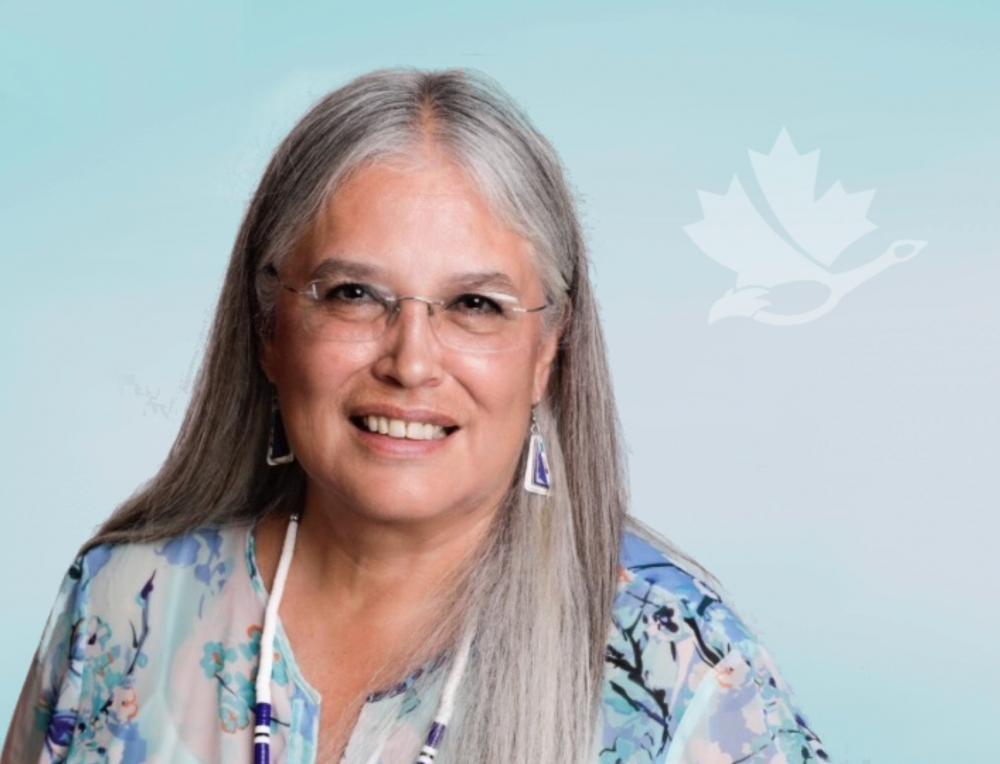
Ava Hill
Six Nations of the Grand River, Commonwealth Sport FederationAva Hill, whose traditional name is Iohahatie, was born on the Six Nations Reserve and is a Mohawk, Wolf Clan. Ava was the Elected Chief of the 56th and 57th Six Nations Elected Council. Prior to holding the Office of the Elected Chief, Ava was a Councillor for District Two for three terms, a total of nine years. After serving for fifteen years as a member of the Six Nations Elected Council, Ava did not seek re-election in 2019.
During her tenure as Chief, Ava represented the Chiefs in Ontario on the Ontario Provincial Cabinet Committee on Poverty Reduction and Social Inclusion up until June 2018.
In the 80s and 90s, Ava spent time working with the Chiefs in Ontario as the Executive Director of the Chiefs in Ontario Office and also at the Assembly of First Nations as the Executive Assistant to the National Chief. Subsequent to her work at the AFN, Ava was the Executive Assistant to the Co-Chair of the Royal Commission on Aboriginal Peoples.
Ava is a former member of the Board of Governors at the University of Waterloo. She is currently a member of the National Consortium for Indigenous Economic Development at the University of Victoria and a member of the Advisory Council for Victoria Forum 2020. She is also the Co-Chair, along with the President of the International Commonwealth Games Federation, for a Working Group that is working on a Declaration on Reconciliation with Indigenous Peoples Through Sports.
Ava is a Board Director for Commonwealth Sport Canada. As well, she is a member of the Canadian Advisory Board for Right to Play.
Ava is currently one of the Co-Chairs for the Capital Campaign Committee which is raising funds for a New Museum and Art Gallery at the Woodland Cultural Centre.
She is also a member of the Amethyst Selection Committee for the Ontario Public Service and was invited to be a Witness Ambassador for the Four Host First Nations/Canadian Olympic Committee Bid to host the 2030 Winter Olympics in Vancouver and Whistler.
She was awarded with the YMCA Peacemaker Medal for 2020, which was presented by the YMCA of Hamilton, Burlington and Brantford, and also received an Honorary Doctorate of Laws from Brock University in October 2021.

Wilton Littlechild
Confederacy of Treaty Six First NationsWilton Littlechild, Ph.D., is a Cree chief, residential school survivor, and lawyer who has worked both nationally and internationally including with the United Nations to advance Indigenous rights and Treaties. He has also – through leadership with the Truth and Reconciliation Commission – raised awareness of former Canadian policies that decimated the livelihood and culture of Indigenous Canadians.
Born in Alberta, Wilton Littlechild was raised largely at residential schools from 1951 to 1964, where he spent 14 years surviving through study and sport. After leaving residential school, he studied physical education at the University of Alberta and law at the University of New Mexico, where he continued his balance of academics and hockey.
Chief Littlechild was a member of the 1977 Indigenous delegation to the United Nations (UN), and worked on the UN Declaration on the Rights of Indigenous Peoples. He organized within the UN to increase Indigenous input in the economic and social issues the UN tackles. In the 1980s, he worked on the lawsuit to prevent patriation of the Canadian Constitution until the Aboriginal and Treaty Rights were protected and, in more recent years, has been a regional and International Chief on Treaties No. 6, 7, 8.
Chief Littlechild has been a member of parliament, Vice-President of the Indigenous Parliament of the Americas, North American representative to the UN Permanent Forum on Indigenous Issues, and a chairperson for the UN Expert Mechanism on the Rights of Indigenous Peoples and the Commission on First Nations and Métis Peoples and Justice Reform.
In addition to his ongoing work with the Truth and Reconciliation Commission, he’s continued to run his own law firm in Erminiskin Reserve, Alberta, and maintains his commitment to sport. He has been inducted into seven Sports Halls of Fame.
He has been awarded the Order of Canada and in 1993, the Canadian government awarded Chief Littlechild the Canada 125 Medal. He is a 2015 Laureate of the Indspire Awards and was recently honoured with the Alberta Award of Excellence.
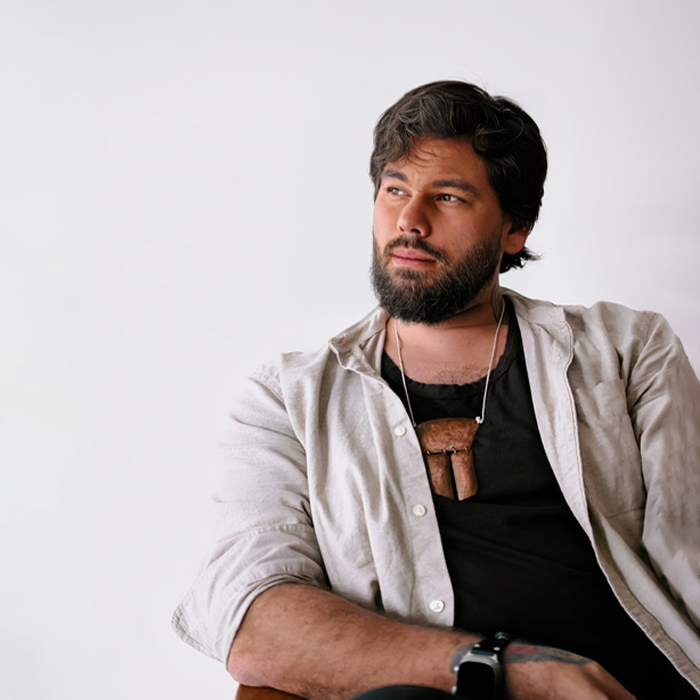
Patrick Shannon
Award-winning Haida filmmaker and community builderNang Ḵ’uulas Patrick Shannon is a filmmaker, storyteller, and social entrepreneur from the Haida Nation on Haida Gwaii, whose work focuses on powerful storytelling, collaboration, and creating meaningful connections through art. He co-founded the Precious Culture Society, the Haida Gwaii Media Collective, and Supernaturals Modeling—the world’s first all-Indigenous modeling agency—to amplify Indigenous voices and create opportunities on Haida Gwaii and beyond. Through social entrepreneurship, he addresses economic challenges in the Indigenous communities, building capacity and fostering opportunities for sustainable growth, and is also an instructor with the University of Victoria’s Indigenous ACE program.
Moderator:
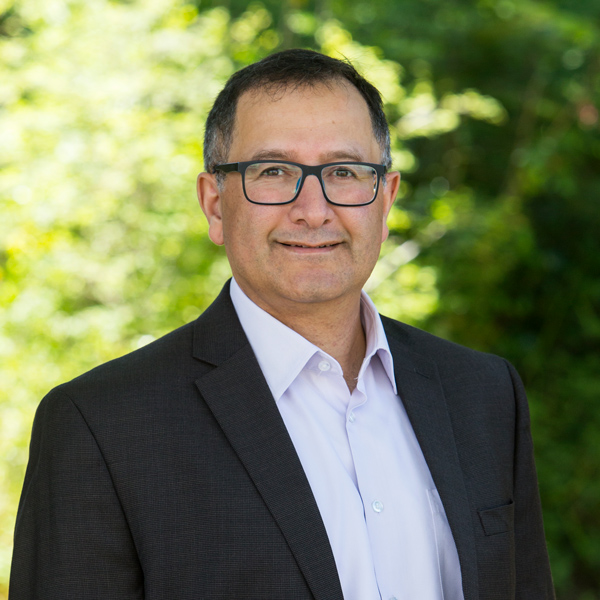
Adel Guitouni
Director of ProgramsAdel Guitouni is an award-winning associate professor of management sciences, operations research and decision support systems at the Gustavson School of Business. His PhD and master-level students benefit from his multi-disciplinary approach to teaching and professional activities, which includes his work with the Canadian government where he directed large scientific teams involved with major events and strategic initiatives such as the Vancouver 2010 Olympics and G8/G20 summits, and a variety of projects with the Canadian Forces.
Since 2011, Adel has actively engaged in several educational activities that support the democratic transition and socio-economic development in the MENA region (i.e., Tunisia and Libya) from providing coaching sessions to senior government officials to obtaining grant funding to develop the country’s leadership capacity. In 2014 in partnership with Tunisian higher education institutions, he established a not-for-profit non-governmental organization dedicated to fostering entrepreneurship development and innovation.
Adel has published numerous refereed papers and book chapters, and is the recipient of several multi-million dollar research grants. On the research side, he has made several contributions to multiple criteria decision aid (MCDA), supply chain management, information systems, resource management and cloud computing. His research interests include the automation of planning and scheduling, net-enabled dynamic resource management and supply chain management, classification and machine learning, multiple criteria decision analysis, multi-objective optimization, collaborative decision making and decision support systems.
Through his research Adel’s goal is to help improve the decision-making process at the individual and corporate level. Through his entrepreneurship and leadership project work, he hopes to empower youth and leaders by giving them the tools to change their world.


This panel explores the future of public funding in Canada’s media landscape, where government support—through tax credits, wage subsidies, and more—has become vital for both legacy media and digital startups. As questions arise about the sustainability and independence of journalism, the discussion will focus on developing funding models that are arms-length from the government to maintain public trust. Panelists will consider how policy can evolve to support a thriving, independent media sector and what principles should guide the next phase of public investment in journalism.
Featuring:
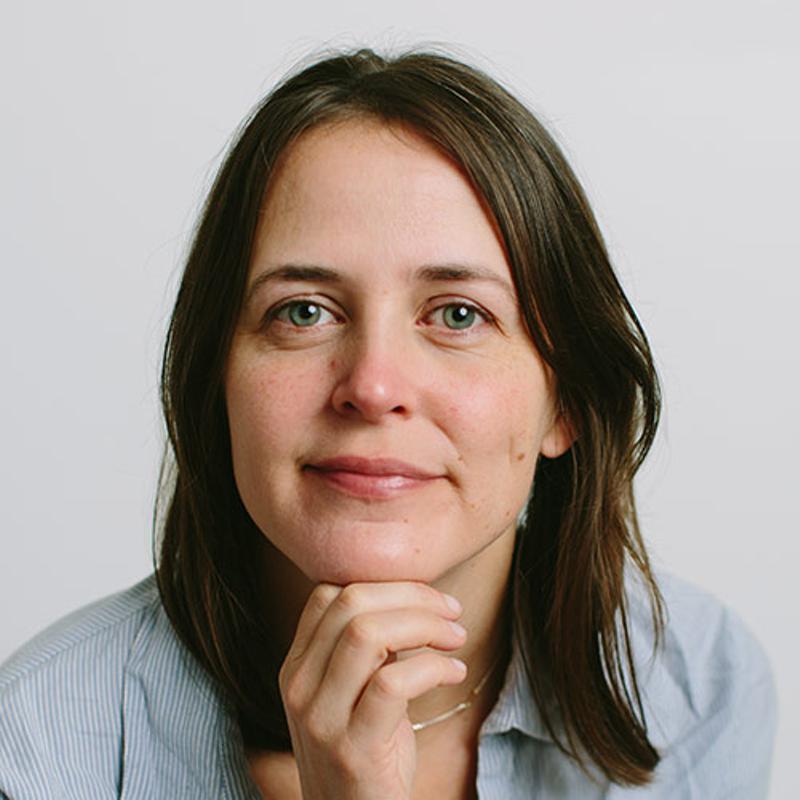
Jeanette Ageson
The Tyee, Publisher AND Press Forward CanadaJeanette is the Publisher of The Tyee, an independent, non-profit, reader-supported journalism organization based in B.C. For over a decade Jeanette has worked on creating a sustainable business model for journalism, and has helped to grow The Tyee’s staff team, publishing output, and revenue streams.
As Chair of Press Forward Canada, Jeanette works with other independent publishers to have a voice in matters of public policy that affect the news industry.

Michelle Cyca
tâpwêwin Media & The NarwhalMichelle is the board chair of tâpwêwin media, a national Indigenous-led nonprofit and the publisher of IndigiNews. An award-winning, independent newsroom, IndigiNews is committed to serving Indigenous communities, decolonizing journalism and strengthening Indigenous media ecosystems. Michelle is also a senior editor with The Narwhal, where she leads coverage of Indigenous-led conservation initiatives, and an award-winning freelance journalist. She is a member of Muskeg Lake Cree Nation, and lives in Vancouver with her family.
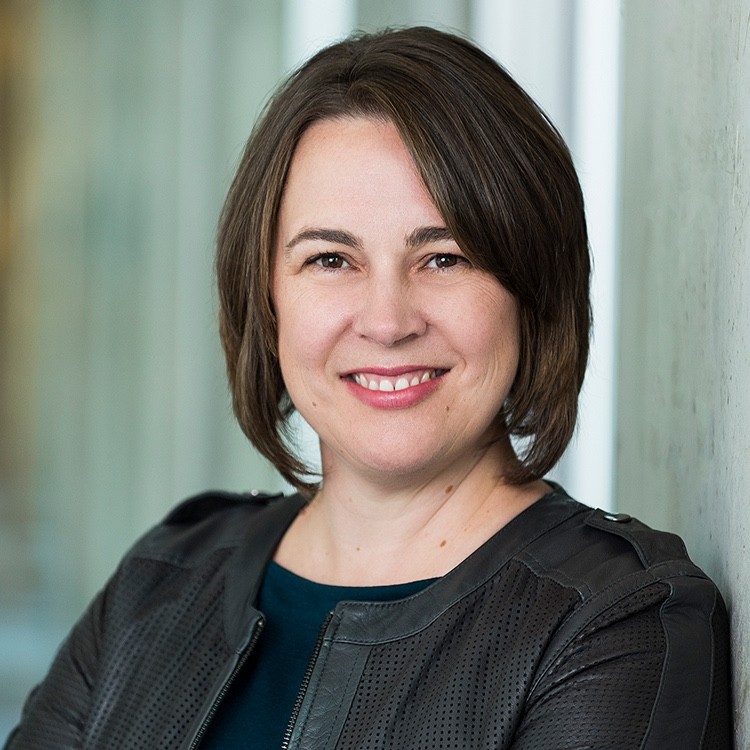
Kelly Wilhelm
OCAD UniversityI am a bilingual executive with more than 25 years’ experience leading policy and innovation in the arts, creative industries, not-for-profit sector, and government. I currently lead the Cultural Policy Hub at OCAD U, a new partnership that builds networks among three groups – researchers / academics, artists and cultural workers, and policy-makers – to make Canadian cultural and public policy more inclusive, informed, and integrated. In my consulting practice, I take on consulting projects that transform organizations or systems for the better, making them more strategic, inclusive, effective, and connected to community.
I am a skilled facilitator and frequent speaker. Adept at working across the private, public and not-for-profit sectors, I am an inclusive, lateral thinker who builds compelling visions that others can commit to and in which they feel supported to do their best work.
Moderator:
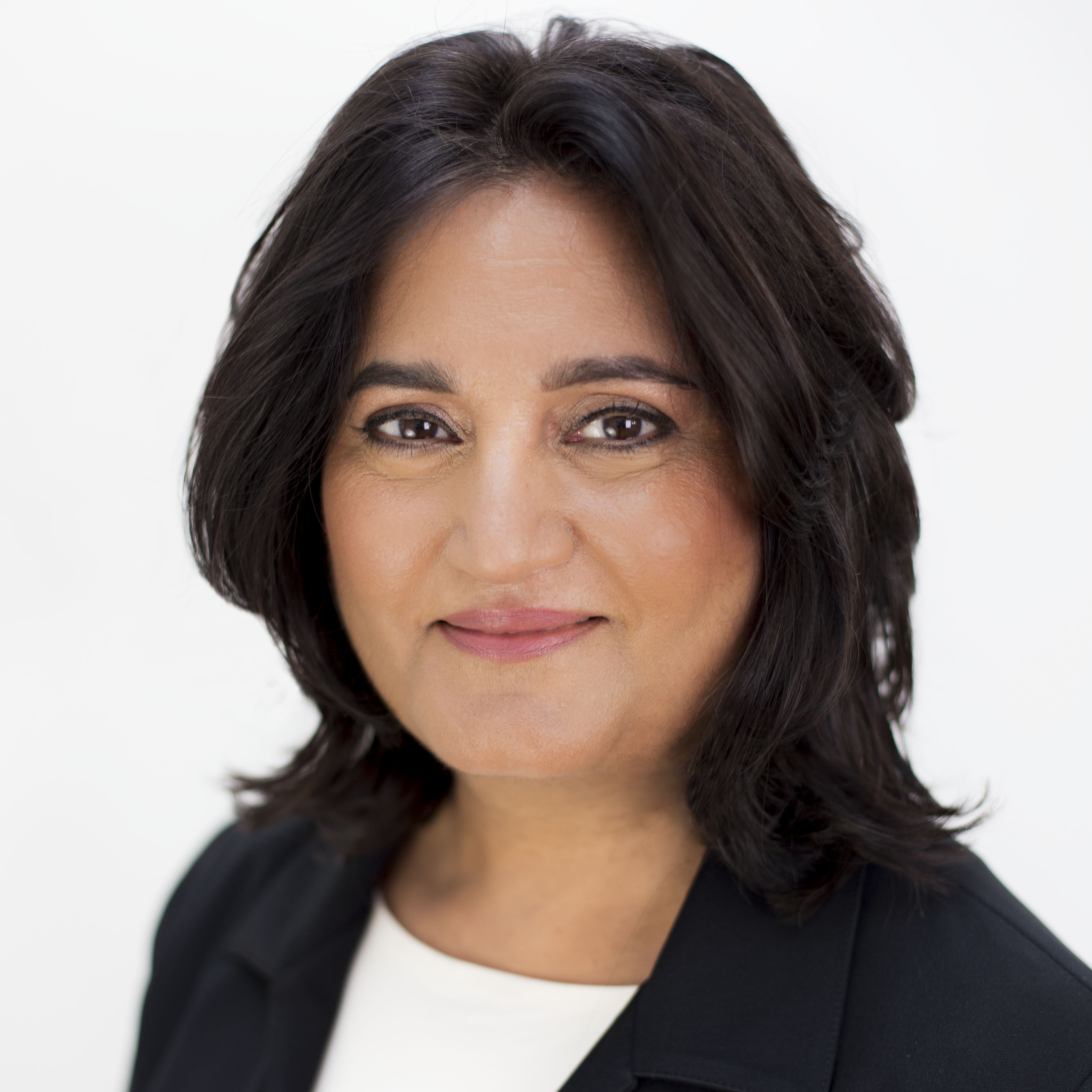
Sadia Zaman
Inspirit FoundationSadia Zaman brings a wealth of media, arts, not-for-profit, and leadership experience to her role as CEO, Inspirit Foundation, a national public foundation. She has held senior leadership roles at the Royal Ontario Museum, Canadian Broadcasting Corporation (CBC), and Women in Film and Television-Toronto. Sadia began her career as a journalist, creating hundreds of hours of original, critically acclaimed content for Vision TV, CBC and TVO. She has won dozens of awards for her journalism and has been honoured for her leadership. She is often asked to speak on a range of media, leadership, philanthropy, and equity issues nationally and internationally.


Migrants are frequently blamed for exacerbating social problems such as a shortage of housing, access to health care and other negative impacts. There is very little evidence for these beliefs and it is important to correct the narrative. In reality, migrants have a net positive impact on our economies, our society and our communities.
Featuring:
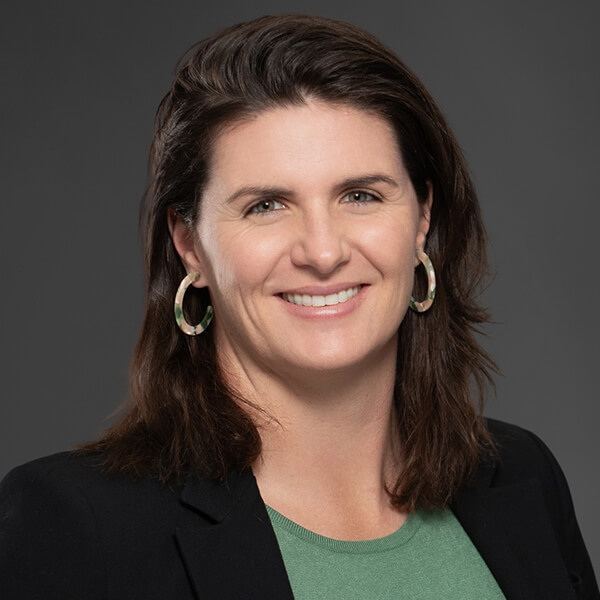
Lauren Hamman
Conference Board of CanadaLauren Hamman is the Associate Director of Immigration at The Conference Board of Canada. In this role, Lauren oversees the National Immigration Centre (NIC) and the Centre for Business Insights on Immigration (CBII). Lauren leads the immigration team whose research focuses on addressing pressing, complex immigration issues in Canada.
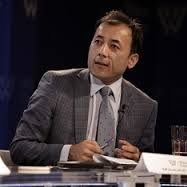
Maiwand Rahyab
Resilient SocietiesMaiwand Rahyab is the founder and CEO of Resilient Societies, an emerging Canada-
based global initiative dedicated to protecting civic space and empowering democracy
advocates and human rights defenders operating under authoritarian regimes or in exile.
Based in Ottawa, Resilient Societies advances inclusive platforms such as the Resilience
Network and the Global Civic Space Summit, working to restore voice, agency, and
relevance to civil society actors confronting repression and transnational threats.
Prior to relocating to Canada, Maiwand held senior leadership roles with the National
Democratic Institute, Counterpart International, and served as the inaugural Executive
Director of the Afghanistan Institute for Civil Society. He also served as a Commissioner
with Afghanistan’s Independent Administrative Reform and Civil Service Commission
and later led NDI’s democracy programs in Kyrgyzstan. His insights on civil society,
democratic resilience, and exile politics have been featured in the Ottawa Citizen, Montreal
Gazette, The Diplomat, and other leading publications.
A Fulbright Scholar and Chevening Fellow, Maiwand holds a Master of Public
Administration from Middlebury College and has conducted research on human rights
protections at the University of Birmingham. He is also an Asia Society Fellow, and has
spoken at high-level forums including the UN General Assembly, King’s College London,
the Wilson Center, and the U.S. Institute of Peace. Drawing from lived experience and
global expertise, he brings a compelling voice to urgent debates on civic space, democratic
backsliding, and the future of exile activism.
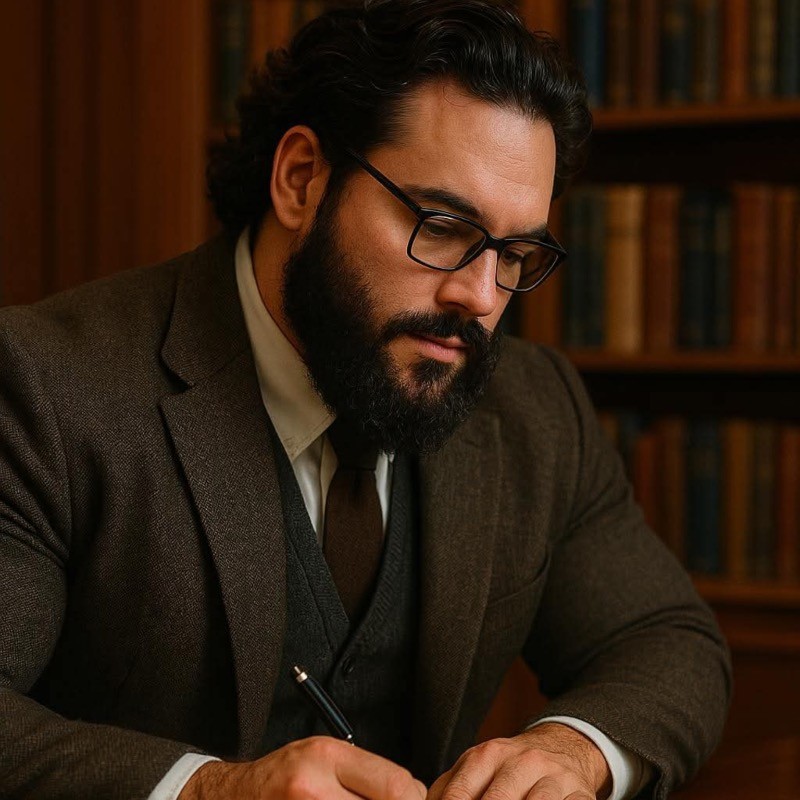
Yusuf Siraj
Foundation for a Path ForwardAs President & Lead Consultant at Andalusia ETC, I collaborate with organizations to implement sustainable and impactful solutions that genuinely contribute to societal betterment. My roles as a researcher, educator, and author enable me to disseminate knowledge and empower others to become catalysts for change in their communities. I’m also deeply committed to my roles with non-profits such as the Foundation for a Path Forward, International Students of Islamic Psychology, Our Grandmother Earth, and many more — working to create tangible pathways to a better tomorrow.
I believe in the power of connection – fostering strong relationships is paramount to achieving collective goals. Beyond my professional endeavors, I’m a perpetual learner, a lifelong student, seeker, and supporter, always eager to understand and contribute.
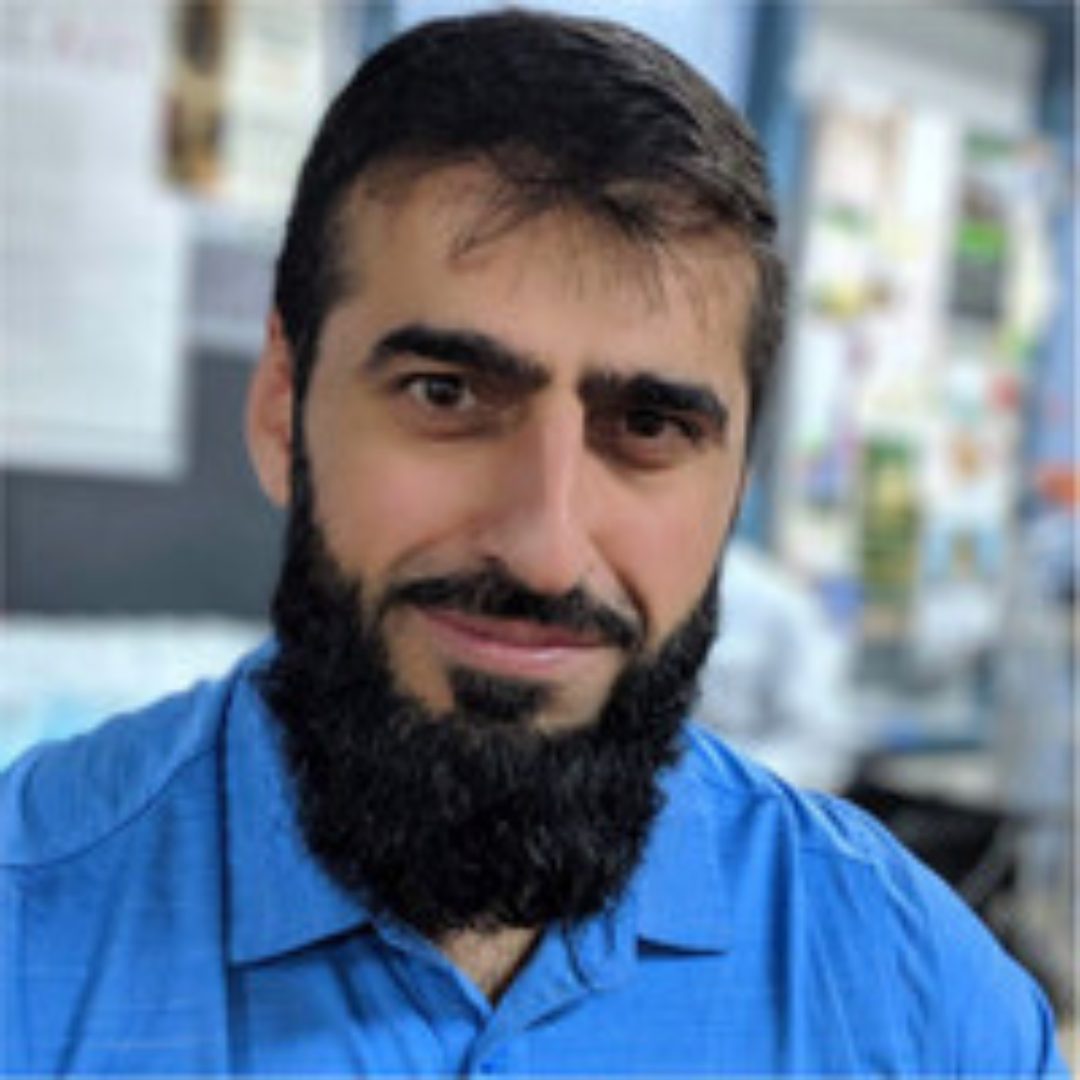
Tariq Tyab
Foundation for a Path ForwardAs a passionate advocate for social justice and a dedicated leader, I co-founded the Foundation for a Path Forward alongside my esteemed colleague Yusuf Siraj. With a shared vision of a more inclusive Canada, we have been at the forefront of pioneering anti-racism initiatives and fostering diversity across the nation.
My role at the Foundation encompasses active involvement in every aspect of our organization. From strategizing innovative educational programs to forming impactful partnerships, I am deeply committed to driving change. However, the success of our mission is not a solo effort. Working alongside Yusuf and our incredible team, we harness a range of expertise and perspectives to make our vision a reality.
Moderator:
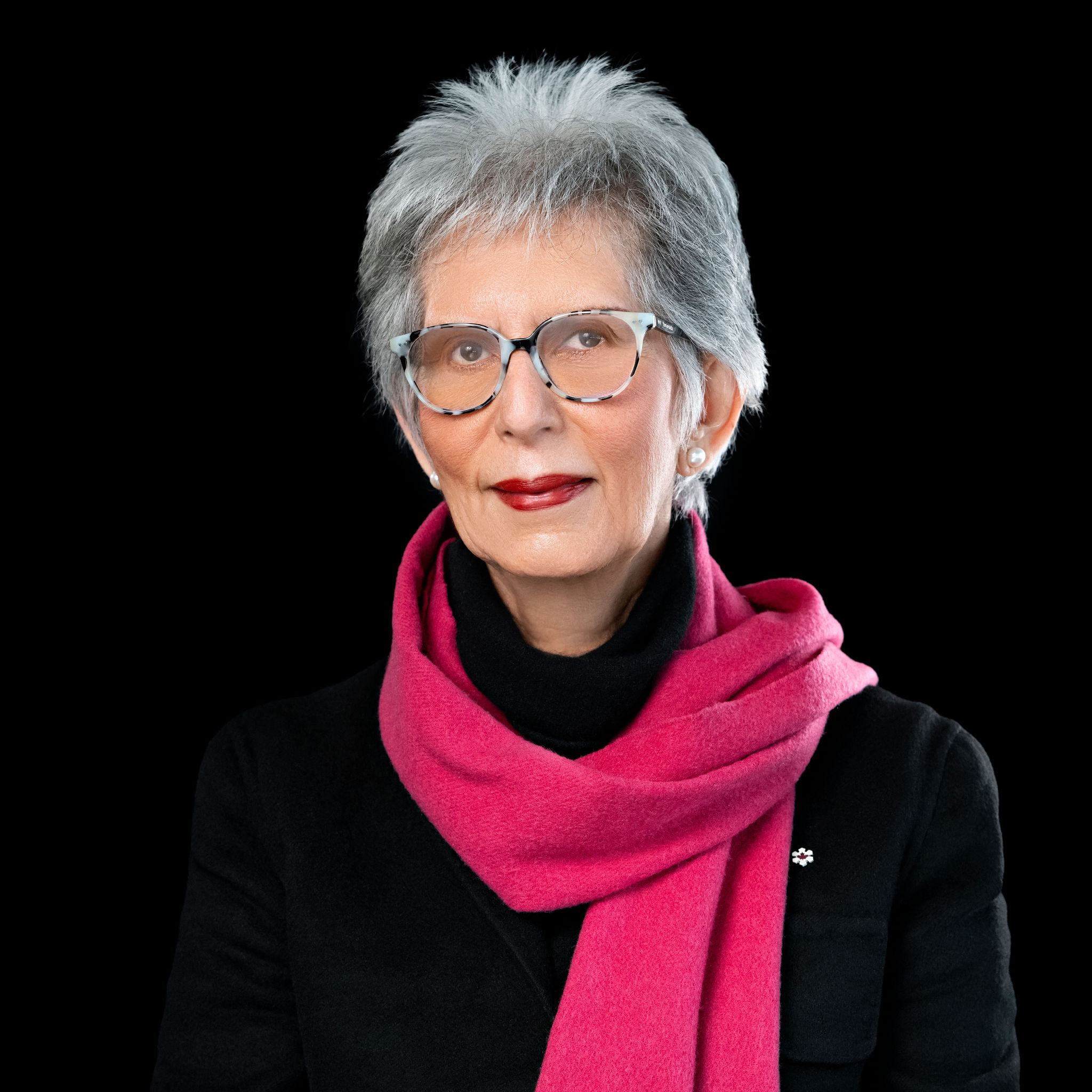
Nurjehan Mawani
Massey College, International Development Research CentreNurjehan Mawani C.M, LL.D. (hon) is a lawyer, public servant, diplomat and global Canadian. She is a champion of justice, gender equity, and inclusive development who has worked tirelessly to improve the lives of immigrants and refugees in Canada and to advance rights and educational opportunities for women and girls internationally.
Under her leadership as the Chairperson and Chief Executive of the Immigration Refugee Board in the nineties, Canada became the first country internationally to recognize gender-related persecution as a ground for refugee status under the Geneva Convention. As Commissioner of the Public Service Commission of Canada she championed equity, inclusion, and representation in the Public Service. From 2005-2019, she served as Diplomatic Representative of the Aga Khan Development Network to the Kyrgyz Republic and Afghanistan. In both countries, she partnered with multiple stakeholders to improve quality of life, ensuring that women’s voices were included to advance equitable development as a path to peace, progress, and stability.
Since 2022, Nurjehan has served as Governor and Vice-Chairperson of the International Development Research Centre (IDRC). She is a member of the Advisory Boards of the Victoria Forum, the Canadian International Council, Academics Without Borders, and sits on Simon Fraser University’s Faculty of Environment’s External Advisory Committee.
She is the inaugural Chair in Global Engagement and a Senior Fellow at Massey College where she serves on the Anti-Black Racism Advisory Council, the Senior Advisory Board of the Afghan Women’s Fellowship Program, and is actively involved in the Massey community.
Nurjehan has received many prestigious honours for her contributions to public service, including the Order of Canada, the Public Service of Canada Outstanding Achievement Award, several honorary doctorates, and the 2024 Women in Law Leadership Rosalie Silberman Abella Award. She lives in Toronto.



6:15 p.m.
Buses depart (Farquhar Auditorium)
6:30 p.m.
Reception (at Royal BC Museum)
MC:

Saul Klein
Gustavson School of Business, University of VictoriaSaul Klein is a Professor of International Business in the Gustavson School of Business at the University of Victoria (Canada), where he served as Dean from 2012 to 2023.
Born in Zimbabwe, Saul has had a broad-ranging career spanning developing, developed and transition countries. He holds a BA in Economics from the Hebrew University of Jerusalem (Israel) and MBA and PhD degrees from the University of Toronto (Canada). From 1996 to 2001, before joining the Gustavson School, he was the SA Breweries Professor of Marketing and International Business at the Wits Business School (South Africa). Previously, he was a Senior Fellow in Marketing at the National University of Singapore. He has also held full-time appointments at Wake Forest University and Northeastern University in the United States, and has been a visiting professor at Melbourne Business School (Australia).
Before taking on the role of Dean, he was Head of International Business, and Director of Executive Programs at the Gustavson School. He is also an Extraordinary Professor of Marketing and International Business at the Gordon Institute of Business Science at the University of Pretoria (South Africa).
Saul specializes in the areas of Marketing Strategy, Global Business and International Marketing. He has provided consulting assistance to over 60 different organizations, in these areas, in Canada, the USA, Singapore and South Africa. He has also led strategic planning workshops for a wide variety of organizations in different sectors.
As Dean, Saul launched the Gustavson School’s Brand Trust Index, to measure the extent to which Canadians trust over 400 different brands, and he drove the business school’s commitment to responsible management education.
He currently serves on the Board of the European Foundation for Management Development (EFMD). He was previously a member of the Boards of Mediterranean Entrepreneurship Development and Innovation (Tunisia), and Primeserv Group Ltd (South Africa). the National Consortium for Indigenous Economic Development (Canada), the Centre for Asia Pacific Initiatives (Canada), and on the international business school advisory committees of UIBE (China), Beijing Jiaotong University (China), NSYSU (Taiwan) and the University of Pecs (Hungary).
Featuring:
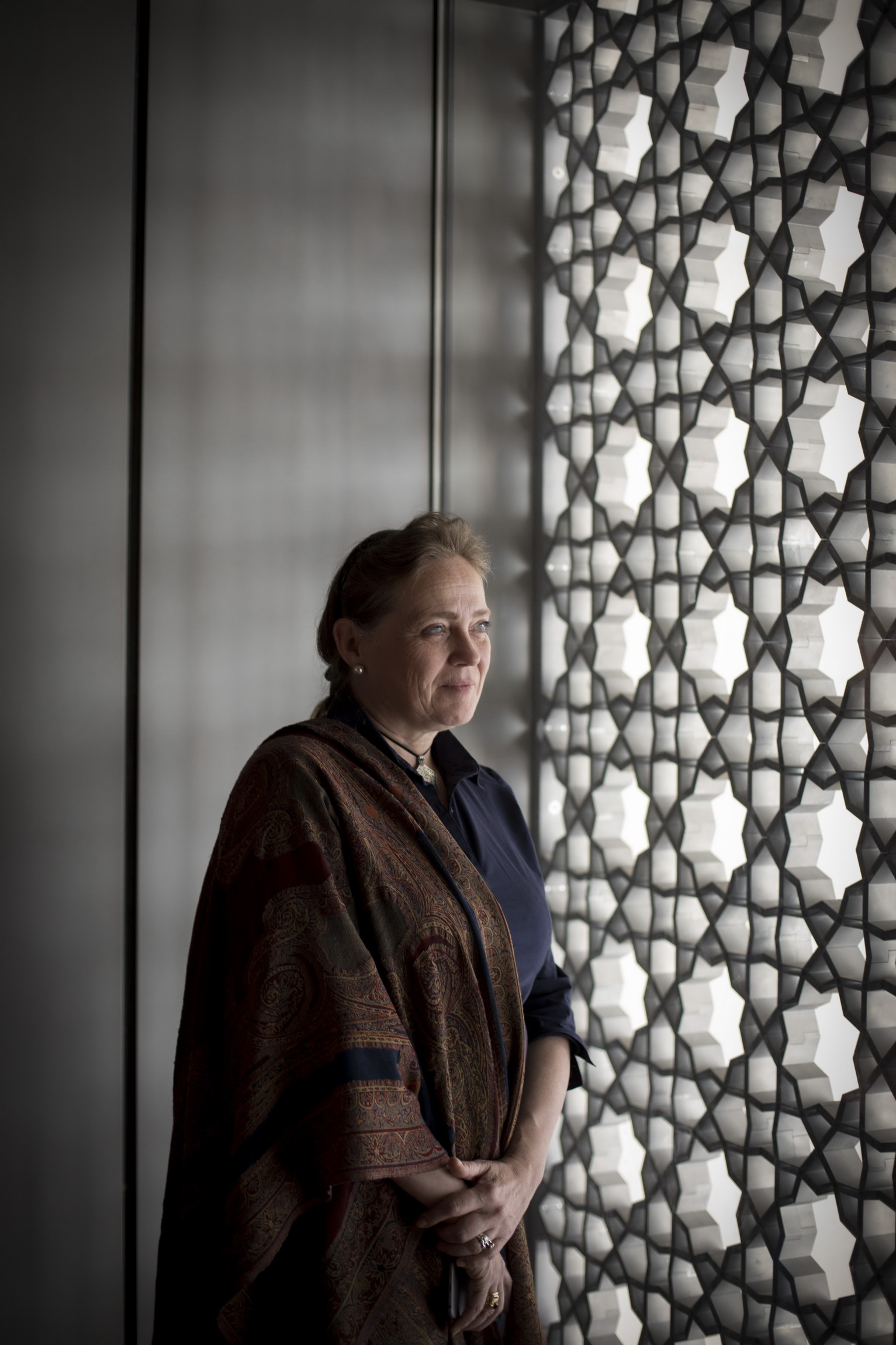
Ulrike Al-Khamis
Aga Khan MuseumDr. Ulrike Al-Khamis is the Director and CEO of the Aga Khan Museum. A well-respected cultural sector leader, she has nearly 30 years of experience as a curator and senior advisor for museum and cultural projects. She holds a PhD in Islamic Art from the University of Edinburgh and served as Co-Director at the Sharjah Museum of Islamic Civilization as well as Senior Strategic Advisor to the Sharjah Museums Department in the U.A.E. from 2007 to 2017. She began her career in Scotland, where she worked as Principal Curator for South Asia and the Middle East at the National Museums of Scotland from 1999 to 2007 and Curator for Muslim Art and Culture at Glasgow Museums from 1994 to 1999.
Dr. Al-Khamis previously was the first to hold the position of Director of Collections and Public Programs at the Aga Khan Museum, a role that oversees all the Museum’s activities related to collection management, academic research, exhibitions, public programming, and performing arts initiatives. In that role she led a team of subject-matter specialists and program managers to establish a strategically cohesive and sustainable set of audience-focused programs and initiatives devised to further the Museum’s mandate and mission to foster pluralism and intercultural dialogue through the arts locally, nationally, and internationally, also working more broadly within the framework of the Aga Khan Trust for Culture (AKTC) and the Aga Khan Development Network (AKDN) more generally.
AUGUST 26 (UNIVERSITY OF VICTORIA)
7:30 a.m.
Buses depart Empress Hotel
8:30 a.m.
Welcome (Farquhar Auditorium, University of Victoria)
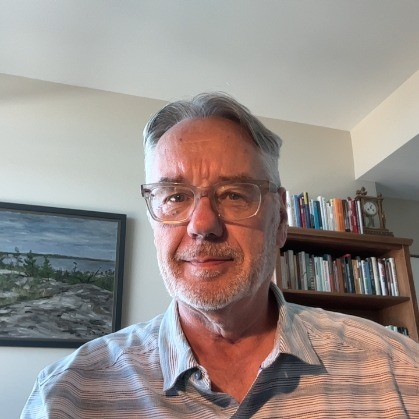
Stephen Huddart
Director of Regenerative EconomyStephen’s early career included work as a documentary filmmaker in Latin America; co-owner of a jazz cafe in Vancouver, executive positions with the BC SPCA, and work with a children’s troubadour and advocate.
In 2003 he joined the McConnell Foundation, serving as CEO from 2011 to 2020. Under his stewardship the foundation applied social innovation and solutions finance to regenerative partnerships with Indigenous organizations, governments, financial and academic institutions, and civil society. He was involved in creating Canada’s $755 million Social Finance Fund, and co-founded the Transition Accelerator.
In 2022, McGill University awarded him an honorary Doctor of Laws degree. He lives in Victoria and is an adjunct professor at the University of Victoria’s Gustavson School of Business.
8:45 a.m.
Plenary 8 – Democracy’s Digital Future (Farquhar Auditorium)
Current democratic systems—largely inherited from 18th-century models—are struggling to meet the demands of a rapidly evolving society shaped by misinformation, climate crises, population growth, and digital disruption. This session will bring together global voices from technology, policy, civic innovation, and peacebuilding to explore the integration of deliberative and digital approaches to democratic decision-making. It will center a facilitated dialogue that is both inclusive and action-oriented, aiming to surface pathways for collaboration and future experimentation.
Featuring:

Amb. Audrey Tang
TaiwanA globally recognised civic-tech leader and the world’s first openly non-binary cabinet minister, Ambassador Audrey Tang has been instrumental in positioning Taiwan at the forefront of internet freedom and civic participation. TIME named Tang to its inaugural “100 Most Influential People in AI” list in 2023 for her profound impact on leveraging technology for public good.
Tang was a key contributor to the g0v.tw civic tech community, an initiative that promotes transparency by “forking” government websites into open-source versions preferred by citizens. During the 2014 Sunflower Movement, Tang played a critical role in livestreaming protests against a controversial trade pact, transforming deliberation into a public act of courage, cementing Taiwan’s reputation as Asia’s beacon of freedom
She was instrumental in developing participation platforms like vTaiwan.tw and Join.gov.tw, which directly led to practical policy improvements, including crafting rideshare legislation, streamlining tax filing, and overcoming deepfake ads online.
Her innovative approaches were further highlighted during the COVID-19 pandemic, where her team rapidly developed tools like real-time mask availability maps and privacy-preserving contact tracing, contributing to Taiwan’s acclaimed response that avoided lockdowns while maintaining economic growth. More recently, Tang was key in safeguarding Taiwan’s 2024 presidential and legislative elections from foreign cyber interference.
Her vision is captured in her poetic job description:
When we see “internet of things,”
let’s make it an INTERNET OF BEINGS.
When we see “virtual reality,”
let’s make it a SHARED REALITY.
When we see “machine learning,”
let’s make it COLLABORATIVE LEARNING.
When we see “user experience,”
let’s make it ABOUT HUMAN EXPERIENCE.
When we hear “the singularity is near” —
let us remember: The PLURALITY is here.
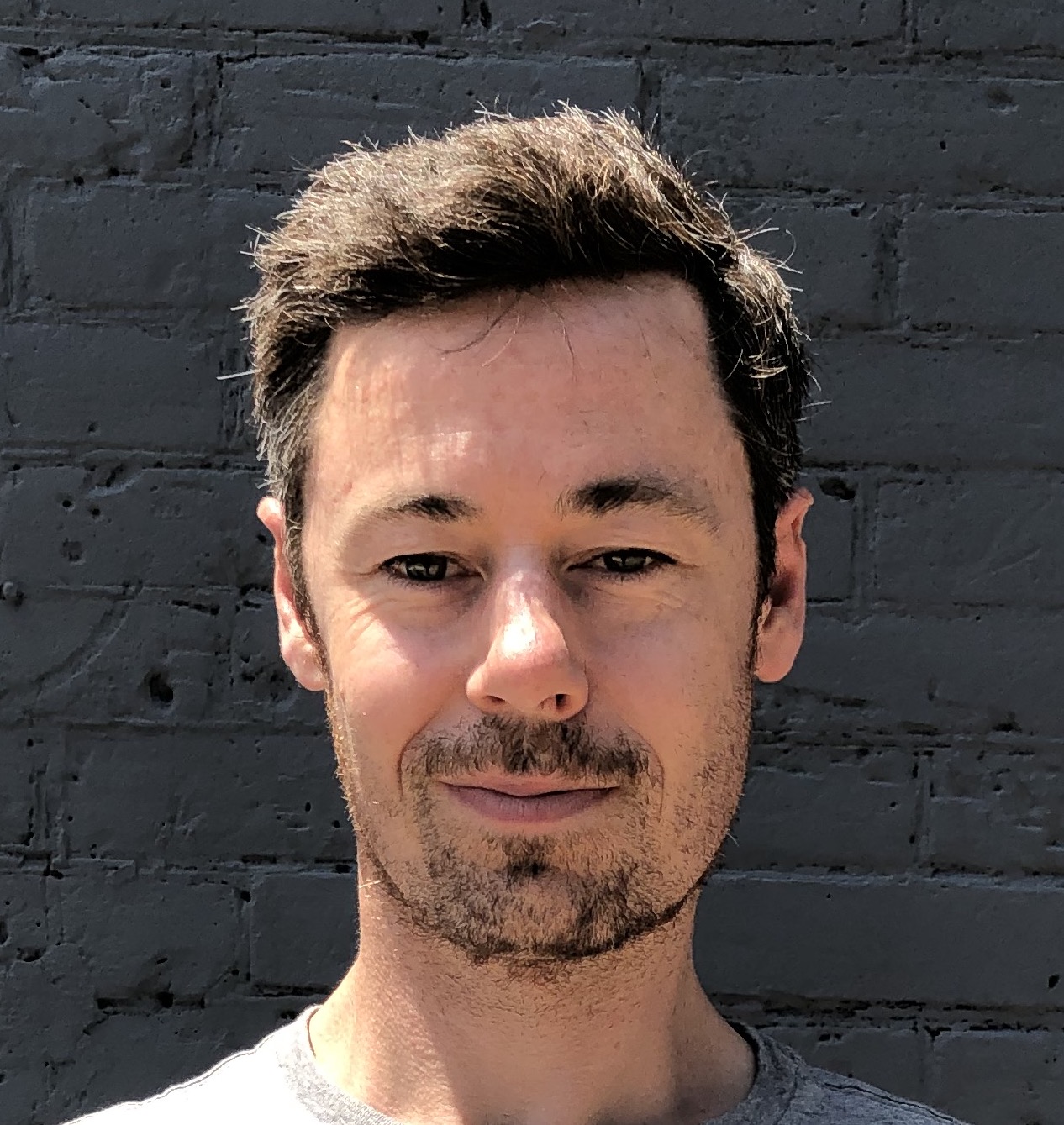
André Côté
Toronto Metropolitan UniversityAndré has worked in a variety of roles at the intersection of policy, higher education and tech. As mission-driven consultant; as senior advisor to Ontario’s deputy premier and minister of advanced education, skills development, and digital services; as chief operating and strategy officer with NEXT Canada, a national non-profit startup incubator; and as ed tech innovator. And as a director on the Board of eCampus Ontario.
He’s published many papers, reports and articles at the Dais and in past roles, including at the University of Toronto’s Munk School of Global Affairs and Public Policy; and with the Public Policy Forum.
André is a graduate of the Munk School’s Master of Public Policy (MPP) program and Queen’s University.
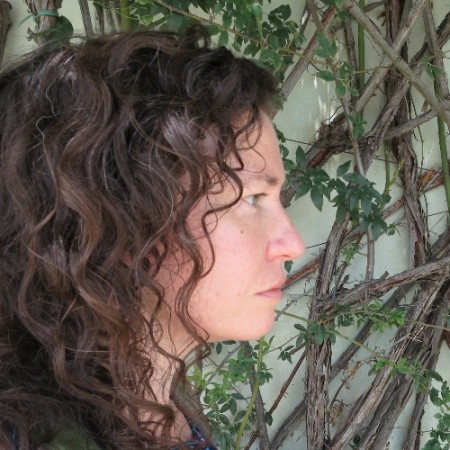
Liz Barry
MetaGovBefore joining Metagov, she served as Head of Partnerships at The Computational Democracy Project, the 501(c)3 organization she established with the creators of the Polis technology to steward its open source code and methods. Liz works with facilitators, social movements, civil society organizations, journalists, indigenous nations, democratic governments both young and old, and peacebuilders to implement “listening at scale.” The collaboration began when her presence at Taiwan’s 2014 Sunflower Revolution and subsequent relationship with g0v led to her writing up the first coverage of vTaiwan in the west, in the 2016 piece for Civicist titled “vTaiwan: Public Participation Methods on the Cyberpunk Frontier of Democracy,” now republished by Taiwan’s governmen
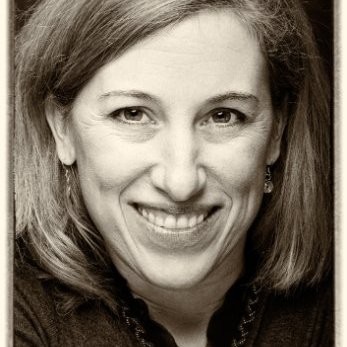
Lisa Schirch
University of Notre DameI am a Professor of the Practice of Peacebuilding and Technology and Richard G. Starmann Chair in Peace Studies at the University of Notre Dame. I also serve as Senior Fellow at the Toda Peace Institute.
I have worked in the field of peacebuilding for 30 years in over 20 countries to design public processes for depolarization, social cohesion, and peacebuilding. My current research focuses on using technology to support public discourse and public problem solving through a “full stack” of democracy technologies for civic organizing, deliberation, participation, and decisionmaking.
I am the author of ten books in the field of peacebuilding, including “Social Media Impacts on Conflict and Democracy: The Techtonic Shift” and I am currently writing a book on “Digital Peacebuilding and Peacetech.”
As a practitioner of mediation, facilitation, and dialogue, I also provide training to civil society, security forces, government agencies, the World Bank, and the UN on the design of peace processes, systems approaches to violent extremism, conflict assessment, peacebuilding and human security. I sit on a variety of research and practitioner review panels, including the Global Community Engagement and Resilience Fund (GCERF) and the Dutch government’s Security and Rule of Law Fund.
My primary experience is working with small, community-led civil society organizations who pioneered the field of peacebuilding over the last 30 years.
With an MS and a PhD in Conflict Analysis and Resolution from George Mason University, I have experience in the fields of media, technology, humanitarian assistance, development, governance, conflict prevention and peacebuilding. A former Fulbright Fellow in East and West Africa, I have also worked in Afghanistan, Fiji, Iraq, Pakistan, Sri Lanka, Indonesia, Jordan, Lebanon, Brazil, Costa Rica and elsewhere.
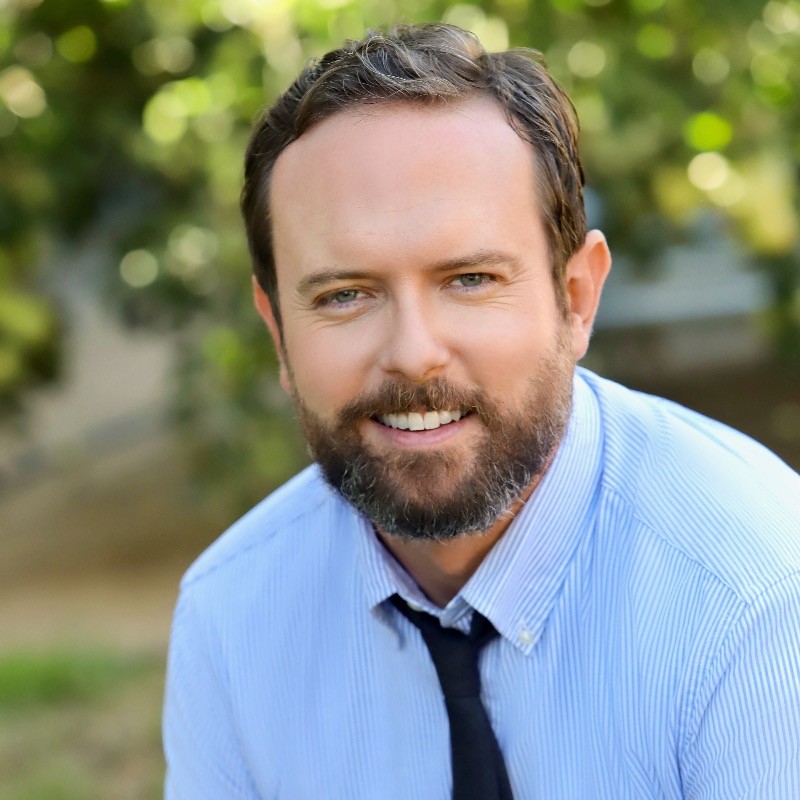
Jeffery Marino
California Office of Data and InnovationA seasoned data journalist and tech leader, my expertise lies at the intersection of advanced analytics and storytelling. I’ve used my unique talents as a data storyteller to craft winning marketing campaigns, drive innovative communications strategies, inform executives about product performance, and to develop high profile thought leadership programs at multiple successful startups. I am honored to use these skills to better serve Californians by improving statewide digital services with hard work, innovation, and above all else, empathy and kindness.
Moderator:

John Richardson
Ethelo DesicionsJohn is a social entrepreneur, mathematician, lawyer, technologist and change agent.
John is dedicated to using digital technology to advance participatory democracy. He is the founder and CEO of Ethelo, which provides group decision technology to governments and organizations around the world. Ethelo is one of the world’s top digital democracy platforms, named “Best for the World” in governance by B-Corp. Ethelo is the technology being used for the new eDemocracy DAO, launched in the fall of 2022.
In 2021, John invented SeaBrick, a construction modality for carbon sequestration and marine infrastructure. Seabrick are floating, interlocking blocks made of compressed kelp fiber covered by an impermeable, bioplastic shell. The University of British Columbia and the Heiltsuk First Nation have partnered to develop and manufacture SeaBrick. SeaBrick will be used to build large offshore kelp farming operations – among many other things. SeaBrick is massively scalable and will open the deep ocean as humanity’s next frontier.
John was named an Ashoka Fellow for establishing Pivot Legal Society in 2001, one of Canada’s leading human rights organizations. Pivot does strategic litigation to advance the interests of marginalized persons on issues of police accountability, sex worker and drug user rights, homelessness, and mental health. While working at Pivot John led the establishment of Hope in Shadows, an annual photography contest and street calendar whose model has spread around the world.


9:15 a.m.
Buses depart Empress Hotel
10:00 a.m.
Break
10:20 a.m.
Plenary 9: Meta-crisis or meta-consequence? Facing and dealing with the mess we have created. (Farquhar Auditorium)

Nate Hagens
Executive Director of The Institute for the Study of Energy & Our Future and host of the “The Great Simplification” podcast.Nate Hagens is the Director of The Institute for the Study of Energy & Our Future (ISEOF) an organization focused on educating and preparing society for the coming cultural transition.
In conversation with:

Vanessa Andreotti
Faculty of Education, University of VictoriaDr. Vanessa de Oliveira Andreotti, Dean of the Faculty of Education. Dr. Andreotti is a former Canada Research Chair in Race, Inequalities and Global Change and a former David Lam Chair in Multicultural Education. Dr. Andreotti has held academic positions in the UK, Republic of Ireland, Aotearoa/New Zealand and Finland.
She has worked extensively across disciplines, sectors and communities problematizing and offering alternatives to common approaches to social change that reproduce simplistic solutions to complex problems, paternalistic relationships with historically and systemically marginalized communities and ethnocentric ideals of sustainability, equity and justice. She is one of the co-founders of the Gesturing Towards Decolonial Futures (GTDF) Arts/Research Collective.
Dr. Andreotti is also a member of the College of New Scholars of the Royal Society of Canada. She joins the Faculty of Education at UVic with a mandate to advance decolonization, Indigenization, equity, justice and climate resilience efforts.
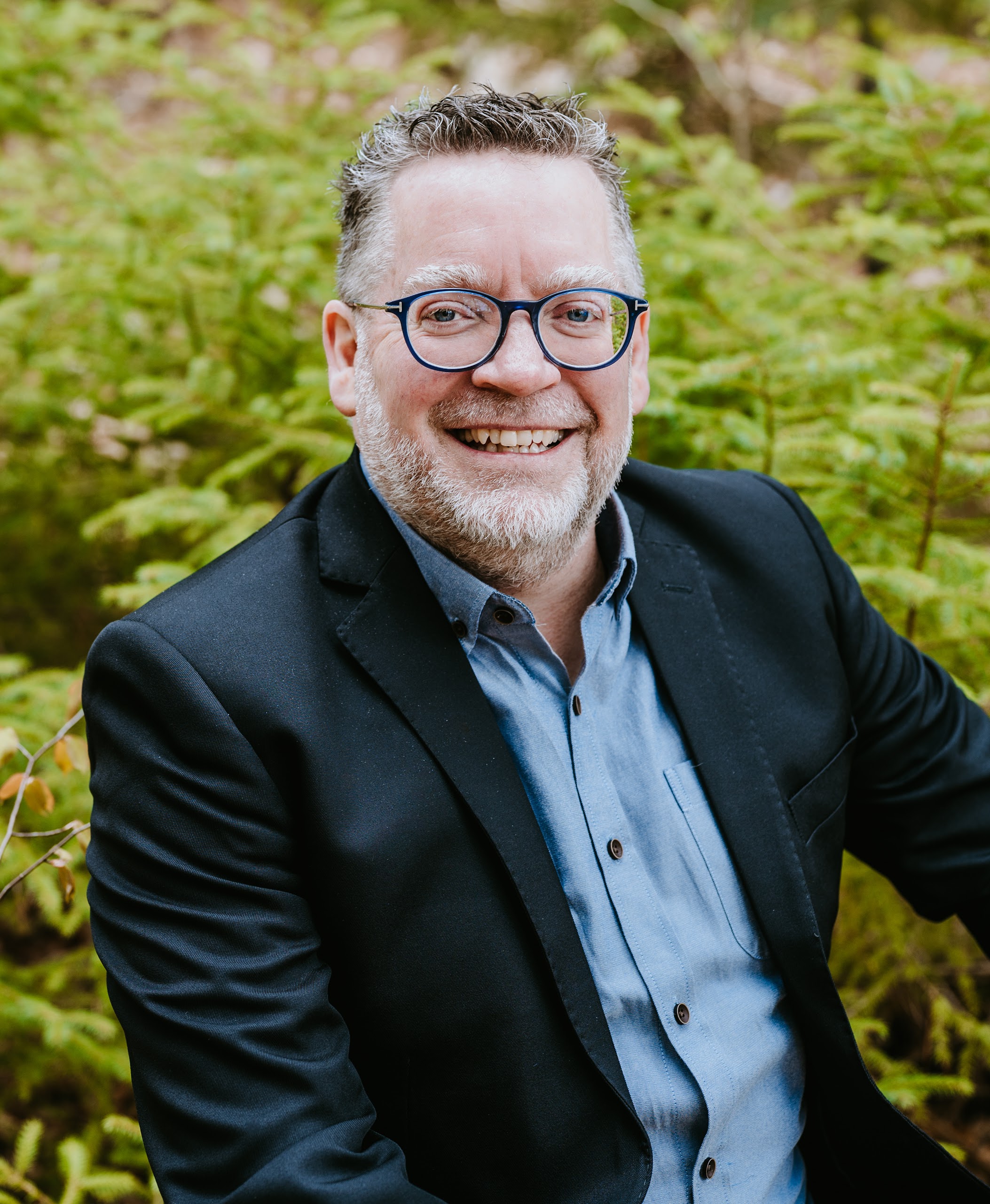
James Stauch
ATCOJames Stauch is a social innovation and systems change educator and consultant based in Bridgewater, Nova Scotia, Canada, he serves as Co-chair of the Banff Systems Summit and as Complex Systems Strategist with ATCO’s SpaceLab. James is a Visiting Fellow at the Skoll Centre at the Saïd Business School, University of Oxford, and was the founding Executive Director of the Institute for Community Prosperity at Mount Royal University, where he developed social innovation, leadership, and systems-focused learning programs for undergraduate students and the broader community. James has also been a foundation executive and philanthropy consultant, which included designing and managing Arctic and Northern programming with the Gordon Foundation. His most recent publication is The 55 Minutes: An Atlas to Navigate Problems, Reveal Systems, and Ask Beautiful Questions in a Radically Shifting World (2025).
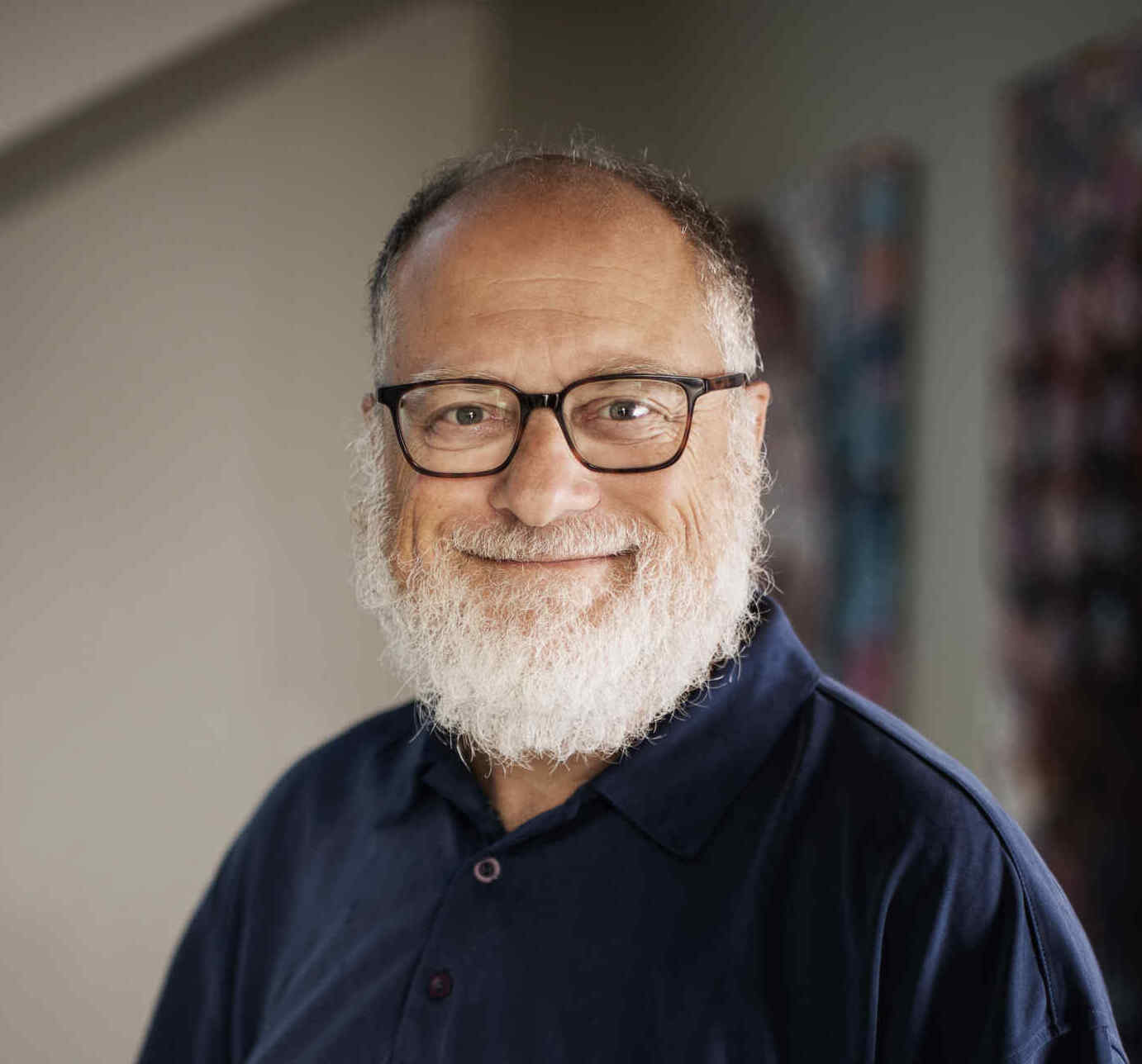
Adam Kahane
Reos PartnersAdam Kahane is a Director of Reos Partners, an international social impact company that helps people move forward together on their most important and intractable issues.
Adam is a leading organiser, designer and facilitator of processes through which business, government, and civil society leaders can work together to address such challenges. He has worked in more than fifty countries, in every part of the world, with executives and politicians, generals and guerrillas, civil servants and trade unionists, community activists and United Nations officials, clergy and artists.
Adam is the author of Solving Tough Problems, about which Nelson Mandela said:
“This breakthrough book addresses the central challenge of our time: finding a way to work together to solve the problems we have created.”
He is also the author of Power and Love, Transformative Scenario Planning, Collaborating with the Enemy, and Facilitating Breakthrough.
Adam is a Member of the Order of Canada. In 2022 he was named a Social Innovator of the Year by Schwab Foundation.


11:25 a.m.
Plenary 10: No change with no change – why talk alone does so little (Farquhar Auditorium)
Time and again, sincere efforts at systems change fall short because of neglecting the “deeper work” – the quality of the relational space and commitment to our own personal development. This session explores the inner-outer work of leadership at all levels amidst today’s extraordinary emotional and psychological stresses, political, social, ecological breakdowns, and technological disruptions – grounded in the experiences of the growing “compassionate systems” community in BC primary and secondary education.
Featuring:
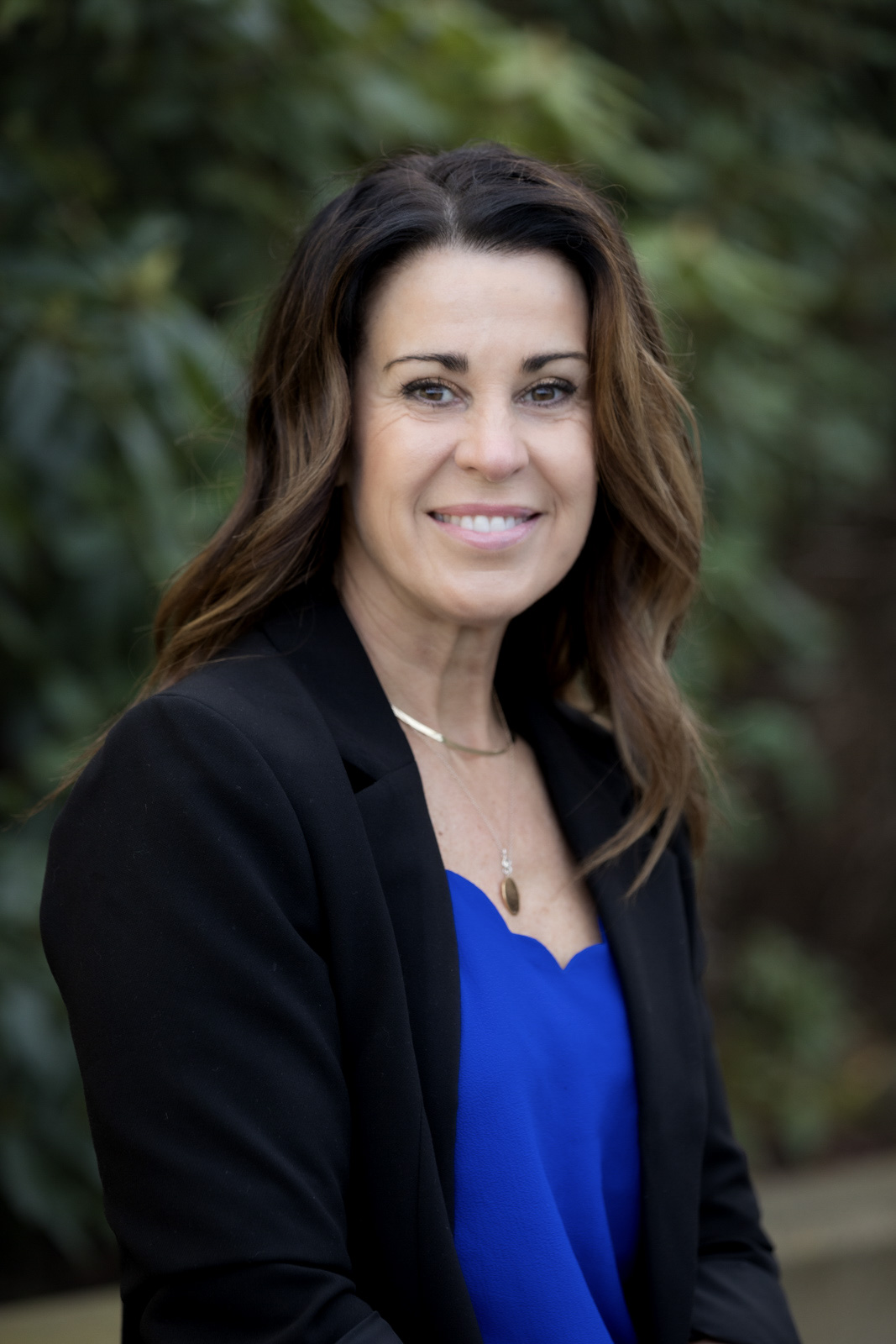
Jennifer McCrea
BC Ministry of Education and Child CareJennifer McCrea is the Associate Deputy Minister in B.C.’s Ministry of Education and Child Care, leading key initiatives in curriculum, inclusive education, Indigenous learning, and child care policy. She brings extensive experience in education leadership, public engagement, and strategic policy.
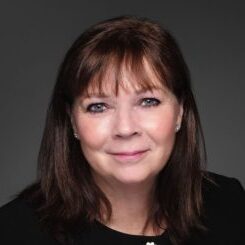
Sylvia Russell
BC Centre for Systems AwarenessSylvia Russell is the former Superintendent of Schools for School District 42 (Maple Ridge–Pitt Meadows), where she led initiatives in literacy, mental health, and secondary innovation. With over 35 years in public education, she has held roles as principal, HR director, and assistant superintendent. She now serves as Managing Director at the BC Centre for Systems Awareness, supporting compassionate systems change in education.
Keegan Karval
Nisga’a Elementary Secondary SchoolHada, Myrle Morven
Nisga’a Elementary Secondary SchoolNoxs Mooxs, Charity M Peal
Nisga’a Elementary Secondary SchoolModerator:
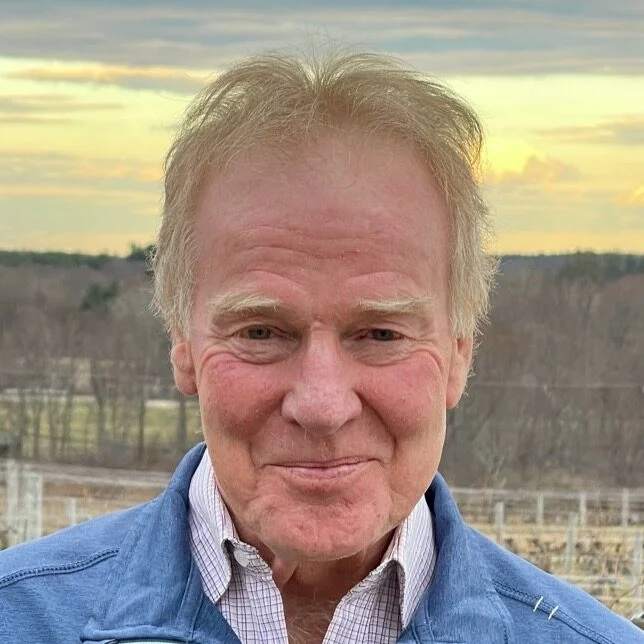
Peter Senge
Senior Lecturer, Sloan School of Management, co-Founder Systems Awareness Lab, MITPeter M. Senge is the founding chair of SoL (Society of Organizational Learning), a global network of organizations, researchers, and consultants dedicated to the “interdependent development of people and their institutions”, Senior Lecturer, Sloan School of Management MIT, and cofounder of the Academy for Systemic Change, which seeks to accelerate the growth of the field of systemic change worldwide. His work centers on promoting shared understanding of complex issues and shared leadership for healthier human systems. This involves major cross-sector projects focused on global food systems, climate change, regenerative economies, and the future of education.



12:45 p.m.
Lunch
1:45 p.m.
Parallel Sessions (David Strong Building)
Once a symbol of peaceful relations, economic integration across national borders is now seen as a frontline in the global fight to protect democracy. The rise of authoritarian regimes is undermining law, governance, and stability, with threats extending to economic pressure. In response, Canadians are rallying to defend their values and institutions—prompting urgent questions about what is being defended and how best to do so.
Featuring:
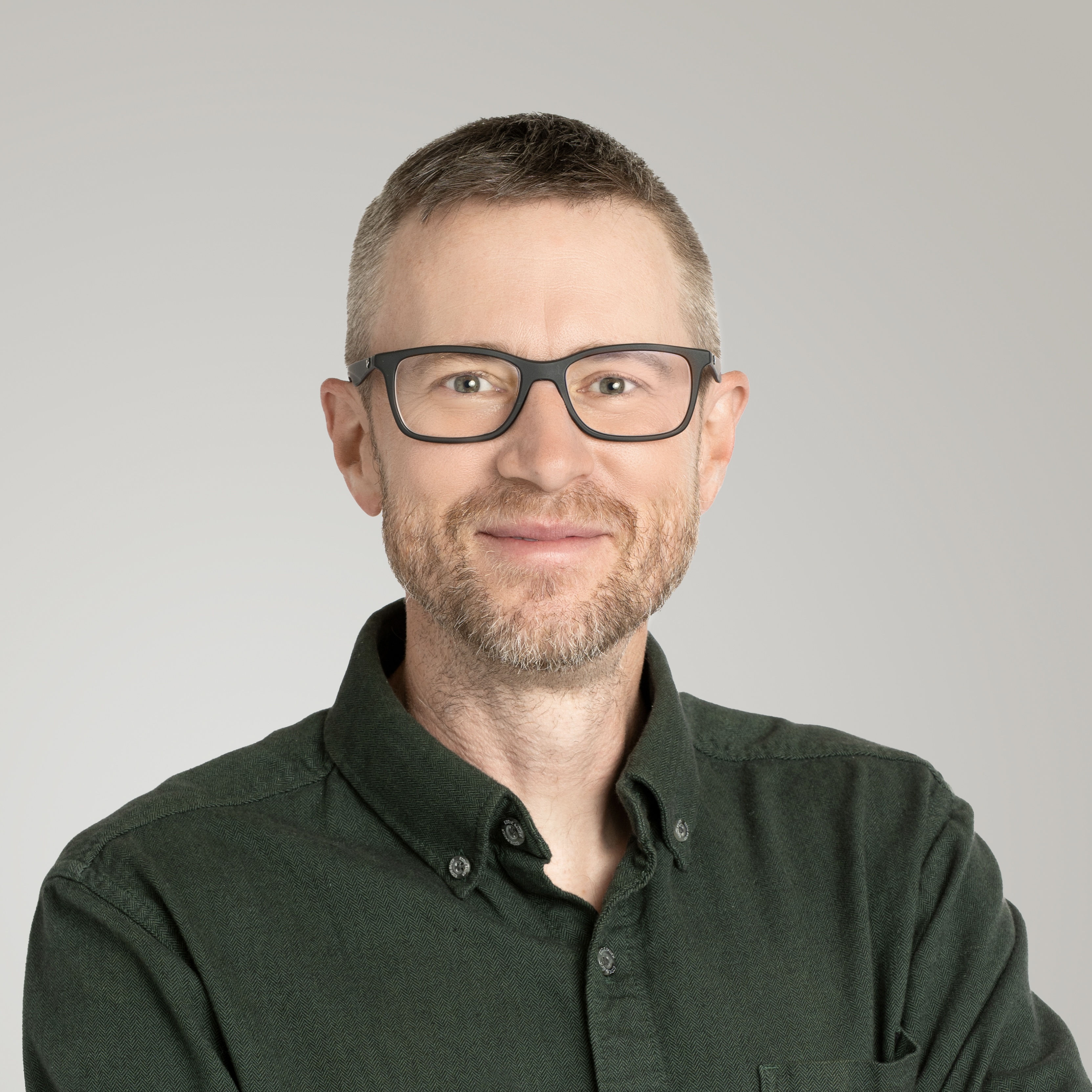
Richard Johnson
MASS LBPRichard Johnson is a Director at MASS LBP, Canada’s leading hub for democratic innovation, where he designs and facilitates Citizens’ Assemblies and other forms of public consultation and engagement between citizens and government. Most recently, he helped lead the Victoria Saanich Citizens’ Assembly on Municipal Amalgamation, the OurCare BC Priorities Panel on Primary Care, and the National Assembly on Workplace Democracy. A former journalist, his writing has appeared in The Globe and Mail, Toronto Star, The Walrus, Reader’s Digest, This Magazine, The New Quarterly, and many others. He is the co-author, with Peter MacLeod, of Democracy’s Second Act: Why Politics Needs the Public, due out this fall from University of Toronto’s Aevo Press.
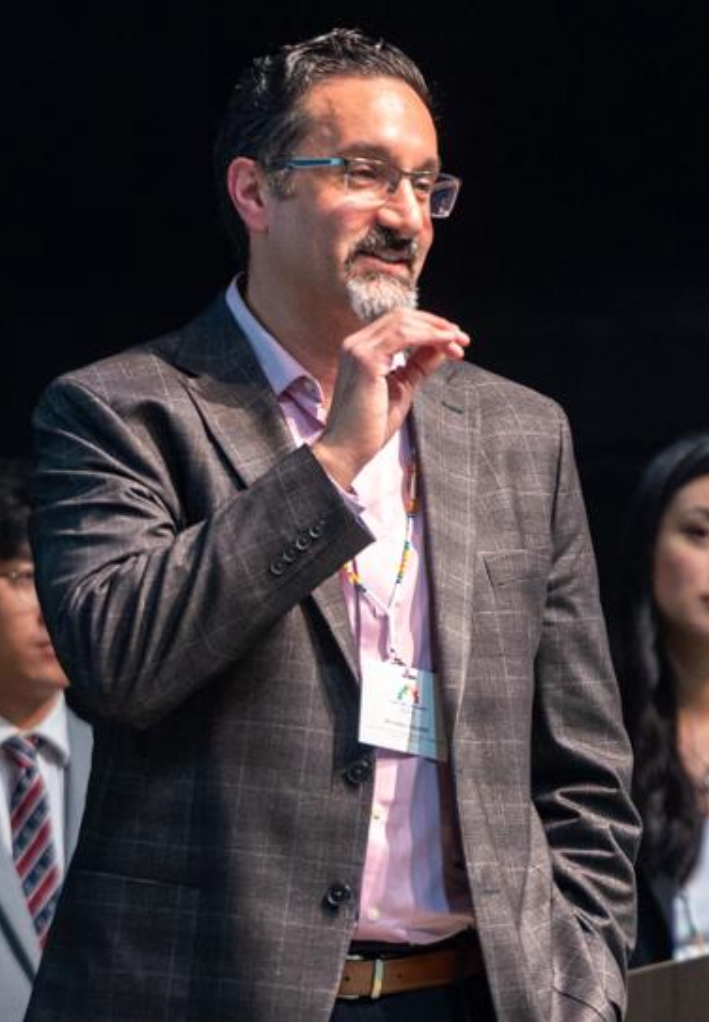
Michael Youash
Centre for Global PluralismAs Senior Manager of Global Analysis at the Global Centre for Pluralism, Michael focuses on implementation of the Global Pluralism Monitor. Monitor reports evaluate the state of pluralism in a country to inform positive social transformation initiatives. Monitor-based projects have been undertaken in Colombia, Ghana, Malaysia and Sri Lanka. Projects in other countries are under consideration. Michael’s background in constitutional design in divided societies includes work ranging from legislature strengthening, public participation in policy processes, and budgetary oversight. His work strives to connect communities, civil society, elected representatives, and government officials to define practical solutions for pressing problems.
Moderator:
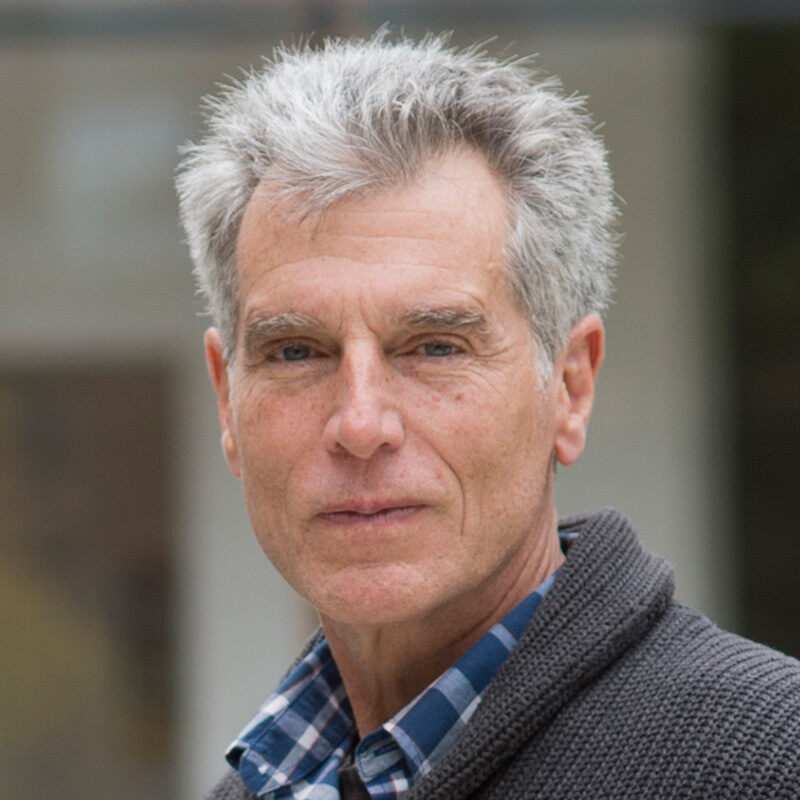
Thomas Homer-Dixon
Cascade InstituteThomas Homer-Dixon is founder and Executive Director of the Cascade Institute at Royal Roads University in Victoria, British Columbia. Born in Victoria, British Columbia, he received his BA in political science from Carleton University and, in 1989, his PhD from the Massachusetts Institute of Technology in international relations, defense policy, and conflict theory. For nearly two decades, he directed the Centre for Peace and Conflict Studies at the University of Toronto; in 2008 he joined the faculty at the University of Waterloo, where he founded the Waterloo Institute for Complexity and Innovation. He retired from his faculty position as a University Research Chair in 2021.
One of Canada’s foremost public intellectuals and a best-selling author, his award-winning books include The Upside of Down: Catastrophe, Creativity, and the Renewal of Civilization; The Ingenuity Gap: Can We Solve the Problems of the Future?; and Environment, Scarcity, and Violence. His latest book, Commanding Hope: The Power We Have to Renew a World in Peril, was published by Knopf Canada in 2020. Thomas writes regularly for the Globe and Mail and has published in Foreign Affairs, Foreign Policy, Scientific American, the New York Times, the Washington Post, and the Financial Times.
Considered among the world’s leading experts on the intricate links between nature, technology, and society, his current research focuses on threats to global security in the twenty-first century, including economic instability, climate change, and nationalist authoritarianism and on how people, organizations, and societies can better solve complex problems. He has provided briefings to the Privy Council Office, the Department of Foreign Affairs, and the Department of Defence in Canada; to the Foreign Office in the United Kingdom; and to the White House, the Central Intelligence Agency, the National Security Council, and the State Department in the United States.


This session examines the urgent need to address the health impacts of climate change while reducing the environmental footprint of the healthcare system. It advocates for a more holistic, global vision of health —one that promotes healthy living environments and recognizes the benefits of nature for physical, mental, and cognitive well-being. The discussion will focus on practical steps to turn this vision into action, fostering a healthier future in harmony with the environment.
Featuring:
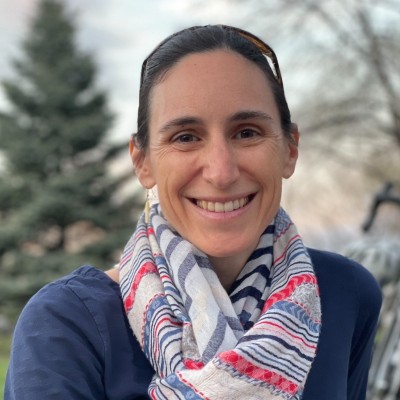
Caroline Laberge
GMF-U Laurier, Laval UniversityClinical Professor at Laval University
Caroline Laberge graduated in medicine from Laval University in 2003 and completed her residency in family medicine at the University of Sherbrooke. She then worked in Chicoutimi from 2005 to 2011 with a varied practice in patient care, obstetrics, and hospitalization. Since 2011, she has practiced in Quebec City at the Laurier University Family Medicine Group (GMF-U), combining clinical work, teaching, and obstetrics practice at the CHUL. President of the Collège québécois des médecins de famille since 2019, she is particularly interested in the issue of overdiagnosis and environmental health issues.
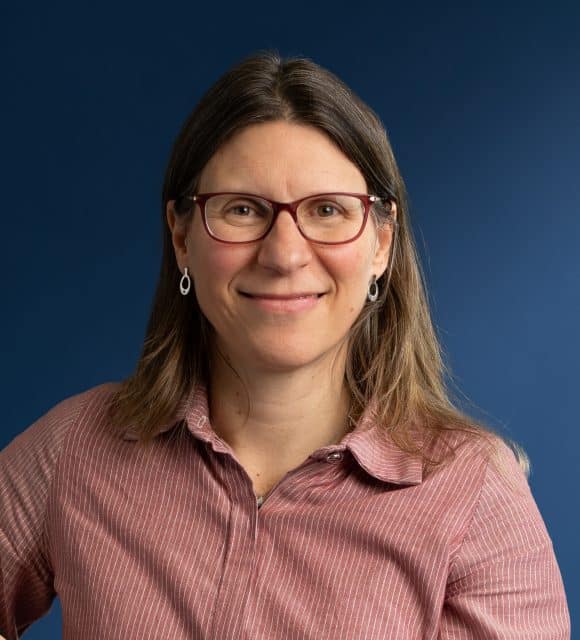
Marie-Soleil Cloutier
Centre Urbanisation Culture Société, Institut National de Recherche ScientifiqueMarie-Soleil Cloutier is a professor at the Centre Urbanisation Culture Société of Institut National de Recherche Scientifique since january 2009. After the completion of her master in geographic information system at UQAM, she obtained a PhD in Geography at Université de Montréal.
The originality of her thesis lied in the combined use of quantitative (spatial analysis, GIS and statistics) and qualitative datasets (risk perceptions) for a better understanding of risk on the way to school in a parent/child context. In addition to be an active member of the spatial Analysis and Regional Economics Laboratory (SAREL), she is also working with the Direction de santé publique de Montréal, where she worked before she started at INRS. Her expertises in health geography and in urban studies are now useful in her different research interests: the impact of different urban forms on road safety, pedestrian’s safety in cities, and living environment influences on health behaviours such as blood donation and food intake.
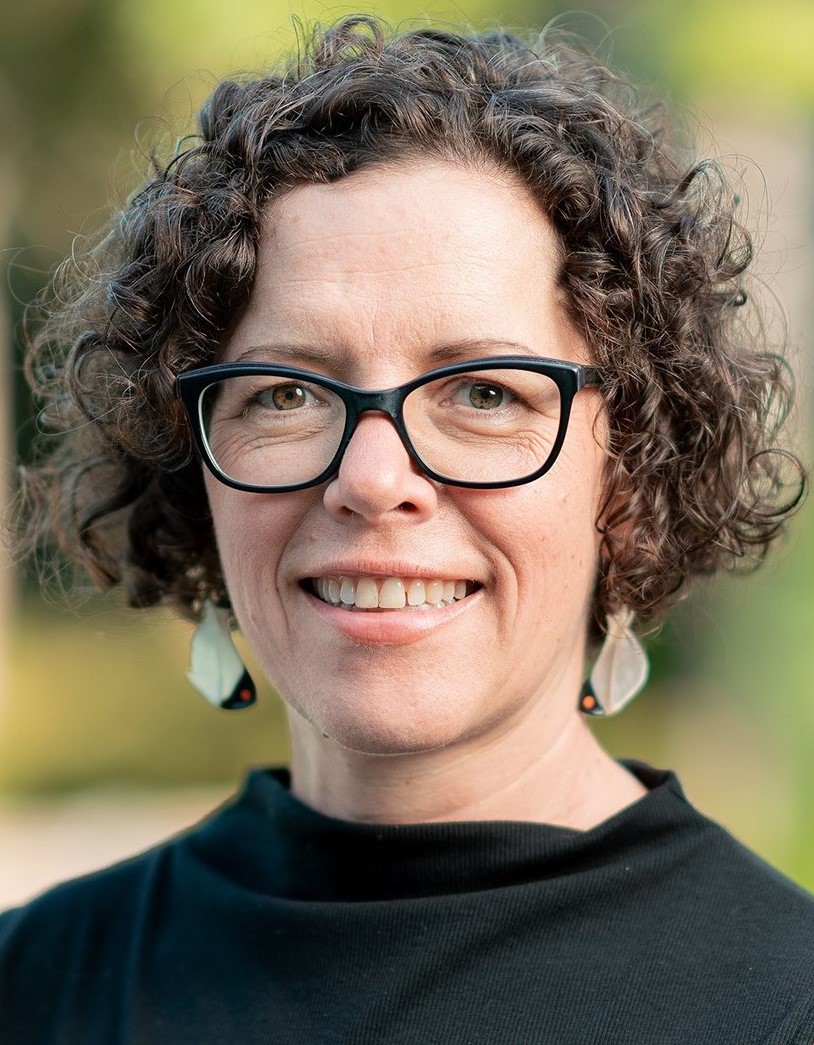
Meghan Winters
Simon Fraser UniversityMeghan Winters is a Professor in the Faculty of Health Sciences at Simon Fraser University. She leads the Cities, Health, and Active Transportation Lab (CHATR Lab), with a research focus on how city design impacts mobility, safety, and health, and on equity considerations within cities’ policies and plans. She and her team work with decision-makers and community groups at the intersection of health, urban planning, and transportation to generate actionable evidence and tools to shape livable, sustainable, and equitable cities. With her PHAC/CIHR Applied Public Health Chair, Meghan is building out the REACH-Cities (REsearch and ACtion for Healthy Cities) program, which aims to promote research, tools, and partnerships that foster increased gender and social equity in our cities.
Meghan leads interdisciplinary and intersectoral teams across the country working in the healthy cities space, such as the INTERACT team, and CapaCITY/E. She has been recognized with the CIHR IPPH’s Trailblazer Award, as an SFU Distinguished Professor, and was a Michael Smith Foundation for Health Research Scholar.
Out of the office, Meghan aims to spend the maximum time outside, biking, camping, picnicking, and exploring with her family in tow.
Moderator:
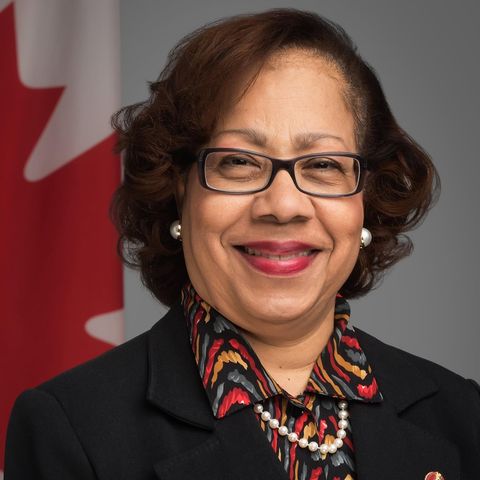
Marie-Françoise Mégie
Senator for QuébecSenator Marie-Françoise Mégie was appointed to the Senate on November 25, 2016, by the Right Honourable Justin Trudeau. Senator Mégie represents the province of Québec and the Senatorial Division of Rougemont.
Senator Mégie’s professional career encompasses over 35 years as a family physician and nearly 30 years as a university professor. Born in Haiti, she arrived in Quebec in 1976, and rose through the ranks of the medical profession while also pursuing university teaching, becoming a clinical associate professor in the Department of Family Medicine at the University of Montréal.
She helped establish the Maison de soins palliatifs de Laval in 2009, where she served as medical director until December 31, 2016.
Her medical practice focused on providing health care services for seniors, persons with severe disabilities and end-of-life patients.
Senator Mégie served as President of the Association of Haitian Physicians Abroad (AMHE) for five years, and chaired the organization Médecins francophones du Canada from 2014 to 2016.
She was also the editor-in-chief of the Médecins francophones du Canada’s newsletter.
Dr. Mégie has received numerous awards for her professional, volunteer and personal contributions.





Canada is on the brink of a historic intergenerational wealth transfer, with $1 trillion expected to shift from baby boomers to younger generations by 2026. This transition is more than financial—it’s a chance to reshape stewardship, values, and priorities. Women, due to longer life expectancy, will play a central role, directing nearly $4 trillion in assets by 2028. The rise of “giving while living” reflects a growing desire to use wealth for immediate social and environmental impact. As this wealth shifts hands, it presents a unique opportunity to challenge extractive economic systems and align capital with justice, equity, and community.
Featuring:
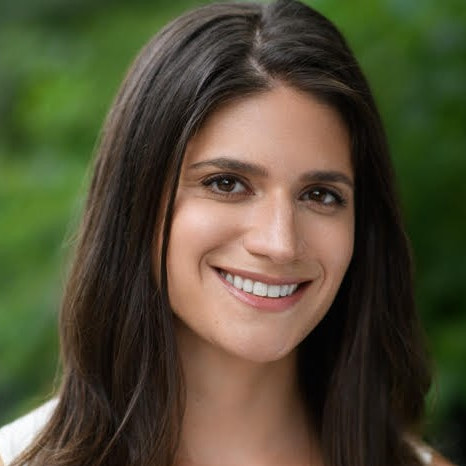
Delilah Rothenberg
Predistribution InitiativeDelilah Rothenberg is a Co-Founder and the Executive Director of the Predistribution Initiative (PDI), a multi-stakeholder non-profit supporting investors in identifying measurement and management tools, as well as investment structures, which share more wealth and influence with workers and communities. Delilah brings nearly two decades of experience in finance across asset classes – particularly private capital markets – having worked with private equity investors, lenders, and project developers on financing and sustainability and impact strategies for over 12 years. Earlier in her career, Delilah worked in sell-side equities with Bear Stearns and investment research with Gerson Lehrman Group (GLG). Delilah serves and has served on various committees, advisory groups, and working groups for the Council of Institutional Investors (CII), Capitals Coalition, Global Reporting Initiative (GRI), Sustainability Accounting Standards Board (SASB), Principles for Responsible Investment (PRI), Global Impact Investing Network (GIIN), Taskforce on Inequality and Social-related Financial Disclosures (TISFD, where she is also a Co-founder), and US city and state treasurers / comptrollers. She is an Executive Fellow at the Rutgers SMLR Institute for the Study of Employee Ownership and Profit Sharing, a Sorenson Impact Leader, and a former Open Society Foundations Fellow.
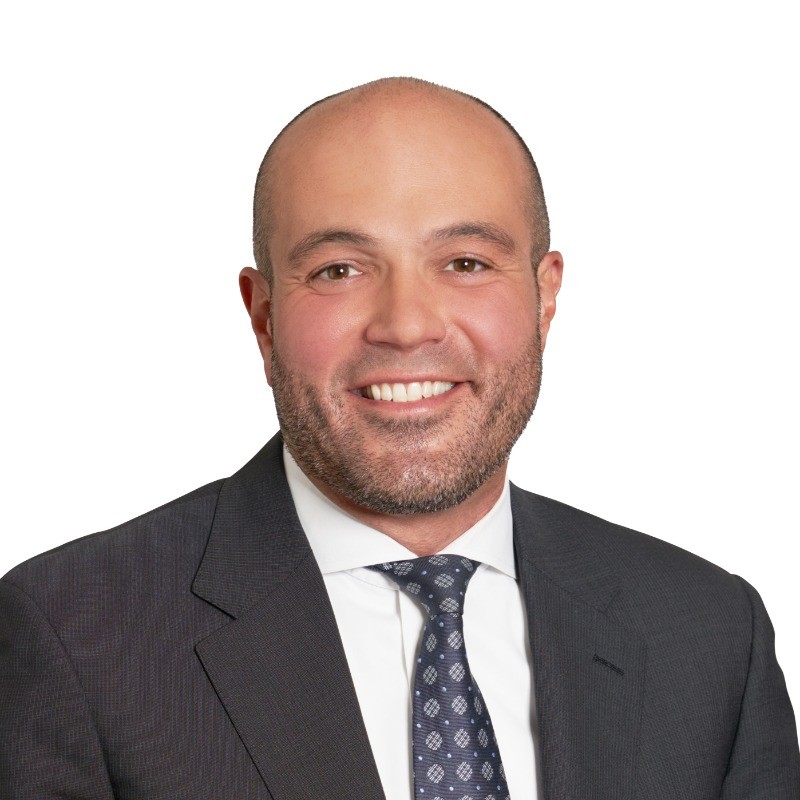
Nicholas Palahnuk
The Palahnuk Group, RBCNicholas Palahnuk is a passionate values-aligned wealth manager, fintech innovator, and philanthropist. After starting a wealth management business in 2011 with a mission to empower clients to live and give comfortably, the practice has evolved to focus on seeking outcome-based social and environmental impact through investing and philanthropy.
Palahnuk founded PhilanthPro in 2023, a software company transforming the financial industry by providing financial planning tools to advisors and clients that seek to create meaningful philanthropic impact through organized and intentional giving. Palahnuk is a member of the Harvard Innovation Lab where he developed PhilanthPro, while working towards a Master of Global Development Practice degree at Harvard. Palahnuk’s philanthropic passion is global mental health. He brings a community-based approach to decision making for his Canadian foundation, which has collaborated to fund innovative projects that address the mental health epidemic in the Global South.
Moderator:
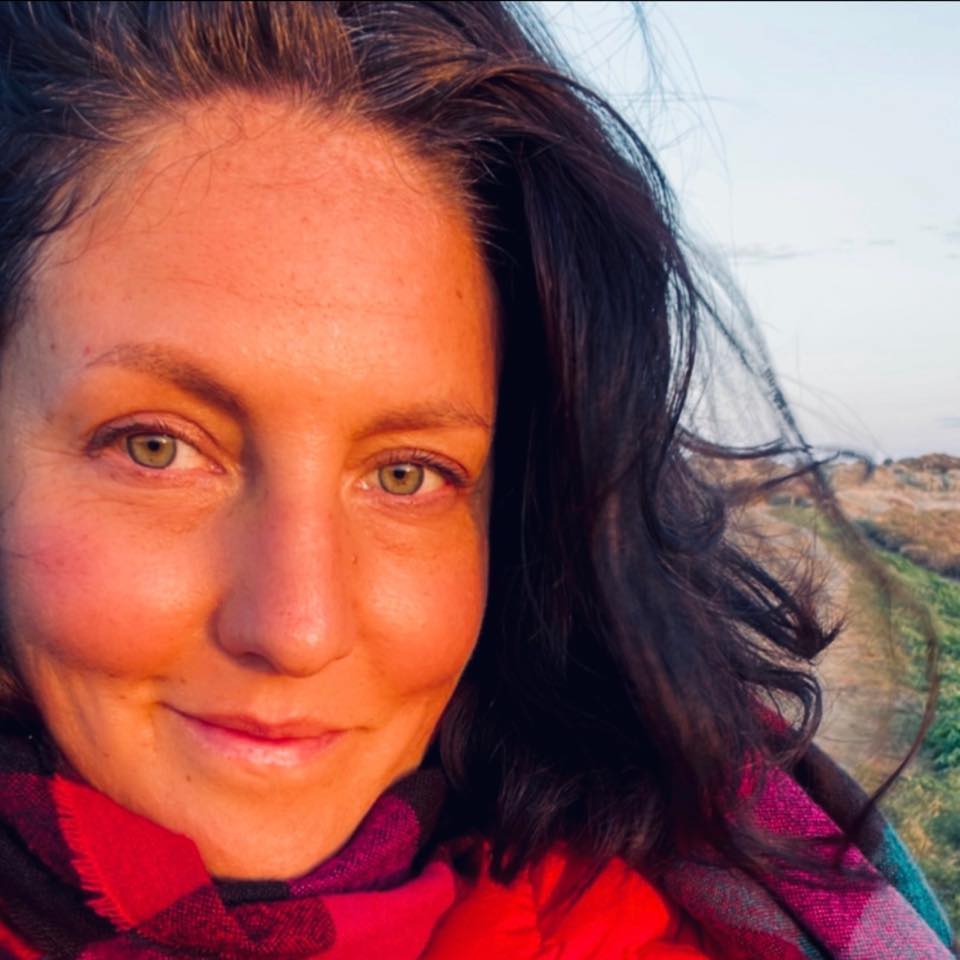
Cassie Robinson
Wealth Shift StudioCassie Robinson is Co-founder of the Wealth Shift Studio and on the core team of Arising Quo. Having spent 7 years working inside philanthropic institutions (including playing a pivotal role in helping to design and set up the Emerging Futures Unit at Joseph Rowntree Foundation, co-creating a field-building practice at Partners for a New Economy, and heading up Innovation, Policy and Practice at The National Lottery Community Fund) she is now focussed on the deeper codes of the Great Wealth Transfer. She brings her background in psychology, and her practices in design and systems innovation, futures and foresight, to work with individual Wealth Holders, Family Offices and the wider wealth management ecosystem. When she’s not working around the flows of financial wealth she’s trying to build social and ecological wealth by developing a new programme for climate preparedness and earth-centred consciousness in cities and communities. https://www.cassierobinson.work/





This panel poses the question: Could Canadian local government benefit from a new national Municipal Development Bank that was owned by local governments for local governments? The intention is not to prescribe what this would be in detail but rather to explore the potential promise, and pitfalls, of creating a new legacy public interest financial institution mandated to democratically support sustainable and prosperous communities.
Featuring:
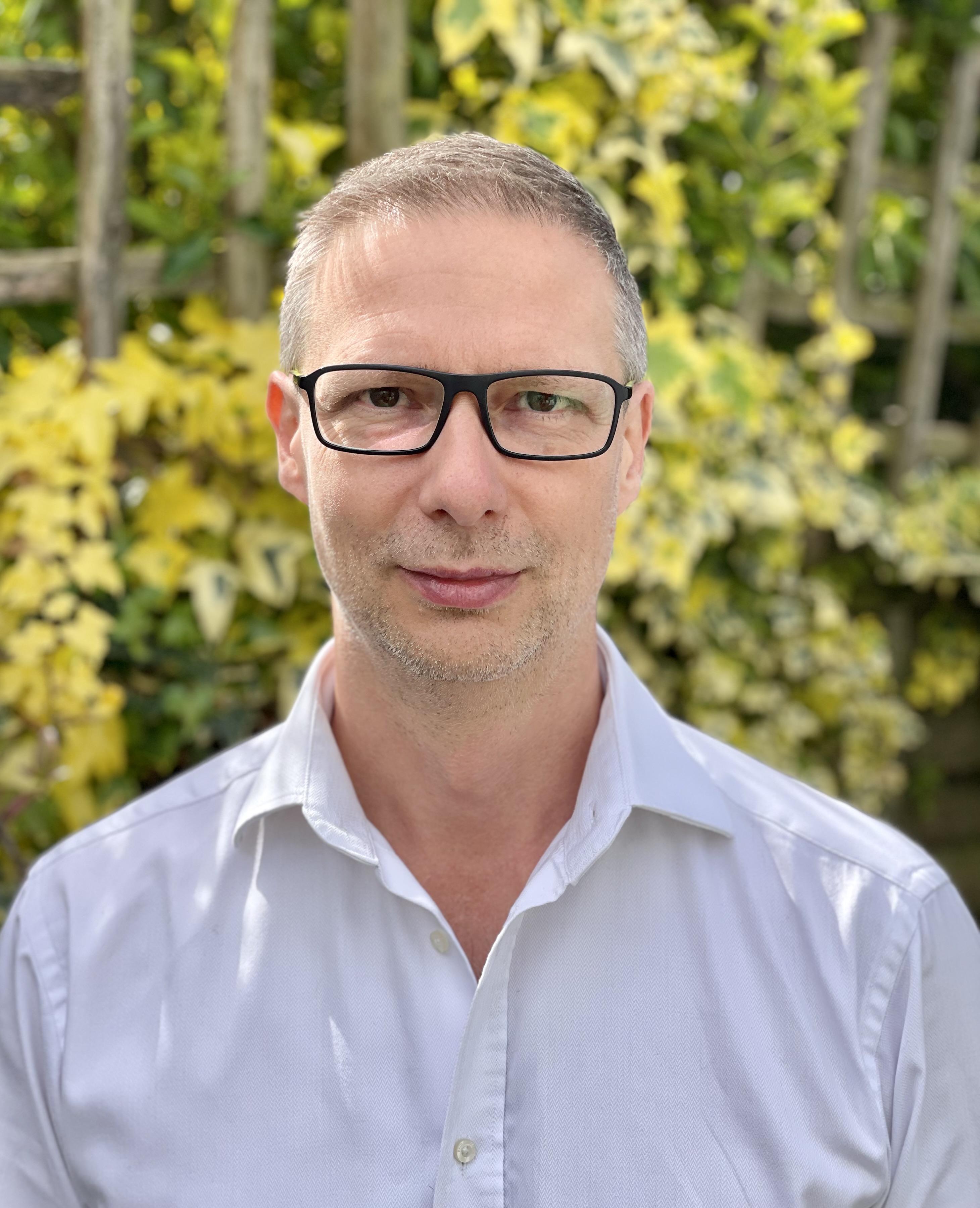
Thomas Marois
McMaster UniversityThomas Marois is a Professor of Political Economy in the Department of Political Science and Tier 1 Canada Research Chair in Public Banking at McMaster University, Canada and formerly a Reader in Development Studies, SOAS University of London. Thomas is a leading scholar of public banks worldwide, focusing on pro-public alternatives and collaborations for the financing of green and just transitions. He is author of the 2021 book Public Banks: Decarbonisation, Definancialisation, and Democratisation (Cambridge University Press), which was awarded the 2023 Joan Robinson Prize by the European Association for Evolutionary Political Economy. Thomas is co-editor of the 2023 book Public Banks, Public Water Exploring the Links in Europe (Routledge) and he has written articles for such top-ranked journals as Water International, Review of Political Economy, The China Quarterly, The Journal of Peasant Studies, Environment and Planning, and Review of International Political Economy.
Thomas is Director of the Public Banking Project at McMaster University and an Associate Director with the Municipal Services Project, a global network of researchers investigating public alternatives at Queen’s University, Canada. He works closely with and advises the Public Banking Institute, the Public Bank New York and Public Bank San Francisco groups, and UNCTAD. Thomas sits on the Council of Europe Development Bank Award for Social Cohesion Jury and is a member of the Knowledge Advisory Committee for the Finance in Common Summit Secretariat.

Rik Logtenberg
Earthnet, Climate CaucusRik Logtenberg, Director, CanAdapt, is a former tech entrepreneur and climate leader with a background in founding successful software startups, including Timely, a community calendar platform used by over 14 million people in 160 countries. After two successful exits, he shifted his focus to climate advocacy, founding EarthNet, a nonprofit platform for community-driven climate action. Elected to Nelson City Council in 2018, Rik went on to found Climate Caucus, a national network of over 600 mayors and councillors advancing climate leadership.
His work has helped drive municipal climate action plans across the country and he organized the successful municipal intervention at the Supreme Court in defense of carbon pricing. He has served on multiple climate governance bodies, including the UBCM Climate Committee and FortisBC’s Energy Conservation Advisory Group, and has been the chair of the BC Municipal Climate Leadership Council and the Community Energy Association, and is a founding board member of the Youth Climate Corps.
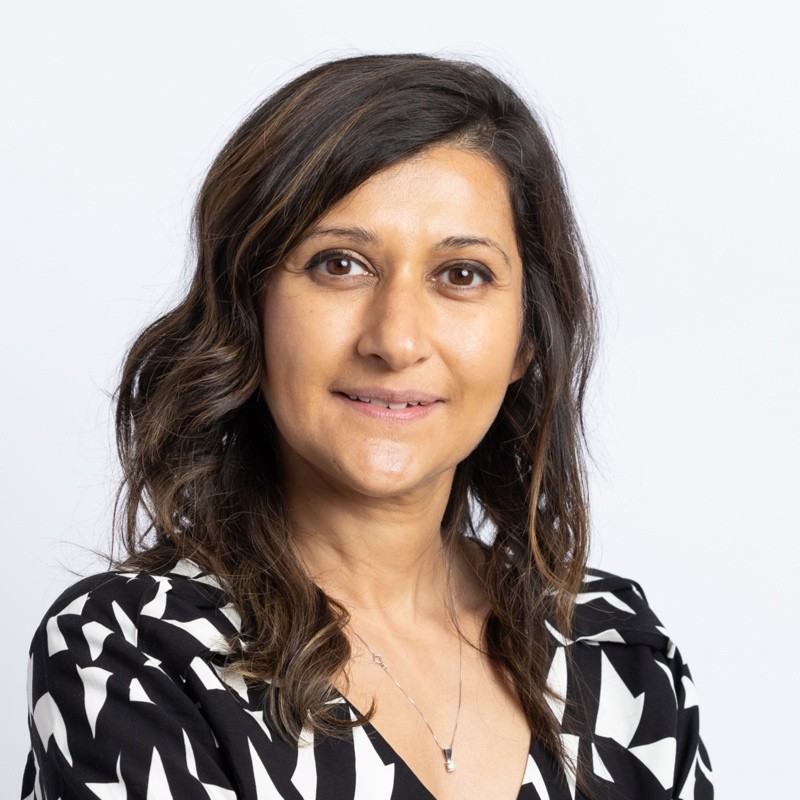
Juvarya Veltkamp
Green Ports Forum, C40 CitiesJuvarya Veltkamp is a recognized leader in climate strategy and impact, specializing in market transformation and global collaboration to accelerate investment in sustainable cities and ports. She is a former Chief of Strategy at InBC Investment Corp, current Senior Advisor at C40 Cities, and serves as a Board Director at Vancity Credit Union, Canada’s largest credit union, overseeing assets of $35.5 billion.
With nearly 30 years of experience spanning real estate, local government, social enterprise, and impact investment, Juvarya has driven large-scale green economic development initiatives and policy innovation. She led Vancouver’s green economy strategy for a decade, helped launch British Columbia’s $500-million public impact fund at InBC, and advanced climate governance through the Canada Climate Law Initiative at the University of British Columbia.
Currently, Juvarya leads a global alliance of ports and cities collaborating to decarbonize supply chains and promote sustainable trade. She also advises Realize Capital Partners, a fund-of-funds manager for the Government of Canada’s $755 million Social Finance Fund. She serves on the board of the Canadian Urban Institute, and helps to lead the Vancouver Maritime Centre for Climate.
Juvarya holds an MBA in Finance and Strategy from the University of British Columbia, a BA (Hons) in Economics and Sustainable Development from SOAS University of London, and professional certifications in corporate governance, ESG and climate risk. She lives with her family in Squamish, Canada, on the traditional, ancestral, and unceded territory of the Skwxwú7mesh Úxwumixw (Squamish Nation).
Moderator:

Ryan Turnbull
Parliamentary SecreteryRyan Turnbull brings a unique blend of entrepreneurial drive and policy leadership to Canada’s efforts to build a more sustainable and inclusive economy. Before entering federal politics, he led a successful social innovation and sustainability firm, working with businesses, non-profits, and communities to tackle complex challenges through purpose-driven solutions.
Elected three times as the Member of Parliament for Whitby since 2019, Ryan has emerged as a national leader in sustainable finance, inclusive economic growth, and climate innovation. He founded and continues to champion the All-Party Parliamentary Caucus on Social Innovation and Sustainable Finance, creating rare cross-partisan momentum to advance long-term change.
He also launched the Sustainable Finance Forum in Ottawa in 2022, now a prominent annual gathering that brings together leaders from government, business, and civil society to move bold ideas into action.
In Canada’s Parliament, Ryan has served on key committees including Finance, Industry, Science and Research, and Human Resources. He was recently appointed Parliamentary Secretary to the Minister of Finance and National Revenue in 2025, the Minister of Finance in 2024, and the Minister of Innovation, Science and Industry in 2023, where he played a central role in advancing national strategies on innovation, productivity, and climate-aligned growth.
Ryan Turnbull is widely recognized for his leadership on landmark initiatives such as the Social Finance Fund, Employee Ownership Trusts, and mandatory climate disclosures and green taxonomy. He continues to focus on unlocking capital for good and positioning Canada as a global leader in the sustainable economy of the future.




This session will explore how wealth accumulation, investment practices, and philanthropic structures are deeply rooted in colonial histories and continue to perpetuate inequality and injustice today. Featuring Indigenous, Palestinian, and Black perspectives, the panel challenges us to rethink capital beyond technical screens and ESG frameworks, asking instead: What does it mean to truly decolonize wealth? The session will offer vision and practices to move toward community-led, justice-driven approaches to reimagining wealth.
Featuring:
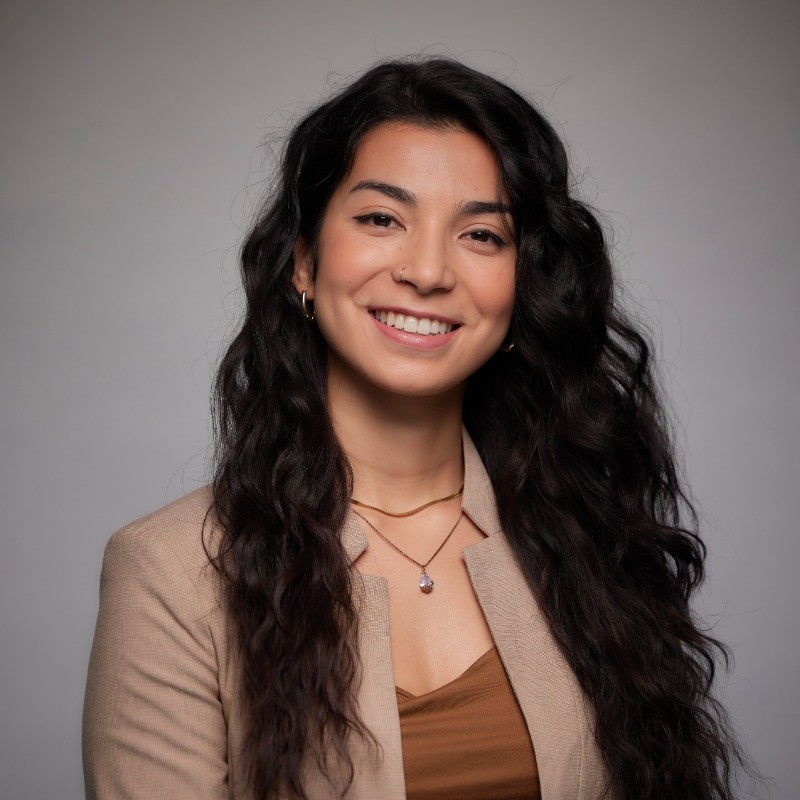
Paula Sahyoun
Social Venture Connexion (SVX)Paula Sahyoun is working towards urban transformation, economic justice and societal change by using social finance and impact tools to help build more equitable futures. She is also a filmmaker, speaker, and visual artist exploring narrative as a catalyst for collective liberation.
—
Always open to connecting, sharing ideas, exploring speaking opportunities, and collaborating on projects aimed at creating real change. If you’re working on initiatives focused on building decolonized economies or communities of care and justice, I’d love to exchange ideas.
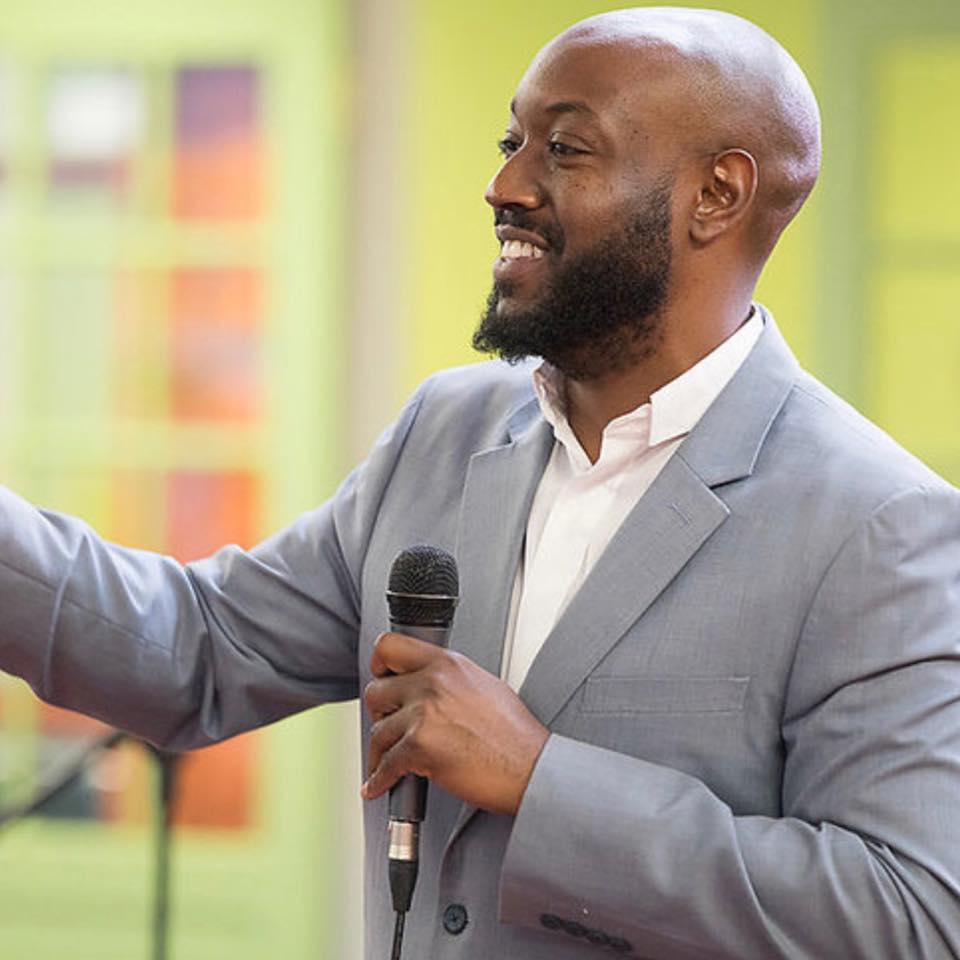
Victor Beausoleil
SETSIAt the age of 24 Victor Beausoleil Co-Founded Redemption Reintegration Services one of the largest youth-led, youth justice agencies in Canada. In 2013 Victor Beausoleil received his first public service appointment by the Premiere of Ontario Kathleen Wynne as a member of the PCYO (Premiere’s Council on Youth Opportunities). Victor has worked diligently in the broader equity seeking communities across Canada for the past nineteen years.
As a lecturer Victor Beausoleil has travelled extensively throughout Canada, the United States, UK and Africa for speaking engagements for community organizations, institutions and philanthropic foundations. Victor Beausoleil has been a board member of the Atkinson Charitable Foundation, a member of the grant review committee’s of the Laidlaw Foundation, and the Toronto Community Housing Social Investment Fund.
Victor is currently on the board of directors for the Toronto Community Benefits Network, The Board President of CCEDnet – The Canadian Community Economic Development Network, on the loan review committee for the Fair Finance Fund, on the advisory of the Table of Impact Investment Practitioners, on the advisory of New Power Labs, on the board of REAC – the Regional Ethno- Advisory Council for Corrections Services Canada, the Steering Committee of the Catalyst Community Finance Initiative, on the advisory of the Canadian Employee Ownership Coalition, on the advisory group of Social Capital Partners, as well as the Financial Resilience Institute, on the board of Social Value Canada, board Chair of the Tribe Network and a Co founder of the Canadian Centre for Non-Profit Digital Resilience.
The Toronto Star, Toronto Sun, National Post, Share Newspaper and The Caribbean Camera, have all highlighted Victor Beausoleil’s work in communities across Canada. Victor Beausoleil is currently the founder and Executive Director of SETSI – The Social Economy Through Social Inclusion. Victor has written thirteen books and is a Husband and Father of four brilliant children.

Carol Anne Hilton
Indigenomics Institute, and author, The Rise of Indigenous Economic PowerCarol Anne Hilton, MBA, ICD.D, is a distinguished Indigenous business leader, author, and visionary strategist of Nuu-chah-nulth descent from the Hesquiaht Nation on Vancouver Island. She is the founder and CEO of the Indigenomics Institute, the Global Centre of Indigenomics, and the Global Indigenous Technology House. Hilton is renowned for pioneering the Indigenomics movement—a transformative economic framework rooted in Indigenous worldviews that emphasizes relationality, sustainability, and collective prosperity.
Hilton coined the term “Indigenomics” in 2012, evolving it from a social media hashtag into a global movement that repositions Indigenous Peoples as central contributors to modern economies. Her acclaimed book, Indigenomics: Taking a Seat at the Economic Table, articulates a bold vision for a $100 billion Indigenous economy and serves as a blueprint for economic reconciliation. The book was shortlisted for the 2021 Donner Prize and is widely regarded as a foundational text in Indigenous economic thought
With over two decades of experience in Indigenous economic development, Hilton has advised national and international institutions, governments, and corporations. She has served on the Canadian Economic Growth Council and the BC Emerging Economy Taskforce, and currently holds directorships with the McGill University Institute for the Study of Canada, Earth Charter International, Innovate BC, and the TELUS and Bank of Montreal Indigenous Advisory Councils.
Hilton’s contributions have been recognized with numerous accolades, including the Mastercard Game Changer Indigenous Entrepreneur of the Year Award, the Nation Builder Award from the National Angel Capital Organization, and the Award of Distinction in Indigenous Business from the BC Achievement Foundation. She is also an adjunct professor at Royal Roads University’s School of Business, where she continues to mentor the next generation of Indigenous leaders.
Through her leadership, Hilton is reshaping economic narratives to center Indigenous knowledge systems, fostering inclusive growth, and building pathways for multi-generational Indigenous wealth and well-being.
Moderator:
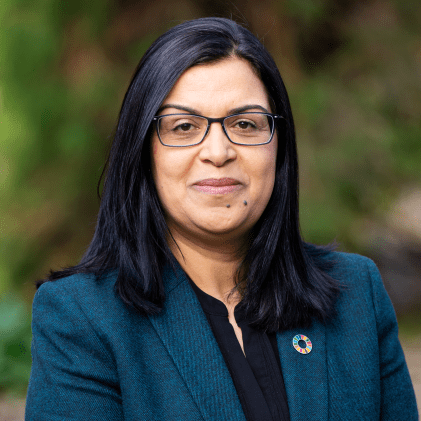
Basma Majerbi
Impact Investing Hub, Gustavson School of Business, University of VictoriaDr. Majerbi is an associate professor of finance at Gustavson School of Business, University of Victoria. Her research interests include international finance, ESG and impact investing, and climate-related financial risks and opportunities. Her teaching integrates sustainable finance topics into core finance courses in various programs including the MBA in Sustainable Innovation. She is a recipient of multiple awards including Research Excellence, Best MBA Professor, Innovation Award, Service Excellence, IAB Community Engagement Award and the BC Cleantech Educator Award.
Basma is founder and director of the Impact Investing, a research and education center whose mission is to accelerate investments in climate solutions and help companies and investors align with the sustainable development goals (SDGs), through education and capacity building, collaborative research, and stakeholder engagement. She is co-founder and co-chair of the International Workshop on Financial System Architecture and Stability (IWFSAS), an annual conference focused on sustainable finance and climate-related finance research topics.
Basma is also a technical advisor with the International Monetary Fund’s Institute for Capacity Development where she contributes to training of government officials in developing countries on topics related to financial development, financial inclusion, and other financial sector issues. She is a member of the ESG Advisory Council to the BC Minister of Jobs, Economic Development and Innovation which leads the BC ESG Centre of Excellence, a founding member of the Canadian Sustainable Finance Network (CSFN) and serves on its Steering Committee, and a member of the Research Advisory Council of the Institute for Sustainable Finance. Basma also serves on the boards of multiple organizations, including the board of directors of the South Island Prosperity Partnership, the Advisory Board of the Center for Ocean Applied Sustainable Technologies (COAST), the Impact Investment Committee of the Victoria Foundation and the Research Advisory Group of New Power Labs.
Basma holds a PhD in Finance from McGill University and a MSc in International Finance from HEC Montreal.




This session explores Canada’s Blue Economy Strategy and its role in advancing the UN Sustainable Development Goals. Oceans are essential to Canada’s communities and economy, offering climate solutions, job opportunities, and ecosystem health. As a global leader in ocean science and sustainable management, Canada is developing a strategy to harness ocean resources for inclusive, resilient growth—particularly benefiting coastal and Indigenous communities. The session will highlight how this approach supports 11 interrelated SDG targets across economic, social, and environmental pillars.
Featuring:
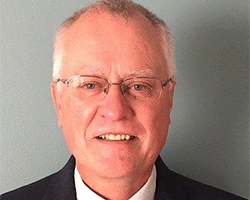
Kevin Anderson
Fisheries and Marine Institute of Memorial UniversityRetired as Regional Director General of Fisheries and Oceans Canada (DFO) for Newfoundland and Labrador, Kevin Anderson assumed the position as Head, School of Fisheries at the Fisheries and Marine Institute in May 2020.
Mr. Anderson began his career as a high school teacher and principal in coastal Labrador before joining DFO as a fishery officer in 1991.
He held a variety of positions with the department, including negotiator for the Labrador Inuit Land Claims Agreement signed in 2005; Director of Conservation and Protection; and Regional Director of Fisheries and Aquaculture Management.
He also served as senior advisor on Indigenous relations for Fisheries & Oceans, Canada and the Canadian Coast Guard and served as Interlocutor for the transformation of the Fresh Water Fish Marketing Corporation.
Mr. Anderson taught graduate-level courses in fisheries policy resource management as a part-time instructor at the Marine Institute from 1999 to 2020. He also served as a member of the institute’s industry advisory committee.
He holds a B.Ed. and BA from Memorial University, along with an M.Sc. in marine policy from the London School of Economics.
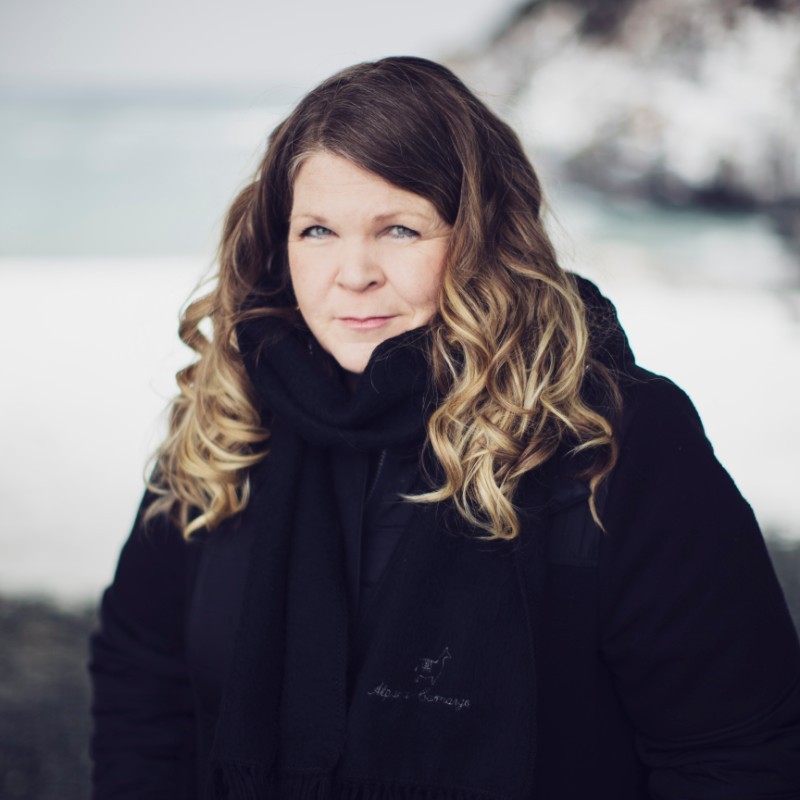
Kendra MacDonald
Canada’s Ocean SuperclusterKendra MacDonald is the CEO of Canada’s Ocean Supercluster, responsible for the accelerated development and commercialization of innovation that will solve some of the world’s biggest challenges in ocean. Kendra is leading the change in the culture of doing business in ocean from coast-to-coast-to-coast, increasing collaboration across ocean sectors and growing Canada’s ocean economy in a digital, sustainable, and inclusive way. In recognition of her leadership in building the Ocean Supercluster from the ground up, Kendra has named one of Atlantic Canada’s Top 50 CEOs by Atlantic Business Magazine for the last five years and one of Canada’s Top Sustainability Leaders by Clean50 in 2022. Prior to leading Canada’s Ocean Supercluster, Kendra was a Partner in Deloitte’s Risk Advisory practice and the Chief Audit Executive of Deloitte Global.
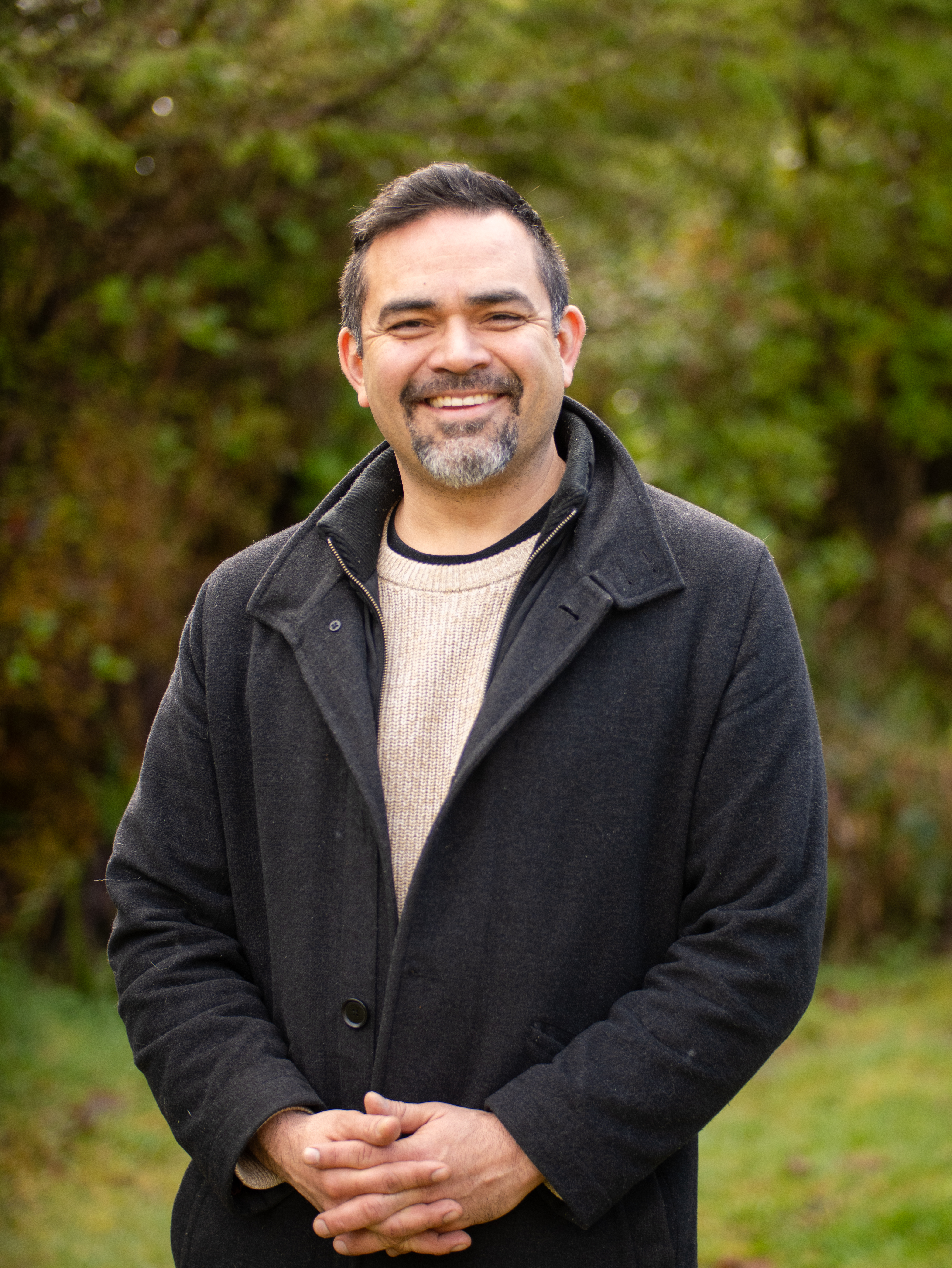
Eli Enns
IISAAK OLAM FoundationEli Enns is the great grandson of Na’waas’um (historian and public speaker for Wickanninish) from Tla-o-qui-aht on his father’s side. On his mother’s side, Eli is a 2nd generation immigrant from the Netherlands, grandson of Peter Enns (Dutch Mennonite). Eli is a happy father and a grateful grandfather. Eli is also an internationally recognized expert in bio-cultural heritage conservation and Indigenous economic development. He is a nation builder and Canadian political scientist focused in constitutional law, geopolitics and ecological governance. Co-founder of the Ha’uukmin Tribal Park in the Clayoquot Sound UNESCO Biosphere Reserve on Vancouver Island, Eli was Co-Chair for The Indigenous Circle of Experts for The Pathway to Canada Target 1 (Aichi Target 11). He is CEO and President of the IISAAK OLAM Foundation and Founder of the Naa’Waya’Sum Gardens in Tofino, Clayoquot Sound.
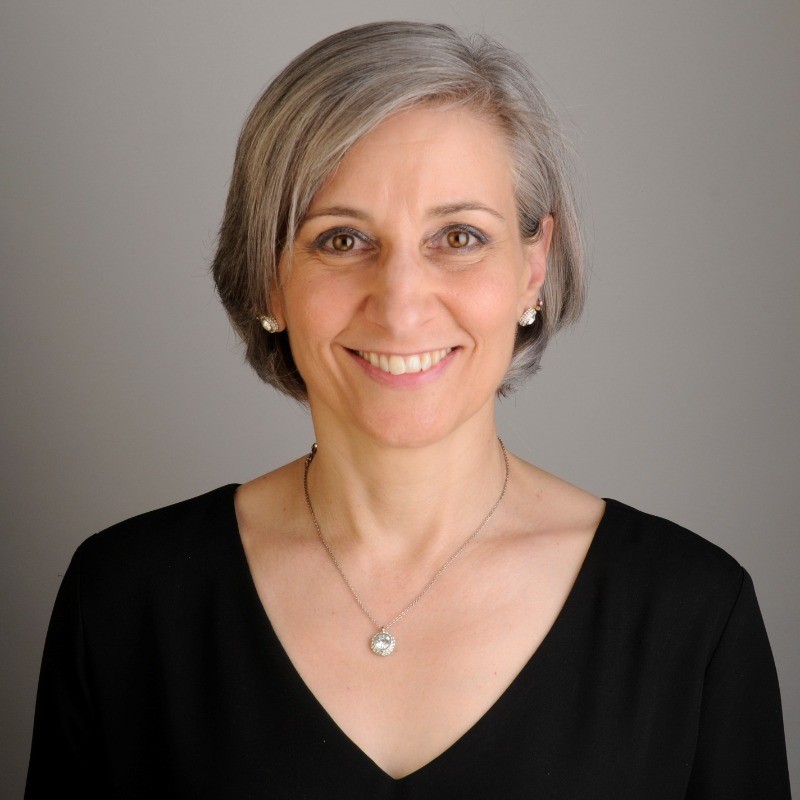
Marie-Chantal Ross
Ocean Program National Research Council CanadaMarie-Chantal Ross is a national leader in ocean innovation and a passionate advocate for the Blue Economy. As the Director of Canada’s $74 million NRC Ocean Program, she has architected and led a portfolio of transformative research initiatives focused on coastal resilience, intelligent marine systems, pollution remediation, and the sustainable use of ocean bio-assets. Her work has directly influenced national ocean policy and investment strategies, including the Blue Economy Assessment Framework for Atlantic Canada, which has shaped the direction of this panel.
With over two decades of experience spanning both government and private sectors, Marie-Chantal is known for translating complex science into actionable policy, fostering cross-sectoral coalitions, and embedding Indigenous knowledge systems into marine innovation frameworks.
She is currently focused on evaluating the Ocean Program’s impact and developing strategies to ensure NRC research continues to addresse global priorities and knowledge gaps in the Blue Economy. Her current research interest is to explore how the Bounded Global Economy model can be operationalized through the SDGs to measure the ‘blueness’ of companies and sectors. Her desire is provide the framework for tools that can guide both investment decisions and policy development. A confident and engaging bilingual speaker (English/French), she brings systems thinking, scientific credibility, and policy fluency to public forums, with a track record of shaping national conversations on ocean sustainability.
Moderator:
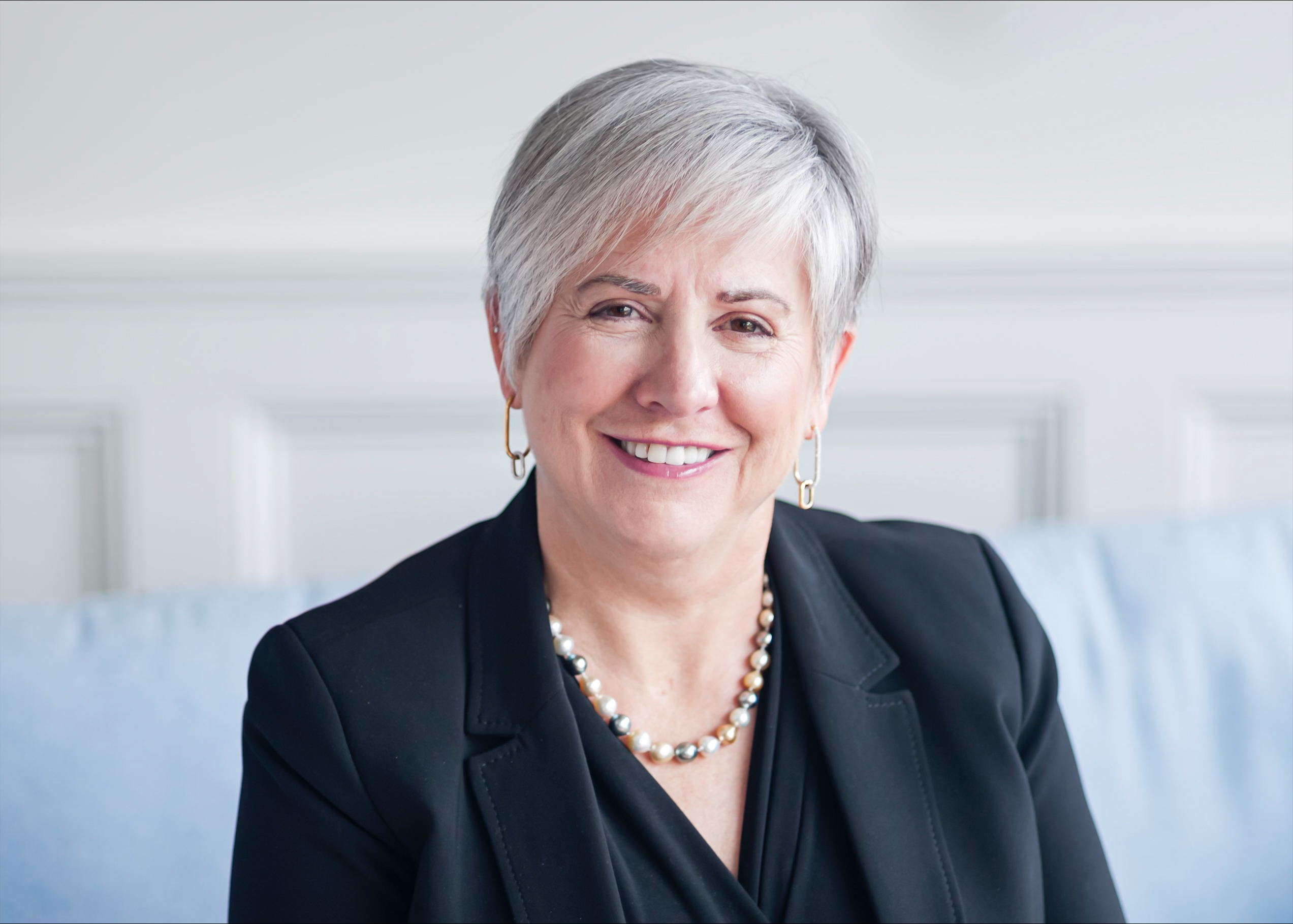
Iris Petten
Senate of CanadaThe Honourable Iris G. Petten is an entrepreneur, community volunteer, and senior executive who was appointed to the Senate of Canada on May 3rd, 2023. Born and raised in Port de Grave, Newfoundland and Labrador, a vibrant fishing community, Ms. Petten has maintained a close connection with coastal communities over her 35 years in the fishing industry.
In 1984 Ms. Petten began her career with Fishery Products International and worked in its trawler division. By 1998, Ms. Petten was a founding shareholder and Vice-President of Grand Atlantic Seafoods, a processing company wholly owned by fish harvesters. She then co-founded Ocean Choice International (OCI) in 2000 and served as a vice-president until 2008, and remained in a consultancy role with OCI until February 2023.
Ms. Petten served three terms as the chair of the Board of Regents of Memorial University of Newfoundland, from 2013 to 2022. She was a member of the 2019 Premier’s Economic Recovery Team chaired by Dame Moya Greene, and the Atlantic Premiers’ Panel on Impacts of Changes to Employment Insurance.
She holds a Bachelor of Arts, a Bachelor of Vocational Education, and an Honorary Doctor of Laws from Memorial University of Newfoundland.




3:00 p.m.
Break
3:15 p.m.
Parallel Sessions (David Strong Building)
This panel highlights how young people are responding to global crises with visionary leadership, linking economic opportunity to sustainability, justice, and collective well-being. It explores youth-led efforts to build regenerative economies and emphasizes the importance of intergenerational collaboration, civic engagement, and institutional support. The session will showcase how youth are not just imagining, but actively creating more just and sustainable futures.
Featuring:
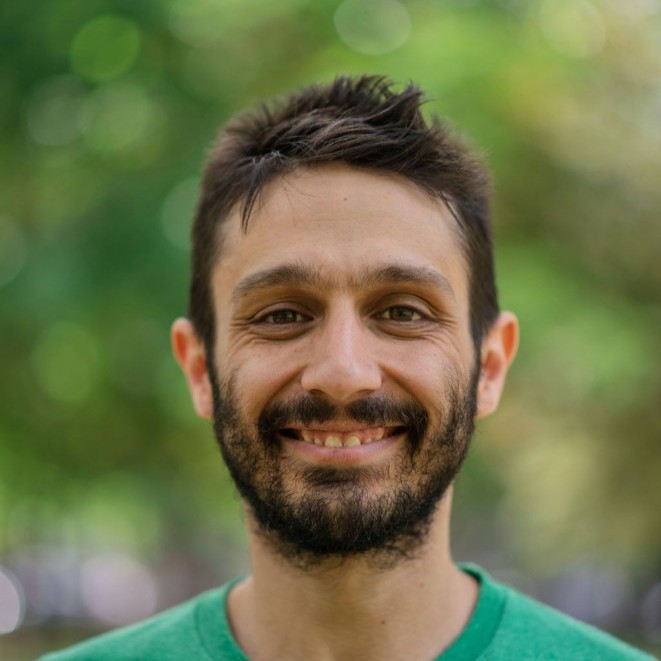
Nicholas Greenfield
YMCAs of Quebec, Back on Track programExperienced non-profit manager with an expertise and passion for initiative and impact scaling, in particular social franchising. By combining experience in strategic management, social innovation, front-line intervention and sustainable development, I strive to identify novel pathways to advancing systems-level changes.

Rochelle Prasad
SPARK FoundationRochelle Prasad is a teacher, entrepreneur, and global education advocate who is redefining how we connect learning to real-world change.
With over 7 years of experience across classrooms, boardrooms, and international policy forums, Rochelle has built education programs that reach across borders — from local schools in Canada to global platforms like the United Nations and the World Bank.
She is the founder of SPARK Foundation, a youth-led organization that has empowered over half a million learners worldwide. Rochelle has taught in high school classrooms and at institutions like UC Berkeley and UCW, developing university-level courses that integrate equity, and global citizenship. Her work bridges education, innovation, and policy — with a clear focus on youth voice, systems change, and lasting impact.
Named one of Canada’s Top 100 Most Powerful Women (RBC, 2025) and the UN Young Leader of the Year (2024), Rochelle is recognized globally as a force for education transformation.
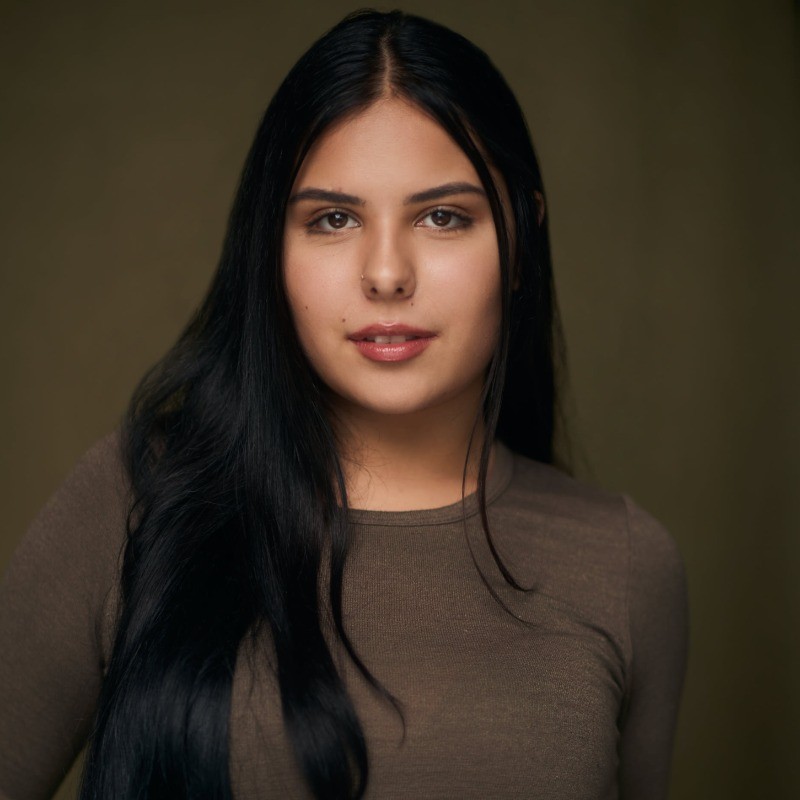
Giovanna Andreotti de Oliveira
Rewiring 4 RealityGiovanna de Oliveira Andreotti is a Dancer/dance teacher, GTDF member, certified Warm Data Lab host, R4Rs founder, and online course facilitator/co-ordinator. Giovanna has been involuntarily steeped in depth-education from birth (courtesy of her mother, Vanessa Andreotti). Giovanna holds a Bachelor’s in Psychology from UBC, postgraduate certifications in Climate Psychology and Embodied Social Justice, and currently coordinates an inquiry that maps pedagogical practices addressing complexity, complicity, collapse, and accountability.
Moderator:
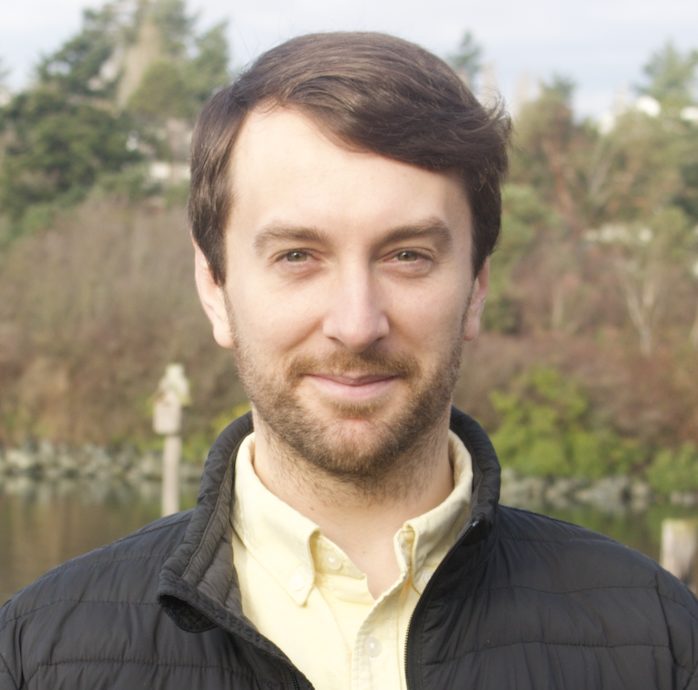
Kyle Empringham
The Starfish CanadaKyle Empringham is a nonprofit management executive with over 15 years of experience in climate adaptation and mitigation, civic engagement, and youth empowerment. He is the Co-Founder and Co-Executive Director of The Starfish Canada, a climate justice organization for you looking to develop skills and build their careers in climate action. Alongside his role at The Starfish Canada, Kyle serves as a Board Director for the McMaster Alumni Association and FED Urban Agriculture, and teaches at the Gustavson School of Business at the University of Victoria. He holds a Masters in Resource Management and an MBA in Sustainable Innovation, bringing the worlds of business and sustainability to create impact for people and the planet.




AI is transforming healthcare, from documenting patient interactions to analyzing medical images. However, its success hinges on building trust among patients and clinicians. This session explores how to balance innovation with the need for strong safeguards, ethical standards, and system integrity to ensure AI is used responsibly and effectively in healthcare.
Featuring:
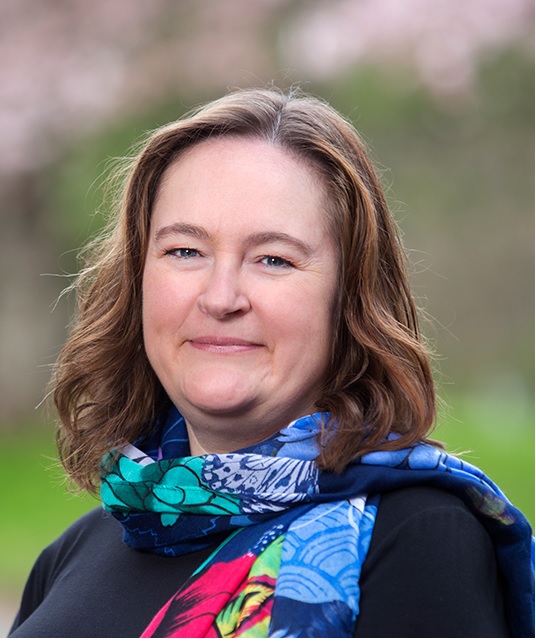
Elizabeth Borycki
University of VictoriaElizabeth Borycki is a Professor in the School of Health Information Science at the University of Victoria, Canada. She holds a Michael Smith Health Research BC Health Professional Investigator Award, and she directs the Global Lab for Digital Health Innovation. The focus of her research has been in human factors in the areas of safety, user interface design, implementation and artificial intelligence. Elizabeth has published over 300 articles, 50 book chapters, and 10 edited books.
Elizabeth has served as Academic Representative for Canada for Digital Health Canada [formerly Canada’s Health Informatics Association (2007-2013)], Vice President (North America) on the Board of Directors for the International Medical Informatics Association (IMIA) (2010-2013), and Vice President (Special Projects) (2016-2019). She has also served as the co-Director of Research for the Canadian Nursing Informatics Association. Elizabeth has held several academic leadership roles at the University of Victoria including the Director of the Social Dimensions of Health program (2016-2019), Director of the Health and Society program (2016-2019) and a member of the Board of Governors at the University of Victoria (2017-2020).
Elizabeth is a Fellow of the Canadian Academy Health Sciences Informatics, American Medical Informatics Association, and the International Academy of Health Sciences Informatics of IMIA. She was voted one of the Top 10 Women in Digital Health by Digital Health Canada in 2017 and was recognized as one of the Top 100 Health Informatics Researchers by IMIA. She received the Faculty of Human and Social Development Award for Teaching Excellence and Educational Leadership, and co-led the development of the first Double Masters Degree program in Canada in Nursing and Health Informatics.
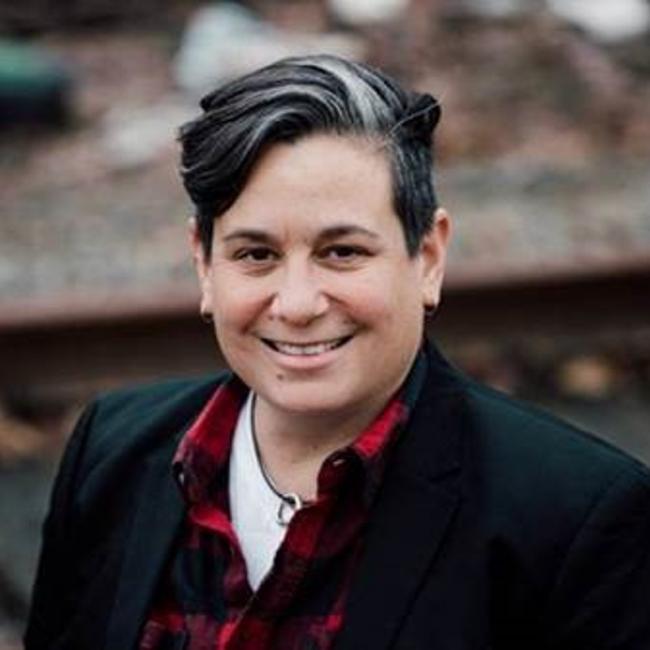
Michelle Hamilton-Page
Canadian Medical AssociationDr. Michelle Hamilton-Page’s work focuses on gender and sexual orientation in the workplace. Their research exposes the harassment and discrimination faced by gender non-conforming queers in the workplace and an emergent non-binary leadership model, or Unbound Leadership. Hamilton-Page utilizes art, video and podcasts in a commitment to making accessible, relevant research knowledge mobilization.
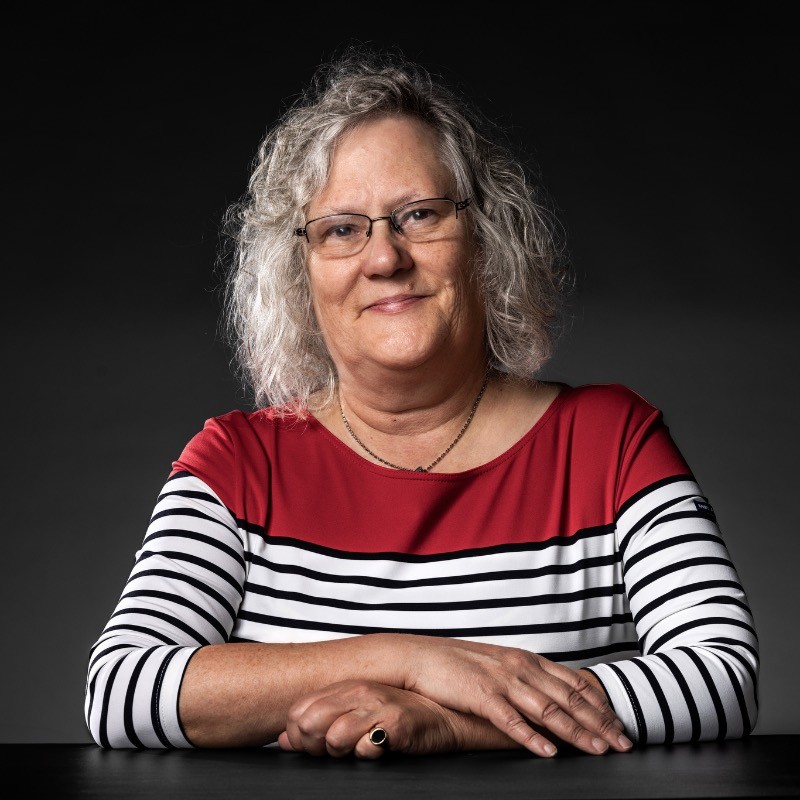
Margot Burnell
Canadian Medical AssociationDr. Margot Burnell is a medical oncologist who has served the patients of New Brunswick for over three decades. She is an associate professor of medicine at Dalhousie University and was the head of the department of oncology for eight years. She is currently chief of staff for Zone 2 of the Horizon Health Network. She has participated in and chaired multiple committees associated with the provincial health authority, the Saint John and New Brunswick Medical Societies, the Canadian Medical Association, the pan-Canadian Oncology Drug Review and Hospice Greater Saint John. She has participated in many clinical trials. She is co-chair of the supportive care committee for the Canadian Cancer Trials Group.
Moderator:
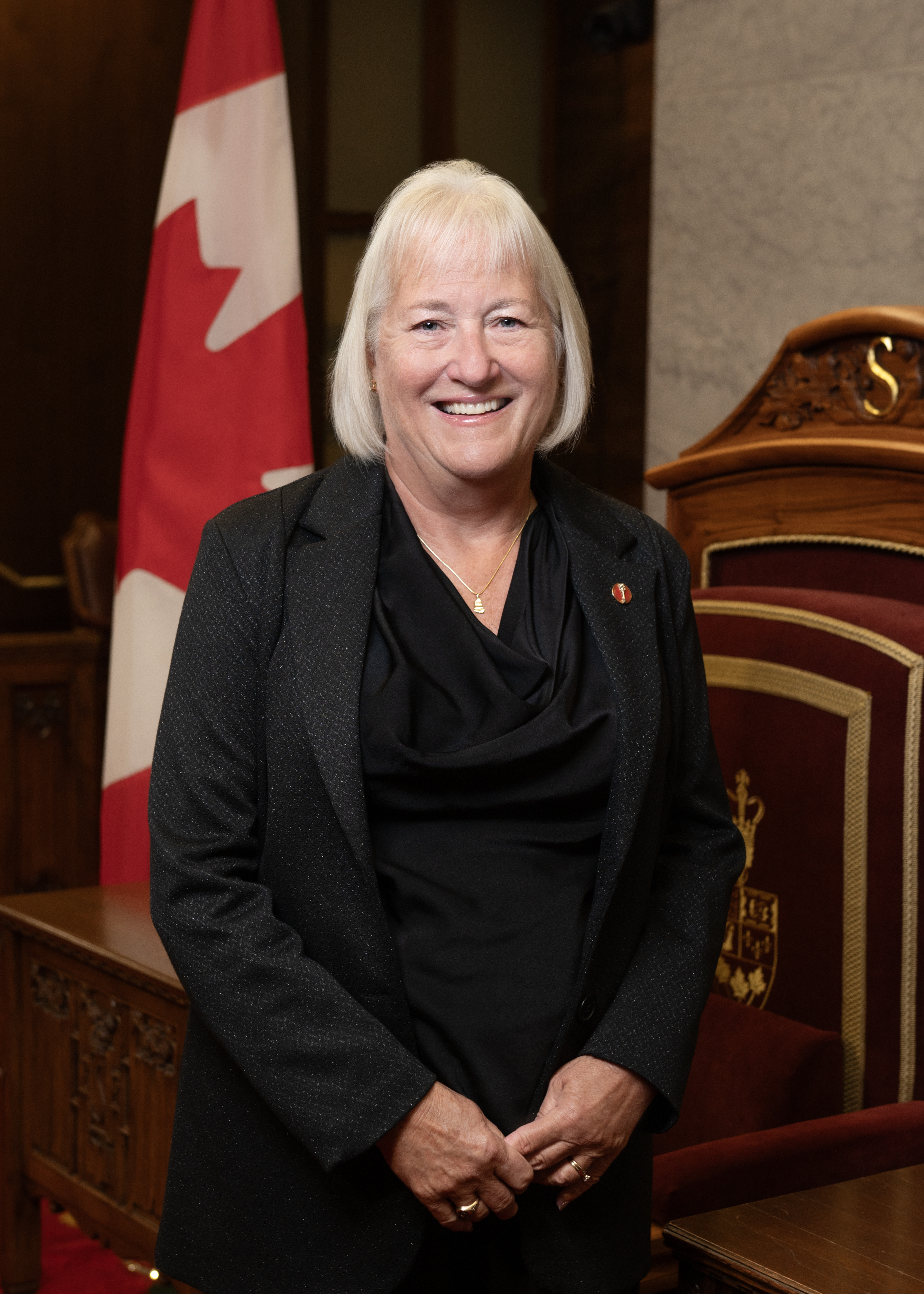
Joan Kingston
The Senate of CanadaJoan Kingston is a registered nurse and a former member of the Legislative Assembly of New Brunswick. She is currently a consultant with the University of New Brunswick’s (UNB) Faculty of Nursing, having recently retired from UNB after 10 years as nurse manager, co-manager of the Fredericton Downtown Community Health Centre, and a lecturer and clinical instructor.
Before her work with UNB, Ms. Kingston worked as a principal secretary for government affairs in the Office of the Premier of New Brunswick, and as a senior advisor to the Policy and Priorities Committee of the Cabinet of New Brunswick, from 2006 to 2010. She also served as a senior policy advisor in the Office of the Official Opposition from 2002 to 2006.
From 1995 to 1999, Ms. Kingston served as Member of the Legislative Assembly for New Maryland and, as a minister, she led various portfolios including Labour, Environment, and Human Rights. She also led the Minister’s Advisory Committee on Multiculturalism and chaired the New Brunswick Advisory Council on the Status of Women.
Ms. Kingston is an active community member and health advocate. She is the Chairperson of the Community Action Group on Homelessness and has been a member of the Specific Patient Oriented Research Network in Primary and Integrated Health Care Innovations, United Way Central New Brunswick, and the Fredericton Non-Profit Housing Corporation. She is a member of the Canadian Nurses Association, past president of the Nurses Association of New Brunswick, and was awarded a life membership in 2021. Ms. Kingston is a past co-chair of the Atlantic Centre of Excellence for Women’s Health Steering Committee, and a founding member of the predecessor to the Canadian Association of Perinatal and Women’s Health Nurses.
Ms. Kingston was inducted as Fellow of the Canadian Academy of Nursing in 2021. She holds a Bachelor of Nursing from the University of New Brunswick.



Amid the Great Wealth Transfer, there is a critical need to direct financial resources toward building a new economic and cultural paradigm—not by improving the current system, but by imagining alternatives. This means shifting from extractive to regenerative design, prioritizing stewardship over ownership, and recognizing diverse forms of capital beyond just financial. Wealth should support organizations and movements that challenge neoliberal capitalism and offer new models rooted in equity, sustainability, and shared well-being. Investing in these “proofs of possibility” is essential to creating a livable, just future.
Featuring:
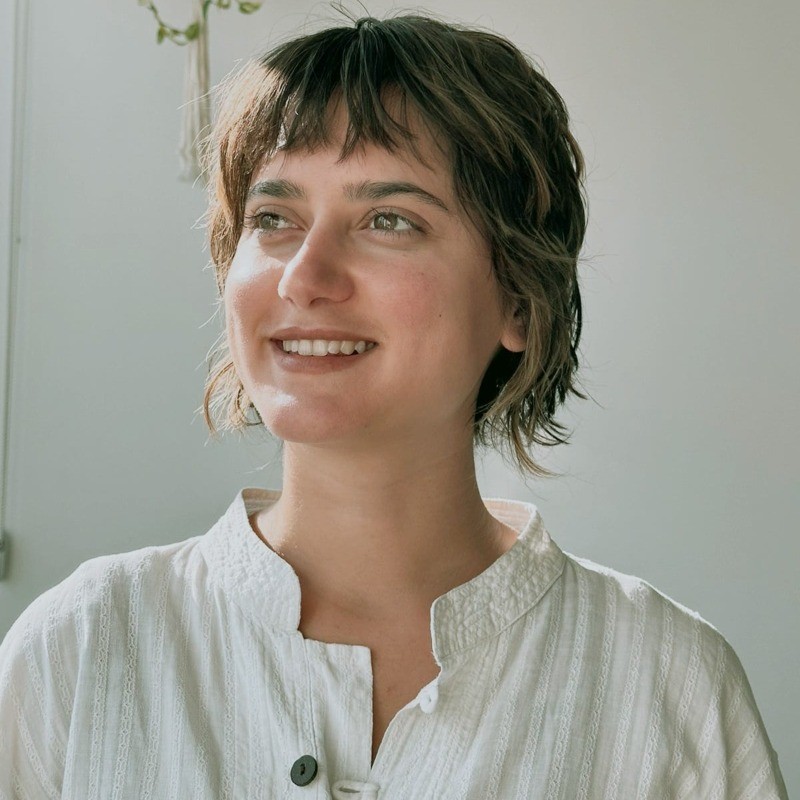
Azul Carolina Duque
decolonialfutures.netMy work as an educator is strongly informed by my art-life practice as a composer, a death doula, a clown and a performace artist. My work centres around hospicing worlds that are dying within and around us with care and integrity, as well as with attention to the lessons these deaths offer.
I am a member of the Gesturing Towards Decolonial Futures (GTDF) is an art/research collective that develops artistic, pedagogical, cartographic, and relational experiments that aim to identify and de-activate colonial habits of being.
We develop technologies of inquiry that support us holding more layers of complexity at the interphase of questions related to climate and biodiversity collapse, mental health crisis, racism and colonialism. (Decolonialfutures.net)
I have over 5 years of experience in postcolonial and decolonial education, pedagogy and facilitation. I have a master’s degree in Society, Culture and Politics in Education from the University of British Columbia, and as an undergrad I was awarded the “International Leader of Tomorrow” scholarship at UBC.
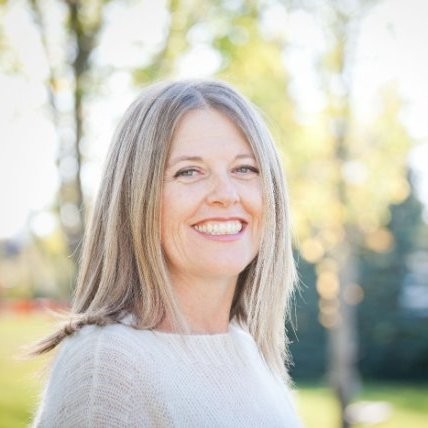
Lori Hewson
Philanthropic AdvisorI’m Lori Hewson. One way or another I’ve been exploring this question all my life.
It’s been nurtured by the everyday involvement of my parents in shaping the small community I grew up in.
My first big ah ha, in my professional development, came when I told my mom I was considering taking a graduate program in social responsibility.
“Oh, honey haven’t we raised you well enough?,” she asked with dismay.
How could I miss the obvious? Or more importantly, dismiss the obvious. Being ‘in’ and ‘of’ community, as my family is, has anchored my community engagement ever since. Combined with my curiosity about the interconnectedness of all things, this has contributed to a rich, satisfying and impactful 25-year career in the philanthropic sector.
I have worked both sides of that street, for organizations in fund development and for a corporate foundation.
I’ve learned that effective investment in community resiliency requires a willingness to be adaptable and to rethink traditional funding models. Especially if we want to address immediate crises and their underlying systemic causes.
Each experience deepened my understanding of the importance of authentic relationships. We are all part of the same ‘team’ exploring solutions to intractable issues with our unique gifts and resources.
I eventually did deepen my ‘book’ knowledge in systems change and social innovation, which enhanced the critically important learning I received from my upbringing and what it means to be ‘of’ community. This expanded capacity led to the co-creation of initiatives such as the Energy Futures Lab, an Indigenous Youth Advisory Council and an annual cross-sectoral gathering for social impact hosted by the Suncor Energy Foundation.
That part of my life and career is behind me now and integrated into what will emerge next. I’m ready to explore new paths and to continue making my best contribution.
Like many I’ve experienced personal loss. And I’ve seen that grief mirrored in the loss of programs, institutions, and ways of life we held so dear.
Clearly the profound change and transformation we’ve read and thought about is no longer theoretical. It is here.
There is energy to harness in what is ending, and to tend to what is emerging. I’m particularly interested in exploring what the role of philanthropy could be. Or what its alternative might be. How we might have even greater impact through a process of ‘rewilding’.

Upkar Arora
Rally AssetsUpkar Arora is a recognized leader at the intersection of finance, systems change, and social innovation. As CEO of Rally Assets, Canada’s foremost impact investment firm, he brings a bold and strategic approach to reimagining how capital can serve people and the planet. Rally, a certified B Corporation, is dedicated to shifting capital systems to deliver sustainability, equity, and justice. Through its subsidiary, Realize Capital Partners, the firm is one of only three managers selected to deploy the Government of Canada’s groundbreaking $400 million Social Finance Fund.
With over four decades of experience spanning private and social sectors, Upkar applies a systems lens to transformative change. Prior to Rally, he held senior leadership roles with some of Canada’s most respected businesses, philanthropists, and families —building, operating, and advising organizations across industries, geographies, and stages of growth.
A passionate advocate for strong governance, Upkar has served on more than a dozen boards, including Meridian Credit Union, Metrolinx, Vancity Community Investment Bank, University of Waterloo, the Advisory Board of Social Capital Partners, and the Wolf Willow Institute for Systems Learning, a platform dedicated to cultivating the leadership capabilities required to address our most critical and complex socio-ecological challenges.
Upkar holds the ICD.D designation, is a Fellow Chartered Professional Accountant (FCPA, FCA), and earned his Bachelor’s and Master’s degrees in Accounting and Economics from the University of Waterloo, where he now serves as an adjunct lecturer and was awarded the Distinguished Teacher Award in 2022. He is also a BMW Foundation Global Responsible Leader.
At the Victoria Forum, Upkar brings a voice of optimism, clarity, and action, inviting dialogue on how capital, leadership, and governance can be reimagined to help bridge divides and build a more inclusive future.
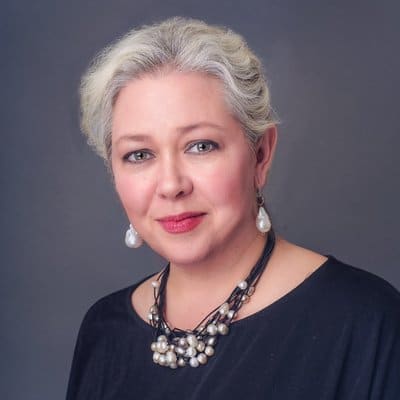
Donna Morton
Salmon Returns — Regenerative, Indigenous, Women Led, Bioregional FundDonna Morton is a lifelong climate, justice and regeneration innovator. She is the co-founder and President of Salmon Returns, a bioregional, regenerative, Indigenous and women led fund.
Her career spans 4 decades and Greenpeace to Wall Street, including the Edge Finance Accelerator and Change Finance. Morton is an Ashoka, Ogunte, Unreasonable, Guild of Future Architects, and Positive Deviant Fellow.
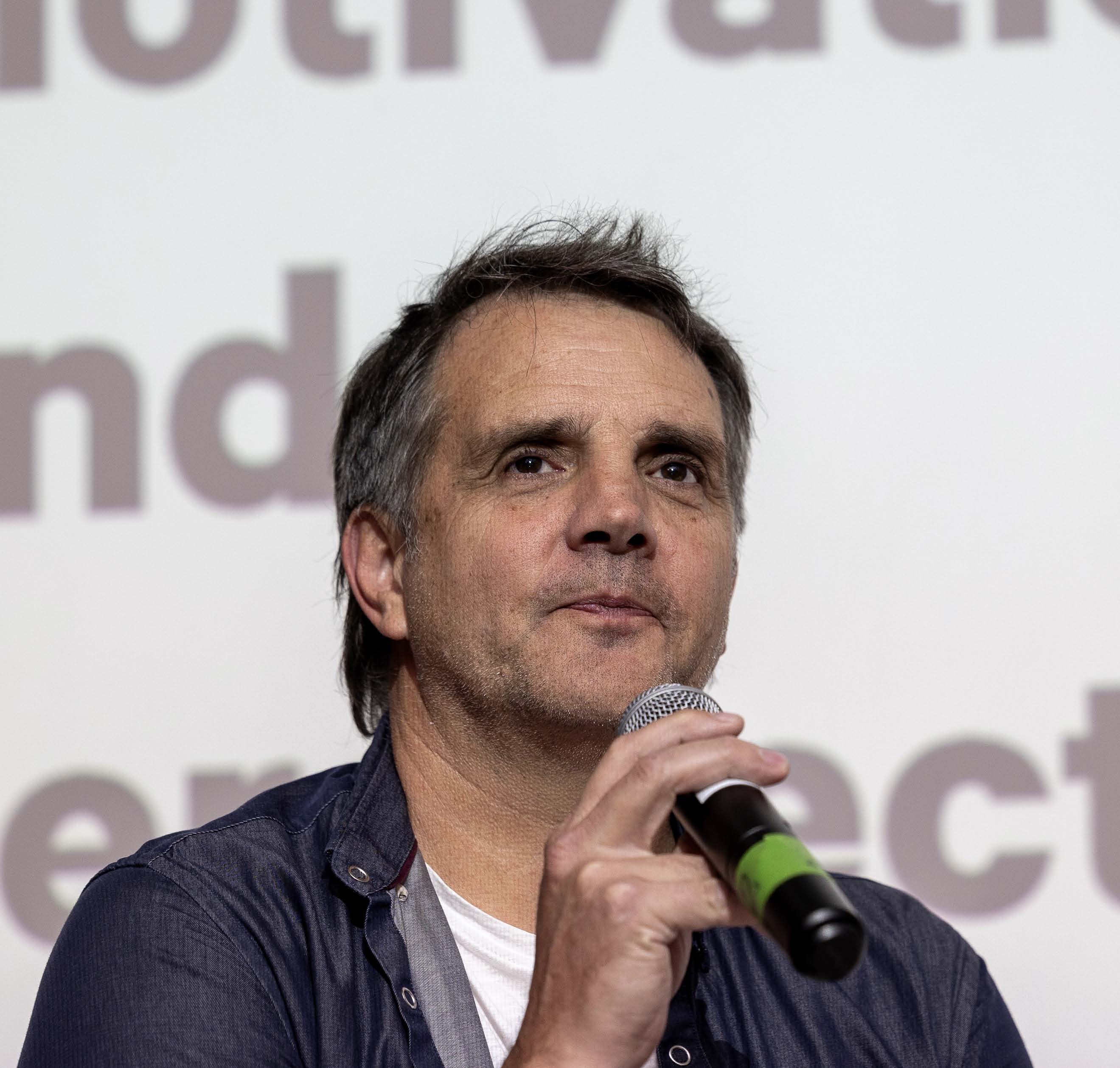
John Stokes
Real VenturesJohn Stokes is the co-founder and Managing Partner of Real Ventures, an early-stage venture capital firm that has played a catalytic role in the development of Canada’s startup ecosystem. Since settling in Montréal in 2007, his firm has led investments in more than 250 companies such as Transit, Dcbel, Unsplash, Mejuri, Benchsci, Tenstorrent and Zeffy.
In 2011, he helped launch FounderFuel, one of Canada’s leading startup accelerators, and in 2018 was named one of the “100 most influential people in Quebec” by L’actualité. The Montreal Gazette also recognized him as one of the “24 Quebecers we love” for his contributions to the city’s entrepreneurial renaissance. In 2025, he received the Barry Gekiere Lifetime Legacy Award from the CVCA for his enduring contributions to Canada’s venture ecosystem.
John is also the co-founder of the OSMO Foundation, a non-profit that revitalized Notman House and St Margaret’s Hospital into vibrant startup campuses. In 2023, he was honoured as the Community Champion of the Decade for the Montréal startup ecosystem.
John’s current initiatives center on cultivating the deliberate development of entrepreneurs as a foundation for wise innovation—ventures that scale while strengthening social bonds and regenerating planetary systems. He also serves on the steering committee of DevelopmentalSpaces.org, supporting the creation of environments that deepen founders’ capacity for systemic impact.
Prior to Real Ventures, John was a technology and media entrepreneur, founding and growing companies across Africa, New Zealand, and Asia. He earned his ICD.D designation in 2019 and holds a BSc. (Hons) in Sports Science from Manchester Metropolitan University.
John holds citizenship in the UK, New Zealand, and Canada, and lives in Montréal with his wife and young daughter.
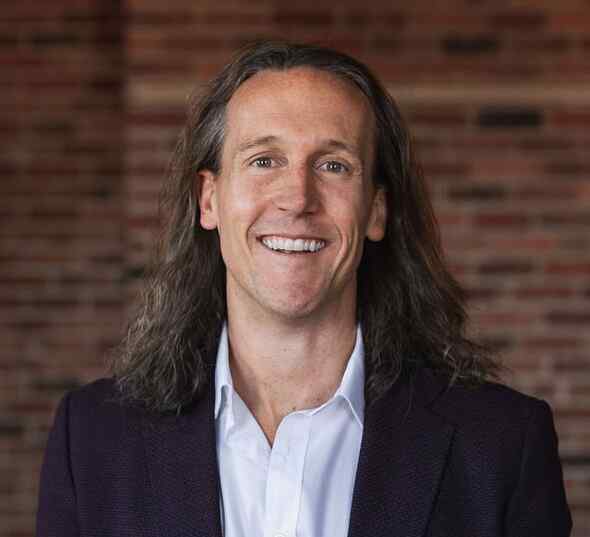
Cordell Jacks
Regenerative Capital GroupCordell is a serial social entrepreneur with expertise in the fields of finance, design, international markets development, and cleantech industries. He is an innovation strategist using market-based approaches for wide scale social impact and systems change efforts. He has launched and raised +$100M for projects that have been globally recognized and supported by institutions including The World Bank, The Bill & Melinda Gates Foundation, and has received multiple international awards for his leadership and social impact initiatives.
Host:

Cassie Robinson
Wealth Shift StudioCassie Robinson is Co-founder of the Wealth Shift Studio and on the core team of Arising Quo. Having spent 7 years working inside philanthropic institutions (including playing a pivotal role in helping to design and set up the Emerging Futures Unit at Joseph Rowntree Foundation, co-creating a field-building practice at Partners for a New Economy, and heading up Innovation, Policy and Practice at The National Lottery Community Fund) she is now focussed on the deeper codes of the Great Wealth Transfer. She brings her background in psychology, and her practices in design and systems innovation, futures and foresight, to work with individual Wealth Holders, Family Offices and the wider wealth management ecosystem. When she’s not working around the flows of financial wealth she’s trying to build social and ecological wealth by developing a new programme for climate preparedness and earth-centred consciousness in cities and communities. https://www.cassierobinson.work/




This panel will explore how public sector organizations, local governments, and community actors can work together to advance climate and energy solutions rooted in equity, place-based knowledge, and collaboration. It will highlight the need for trust-building, shared leadership, and financing models that support inclusive, community-led action.
Featuring:
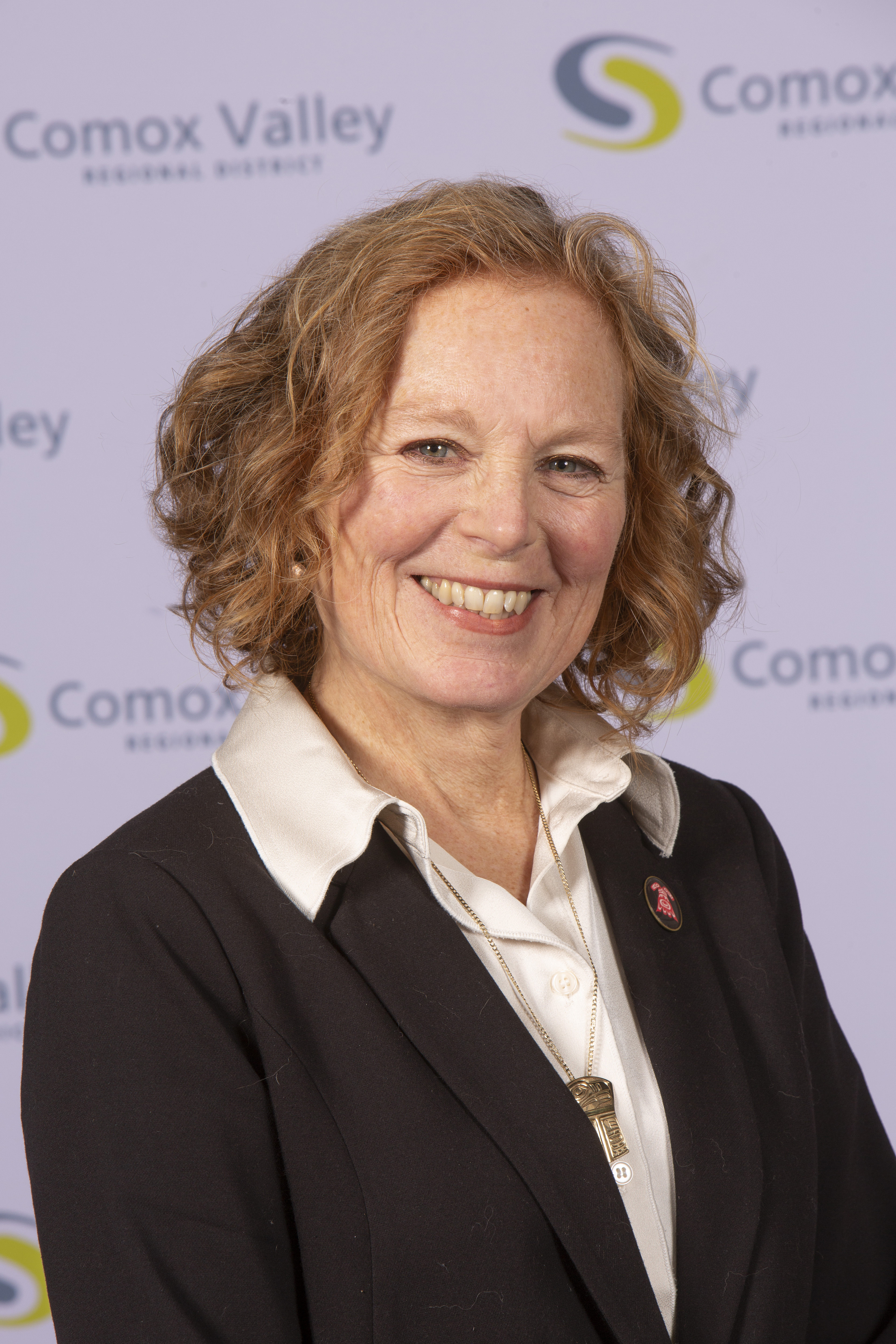
Vickey Brown
Village of CumberlandVickey Brown is grateful to serve as Mayor of the legendary Village of Cumberland and the larger community as a Director on the Comox Valley Regional District Board on the unceded territory of the K’omoks Nation
She is a passionate community builder and is always looking for ways to increase impact with collaborative partnerships and innovative practices.
Her background includes many years in the non profit sector which positioned her well for her role in local government in a small community. She has a BA in Environmental Studies and Political Science at UVic, SFU’s Community Economic Development Certificate Program and a Public Leadership Credential with the Harvard Kennedy School. Governance roles include non profit and social enterprise models and cooperatives, serving 6 years on her Credit Union Board and currently a director on the board of Island Coastal Economic Trust.
Vickey’s focus on community resilience is what brought her voice to local government in 2014 and continues to drive her work in fostering thriving, connected communities.
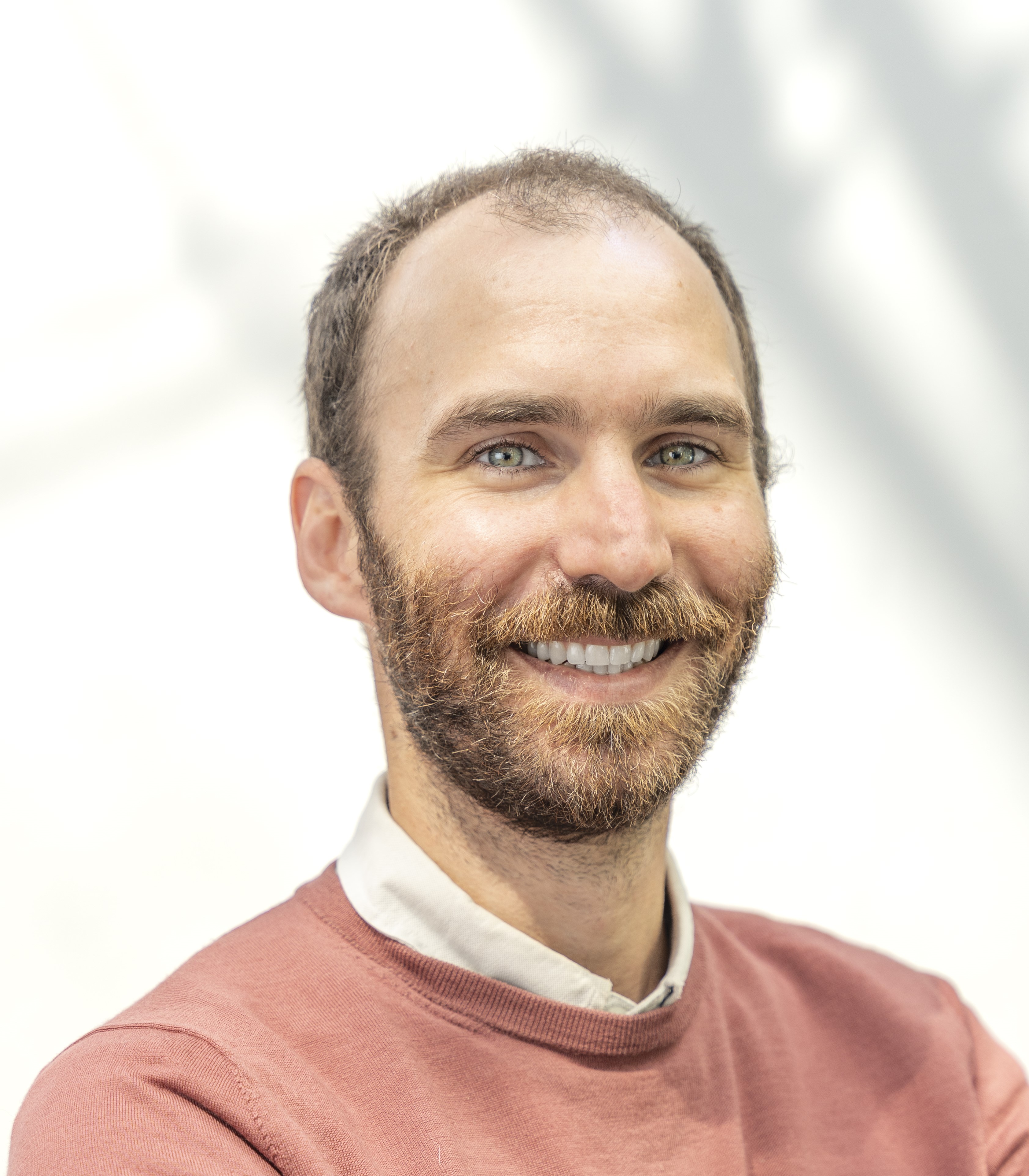
David Gill
Ministry of Energy and Climate Solutions, BC GovernmentDavid lives on the land of Lək̓ʷəŋən speaking peoples, also known as the Songhees and Esquimalt (Xwsepsum). As the Manager for the Public Sector Climate Leadership team at BC’s Climate Action Secretariat (CAS), David leads a team of analysts who develop policies and programs to support cross-government climate commitments. His current focus areas include reducing emissions and increasing resilience in public sector buildings, leading the provincial government’s procurement of carbon offset units, and supporting fleet electrification. Prior to working on government climate policy, David managed sustainability-focused research collaborations at the University of British Columbia that used campus as a living lab.
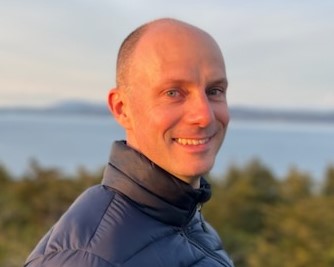
Kenneth Porter
Ministry of Energy and Climate Solutions, BC GovernmentAs the Manager for the Communities team at the Climate Action Secretariat (CAS), Ken leads efforts to enhance the contributions of local and regional governments to the Province’s climate action objectives. He works in collaboration with a wide network of partners to support the development and implementation of climate action strategies across British Columbia. Ken has a M.Sc. in Geography from the University of Western Ontario, where his research focused on the impacts of urban environments on atmospheric dynamics. Outside of work, Ken enjoys playing ice hockey and exploring the great outdoors of southern Vancouver Island.

Basma Majerbi
Impact Investing Hub, Gustavson School of Business, University of VictoriaDr. Majerbi is an associate professor of finance at Gustavson School of Business, University of Victoria. Her research interests include international finance, ESG and impact investing, and climate-related financial risks and opportunities. Her teaching integrates sustainable finance topics into core finance courses in various programs including the MBA in Sustainable Innovation. She is a recipient of multiple awards including Research Excellence, Best MBA Professor, Innovation Award, Service Excellence, IAB Community Engagement Award and the BC Cleantech Educator Award.
Basma is founder and director of the Impact Investing, a research and education center whose mission is to accelerate investments in climate solutions and help companies and investors align with the sustainable development goals (SDGs), through education and capacity building, collaborative research, and stakeholder engagement. She is co-founder and co-chair of the International Workshop on Financial System Architecture and Stability (IWFSAS), an annual conference focused on sustainable finance and climate-related finance research topics.
Basma is also a technical advisor with the International Monetary Fund’s Institute for Capacity Development where she contributes to training of government officials in developing countries on topics related to financial development, financial inclusion, and other financial sector issues. She is a member of the ESG Advisory Council to the BC Minister of Jobs, Economic Development and Innovation which leads the BC ESG Centre of Excellence, a founding member of the Canadian Sustainable Finance Network (CSFN) and serves on its Steering Committee, and a member of the Research Advisory Council of the Institute for Sustainable Finance. Basma also serves on the boards of multiple organizations, including the board of directors of the South Island Prosperity Partnership, the Advisory Board of the Center for Ocean Applied Sustainable Technologies (COAST), the Impact Investment Committee of the Victoria Foundation and the Research Advisory Group of New Power Labs.
Basma holds a PhD in Finance from McGill University and a MSc in International Finance from HEC Montreal.
Moderator:

Laurel Sabur
Impact Investing Hub, Accelerating Community Energy Transformation, University of VictoriaLaurel Sabur is a connector of people, ideas, and impact capital. With a background spanning social finance, impact investing, and community development, she thrives on building partnerships and solutions that drive change. Laurel has worked with impact investors(foundations and corporations), governments, and social enterprises to support their investment strategies that centers equity and community impact. She now brings that same spirit to her current work. A lifelong learner and nature lover, she’s happiest by the ocean, discovering hidden trails on the island or you can find her dancing to a good beat.



Recent years have seen a sea change in the mainstreaming of planetary health and sustainable healthcare in Canada: in October 2024 our medical school deans unanimously passed a Roadmap for implementation. A keystone step is for each Faculty of Medicine to develop a Five Year Healthy Community Planetary Health and Sustainable Healthcare Plan. Our mission in this workshop: briefing you and then harnessing your wisdom to inform the process schools use to develop these plans!
Opportunities in this include:
- A more local approach to climate-resilient, sustainable low-carbon procurement of medical supplies, pharmaceuticals and food
- Improved integration of Indigenous ways of being and knowing with regards to health and wellbeing
- Integration of climate-resilience and decarbonization plans with those of the broader community
- Institution-specific advocacy goals for needed community, provincial and national support structures
Doctors do our best work in consultation with other disciplines. Decisionmakers, Indigenous knowledge holders, decarbonization nerds, farmers — we’re looking to hear from all of you and more. Come participate in an interactive workshop and multidisciplinary conversation in service of a healthy response to climate change in Canada!
Featuring:

Dr. Courtney Howard
Global Climate and Health AllianceDr. Courtney Howard is an Emergency Physician in Yellowknives Dene Territory in the Canadian subarctic, a Clinical Associate Professor at the University of Calgary, and the founder of POWER—PlanetaryHealth Organizations for Wellbeing, Equity and Regeneration.
The President of the Northwest Territories Medical Association and the Chair of the Global Climate and Health Alliance, Dr. Howard works from the bedside to global boardrooms to center the health of people and the planet in practice and policy.
She has researched menstrual cups and the health impacts of wildfires and was the first woman president of the Canadian Association of Physicians for the Environment.
She has led policy and advocacy work regarding adapting health systems to climate-amplified wildfires, social tipping points and the health sector, eco-anxiety, vaccine equity, active transport, plant-rich diets, fossil fuel divestment, carbon pricing, coal power phase-out, hydraulic fracturing, and with regards to Canada’s Oil Sands.
The 2018 International Policy Director for the Lancet Countdown on Health and Climate Change and longtime policy brief author for Canada, she is on the Editorial Advisory Boards of The Lancet Planetary Health and the Journal of Climate Change and Health.
She recently completed a Master of Public Policy degree at the Blavatnik School at Oxford University, where she focused on using a planetary health lens to explore transitions to an economy centered around wellbeing, and is currently writing a book on that topic.
In 2024, she led the Roadmap for Planetary Health and Sustainable Healthcare that was passed unanimously by Canada’s medical school deans.
She has two young daughters and loves to dance.
TEDX: Healthy Planet, Healthy People
Drcourtneyhoward.ca
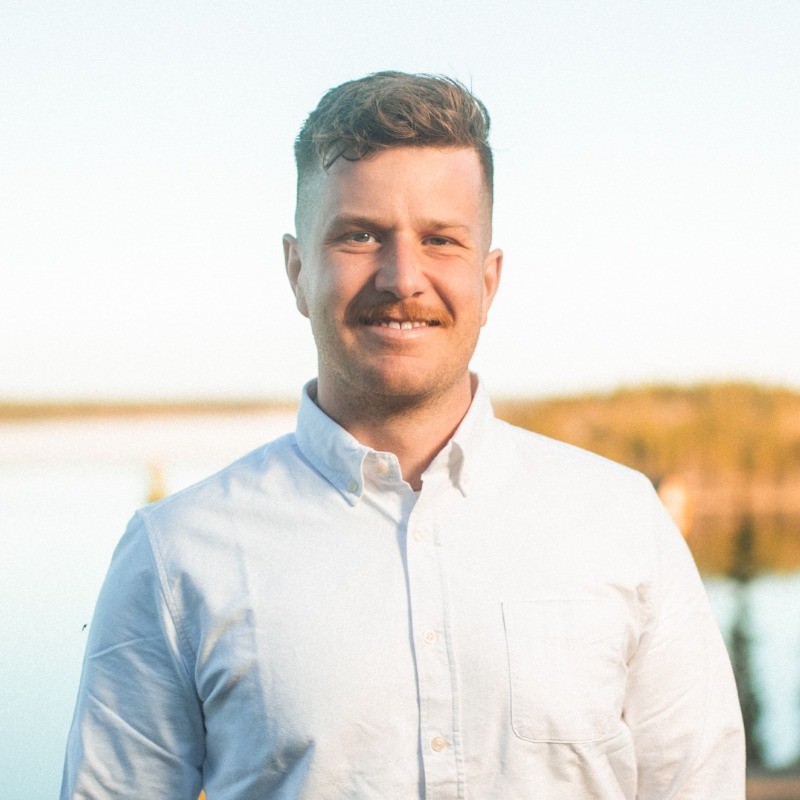
Will Gagnon
Northwest Territories Medical AssociationIn August 2023, I had to evacuate from Yellowknife due to an upstoppable wildfire that jumped firebreaks. I was a climate refugee for three weeks. It was already very clear in my head that climate change was the most important thing I could spend time on, but it also became clear in my body. Healthcare professionals are the most trusted voices out there, and our healthcare systems represent 5% of global emissions, and 10% of global world product. The most effective thing one could do to fight climate change is to decarbonize healthcare— decarbonizing the healthcare sector has ripple effects on other sectors.
I keep deep roots in beautiful Yellowknife, Northwest Territories in the Canadian sub-arctic, but I currently live in Singapore where I am helping to decarbonize the healthcare system at the Centre for Sustainable Medicine, at the Yong Loo Lin School of Medicine, at the National University of Singapore.
Additional speakers pending.









Catalyst Now is a dynamic global movement of 6000 social innovators and entrepreneurs in over 150 countries committed to transforming systems and driving sustainable change to advance the UN Sustainable Development Goals. Canadian members have taken advantage of the opportunities provided to initiate the R.E.S.E.T Communities Network (Resilient Ecosystems for Sustainable Engagement and Transformation). RESET promotes whole community or ecosystem approaches that use the UN Sustainable Development Goals (SDGs) as a broader compass for addressing complex local issues and opportunities.
Grounded in regenerative thinking, this cross-sectoral, community-driven approach strengthens social, economic, and environmental well-being by leveraging a community’s collective wisdom, leadership, and assets.
Central to the work are local “System Catalysts”—neutral conveners who bridge sectors and bring together social purpose organizations, businesses, governments, and residents. Through coaching and support, local leaders help communities harness their collective wisdom, assets, and leadership for lasting impact.
Featuring:

Brenda Herchmer
Campus for Communities of the Future, Canada Chapter Catalyst NowBrenda Herchmer is a community builder, educator, blogger, and social entrepreneur recognized for her extensive work in grassroots initiatives and community leadership across Canada. Known for her practical approach to building strong, resilient communities, she is the Founder and Principal Collaborator of the Campus for Communities of the Future, a social enterprise dedicated to strengthening community capacity for innovation and systems change.
Herchmer also serves as Co-Chair of the Canada Chapter of Catalyst Now, a global movement of social innovators transforming systems and driving sustainable change to advance the UN Sustainable Development Goals.
She is a former professor and founder of the Niagara College Centre for Community Leadership, and has previously worked as the Director of ACE Communities (Active, Creative, and Engaged Communities) in Alberta, for the City of Niagara Falls, and for numerous social purpose organizations and corporations.
Brenda is the author of three books and has been honoured as a YWCA Woman of Distinction and a Brock University Distinguished Graduate. Ironically, having never been a member, she was also awarded a Toastmasters Communication and Leadership Award.
She and her family live in Welland, Ontario where they own a café and an online kite store. Driven by a desire to learn more about conveying complex information in an entertaining manner, she has also recently expanded her learning journey as a standup comic.
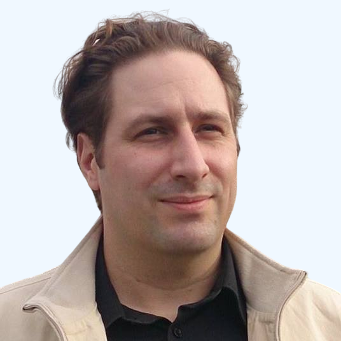
Marc-André Belisle
SynertiumMarc-André is the Executive Director, founder and consultant at Synertium, a Québec-based sustainability transformation consulting firm that helps organizations foster business models that create regenerative and redistributive impacts. He is a strong advocate for collaboration and co-creation in stewarding social innovations, serving as the Chairman of the newly founded Catalyst Now Quebec Chapter.
Synertium’s research, methodology, web tools, and consulting activities focus on encouraging the emergence and recognition of triple bottom line positivity impacts or organizations’ commercial activities by referring to circular economy strategies that act as pivots for a societal transformation movement toward more sustainable environmental, social, and economic territorial relationships.
With over 20 years of combined experience in business services, finance, project management, and coaching, Marc-André firmly believes that businesses have a unique opportunity and responsibility to be catalysts in leading the change in the relationship between abundance and growth mindsets.
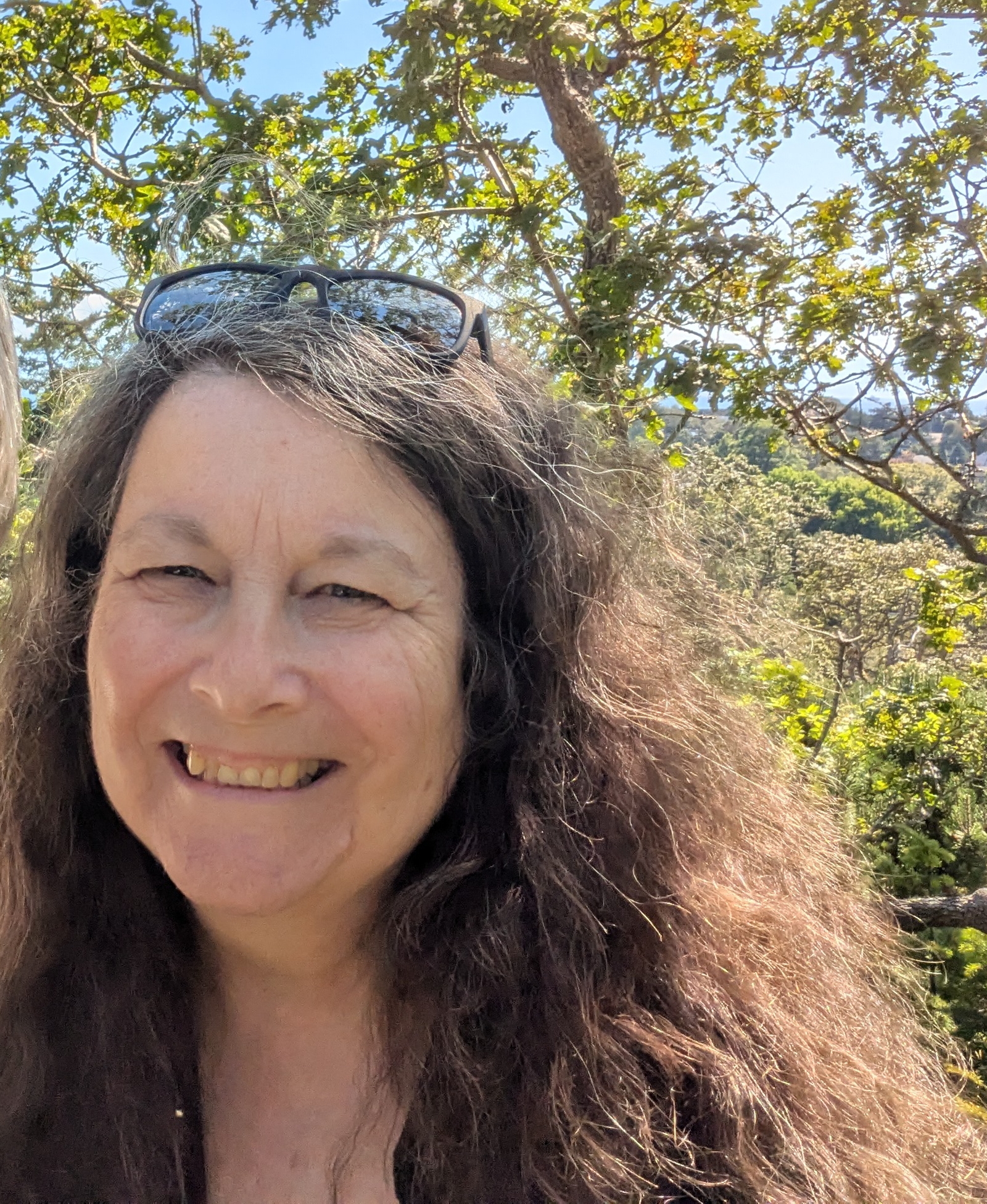
Anne Gloger
Catalysts’ CircleAnne Gloger has spent her career delving deeply into the whys and hows of effective community development. Anne believes that only by embracing authentic investment in communities, relationships and equitable processes will we see the kinds of transformational change and movement on the SDGs that our world so desperately needs.
As Executive Director of Catalysts’ Circle, Anne supports researchers, consultants, governments, organizations and institutions to use a Connected Community Approach to advance whole-of-society, community-centred wellbeing, resilience and equity strategies. She does this by leveraging more than three decades working with and in communities, and especially from her role as founding Director of the East Scarborough Storefront and Centre for Connected Communities.
Anne’s educational background is in Early Childhood Education (Centennial College), Social Development (University of Waterloo) and Business (Wilfrid Laurier University). Over her career, Anne has received numerous awards for her work, including the Jane Jacobs prize, the Courage to Lead Award, the William P Hubbard Award for Race Relations, and Leading Women Building Communities. Anne lives with her partner in beautiful British Columbia; when she is not working, you will find her out on her bike, exploring the great outdoors, cooking or curled up with a good book.
Moderator:

James Stauch
ATCOJames Stauch is a social innovation and systems change educator and consultant based in Bridgewater, Nova Scotia, Canada, he serves as Co-chair of the Banff Systems Summit and as Complex Systems Strategist with ATCO’s SpaceLab. James is a Visiting Fellow at the Skoll Centre at the Saïd Business School, University of Oxford, and was the founding Executive Director of the Institute for Community Prosperity at Mount Royal University, where he developed social innovation, leadership, and systems-focused learning programs for undergraduate students and the broader community. James has also been a foundation executive and philanthropy consultant, which included designing and managing Arctic and Northern programming with the Gordon Foundation. His most recent publication is The 55 Minutes: An Atlas to Navigate Problems, Reveal Systems, and Ask Beautiful Questions in a Radically Shifting World (2025).


4:30 p.m.
Break
4:45 p.m.
Parallel Sessions (David Strong Building)
Indigenous knowledge systems offer time-tested models for sustainability, with a deep interconnection between human well-being and ecological health. This session will explore how planetary health, an approach that recognizes the interdependence of environmental and human systems, can be strengthened through Indigenous leadership and knowledge. Panelists will discuss how Indigenous-led environmental stewardship, holistic health approaches, and policy innovations can accelerate progress toward key SDGs.
Featuring:
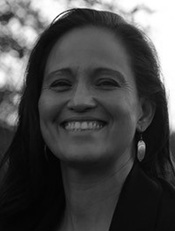
Dr. Ojistoh Kahnawahere Horn
Akwesasne Medical ClinicDr. Ojistoh Kahnawahere Horn is a Mohawk/Haudenosaunee woman. Her mother is from Kahnawake and her father is from Akwesasne. She is Bear Clan, has many children, and is traditionally minded. Dr. Kahnawahere Horn works as a family physician in the Kahnawake and Akwesasne communities taking care of her people through all stages of the lifecycle, including prenatal, obstetric care, geriatric, and palliative care. Previously focusing on acute care in hospital wards and emergency rooms, she now focuses her time in outpatient clinics, homes, and long-term care facilities in her community. She teaches students and residents from the medical schools at the McGill University, the University of Ottawa, and Queen’s University about the complexities of providing primary care to Indigenous peoples and their communities. Drawing on both Western and traditional paradigms and working with like-minded Indigenous and non-Indigenous physicians across the country, Dr. Kahnawahere Horn has a clear eye on the effects of the environment and pollution on health. She promotes the inclusion and support of traditional knowledge and “ways of being” into a framework for providing holistic and primary care for her community.
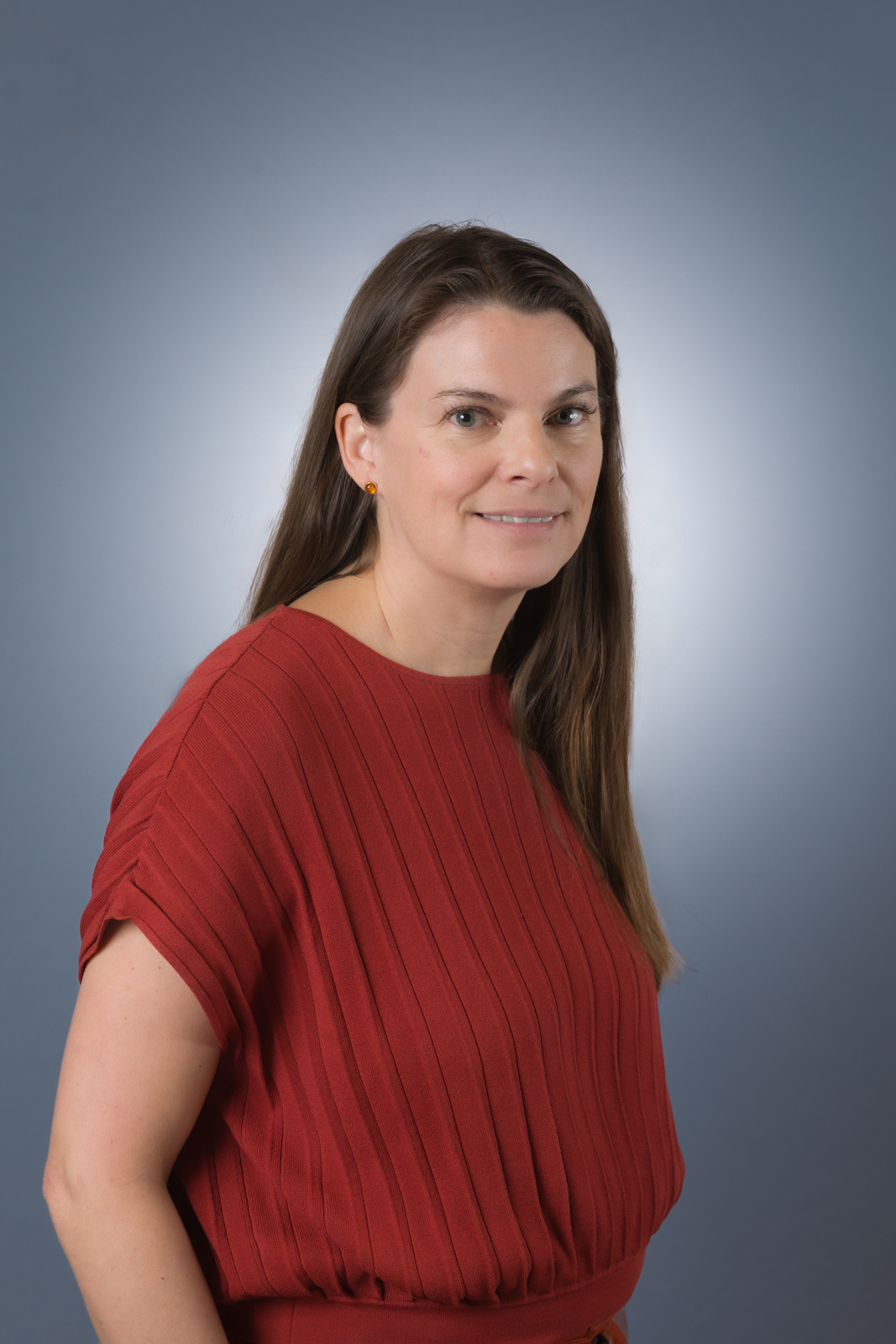
Dr. Shannon Waters
Planetary and Water HealthIn 2024, British Columbia’s Office of the Provincial Health Officer (OPHO) hired Dr. Shannon Waters as the province’s first Deputy Provincial Health Officer of planetary and water health, focusing on land and water issues.
Moving over to the OPHO from Island Health, Dr. Waters brings a wealth of experience with both Western and Indigenous knowledge to this new position.
Throughout her career, Shannon has demonstrated significant leadership in health impacts related to climate and drought preparation. Shannon’s expertise as a First Nations physician and passion for work in this space will help the OPHO to continue to lean into the important work of looking at the impacts of climate change on public health and how we can make a difference in helping people in B.C. to best protect themselves.
Shannon is a member of the Stz’uminus First Nation with many family ties to Cowichan Tribes/Quw’utsun (living in what is known in colonial terms as Duncan, B.C.), will develop and manage major strategies, initiatives and projects dealing with a wide variety of public health issues and provide support to the OPHO, with a focus on climate and planetary health. This includes providing public health medical advice for the provincial drinking water program, climate emergencies, water sustainability, ecosystem health, and other public health issues as assigned by the PHO.
Before working as an MHO, Shannon served as medical director for excellence in maternal care for Indigenous women and families at Island Health in the North Island region. Prior to her time at Island Health, she worked as the Indigenous health physician advisor to the PHO, and held various positions with Health Canada and the First Nations Health Authority. Shannon is a steadfast advocate for the integration of Indigenous knowledge, truth and reconciliation, and building a shared path into public health work; the health and safety of all residents, and a present and compassionate leader in her community.
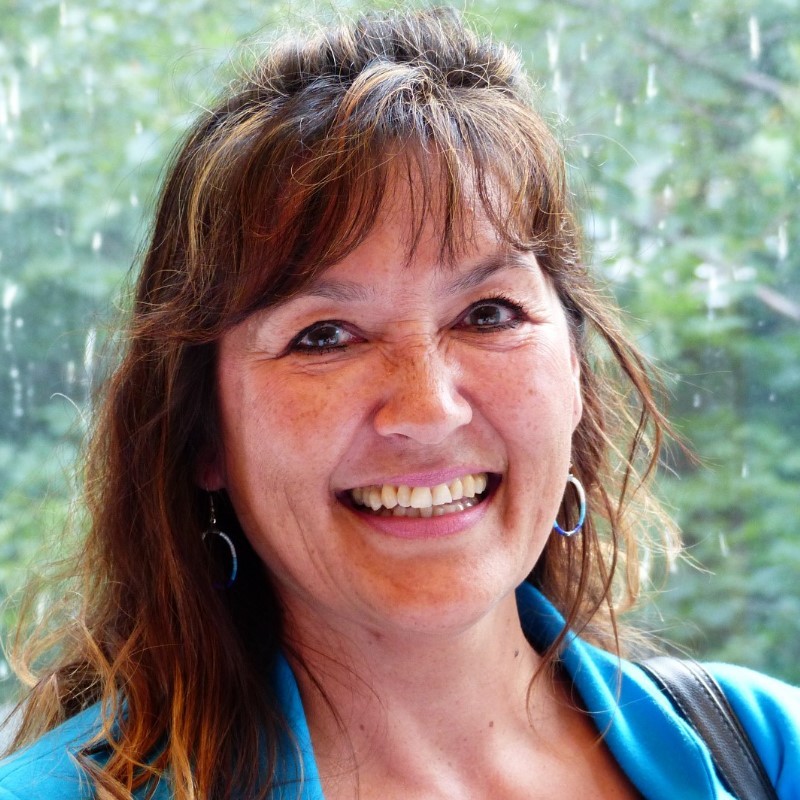
Dr. Veronica McKinney
Northern Medical ServicesDr. Veronica McKinney, BSc, MD, CCFP, LMCC is the Director of Northern Medical Services at the University of Saskatchewan College of Medicine. She leads initiatives to improve healthcare access and outcomes in northern and Indigenous communities across Saskatchewan, collaborating with regional health authorities, tribal councils, and tribal organizations. An Assistant Professor and Chair of the Indigenous Health Committee, she combines clinical practice at Saskatoon’s West Side Community Clinic with advocacy, teaching, and culturally safe health care leadership.
Moderator:
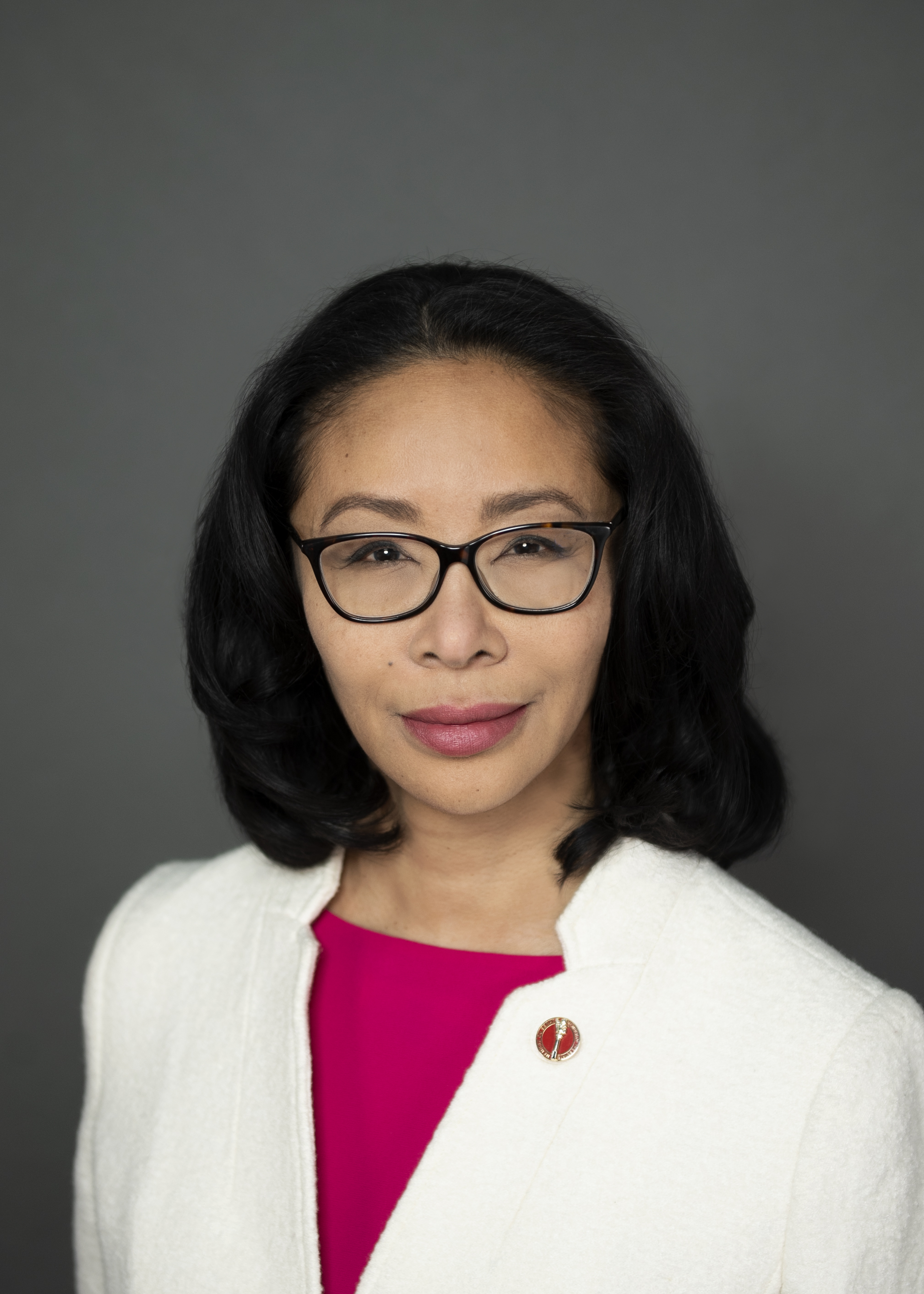
Senator Flordeliz (Gigi) Osler
Senate of CanadaSenator Osler was appointed to the Senate of Canada on September 26, 2022.
Flordeliz (Gigi) Osler is an internationally renowned surgeon and a dedicated advocate for health and health care. Born and raised in Winnipeg to immigrant parents from the Philippines and India, she completed her medical school and residency training in Otolaryngology-Head and Neck Surgery at the University of Manitoba. Dr. Osler holds a Graduate Certificate in Global Surgical Care from the University of British Columbia.
Senator Osler served as an Assistant Professor in the Department of Otolaryngology-Head and Neck Surgery at the University of Manitoba and was the Head of the Section of Otolaryngology-Head and Neck at St. Boniface Hospital in Winnipeg.
In 2018, she became the first female surgeon and the first racialized woman elected as President of the Canadian Medical Association (CMA). While there she led the development of the CMA’s first ever policy on equity and diversity. Senator Osler has held leadership roles with the Canadian Society of Otolaryngology-Head and Neck Surgery, the Federation of Medical Women of Canada, the Canadian Medical Forum, and the Virtual Care Task Force.
Senator Osler is the recipient of numerous honours and awards, including the University of Manitoba Distinguished Alumni Award and the Association of Faculties of Medicine of Canada May Cohen Equity, Diversity and Gender Award. She has been named as a Pinays Manitoba 2023 Trailblazer, Women’s Executive Network (WXN) 2019 Canada’s Most Powerful Women: Top 100 Award Winner, and to the Medical Post’s 2021 Power List. Senator Osler was also inducted into the Government of Canada’s Women of Impact in Canada online gallery in 2022.




Looking to the future, surmounting the deep roots of democracy’s global woes will require a sustained effort to prove that democracy can and will deliver. And democracy has undoubtedly been in retreat for over a decade now, typified most recently with a renewed invasion of a democratic European country by an authoritarian regime in 2022 and the election of autocratic regimes in many countries. At a global level there has also been an erosion of trust in international institutions and their capacity to address issues of international concern. This session will discuss the state of global democracy and the rules-based order, along with the troublesome international trends that are increasingly becoming evident.
Featuring:
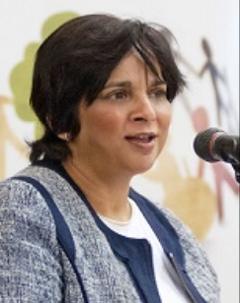
Reeta Tremblay
Political Science, University of VictoriaReeta Chowdhari Tremblay is Professor Emerita of comparative politics in the department of Political Science at the University of Victoria.
Her major areas of research are secessionist movements (Kashmir) in South Asia, the politics of subaltern resistance and accommodation in post-colonial societies, democracy and governance and comparative federalism.
During her career, she has held several administrative positions including Vice President Academic and Provost at the University of Victoria; Vice President (Academic) and Pro Vice-Chancellor (Pro Tem) at Memorial University in Newfoundland; dean of the Faculty of Arts at Memorial; and chair, Department of Political Science at Concordia University, Montreal.
Reeta Tremblay is past president of the Canadian Political Science Association (CPSA), Canadian Asian Studies (CASA), and the Canadian Council of Area Studies of Learned Societies (including Canadian Asian Studies, Latin American Studies, African Studies and the Middle Eastern Studies). She has also served or is serving on editorial boards of several disciplinary journals including PS Political Science (APSA), Pacific Affairs, Canadian Journal of Law and Society, Politics and Governance.
Reeta Tremblay holds an MA and PhD in political science from the University of Chicago. She also has an MPhil degree from the Jawaharlal Nehru University, India and an MA and BA from the University of Kashmir.
She has authored or co-authored several books, articles, and reviews. Her work is widely reviewed and cited—in particular, her writings on Kashmir and India-Pakistan relations, a subject on which she is widely considered the leading North American expert. She has been recognized for her exceptional teaching at both the graduate and undergraduate levels and has received the Concordia University Alumni Association Award for Excellence in Teaching in 2002.
Reeta Tremblay’s selected recent publications include: “The Political Economy of Natural Resource Funds” (2021 with Eyene Okpanachi); “Religion and Politics in Jammu and Kashmir” (2020) “India: Federalism, Nationalism, and the Marginalized – Covid India” (2020); Kashmir Elections: A Precursor to ‘No More Two Flags, Two Constitutions” (2019); “Modi’s Foreign Policy” (2017 with Ashok Kapur); “Contested Governance, Competing Nationalisms, and Disenchanted Publics: Kashmir beyond Intractability?” (2017) “Kashmir’s Contentious Politics: The More Things Change, the More They Stay the Same” (2015); “Beyond Parochialism and Domestic Preoccupation: The Current State of Comparative Politics in Canada” (2013) and “Labor Migration, Citizenship, and Social Welfare in China and India” (2013 with Josephine Smart).
She also contributes commentaries on South Asia, in particular on Kashmir and on South Asian regional politics to South Asia Monitor (projects of the New Delhi-based think tank, Society for Policy Studies) and to KashmirConnected. In 2015, she was recognized as one of the top 40 prominent Indo-Canadians and was profiled in The Indian Diaspora’ A-List.
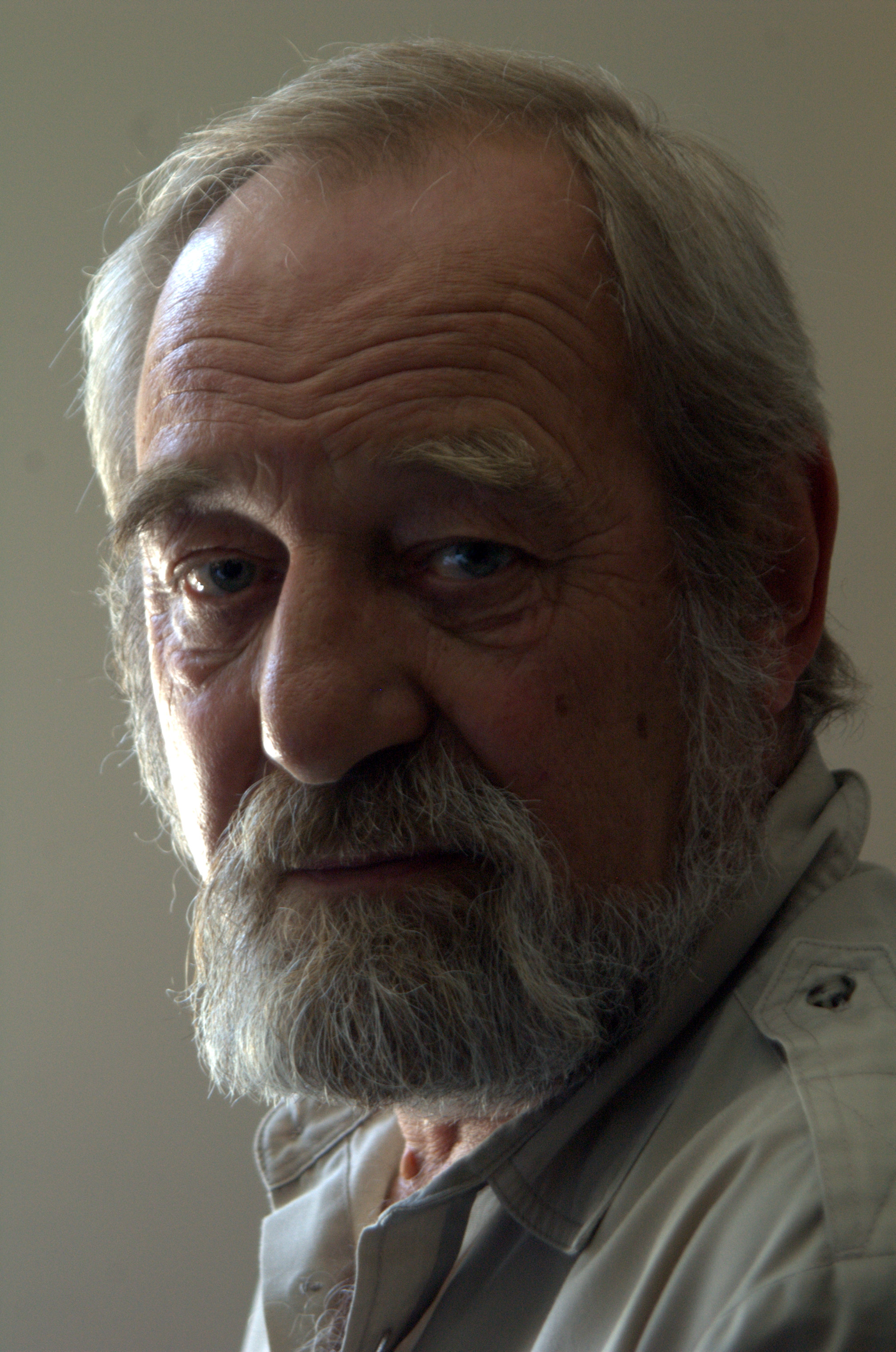
Jonathan Manthorpe
Canadian International CouncilJonathan Manthorpe has been a journalist and author for 60 year, mostly as a foreign correspondent in Europe, Africa and Asia, and as an international affairs columnist. Manthorpe worked for the Globe and Mail, the Toronto Star, and the Southam Group of Canadian metropolitan newspapers. Outside journalism, he was an advisor to Pierre Trudeau on patriation of the constitution, and was a member of the 2003-2006 Canada-Japan Forum, which reported to the prime ministers of the two countries on ways to boost bilateral relations. He has also done projects for the United Nations, the World Bank, the Asia Development Bank, and several NGOs. Manthorpe gave up column writing in 2018 and is now a full-time author. His books include “Power and the Tories: A History of the Conservative Party of Ontario,” “Forbidden Nation: A History of Taiwan,” “Claws of the Panda: Beijing’s Campaign of Influence and Intimidation in Canada,” Restoring Democracy in an Age of Populists and Pestilence,” and, most recently “On Canadian Democracy.”
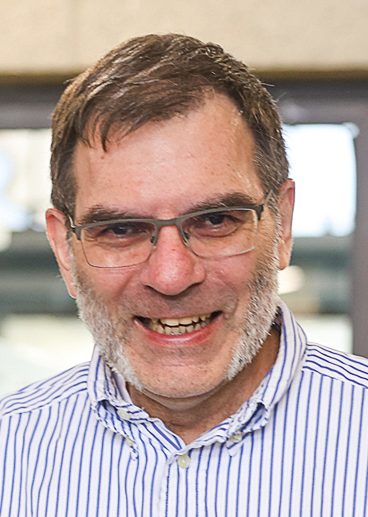
Alan Siaroff
University of LethbridgeAlan Siaroff is Professor Emeritus of Political Science at the University of Lethbridge, where he taught comparative politics. His scholarly focus is on political regimes and democratization, political institutions and comparative democracies, electoral systems, and party systems. He is the author of Comparing Political Regimes (now in its fourth edition) and Comparative European Party Systems (now in its second edition), plus many articles in European and North American journals.
Moderator:
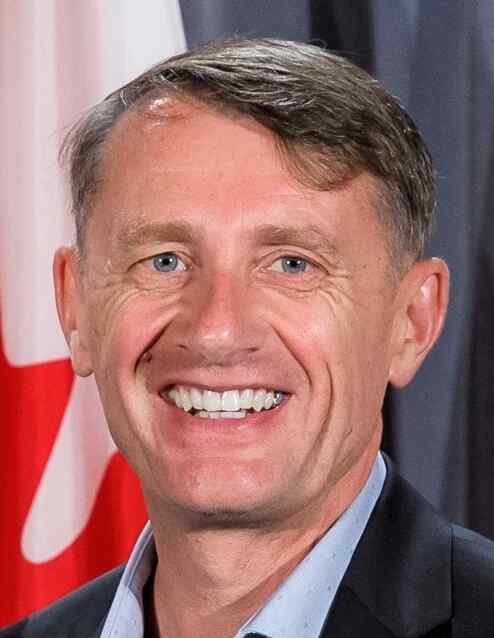
Chris Kilford
Canadian International CouncilChris is a member of the national board of the Canadian International Council, the editor (articles) of CIC’s online foreign policy magazine Open Canada, president of the CIC Victoria branch and a sessional professor with the Canadian Forces College and the Royal Military College of Canada. He also holds a PhD in history from Queen’s University with a focus on civil-military relations in the developing world. Chris also enjoyed a 36-year career in the Canadian Army. He is a graduate of Canada’s Advanced Military Studies Course and was granted an equivalency for the year-long National Security Program in 2009. He also commanded 4th Air Defence Regiment, followed by various senior positions in the Department of National Defence including Director Future Security Analysis and Military Liaison Officer to the Senate Committee on National Security and Defence. From July 2009 until July 2010, Chris deployed to Canada’s Embassy in Kabul, Afghanistan as the Deputy Military Attaché. On his return to Canada, he commenced Turkish language training after which he was sent to Canada’s Embassy in Ankara as the Canadian Defence Attaché with cross accreditation to Azerbaijan, Georgia, and Turkmenistan from July 2011 until July 2014. Chris retired from the military in September 2014.

This participatory session invites changemakers across sectors to explore how philanthropy can help de-risk bold innovation and shift the flow of capital to support systems change. Instead of asking what to fund, we’ll ask what must exist for transformation to take root—building not just projects, but the infrastructure that enables lasting impact.
Featuring:
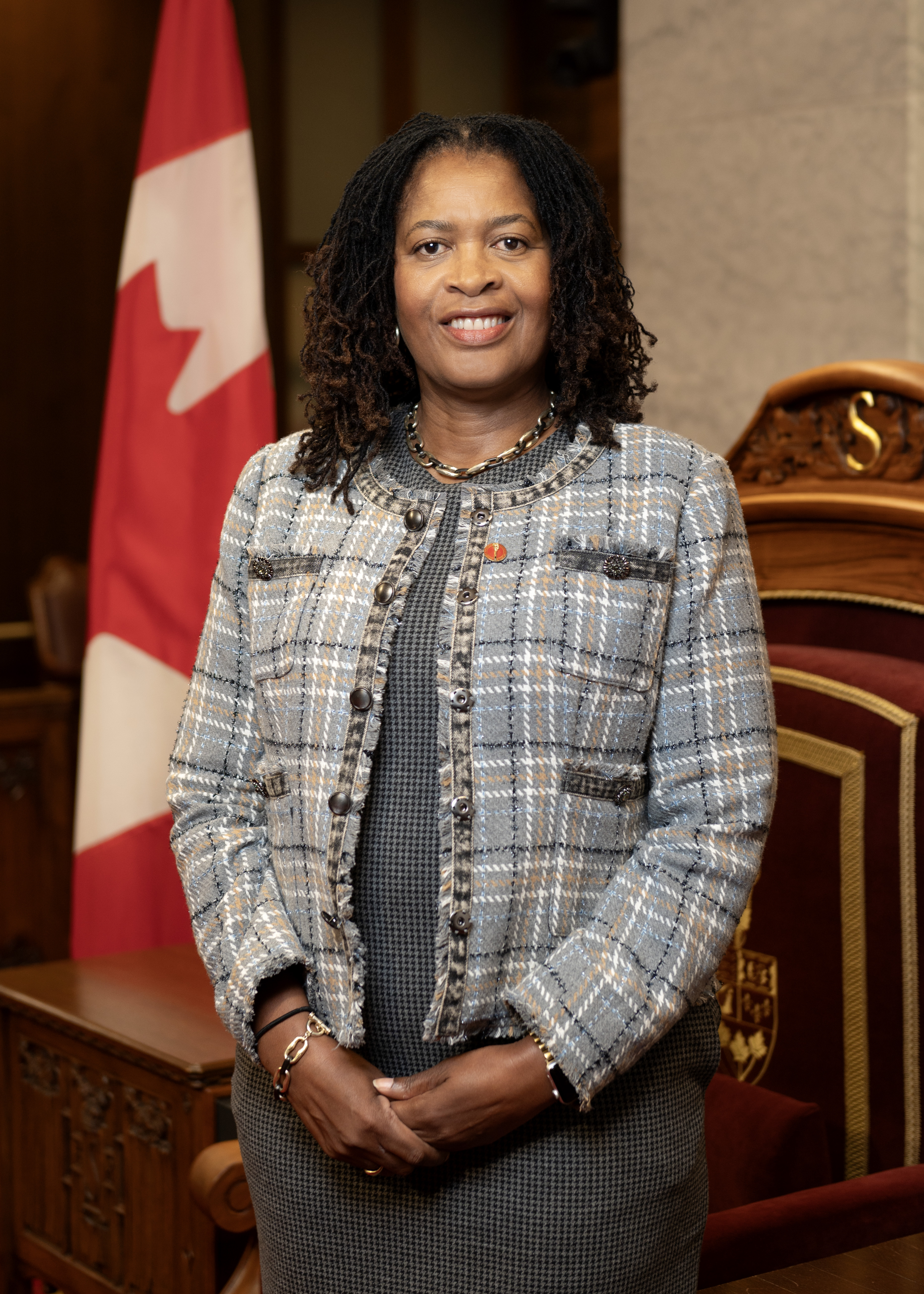
Paulette Senior
The Senate of CanadaSenator Paulette Senior has dedicated her life’s work to breaking down systemic barriers and empowering women, girls, and gender diverse folks from diverse backgrounds. She has spent over three decades as a leader in the gender equality sector, including as President and CEO of the Canadian Women’s Foundation and as CEO of YWCA Canada.
Senator Senior is a leader in a variety of areas affecting women, including advancing gender equity, eliminating gender-based violence, reducing poverty, especially for women and for women-led families, closing wage gaps, and promoting the empowerment of women, girls, and gender-diverse people across Canada. She has led, managed, and operated shelters, employment and housing programs in Toronto and has served on the boards of several equality-focused organizations. She is the Vice-Chair of the G7 Gender Equality Advisory Council for 2025 and previously served on the council for 2022 and 2024.
In recognition of her community service, Senator Senior has received several awards, including the African Canadian Achievement Award, the AfroGlobal Leadership Award, the Black Business and Professional Association’s Harry Jerome Trailblazer Award, the Top 25 Women of Influence Award and the Skills for Change Impact Changemaker Award.
Senator Senior holds a Bachelor of Arts in Psychology and Urban Studies from York University, an honorary Doctor of Laws from the University of Lethbridge and qualified for the Institute of Corporate Directors’ ICD.D designation.

Arti Freeman
Definity FoundationArti Freeman President and CEO of Definity Foundation, a national philanthropic organization that works with charitable partners across Canada to advance community led solutions that further climate, health, and socio-economic justice. Arti has over 20 years’ experience in the philanthropic and nonprofit sector. Her ability to lead and bring diverse players and sectors together to address systemic challenges speaks to her passion of driving positive social change. Her innovative approaches to high-impact philanthropy have been featured by The Philanthropist and the Grantmakers for Effective Organizations. Arti has lived and worked in several countries, including India, the Philippines, Belgium. South Africa, and ultimately made her home in Canada.
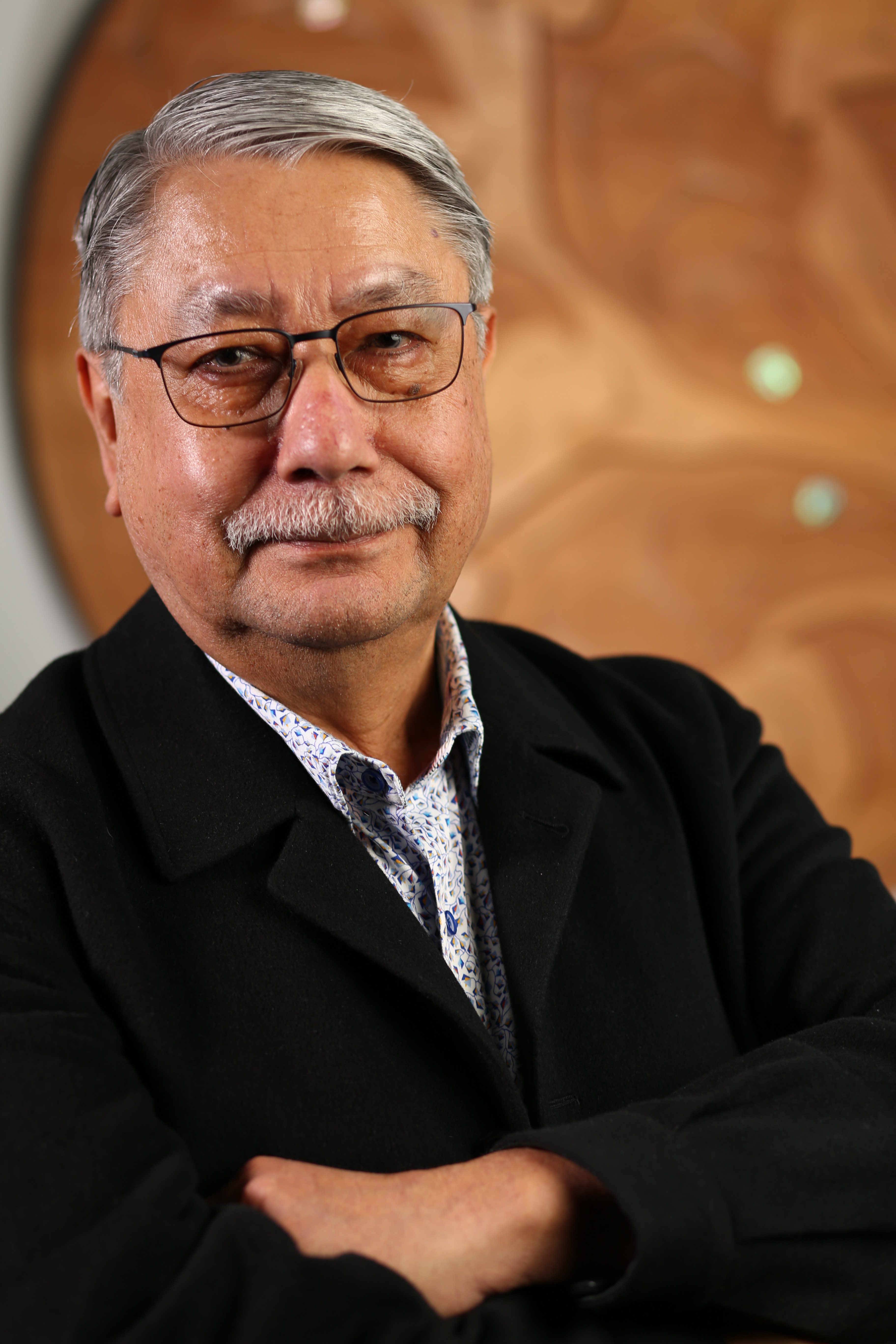
Satsan (Herb George)
Centre for First Nations GovernanceSatsan (Herb George) is one of the Hereditary Chiefs of the Frog Clan of the Wet’suwet’en Nation. With over 40 years of experience in the movement towards recognition and respect for Indigenous Peoples’ Aboriginal Title and Treaty rights, he is internationally recognized for his work in the courts, classrooms, and communities.
Satsan is a gifted speaker, known for translating complex ideas—such as case law and constitutional principles—in ways that resonate with First Nations and the broader public. His ability to articulate and interpret Section 35 of the Constitution as a framework for reconciliation has not only helped Nations assert their rights but continues to inspire hope across generations.
Early in his career, Satsan served as Speaker and legal strategist for the Wet’suwet’en Nation throughout the Delgamuukw-Gisdayway case, which, for the first time, ruled that Aboriginal Title and rights exist in the common law and are recognized and protected under Section 35 of the Constitution Act, 1982. Following the decision, Satsan went on to serve two terms as BC Regional Chief to the Assembly of First Nations and one term on the BC First Nations Summit Executive.
In 2005, Satsan founded the National Centre for First Nations Governance (now the Centre for First Nations Governance), where he has spent the last two decades as President, supporting First Nations as they reclaim and implement their governance systems, revitalize their laws, and transition out from under the Indian Act. In this role, he also founded and co-directs the Rebuilding First Nations Governance project, a national research partnership that supports First Nations governments transitioning away from Indian Act administration through strategic guidance and applied research.
Satsan holds an honorary Doctorate of Laws from the University of Victoria and was recently awarded the Ecotrust Indigenous Leadership Award for his lifetime of work advancing and transforming Indigenous self-governance globally.
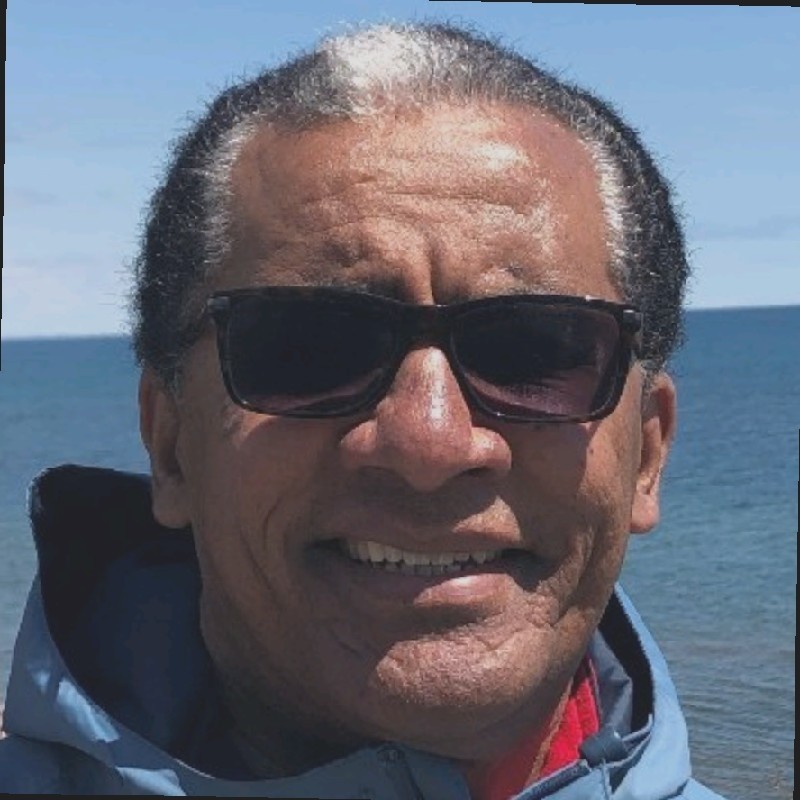
Amanuel Melles
Network for the Advancement of Black CommunitiesA social entrepreneur with more than 30 years of senior management roles in various sub-sectors of the nonprofit sector: settlement and immigration, community health, social services and community development, and funding & sector capacity.
Wide-ranging expertise & experience in various areas of nonprofit organizational resilience & sector effectiveness, community capacity building, strategic planning, community-based peacebuilding, diversity & inclusion, evaluation & measurement planning and management, governance, talent development, etc.
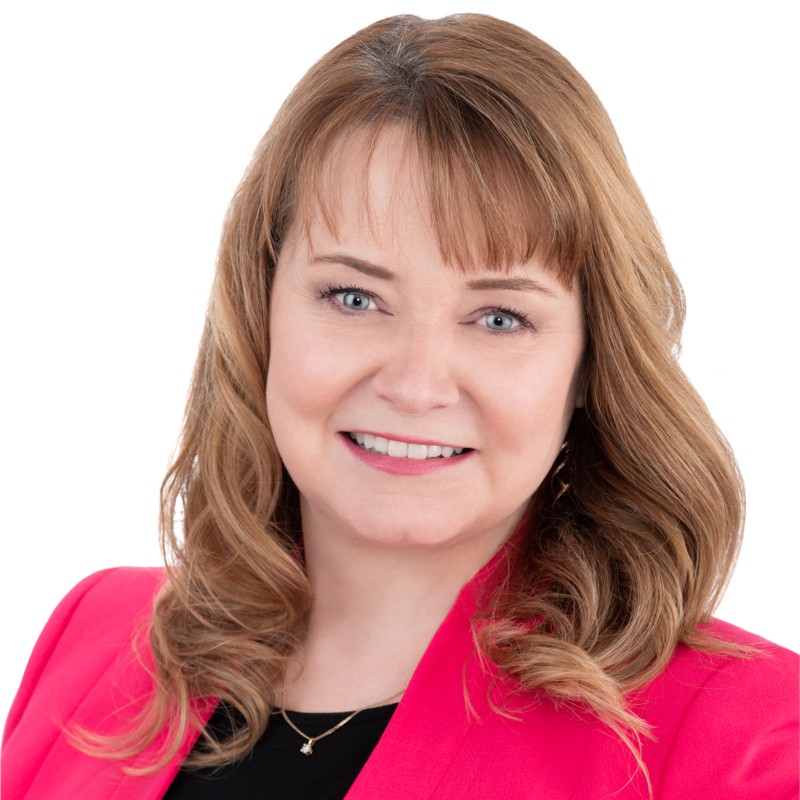
Tanya Smith
Social Purpose Ecosystem, Coast Capital SavingsA collaborator by nature, I’ve spent my 20 year career seeking ways to build stronger communities through partnership. I’m excited to be part of the team leading social purpose development and implementation at Coast Capital Federal Credit Union, a certified B Corp. My portfolio guides the organization’s national community investment strategy. This strategy is brought to life by working with external social purpose partners to collaborate on innovation in social finance and purpose solutions to support initiatives addressing income inequality. I also manage Coast’s volunteer program, connecting employees with the causes they care most about. Equity diversity and inclusion underpins my work, and I serve as the co-chair of the Indigenous Affinity Network at Coast and an active member of the Corporate Community Engagement Council. More than anything, I consider myself lucky to be surrounded by others who also seek to support the radical change needed to create a more equitable and sustainable future.
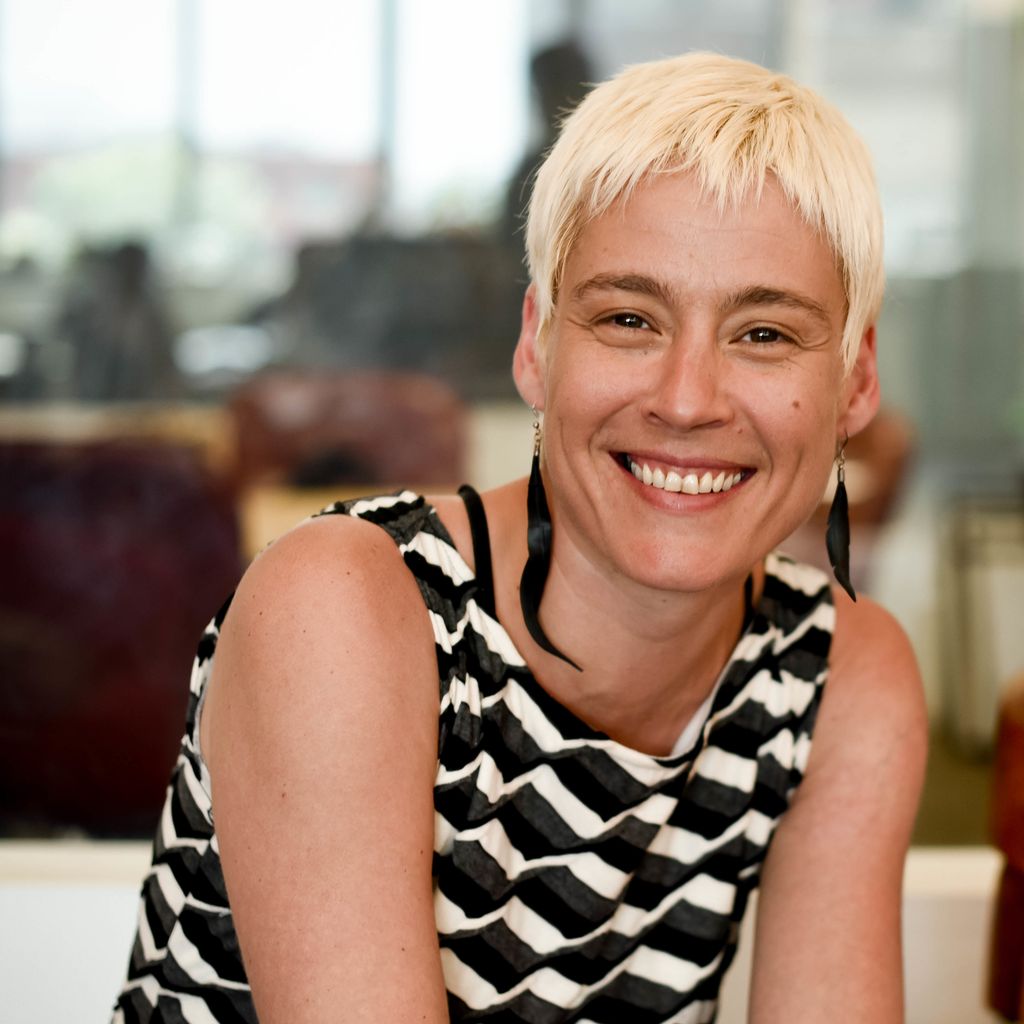
Nadia Duguay
Béati FoundationExecutive Director of the Béati Foundation since April 2022, I strive daily to contribute to the advancement of more ethical, engaged, and strategic philanthropic practices. Over the course of more than 15 years at Exeko, which I co-founded and co-directed, I worked to harness intellectual and artistic creativity in the service of intellectual and collective emancipation.
Today, I serve on several boards of directors and advisory committees, including FilAction and Dark Matter Labs. Philanthropic approaches grounded in justice, trust-based philanthropy, and horizontality inspire me daily, as I seek more relevant and coherent pathways to address the complex challenges of our time
Moderator:
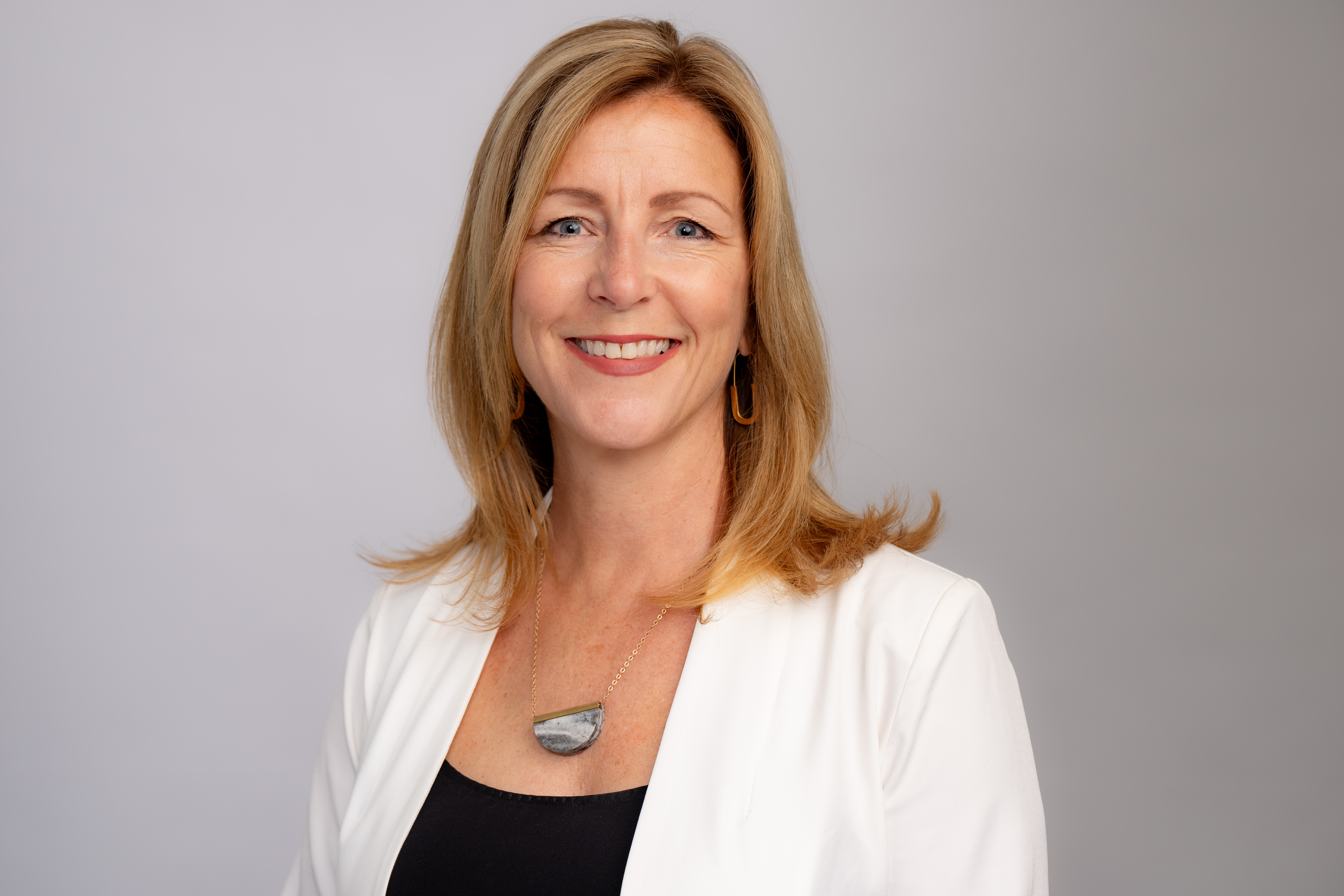
Michelle Baldwin
Equity CubedMichelle Baldwin is focused on reimagining capital and technology for community-led futures. Currently, Michelle is collaborating with social impact projects including as a Senior Associate with Equity Cubed, where they provide fractional executive leadership to social innovators and early-stage startups, helping them maximize both social and financial returns.
Previously, Michelle served as Senior Advisor, Transformation at Community Foundations of Canada, where she worked at the intersection of capital, philanthropy, and systems change – unlocking potential for futures where everyone belongs. She is now deeply exploring how emerging technologies including AI, Web3, and blockchain—can redistribute power, reimagine philanthropy, and shift systems to center community agency.
Michelle is also on faculty at Huron University College in the Governance, Leadership, and Ethics program, where she brings a focus on tech, social impact and systems stewardship.
As former Executive Director of Pillar Nonprofit Network, Michelle led work to amplify the positive impact of individuals, organizations, and social enterprises. She was instrumental in co-founding Innovation Works, a collaborative space for social innovation, and VERGE Capital, a social finance platform serving Southwestern Ontario.
Michelle is a Fellow of the Royal Society of Arts, a member of the Wasan Network, and a recipient of the YMCA Women of Excellence Award in Business and the Professions.
You can often find Michelle outdoors collecting beach glass, hiking, biking, snowshoeing—or joyfully playing and being a big kid with her granddaughter.



As Canada strives to meet its sustainable development goal (SDG) commitments, investing in equality for all can help build the social and economic capacities that Canada needs to successfully navigate current global realities, from economic uncertainty to climate change. Addressing SDGs #1 (No Poverty) and #10 (Reduced Inequalities)—among others—this session will consider strategies and next steps to build up communities where all are supported and empowered to contribute, care and chart our collective course to a better future.
Featuring:
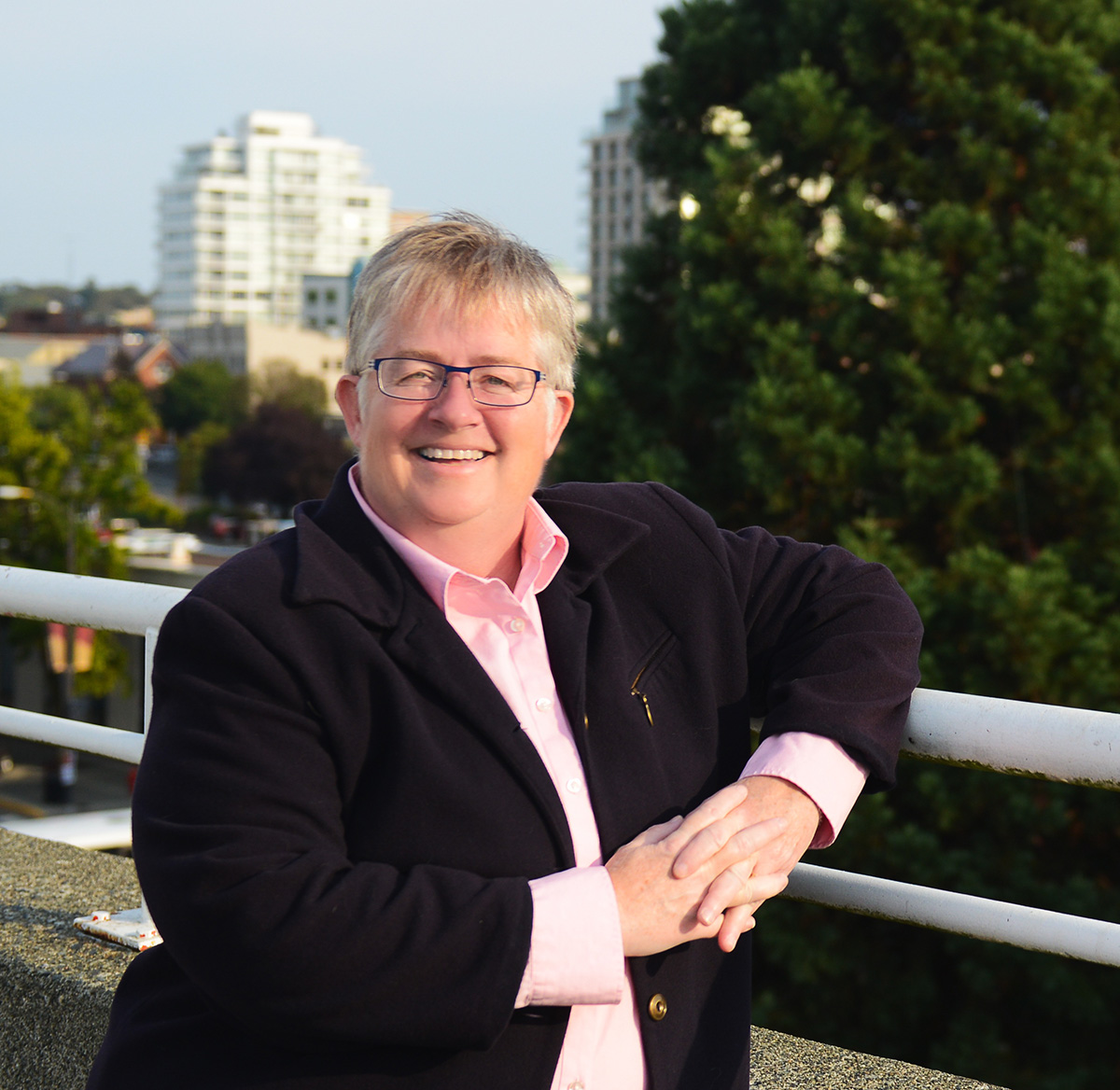
Mayor Marianne Alto
City of VictoriaVictoria Mayor Marianne Alto is a facilitator by trade with university degrees in law and science. A businesswoman active in community causes for decades, Marianne was first elected to Victoria City Council in 2010, and elected as Mayor in 2022. Mayor Alto is the co-chair of the BC Urban Mayors’ Caucus, and is a board member on the Victoria and Esquimalt Police Board, BC Transit, the Victoria Reginal Transit Commission, the CRD, and many CRD committees. An advocate for equity, inclusion, and fairness, Mayor Alto’s work this term has centered around community safety and wellbeing, reconciliation, sustainable cities, housing, governance, and relationship building.
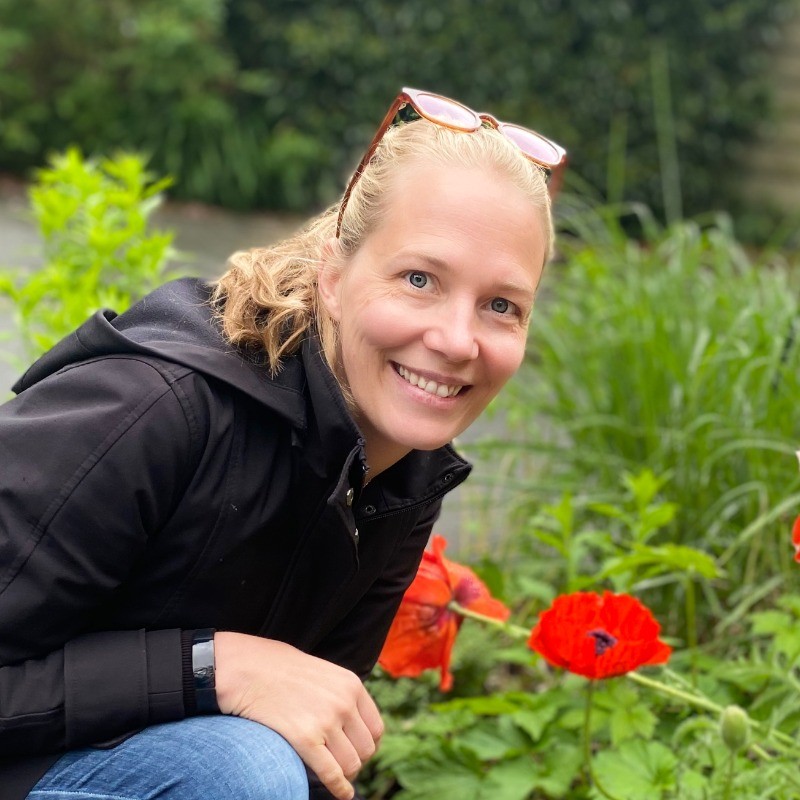
Amber Dyce
Foundations for Social ChangeAn innovative, creative, driven and passionate Vancouver-based social purpose executive with over 18 years experience leading strategic growth and development in several of Canada’s profit and non-profit organizations. An expert in helping organizations build stakeholder-led strategies with positioned priorities to deliver results.
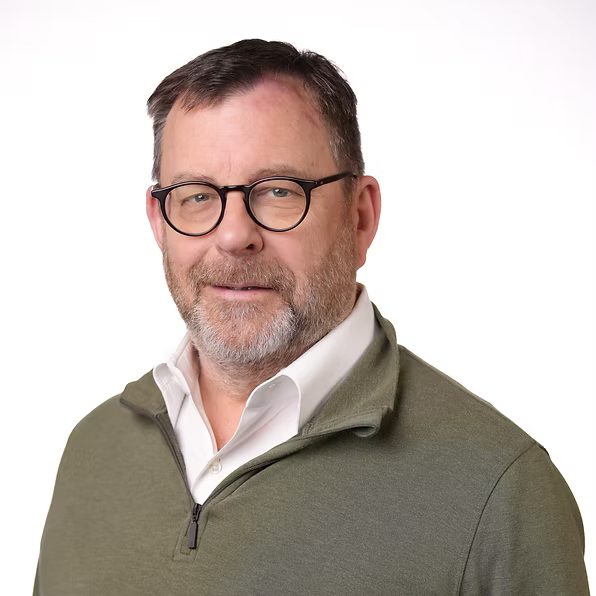
Derek Ballantyne
Boann Social ImpactDerek Ballantyne has over twenty years of experience in the housing, real estate management and development business, with a particular focus on affordable housing. He has extensive experience in complex public and private project environments, a comprehensive knowledge of investment management as well as real sets development and management.
Moderator:
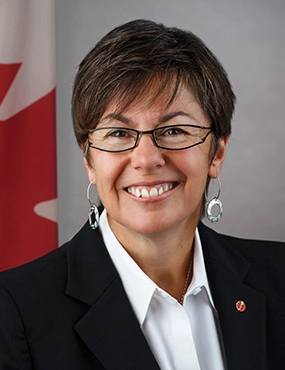
Kim Pate
Senator for OntarioKim Pate was appointed to the Senate of Canada on November 10, 2016. First and foremost, the mother of Michael and Madison, she is also a nationally renowned advocate who has spent the last 45+ years working in and around the legal and penal systems of Canada, with and on behalf of some of the most marginalized, victimized, criminalized and institutionalized — particularly imprisoned youth, men and women.
Senator Pate graduated from Dalhousie Law School in 1984 with honours in the Clinical Law Programme and has completed post graduate work in the area of forensic mental health. She was the Executive Director of the Canadian Association of Elizabeth Fry Societies (CAEFS) from January 1992 until her appointment to the Senate in November 2016. CAEFS is a federation of local societies who provide services and work in coalition with Aboriginal women, women with mental health issues and other disabling conditions, young women, visible minority and immigrant women, poor women and those isolated and otherwise deprived of potential sources of support. Prior to her work with CAEFS, she worked with youth and men in a number of capacities with the local John Howard Society in Calgary, as well as the national office. She has developed and taught Prison Law, Human Rights and Social Justice and Defending Battered Women on Trial courses at the Faculties of Law at the University of Ottawa, Dalhousie University and the University of Saskatchewan. She also occupied the Sallows Chair in Human Rights at the University of Saskatchewan College of Law in 2014 and 2015.
Kim Pate is widely credited as the driving force behind the Inquiry into Certain Events at the Prison for Women in Kingston, headed by Justice Louise Arbour. During the Inquiry, she supported women as they aired their experiences and was a critical resource and witness in the Inquiry itself. She also persuaded the Attorney General and Minister of Justice to initiate the Self-Defence Review and appoint the Honourable Madam Justice Lynn Ratushny to review the convictions and sentences of women jailed for using lethal force to defend themselves and/or their children against abusive men. She then worked tirelessly in pursuit of the implementation of the many positive recommendations from both. Senator Pate has been instrumental in building coalitions across the country with other equality-seeking women’s, anti-racism, anti-poverty and human rights groups and organizations; and, in this capacity, has worked with feminist legal scholars, lawyers, other professionals and front-line advocates and activists — from Indigenous communities to transition house and rape crisis centre workers.
Kim Pate is a member of the Order of Canada, a recipient of the Governor General’s Award in Commemoration of the Persons Case, the Canadian Bar Association’s Bertha Wilson Touchstone Award, and six honourary doctorates (Law Society of Upper Canada, University of Ottawa, Carleton University, St. Thomas University, Nipissing University and Wilfrid Laurier University) and numerous other awards. Her extensive list of publications, national and international speaking engagements and her strategic intervention and advocacy for substantive equality testify to her commitment to broader social, economic and cultural change. She continues to make significant contributions to public education around the issues of women’s inequality and discriminatory treatment within social, economic and criminal justice spheres.
Senator Pate strongly believes that the contributions of women who have experienced marginalization, discrimination and oppression should be recognized and respected and she seeks to credit and empower women. She maintains contact with women in prison through her numerous visits to Canada’s federal prisons and strongly encourages other advocates, scholars, service providers, judges and parliamentarians to ground their efforts in a similar way.
Senator Pate lives in Ottawa, Ontario.



As the world experiences significant geopolitical and economic shifts, Canada must ensure the stability and sustainability of its economy. This session will focus on the need to further advance sustainable finance policies in Canada as a solution to growing economic uncertainty and to build resilience against rising environmental and social risks. Advancing sustainable finance directly supports the achievement of several UN SDGs, including SDG 8 (Decent Work and Economic Growth), SDG 13 (Climate Action), SDG 9 (Industry, Innovation, and Infrastructure), and SDG 17 (Partnerships for the Goals), while also contributing to SDG 10 (Reduced Inequalities) by embedding social equity in financial decision-making.
Featuring:
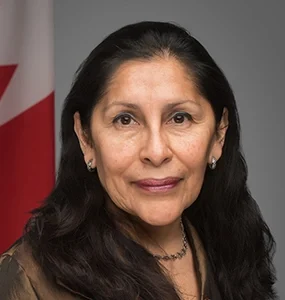
Rosa Galvez
Senator for QuébecRosa Galvez, originally from Peru, is one of Canada’s leading experts in pollution control and its effect on human health. She has a Ph.D. in Environmental Engineering from McGill University and was a professor at Université Laval à Québec for over 25 years, heading the Civil and Water Engineering Department from 2010 to 2016. She specializes in water and soil decontamination, waste management and residues, sustainable development, environmental impact assessments, and climate risk to infrastructure.
Throughout her career, she has been requested by private, governmental and community organisations to offer expert advice. She has advised a number of international organisations including on Canada-US and Quebec-Vermont agreements regarding the protection of the Great Lakes and the St. Lawrence River. She also conducted an important study on the catastrophic oil spill at Lac-Mégantic.
Senator Galvez is a member of the Ordre des ingénieurs du Québec and the Pan American Union of Engineering Societies. She is also a Fellow of Engineers Canada, the Canadian Society for Civil Engineering, and the Canadian Academy of Engineering. Her research has led her around the world to countries such as France, Italy, Belgium, Japan and China.
Senator Galvez was appointed to the Senate on December 6, 2016, representing Québec (Bedford). She is currently a member of the Standing Senate Committee on Energy, the Environment and Natural Resources, and a member of the Standing Senate Committee on National Finance. Since her appointment, she has also served on the Standing Senate Committee on Transport and Communications and the Special Committee on the Arctic.
She has published several policy papers including a discussion paper on Canada’s building codes and a white paper on a clean and just recovery from the COVID-19 pandemic. In March 2022, she published a white paper on Aligning Canadian Finance with Climate Commitments, which led to the introduction of Bill S-243, the Climate-Aligned Finance Act, legislation to help guide Canada’s financial sector in its transition to a net-zero economy.
Her parliamentary work on climate and the environment has earned her several awards, including the Clean50 Award 2021, the 2022 Ecological Society of America Regional Policy Award, and the 2023 Top 25 Women of Influence Award.
She lives in Quebec with her husband, Luke, and has three children, Virginie, Lydia and Francisco.
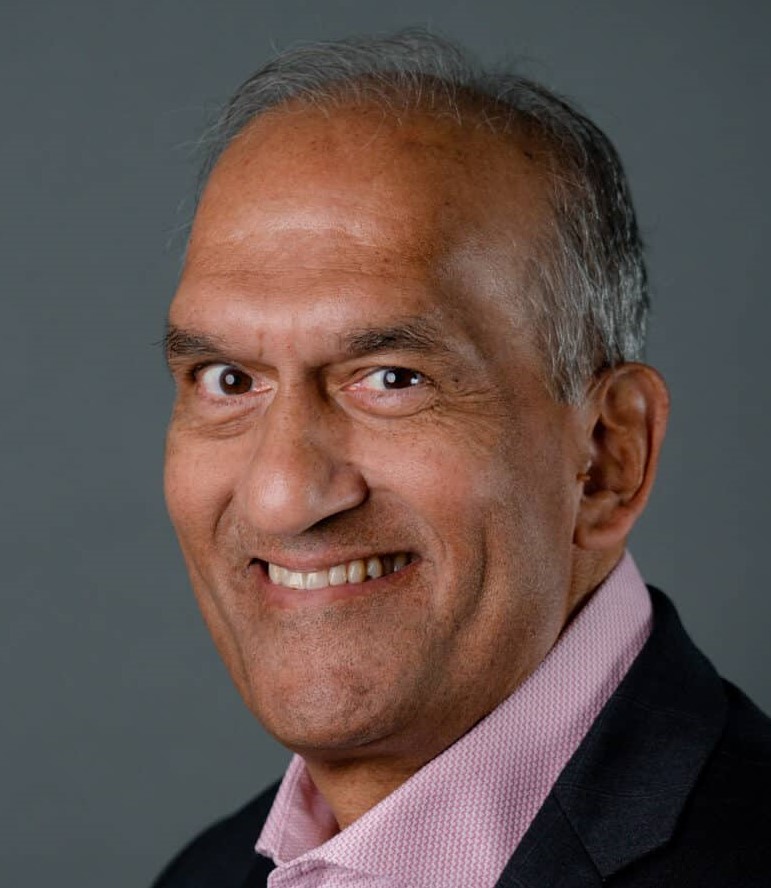
Christopher Henderson
Transformative Energy, Lumos Energy, Indigenous Clean EnergyWe have profound decisions to make. For realizing a just, decarbonized, and climate-affirming energy future – will be the defining societal challenge of our times.
Such is the ‘dare to defy’ change dynamic that is the focus for Chris Henderson – a Canadian eco-entrepreneur and environmental innovator. Among the country’s foremost energy transition commentators, Chris has held a spectrum of prominent leadership positions at the intersection of clean energy, Cleantech, climate change, Indigenous sovereignty, and sustainable prosperity for over four decades.
He offers transformative analysis to accelerate Canada and the World’s transition to a clean energy future. Fusing together his tested skills as a Change Strategist, with proven capacity to Design and Implement transformative energy policies, and financing innovation to kick-start large-scale, high-impact projects essential for a low emissions electrification economy. Chris is Curator of the global clean energy dialogue platform – Transformative Energy and is Authoring a trilogy of books presenting ground-breaking energy transformation ideas and insights to catalyze national and global dialogue – fostering just and impactful collaborations. That is the challenge of our times.
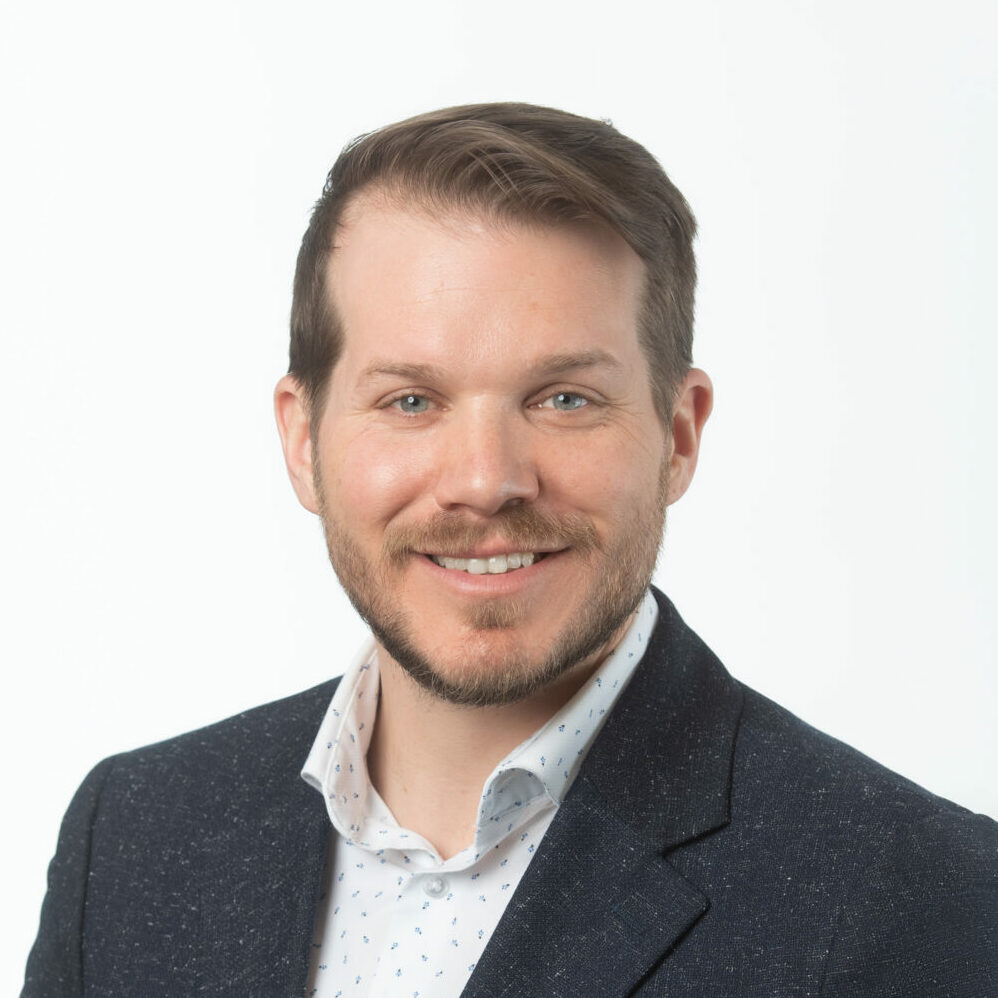
Garrett Jones
Corporate Sustainability and Finance Sector Lead, Delphi GroupGarrett serves as the Vice President of Corporate Sustainability and Finance Sector Lead at Delphi, where he plays a crucial role in supporting clients as they navigate the complex and ever-changing sustainability landscape. With a proven track record of leadership and involvement in numerous projects spanning various sectors and services, including strategy development, materiality assessment, and disclosure, Garrett brings a wealth of expertise to his current position.
Prior to leading the sustainability team at Delphi, he served as their Director of Sustainable Finance, spearheading multiple initiatives aimed at integrating sustainability into financial practices. Leveraging his 15 years of experience in various finance roles, Garrett’s dedication to driving positive change extends beyond his professional responsibilities, as he actively contributes to the board of Leading Change. Garrett holds a Charted Insurance Professional Designation and a Master of Management from UBC.
Moderator:

Basma Majerbi
Impact Investing Hub, Gustavson School of Business, University of VictoriaDr. Majerbi is an associate professor of finance at Gustavson School of Business, University of Victoria. Her research interests include international finance, ESG and impact investing, and climate-related financial risks and opportunities. Her teaching integrates sustainable finance topics into core finance courses in various programs including the MBA in Sustainable Innovation. She is a recipient of multiple awards including Research Excellence, Best MBA Professor, Innovation Award, Service Excellence, IAB Community Engagement Award and the BC Cleantech Educator Award.
Basma is founder and director of the Impact Investing, a research and education center whose mission is to accelerate investments in climate solutions and help companies and investors align with the sustainable development goals (SDGs), through education and capacity building, collaborative research, and stakeholder engagement. She is co-founder and co-chair of the International Workshop on Financial System Architecture and Stability (IWFSAS), an annual conference focused on sustainable finance and climate-related finance research topics.
Basma is also a technical advisor with the International Monetary Fund’s Institute for Capacity Development where she contributes to training of government officials in developing countries on topics related to financial development, financial inclusion, and other financial sector issues. She is a member of the ESG Advisory Council to the BC Minister of Jobs, Economic Development and Innovation which leads the BC ESG Centre of Excellence, a founding member of the Canadian Sustainable Finance Network (CSFN) and serves on its Steering Committee, and a member of the Research Advisory Council of the Institute for Sustainable Finance. Basma also serves on the boards of multiple organizations, including the board of directors of the South Island Prosperity Partnership, the Advisory Board of the Center for Ocean Applied Sustainable Technologies (COAST), the Impact Investment Committee of the Victoria Foundation and the Research Advisory Group of New Power Labs.
Basma holds a PhD in Finance from McGill University and a MSc in International Finance from HEC Montreal.




This panel explores the evolving role of CBC/Radio-Canada amid growing concerns about funding, relevance, and public trust. It will examine how Canada’s national public broadcaster compares internationally, how it addresses bias, and what is at risk if underfunding continues. As independent journalism remains crucial to democracy, the discussion will focus on the broadcaster’s mandate, government responsibility, and how to ensure all Canadians have access to reliable, diverse, and fact-based news in a changing media landscape.
Featuring:
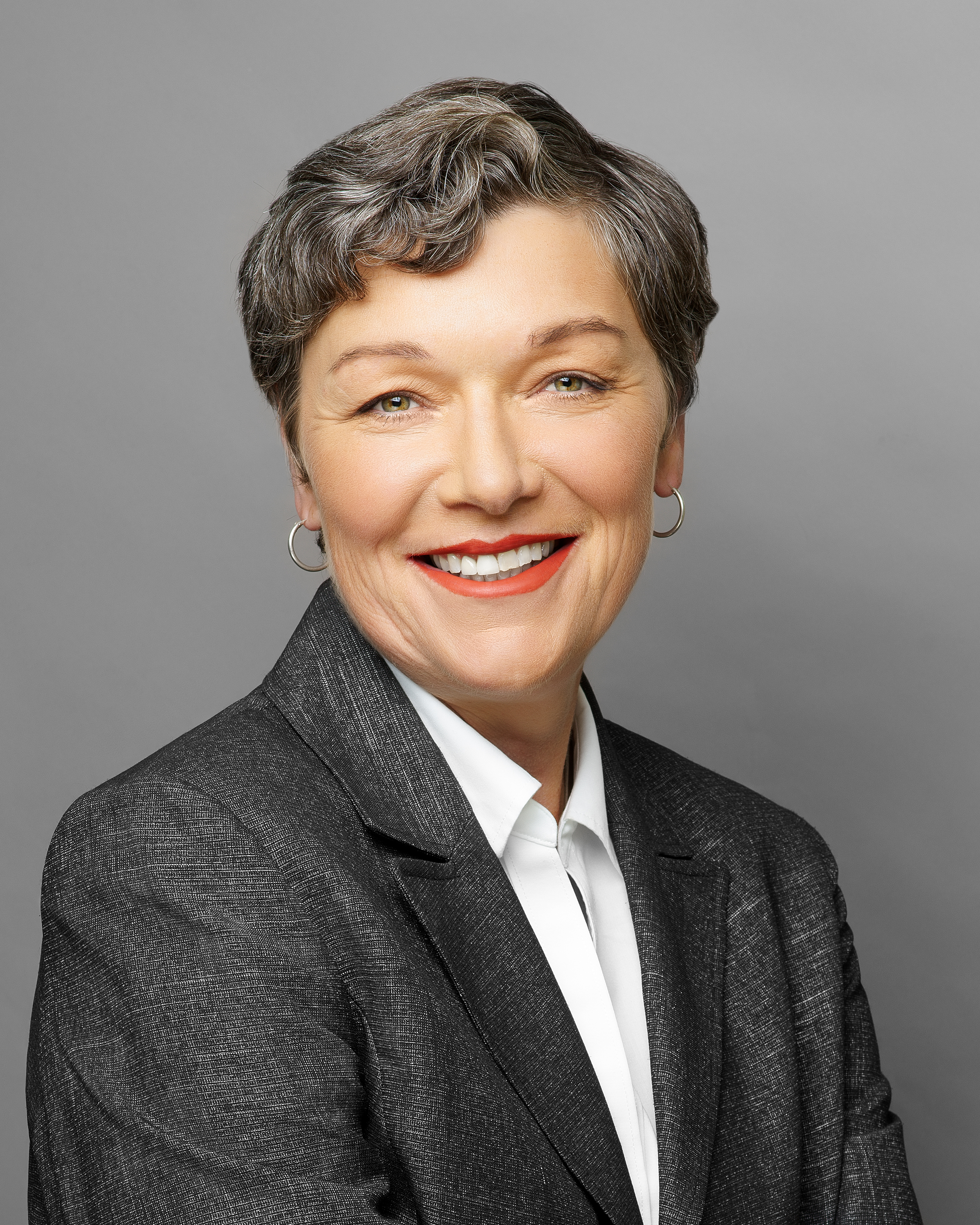
Liz Shorten
Candian Media Producers AssociationLiz Shorten has been working to build capacity in the film, television and digital media sectors for over 25 years. In her role as Chief Operating Officer (COO) at the CMPA, Liz leads staff and oversees organizational operations across the association’s offices in Ottawa, Toronto and Vancouver, and works to implement the CMPA’s corporate strategic plan. Liz previously held senior positions at the Ontario Film Development Corporation (Ontario Creates), British Columbia Film (Creative BC) and CBC Television.
Active in many organizations, Liz is currently Chair of the Board of Directors of REEL CANADA and Secretary/Treasurer of the Pacific Screenwriting Program. She was a founding board member of the Crazy8s Film Society and co-founder of Women in View. She has been named one of BC’s top 500 business leaders by Business in Vancouver, Woman of the Year by Women in Film and Television Vancouver, recipient of the Founder’s Award at the Whistler Film Festival and a King Charles III Coronation Medal in recognition of her leadership role in the film and television industry in BC and Canada.
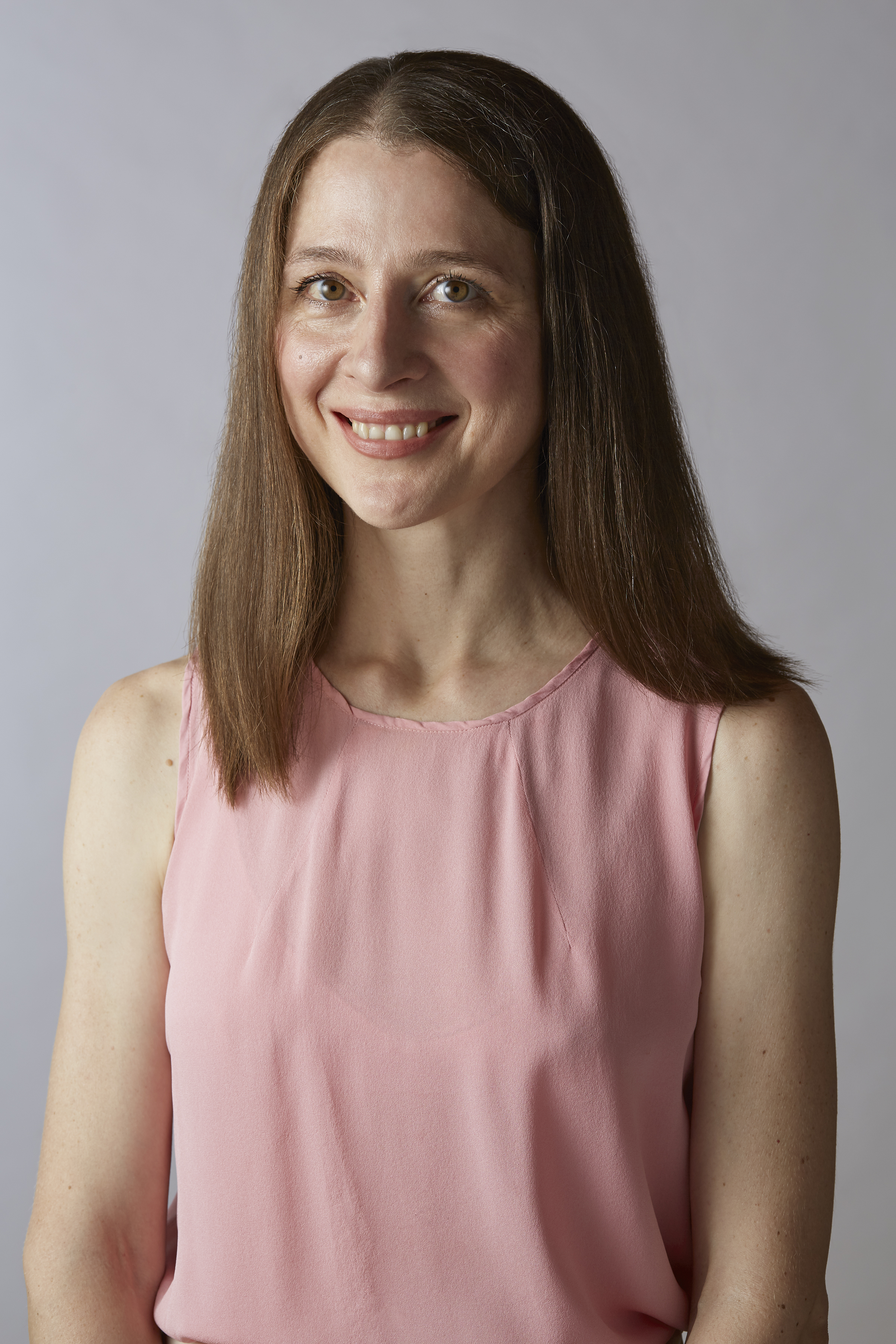
Jessica Johnson
McGill University’s Centre for Media, Technology, and DemocracyJessica Johnson is an award-winning Canadian journalist and a media scholar. From 2023 to 2025, she was a senior fellow at McGill University’s Centre for Media, Technology, and Democracy, where she led the national research project “What Should the CBC Be?”. From 2017 to 2023, she served as editor-in-chief of The Walrus, one of Canada’s few non-profit publications. Jessica teaches journalism and media studies as an adjunct professor at the University of Toronto. Her essays, columns and reviews appear in the Globe & Mail, the Toronto Star, the Guardian, and Maclean’s as well as in the forthcoming anthology “Elbows Up: Canadian Voices of Resilience and Resistance” (McClelland & Stewart, October 2025.)
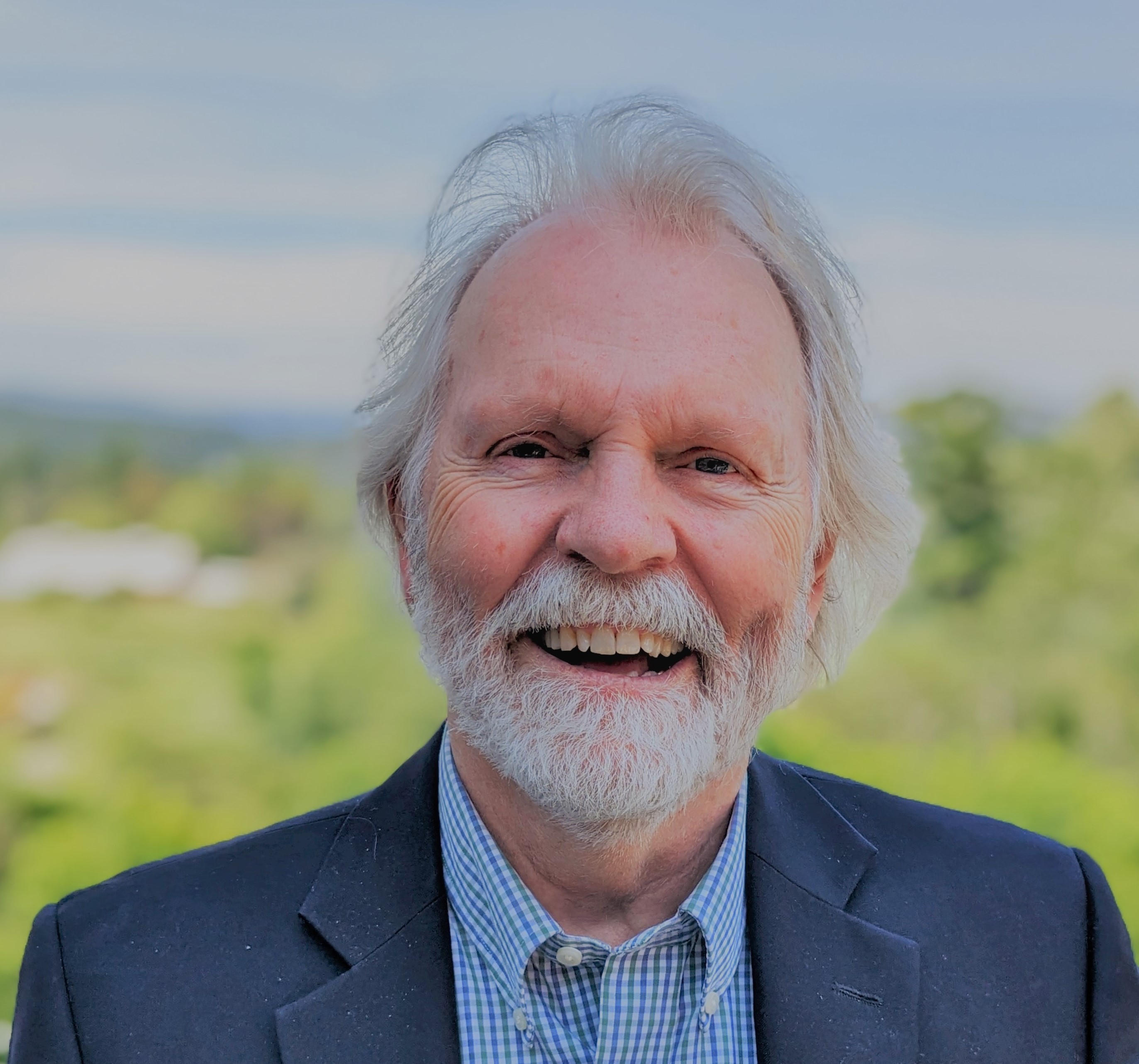
Michael Prince
University of VictoriaMichael J. Prince, CM, is a Canadian political scientist and Lansdowne Professor of Social Policy at the University of Victoria. A leading authority on social policy and disability issues, he has advised governments, led major research initiatives, and served in key roles including Chair of Community Living BC and Expert Monitor for the Nova Scotia Human Rights Commission. Recognized nationally and internationally for his advocacy, Prince was appointed to the Order of Canada in 2024 for his significant contributions to disability rights and inclusion.
Moderator:
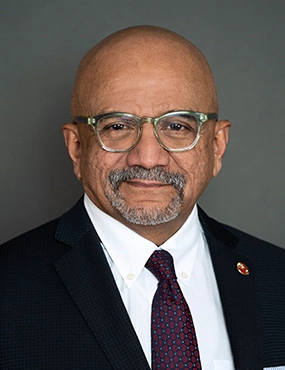
Andrew Cardozo
Senator for OntarioSenator Andrew Cardozo is a recognized expert on public policy, a columnist, and an artist. His policy areas of expertise span Canadian government and politics, broadcasting and cultural policy, skills development especially the future of work, multiculturalism and diversity.
He was appointed to the Senate on the advice of Prime Minister Justin Trudeau in November 2022, before which he was the President and co-founder of the Pearson Centre for Progressive Policy. Over the past decade he worked to elevate open public policy dialogue by bringing together thought leaders from all political backgrounds, from business, labour, NGOs and the broader public to address the major challenges facing Canadian society. Prior to that he has been Executive Director of the Alliance of Sector Councils working on skills development across some 30 economic sectors, and Executive Director of the Canadian Ethnocultural Council, where he worked on policies and legislation in employment equity, immigration, multiculturalism and the Canadian constitution.
Senator Cardozo has been a columnist for the Toronto Star and Broadcast Dialogue, and since 2014, a regular contributor to the Hill Times. He was also an Adjunct Professor and Lecturer at the School of Journalism and Communication at Carleton University.
He has served as a Commissioner of the Canadian Radio-television and Telecommunications Commission (CRTC) where he championed Canadian content, diversity in broadcasting, and played a key role in the licensing of the Aboriginal Peoples Television Network (APTN). Since then, he has volunteered as an adjudicator for the Canadian Broadcast Standards Council.
Senator Cardozo was a stay-at-home dad when his children were young. An immigrant from South Asia, with origins in Goa, India and Karachi, Pakistan, he has worked on the successful integration of diversity issues in the mainstream of Canadian public policy. He was a board member of the Catholic Centre for Immigrants (Ottawa), the YMCA-YWCA of the National Capital Region, Media Awareness Network, the Institute of Media Arts, Policy and Civil Society (Vancouver) and has been active with Big Brothers Big Sisters (Ottawa).
He has been the recipient of several awards: the 2023 DreamKeepers Citation for Outstanding Leadership award commemorating the historic role of Dr. Martin Luther King Jr., the125th Anniversary of the Confederation of Canada Medal, the Reelworld Film Festival Guardian Angel Award (Toronto), le Prix annuel du Centre de recherche-action sur les relations sociales, CRARR (Montreal), and Big Brother of the Year (Ottawa).
Senator Cardozo holds a Bachelor of Arts (Honours) in Political Science from York University and a Master of Arts in Public Administration from Carleton University. He has also studied art at the Ottawa School of Art and is an accomplished artist, generally of abstract landscapes and has been featured in several art shows in the Ottawa area, while his art hangs in many countries. He has two adult children who live and work in Ottawa.


6:00 p.m.
Closing comments (David Strong Building, C103)
Featuring:
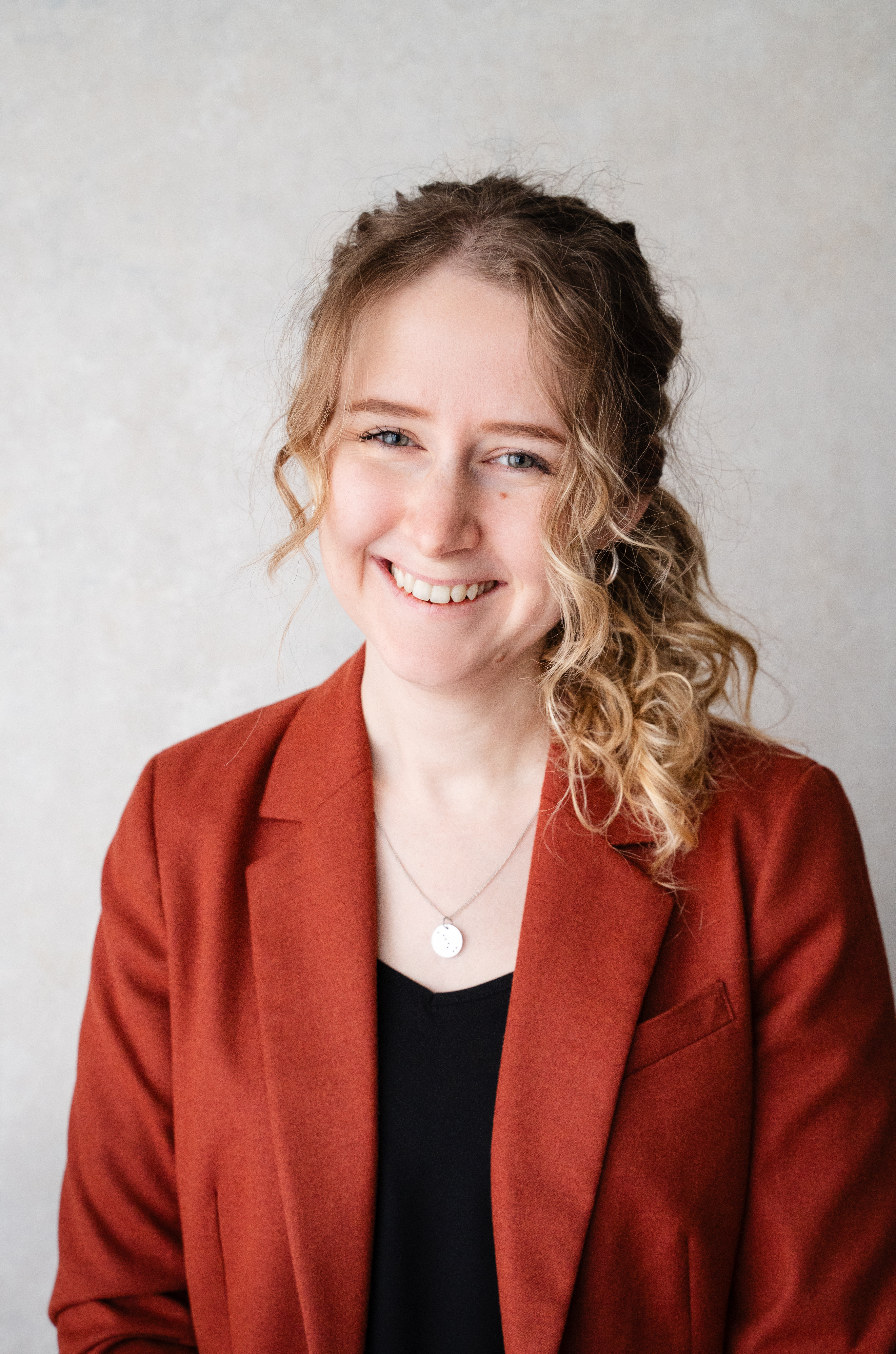
Rowan Gentleman-Sylvester
CityHiveRowan is the Executive Director of CityHive, a Metro Vancouver-based non-profit on a mission to transform the way that young people are engaged in shaping their cities. She is an experienced convenor, educator, and engagement practitioner, and has a deep passion for democracy in action.
Since joining the CityHive team in early 2020, she has led countless programs and projects that bring together youth and decision makers on important urban issues – from climate change to public space to affordability and everything in between. She has worked with dozens of clients, including Translink, BC Hydro, the Province of British Columbia and the City of Vancouver to support them to do a better job of engaging youth in decision-making and planning processes. She is the former co-chair of IAP2 Canada’s Young Professionals’ Community of Practice and her deep expertise in youth and democratic engagement have led her to sit on a number of regional and national advisories – shaping the future of youth engagement in this country.
As a settler raised on Coast Salish territories, Rowan strives to bring a critical lens to the roles of power, privilege and place in shaping our communities. With a profound interest in experiential education, civic engagement, and place-based climate action, Rowan finds inspiration in witnessing the innovative ways young people contribute to their communities and tackle complex challenges head-on.

Rt. Hon. Joe Clark
Former Prime Minister of CanadaJoe Clark (born June 5, 1939, High River, Alberta, Canada) is a Canadian politician who served as prime minister of Canada from June 1979 to March 1980, the youngest person ever to win the post.
Clark obtained a B.A. in history (1960) and an M.A. in political science (1973) from the University of Alberta and taught political science there from 1965 to 1967. He had been active in politics since 1957 in support of the Progressive Conservative Party; from 1962 to 1965 he was national president of the Progressive Conservative Student Federation. In 1967 he directed the campaign organization that brought Peter Lougheed to power as premier of Alberta, and from 1967 to 1970 he served as executive assistant to Robert Stanfield, then the Conservative leader in the House of Commons. Clark himself was first elected to Parliament in 1972, and he was elected leader of his party in 1976.
In 1979 the Progressive Conservatives won a plurality of seats in Parliament, and Clark became head of a minority government. Only six months after he took office, however, his government fell on a budget question; in the subsequent general elections in February-March 1980, his party was defeated by the Liberals headed by Pierre Elliott Trudeau. Clark served as the leader of the Progressive Conservative Party until 1983. That year he held a formal leadership-selection meeting and was defeated by Brian Mulroney. Clark served in Mulroney’s government as secretary of state for external affairs (1984–91) and president of the Queen’s Privy Council (1991–93).
He also served briefly (1993) as United Nations special representative to Cyprus. In 1998 Clark was again elected leader of the Progressive Conservatives, and in 2000 he won a seat in the House of Commons. He stepped down as party leader in 2003, and the following year he resigned from the legislature. In 2006 Clark became a professor at the Centre for Developing-Area Studies at McGill University. He later wrote How We Lead: Canada in a Century of Change (2013).

Satsan (Herb George)
Centre for First Nations GovernanceSatsan (Herb George) is one of the Hereditary Chiefs of the Frog Clan of the Wet’suwet’en Nation. With over 40 years of experience in the movement towards recognition and respect for Indigenous Peoples’ Aboriginal Title and Treaty rights, he is internationally recognized for his work in the courts, classrooms, and communities.
Satsan is a gifted speaker, known for translating complex ideas—such as case law and constitutional principles—in ways that resonate with First Nations and the broader public. His ability to articulate and interpret Section 35 of the Constitution as a framework for reconciliation has not only helped Nations assert their rights but continues to inspire hope across generations.
Early in his career, Satsan served as Speaker and legal strategist for the Wet’suwet’en Nation throughout the Delgamuukw-Gisdayway case, which, for the first time, ruled that Aboriginal Title and rights exist in the common law and are recognized and protected under Section 35 of the Constitution Act, 1982. Following the decision, Satsan went on to serve two terms as BC Regional Chief to the Assembly of First Nations and one term on the BC First Nations Summit Executive.
In 2005, Satsan founded the National Centre for First Nations Governance (now the Centre for First Nations Governance), where he has spent the last two decades as President, supporting First Nations as they reclaim and implement their governance systems, revitalize their laws, and transition out from under the Indian Act. In this role, he also founded and co-directs the Rebuilding First Nations Governance project, a national research partnership that supports First Nations governments transitioning away from Indian Act administration through strategic guidance and applied research.
Satsan holds an honorary Doctorate of Laws from the University of Victoria and was recently awarded the Ecotrust Indigenous Leadership Award for his lifetime of work advancing and transforming Indigenous self-governance globally.
Moderator:

Adel Guitouni
Director of ProgramsAdel Guitouni is an award-winning associate professor of management sciences, operations research and decision support systems at the Gustavson School of Business. His PhD and master-level students benefit from his multi-disciplinary approach to teaching and professional activities, which includes his work with the Canadian government where he directed large scientific teams involved with major events and strategic initiatives such as the Vancouver 2010 Olympics and G8/G20 summits, and a variety of projects with the Canadian Forces.
Since 2011, Adel has actively engaged in several educational activities that support the democratic transition and socio-economic development in the MENA region (i.e., Tunisia and Libya) from providing coaching sessions to senior government officials to obtaining grant funding to develop the country’s leadership capacity. In 2014 in partnership with Tunisian higher education institutions, he established a not-for-profit non-governmental organization dedicated to fostering entrepreneurship development and innovation.
Adel has published numerous refereed papers and book chapters, and is the recipient of several multi-million dollar research grants. On the research side, he has made several contributions to multiple criteria decision aid (MCDA), supply chain management, information systems, resource management and cloud computing. His research interests include the automation of planning and scheduling, net-enabled dynamic resource management and supply chain management, classification and machine learning, multiple criteria decision analysis, multi-objective optimization, collaborative decision making and decision support systems.
Through his research Adel’s goal is to help improve the decision-making process at the individual and corporate level. Through his entrepreneurship and leadership project work, he hopes to empower youth and leaders by giving them the tools to change their world.

















7:15 p.m.
Buses depart (Farquhar Auditorium)
